Aristoteles. De Republica, qui Politicorum dicuntur, Libri octo. Transl., edit. Ioachim Perionius. Lugduni, Apud Antonium Vincentium, 1556
-
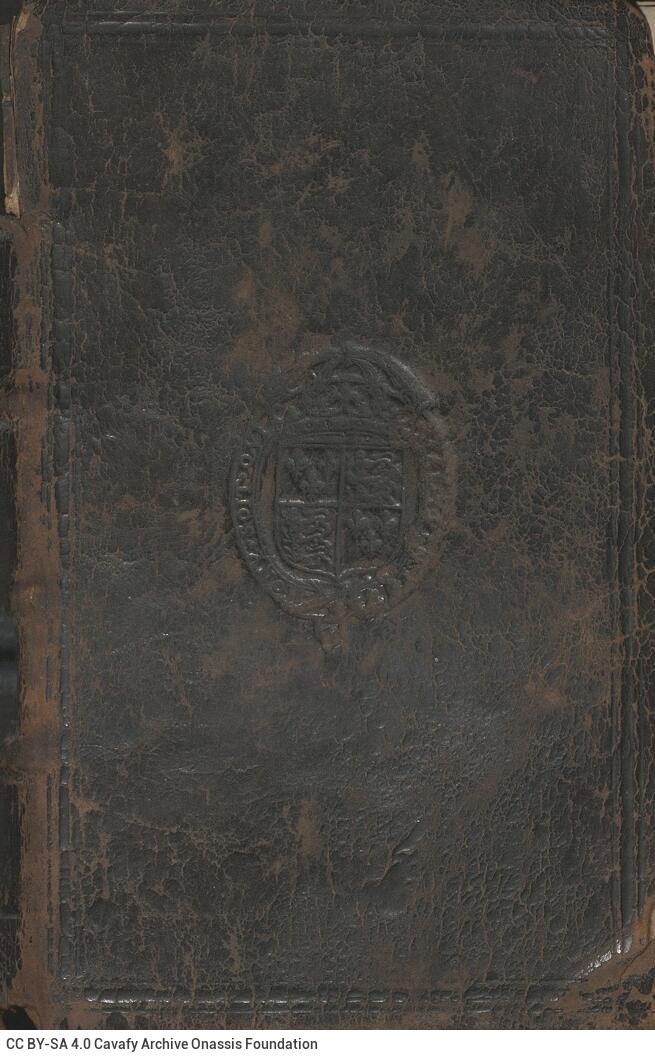
-
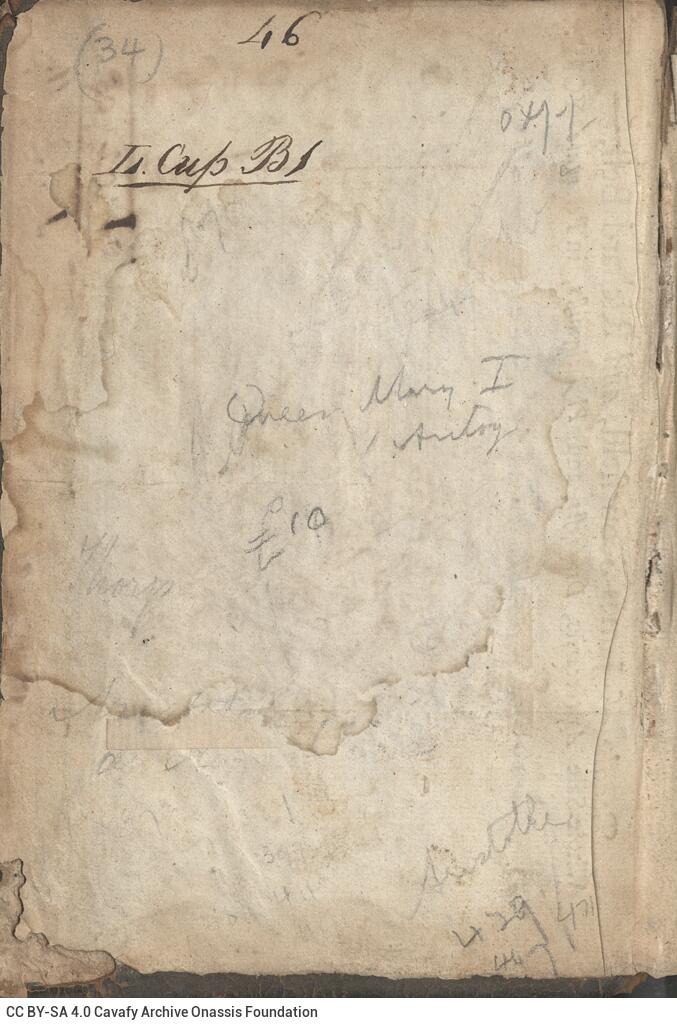
1. Queen Mary I
2. Auloy -

-
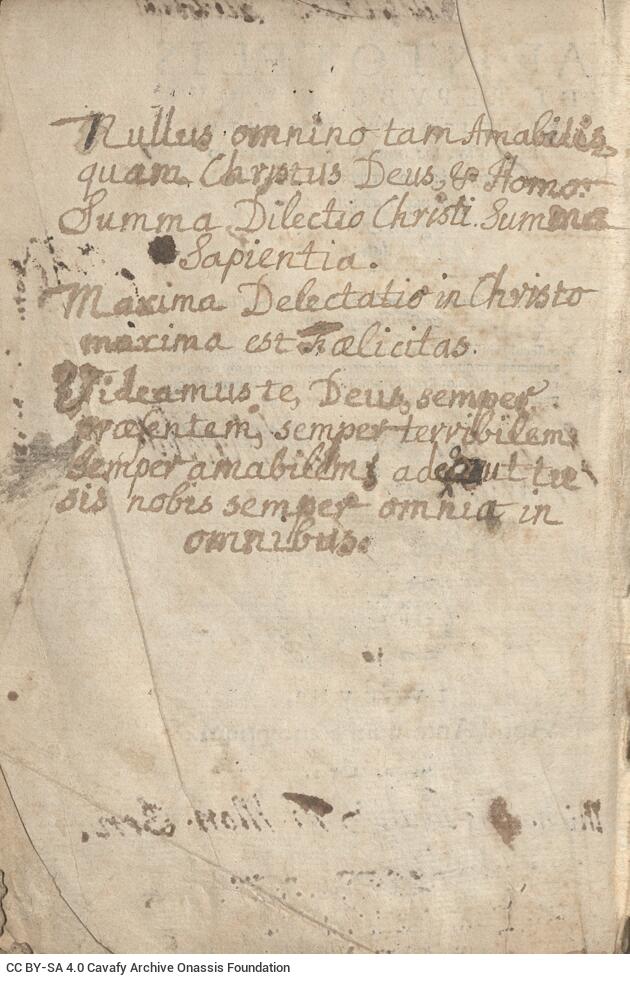
-

-
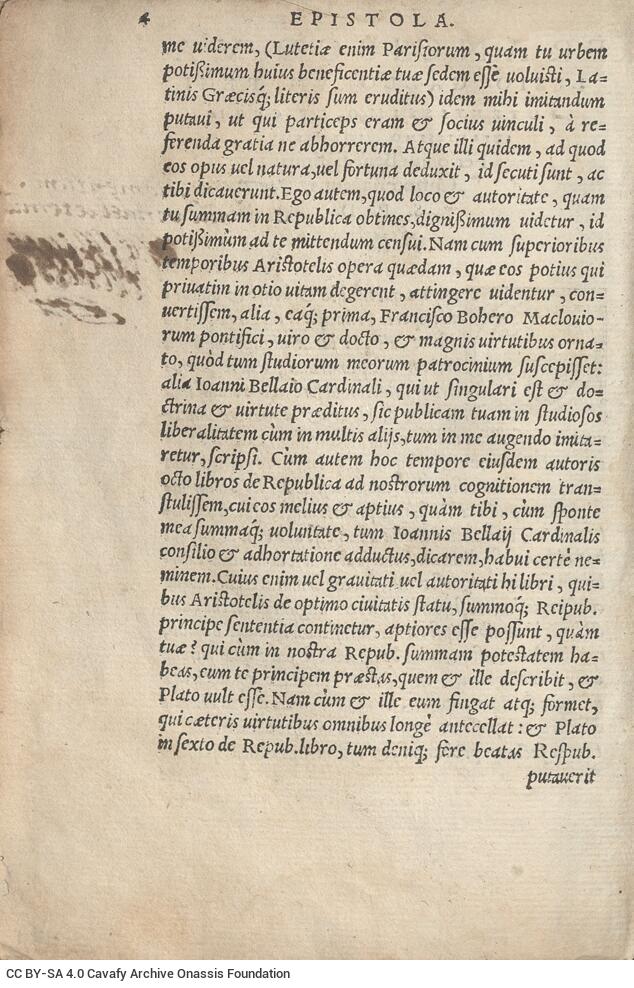
-

-
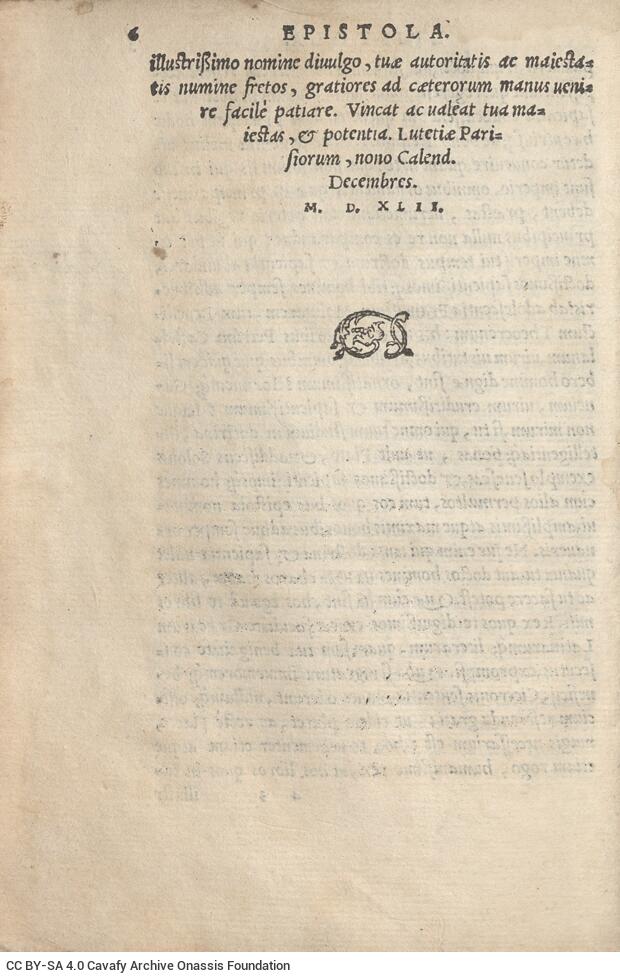
-
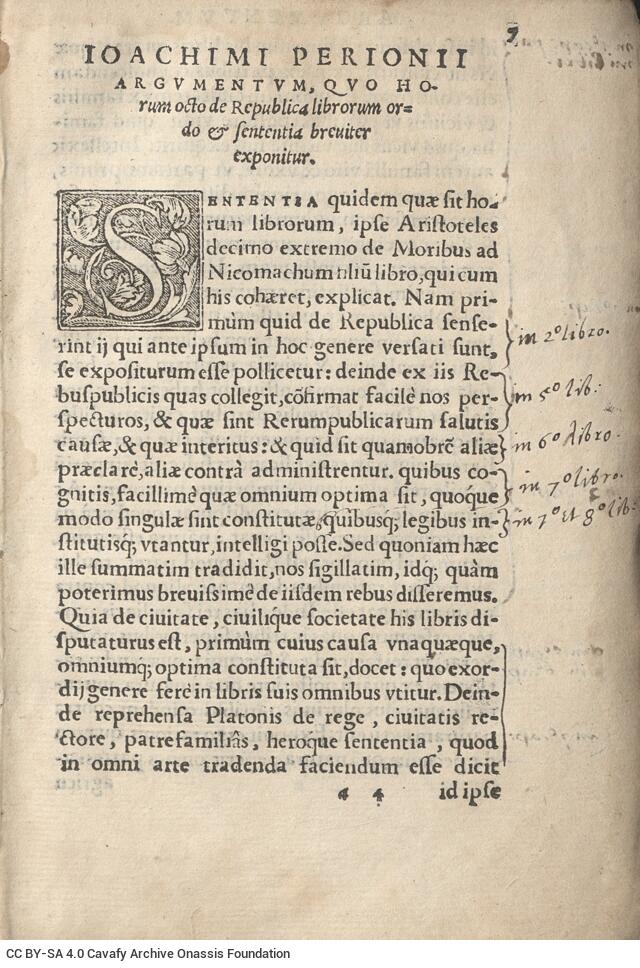
-
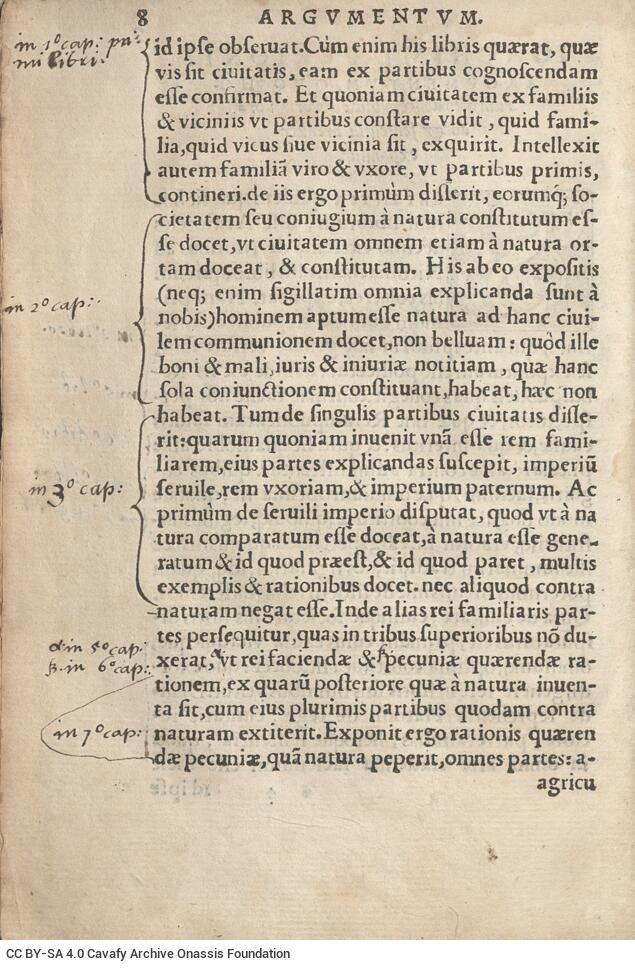
-
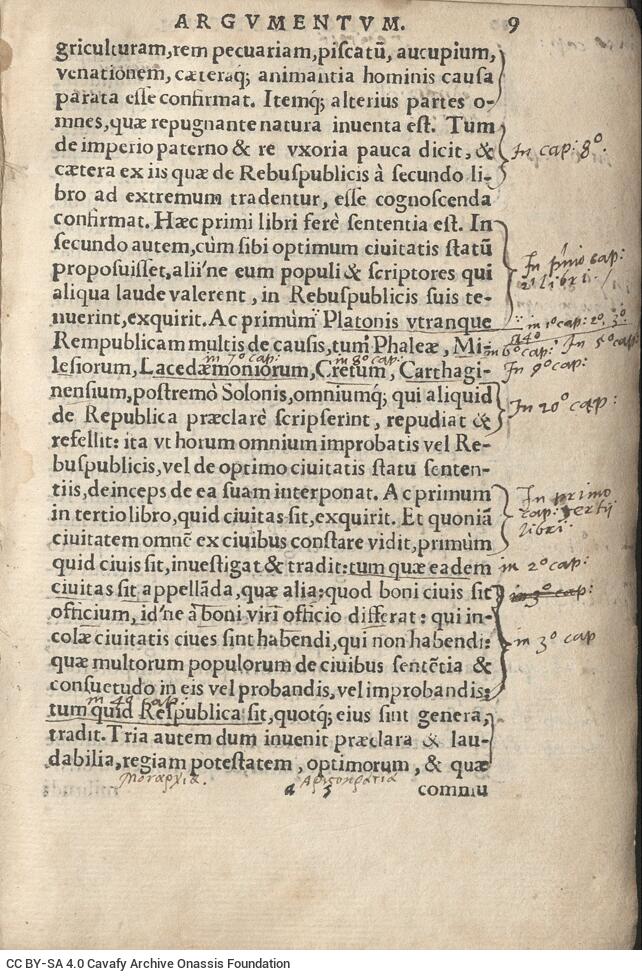
-

-

-
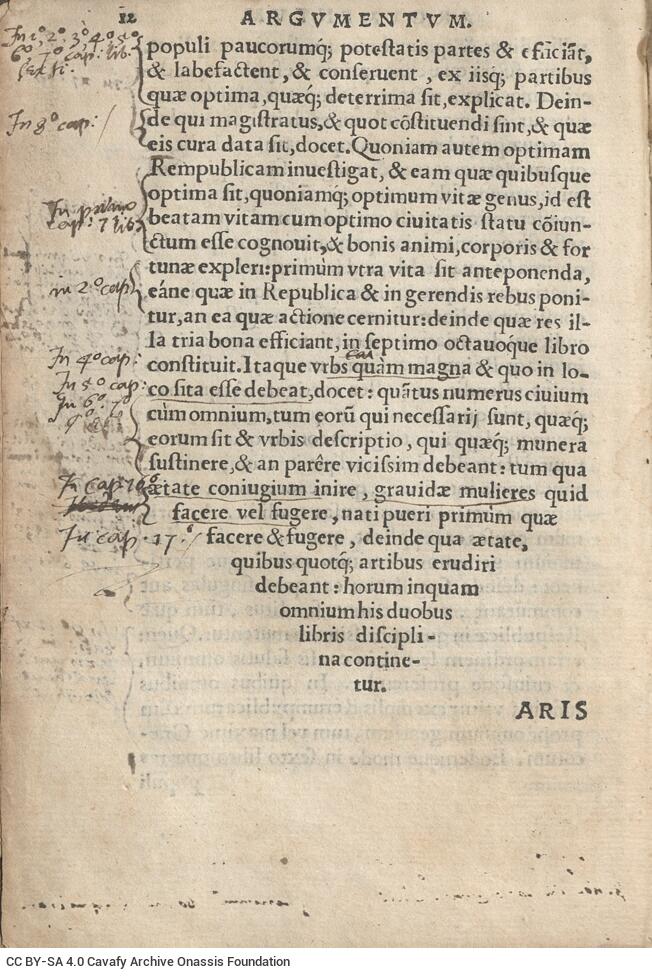
-
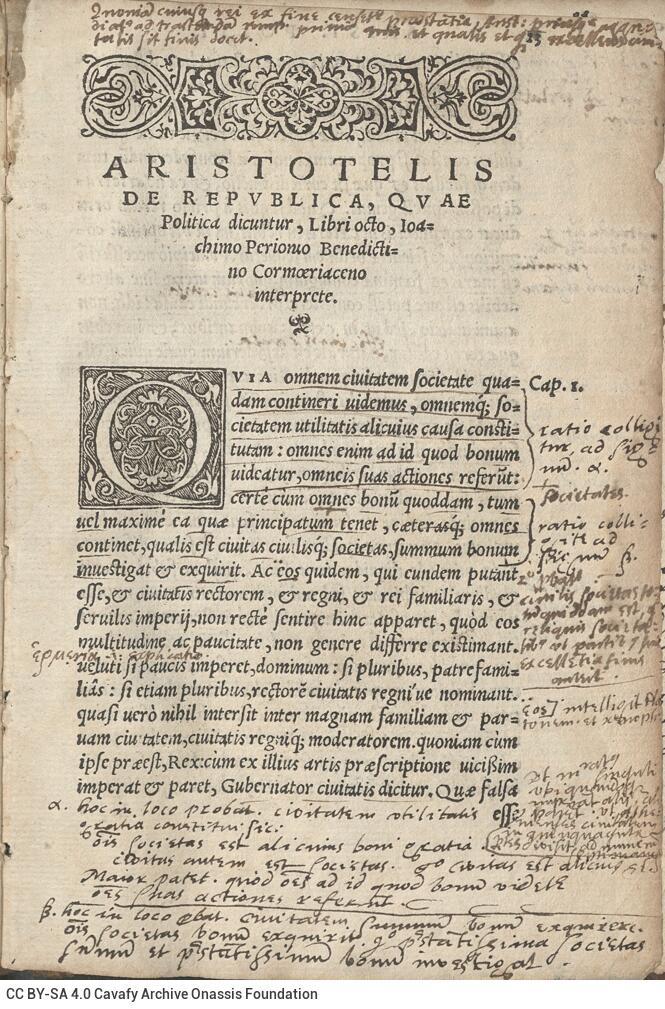
-
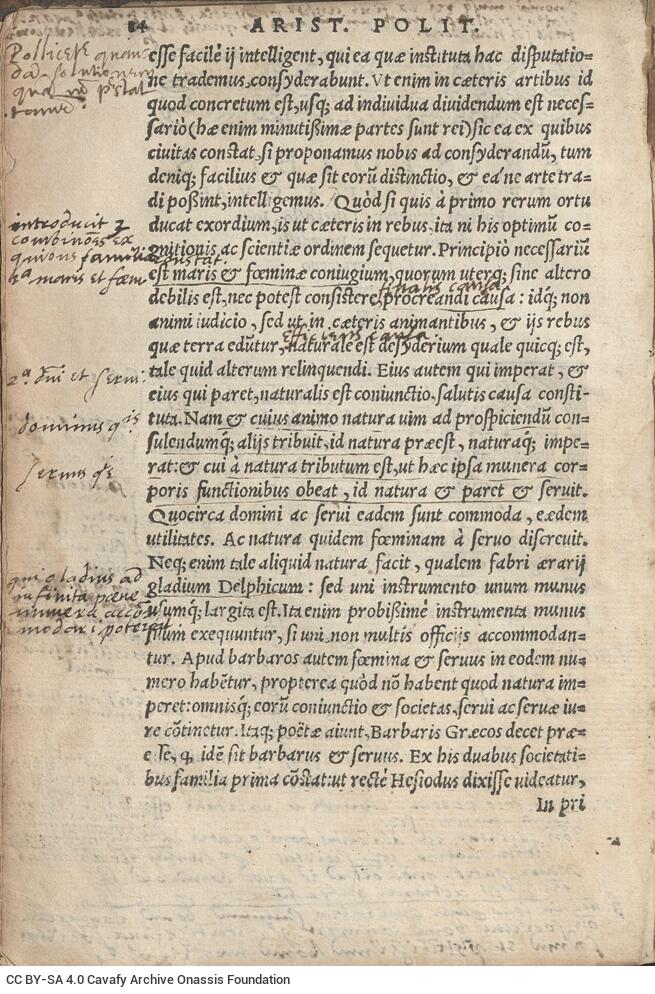
-
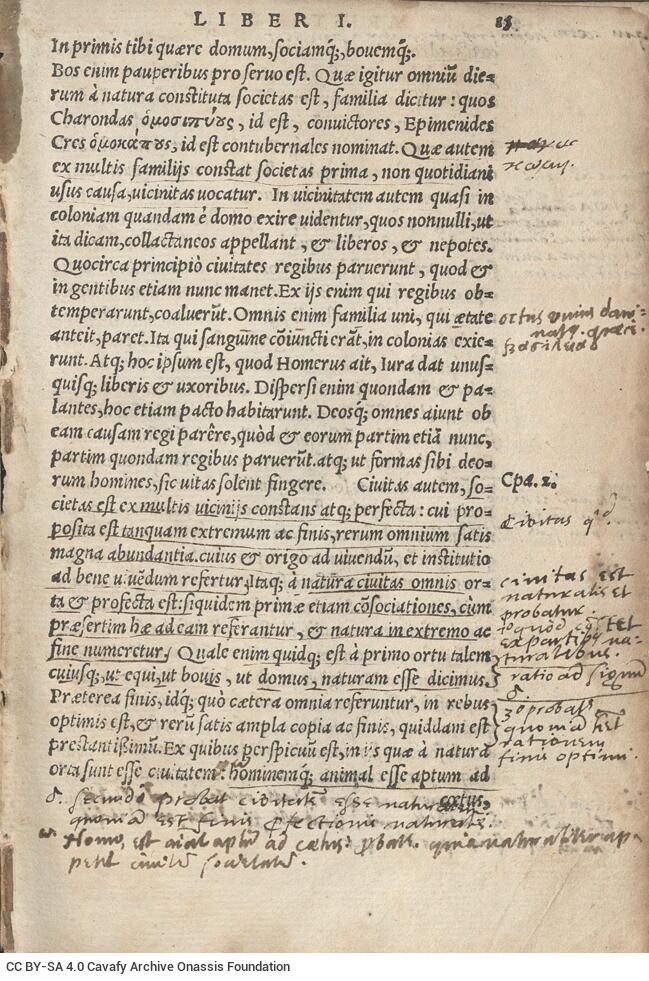
-
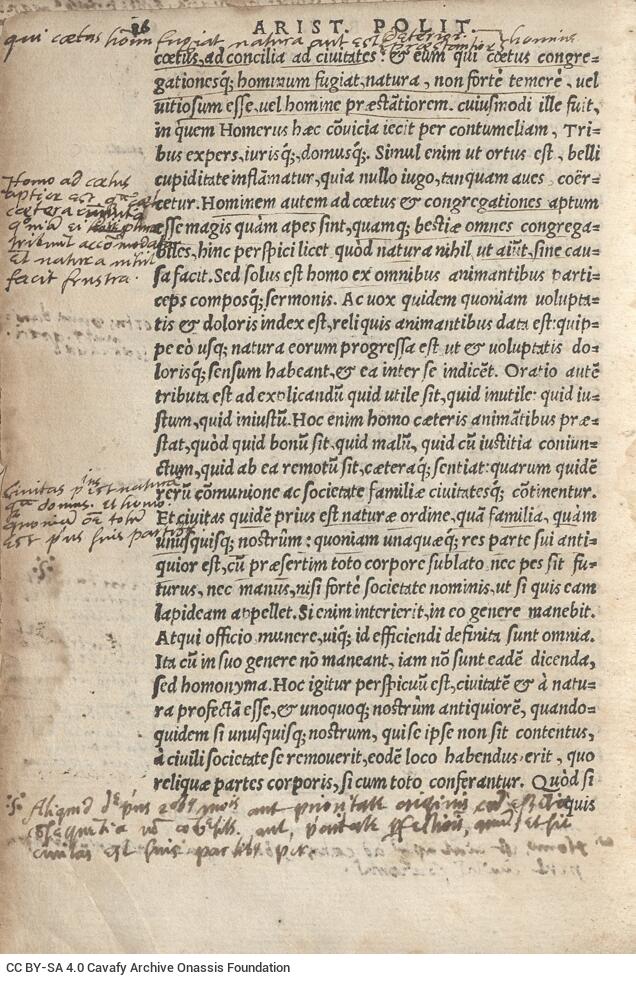
-
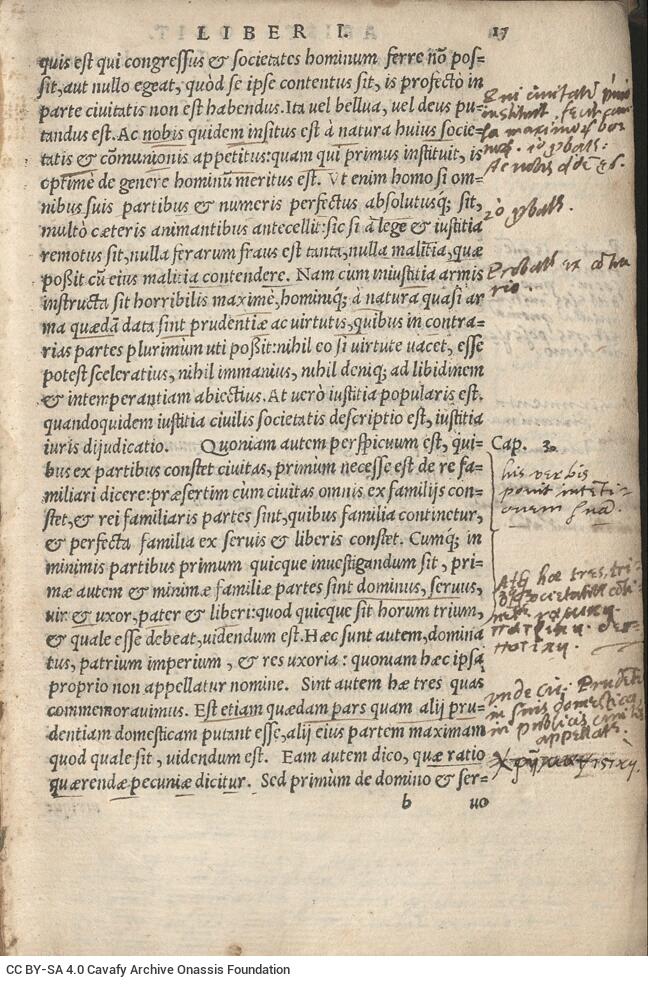
-
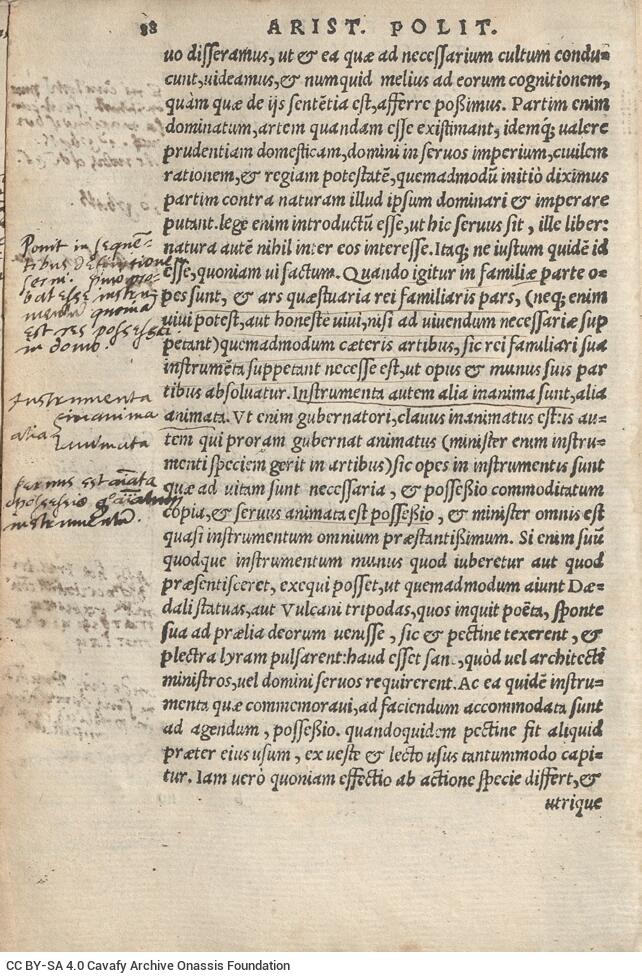
-

-

-

-
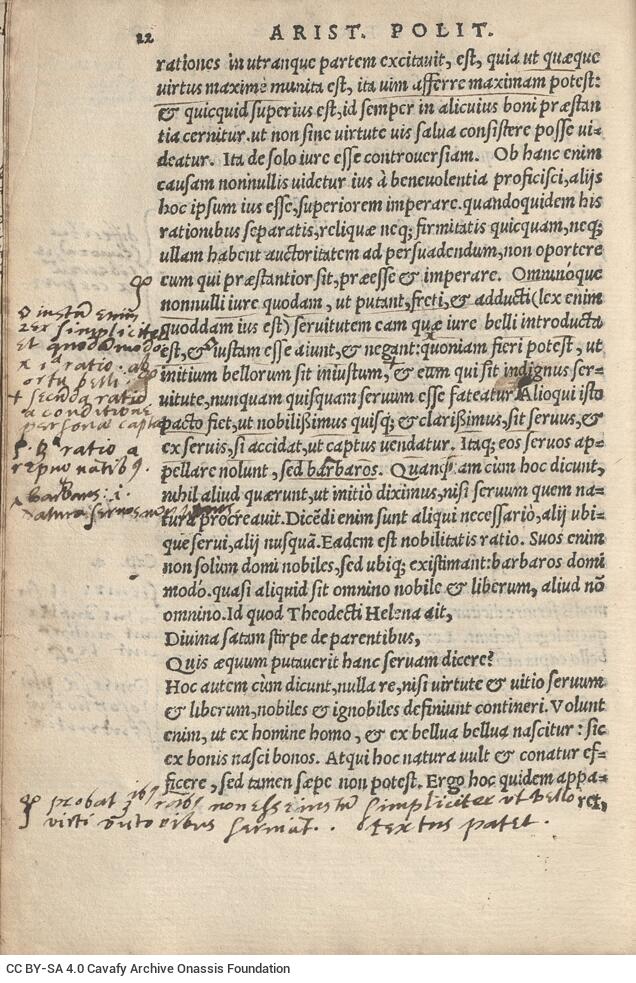
-

-

-
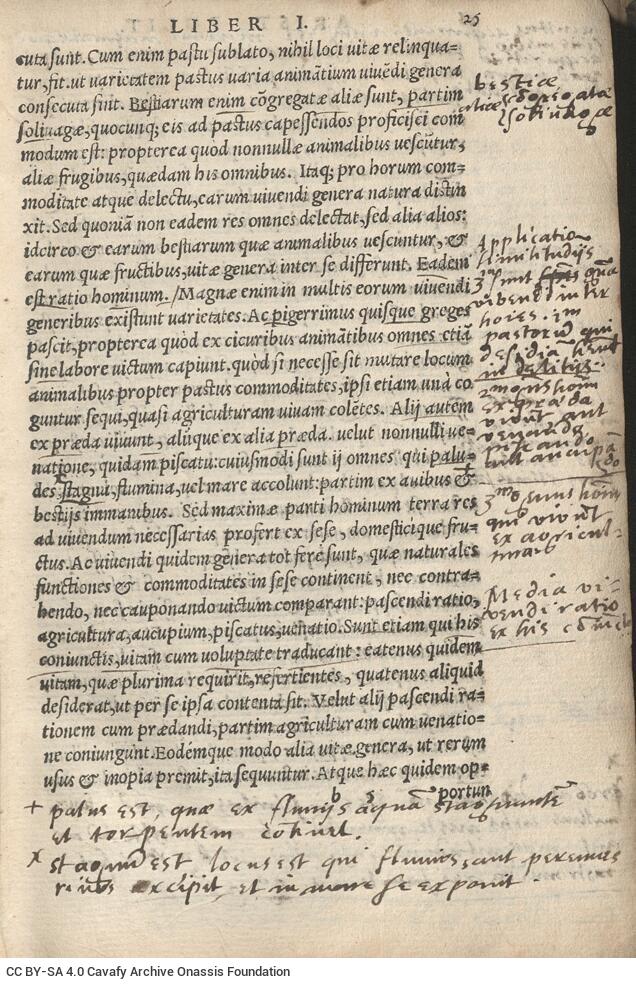
-
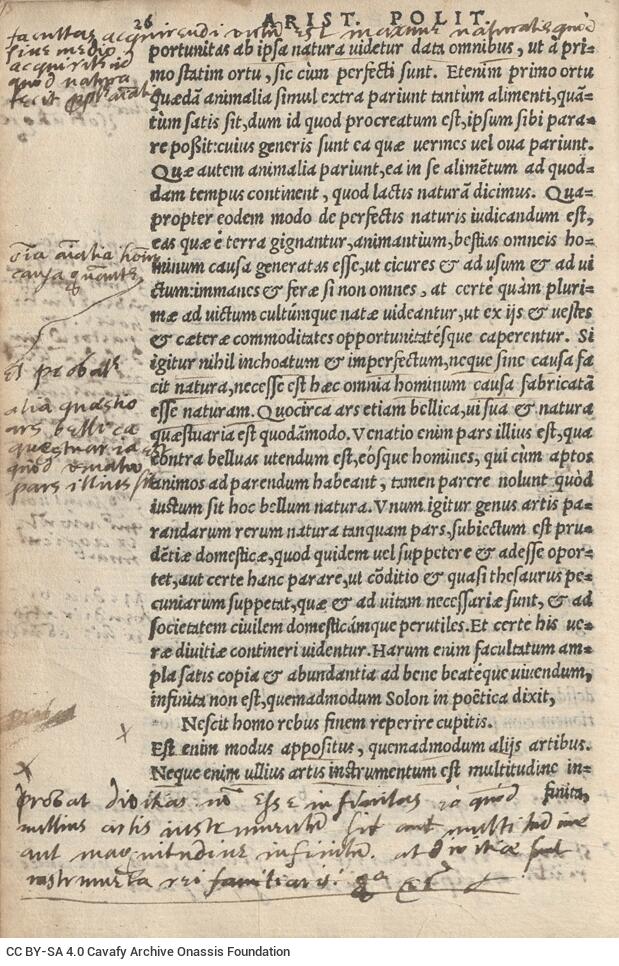
-
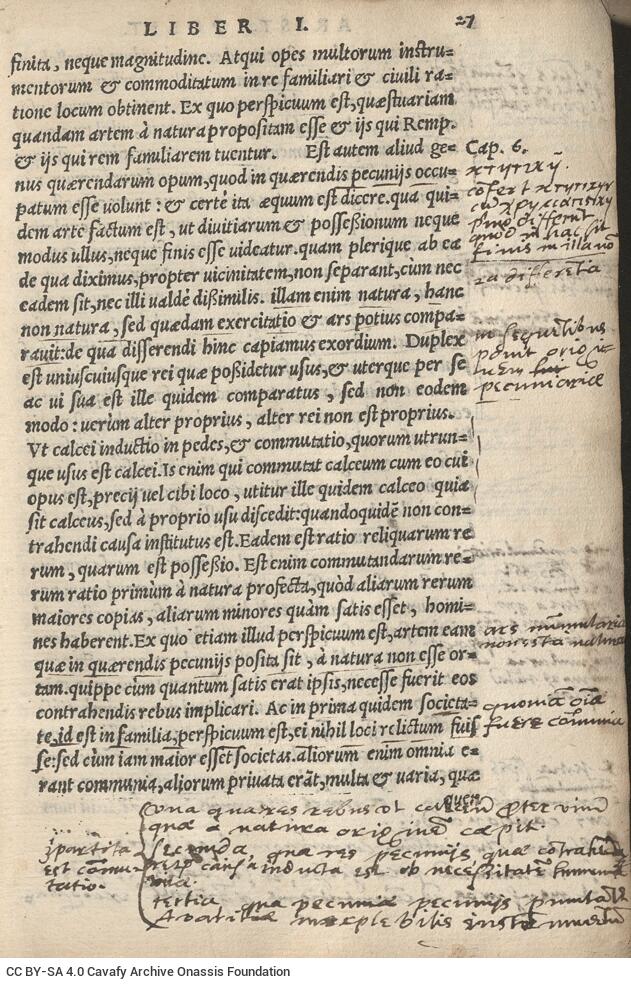
-

-

-
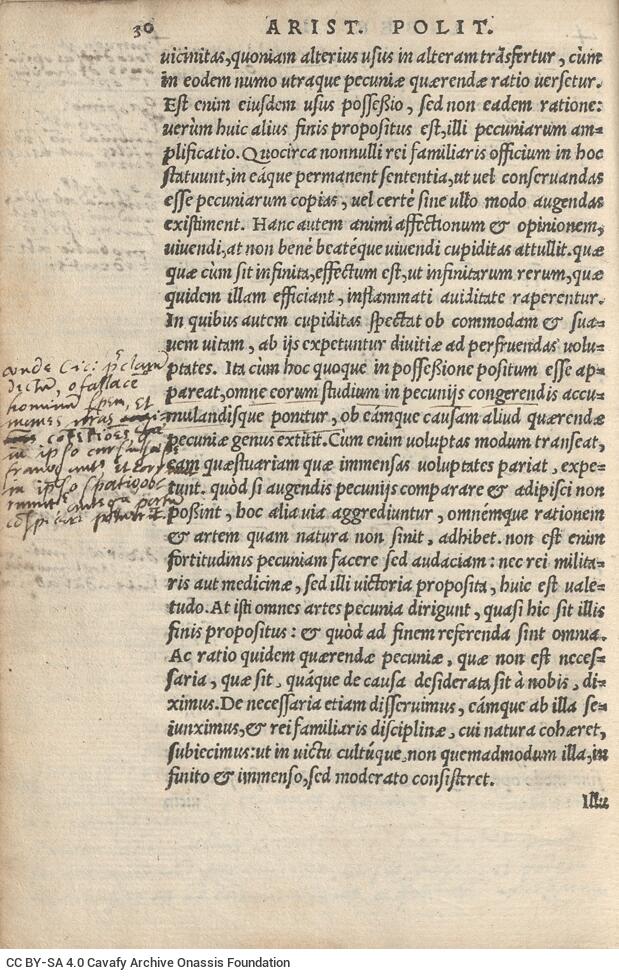
-
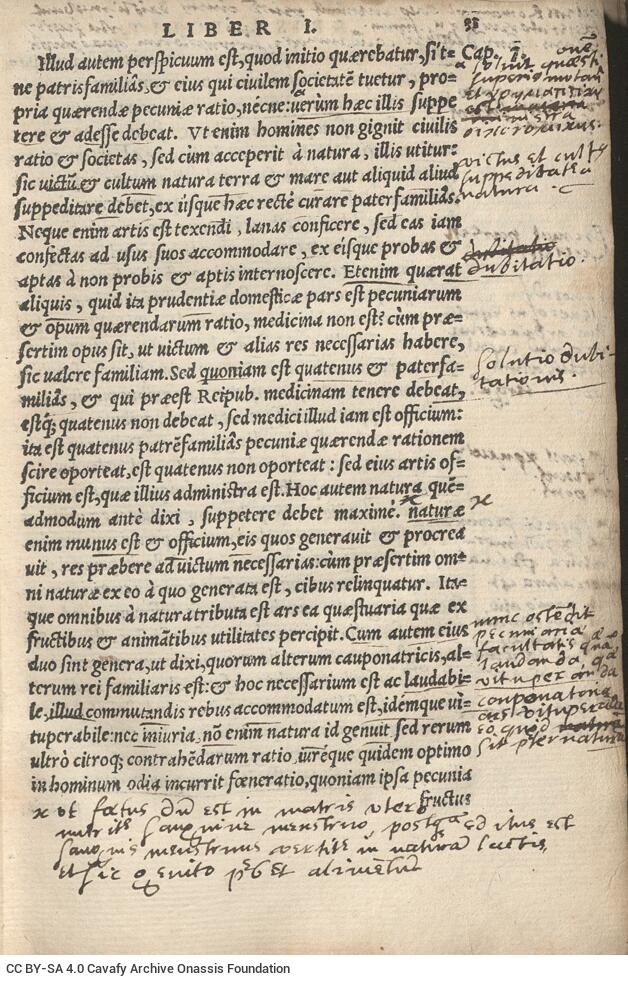
-
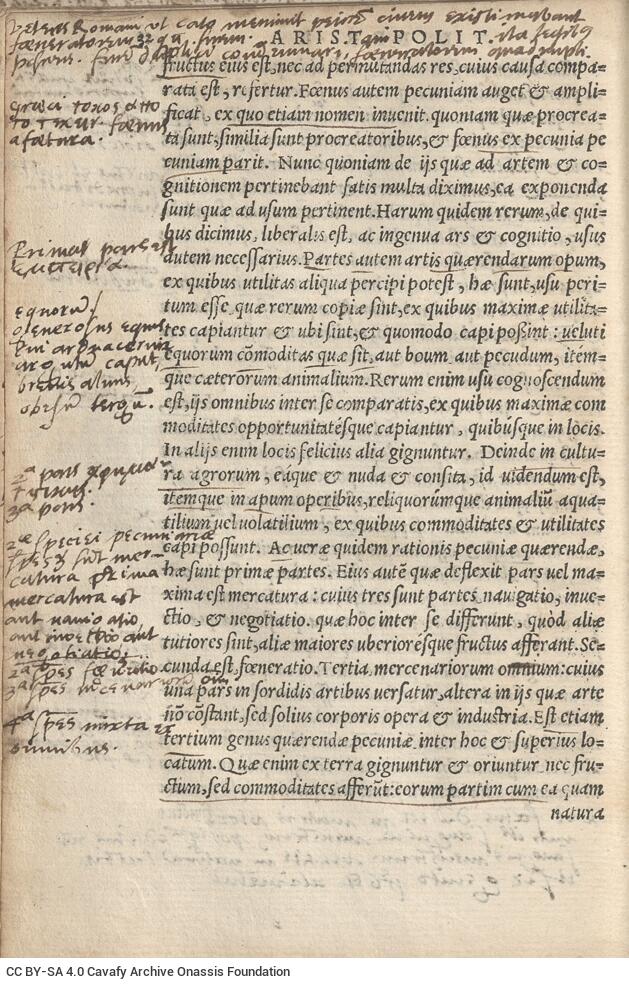
-
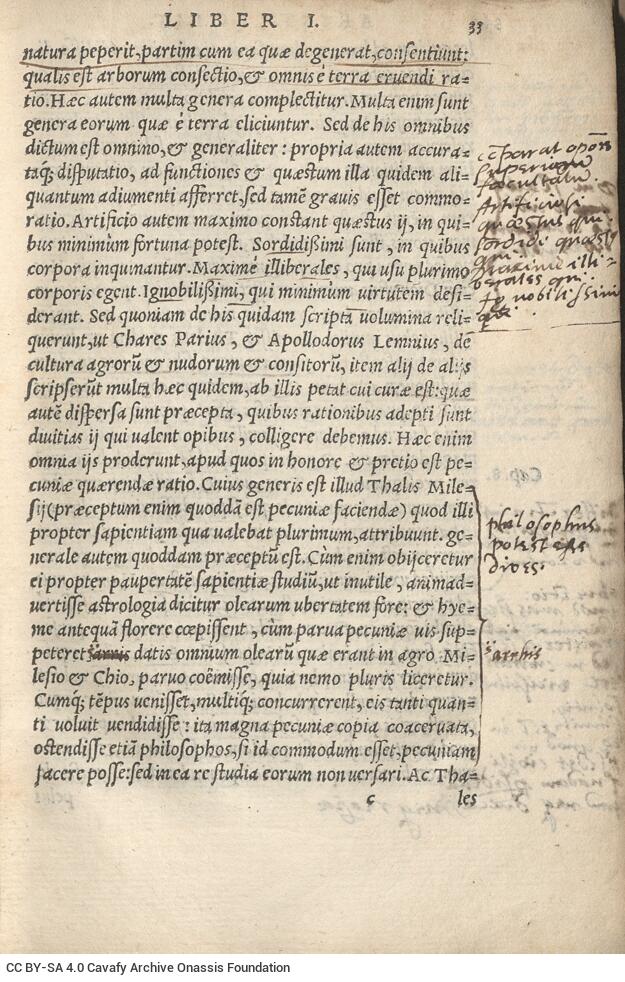
-
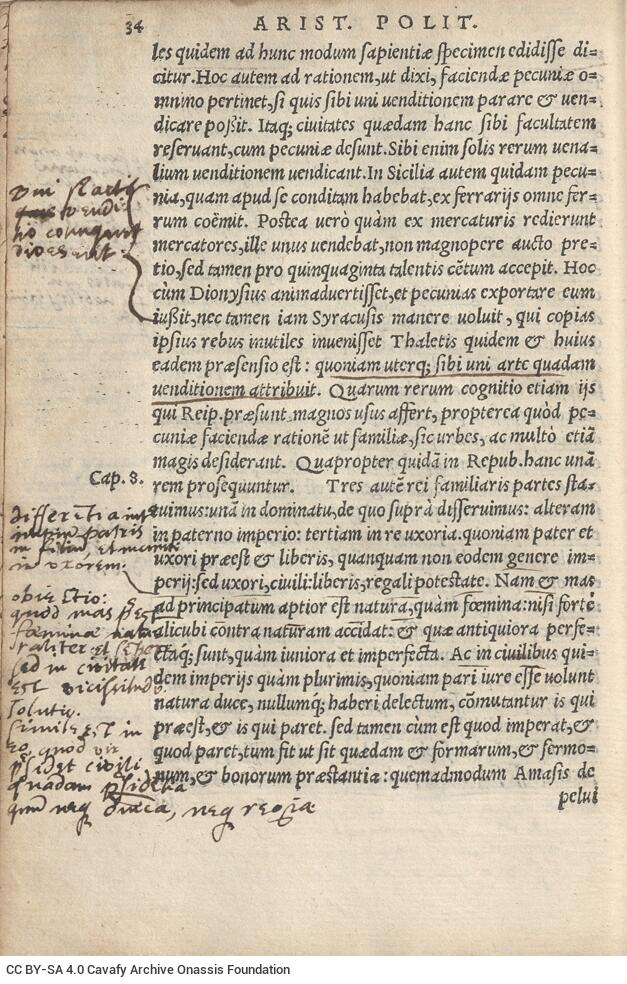
-

-
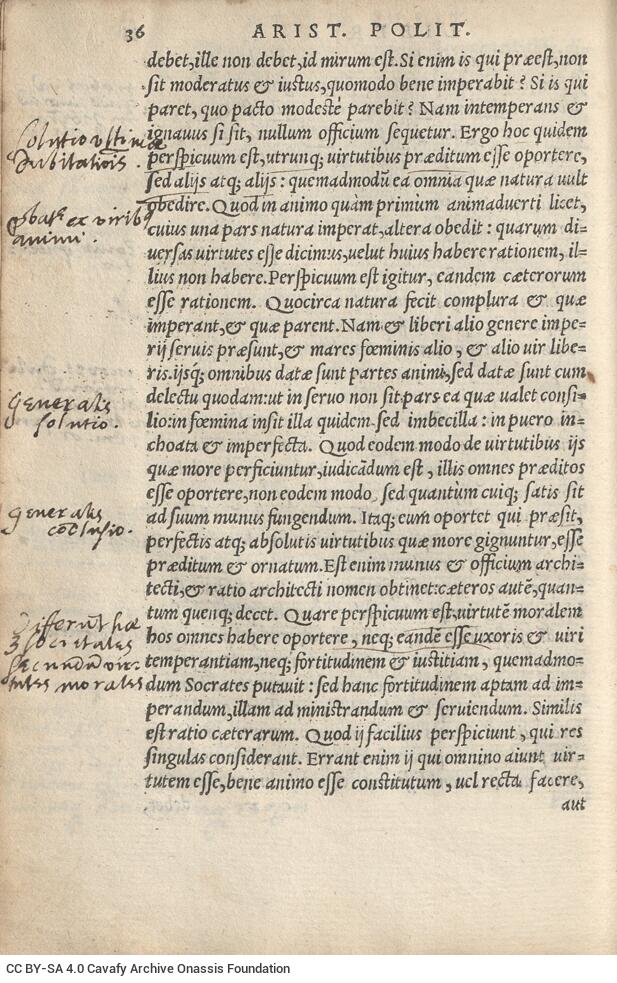
-

-

-
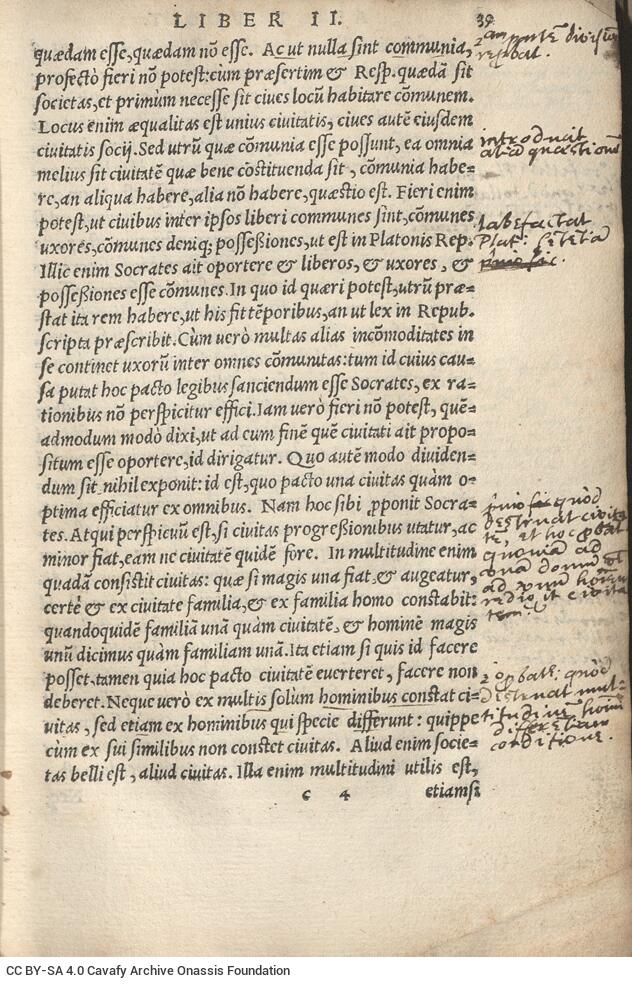
-

-
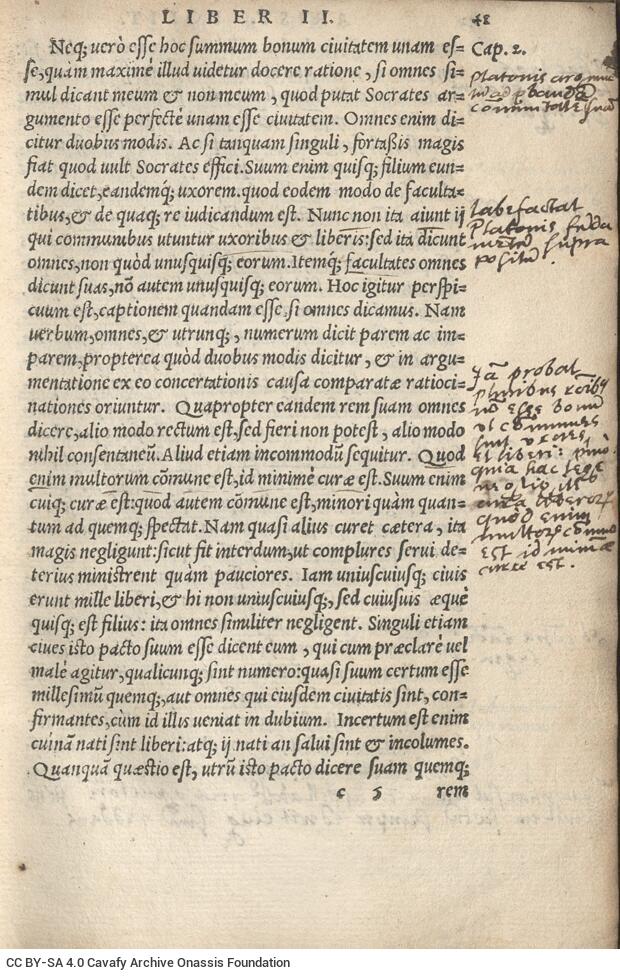
-
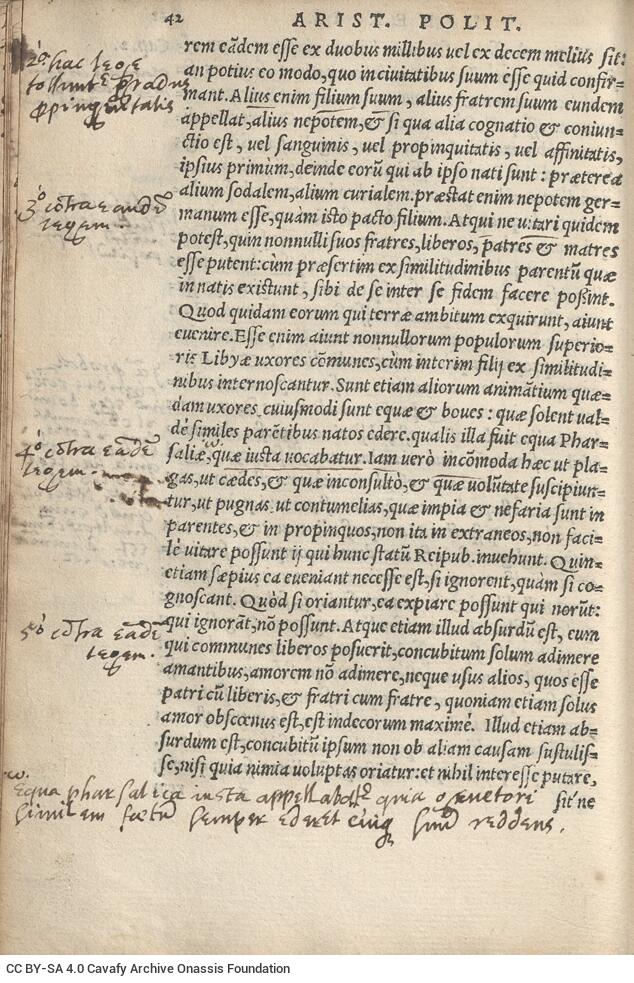
-
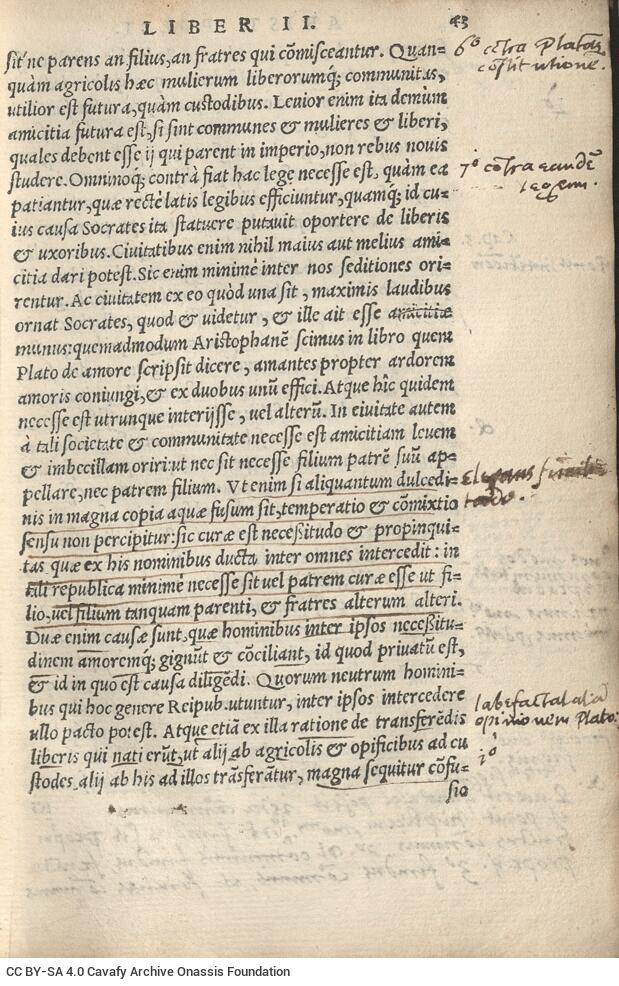
-
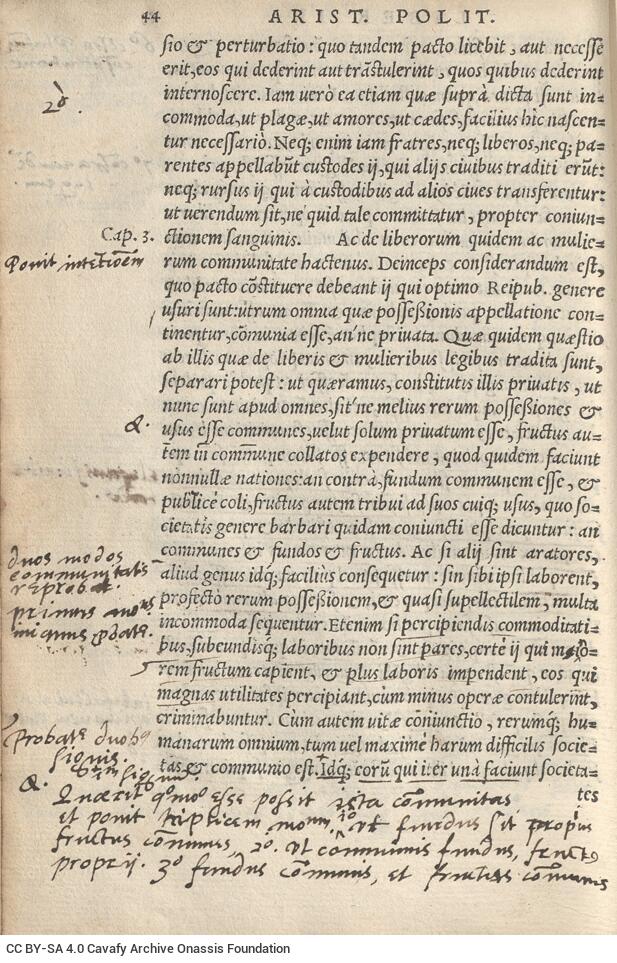
-
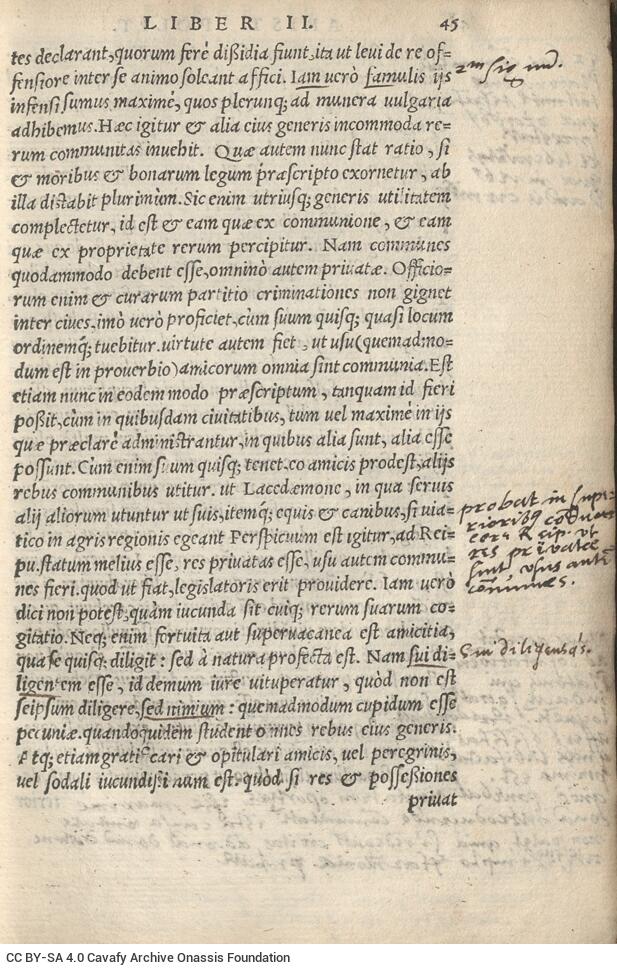
-
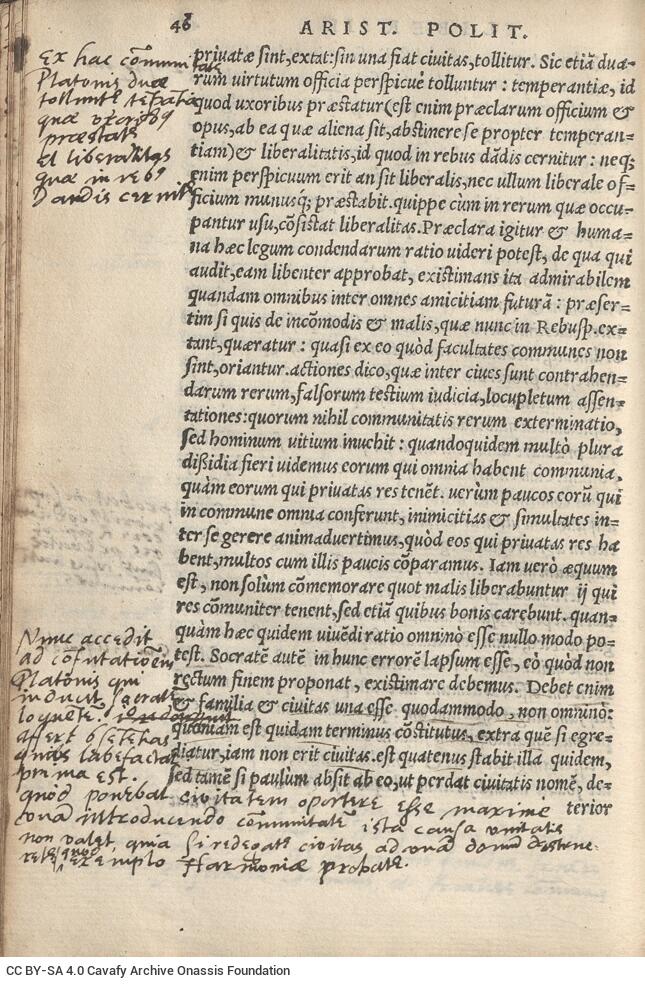
-
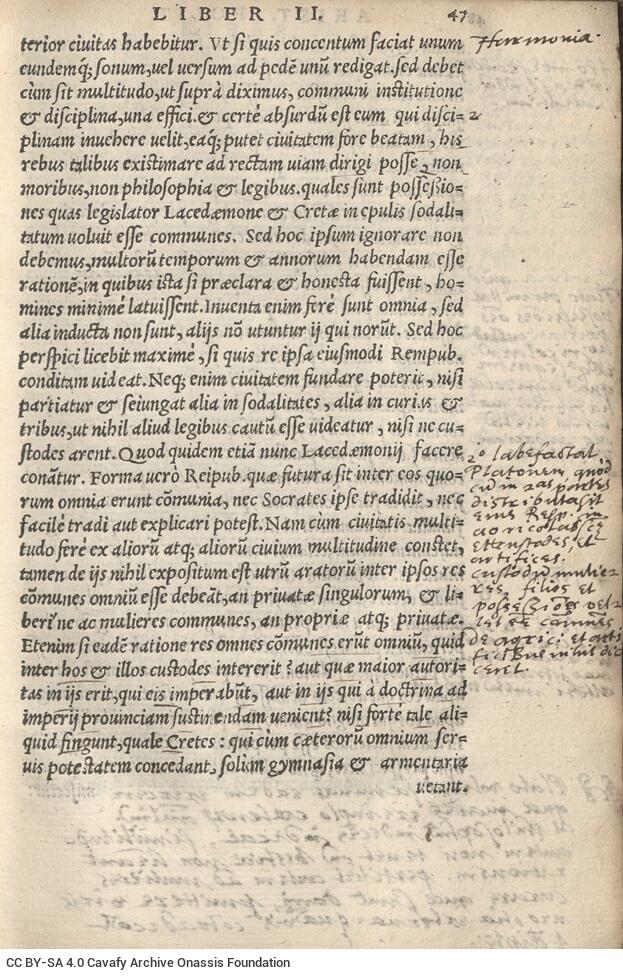
-

-

-
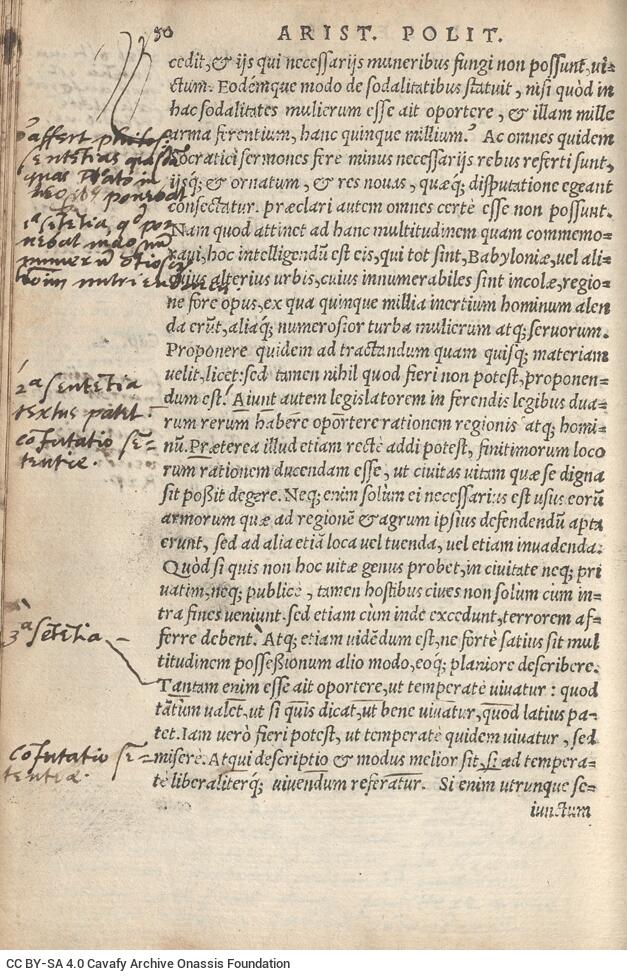
-

-
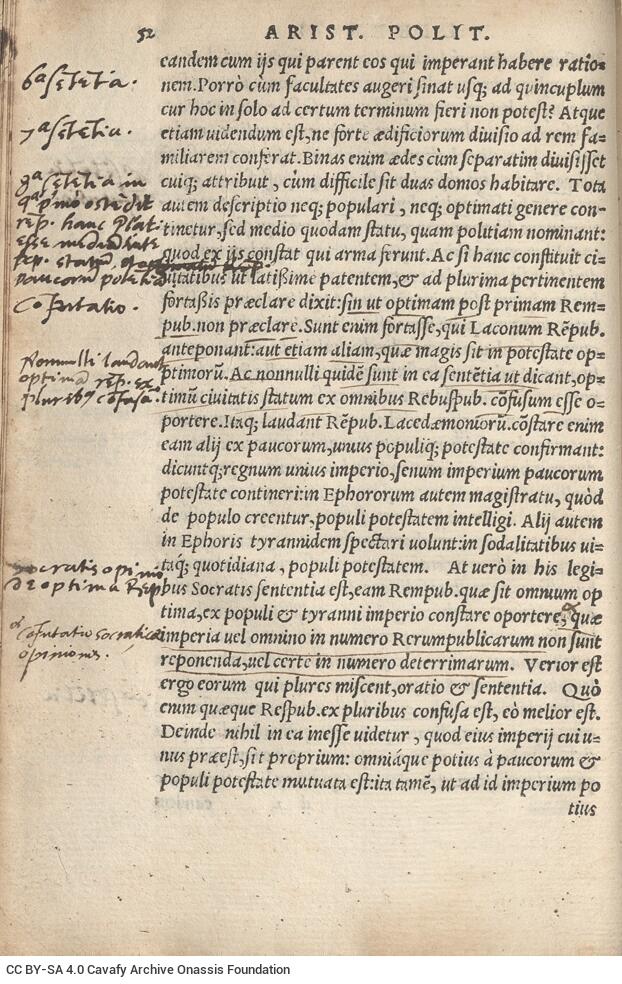
-
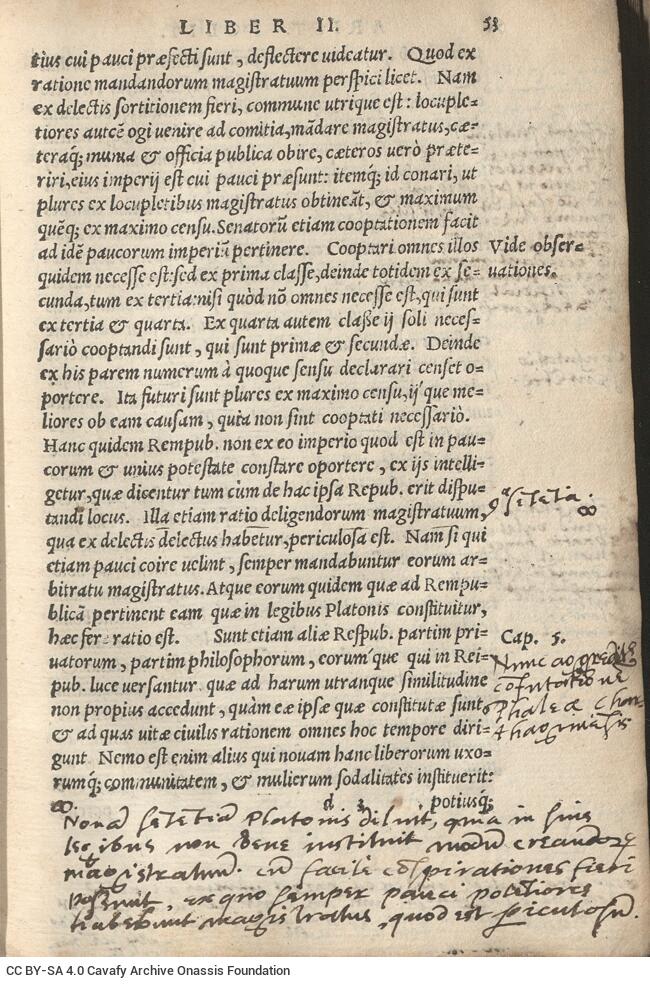
-
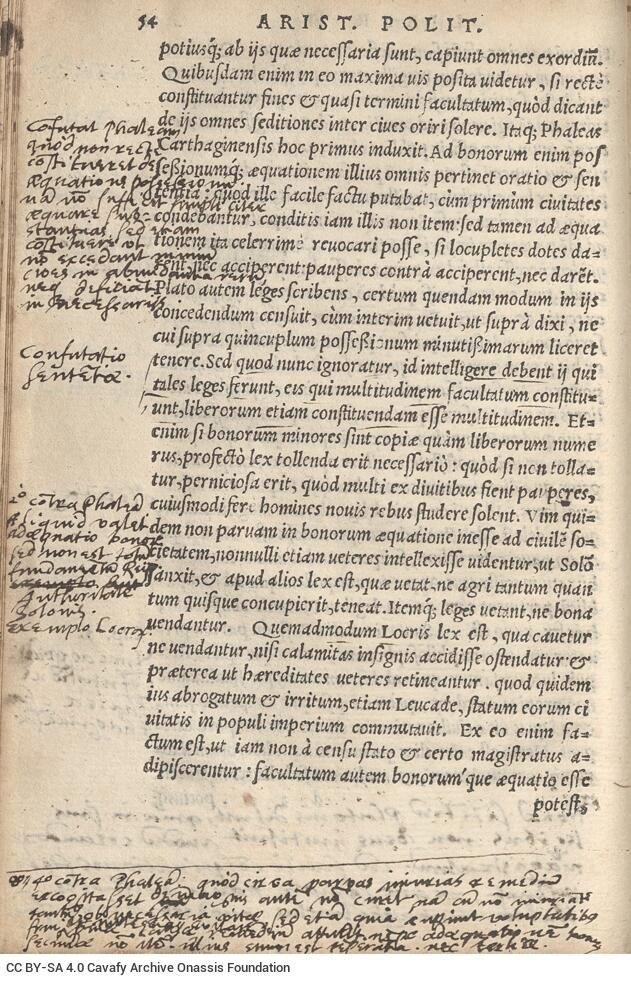
-
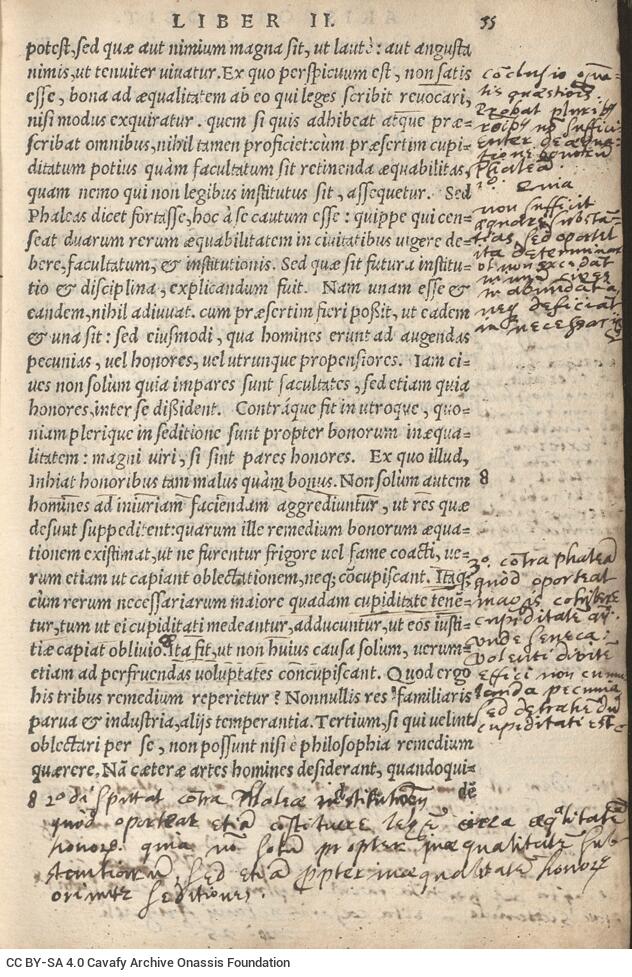
-

-
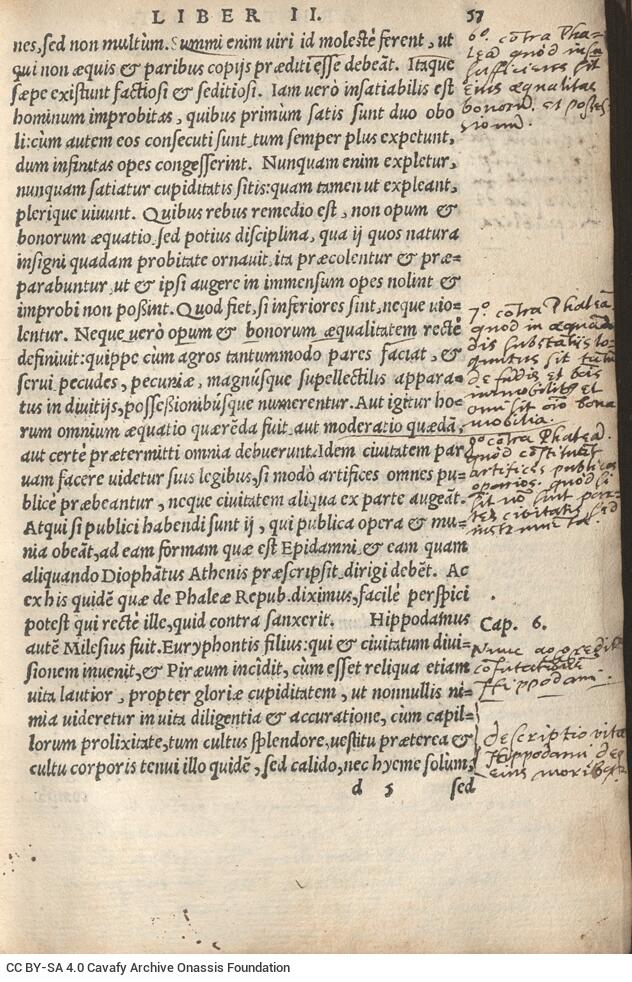
-

-

-
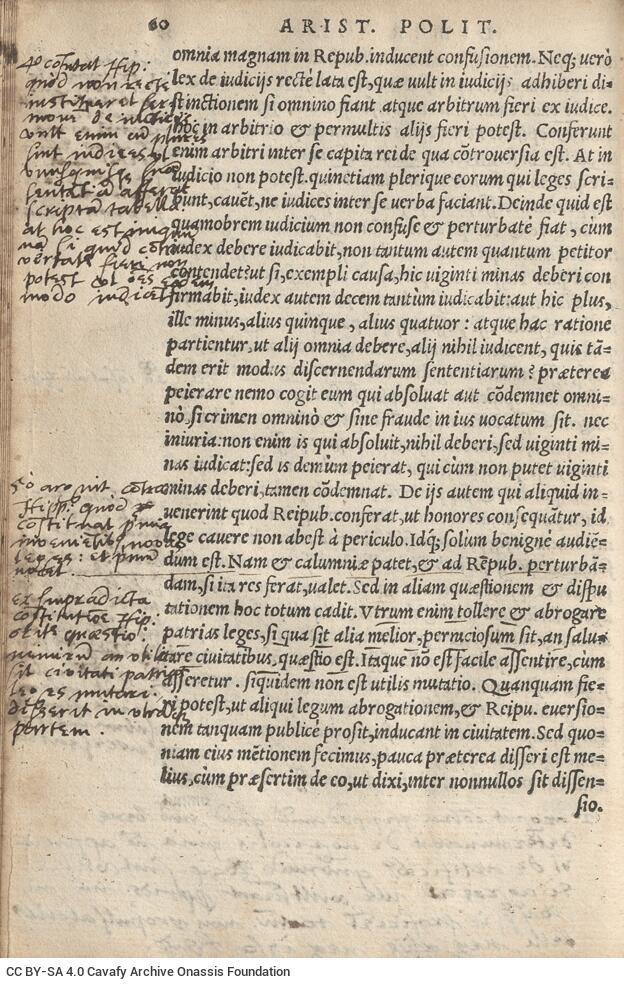
-
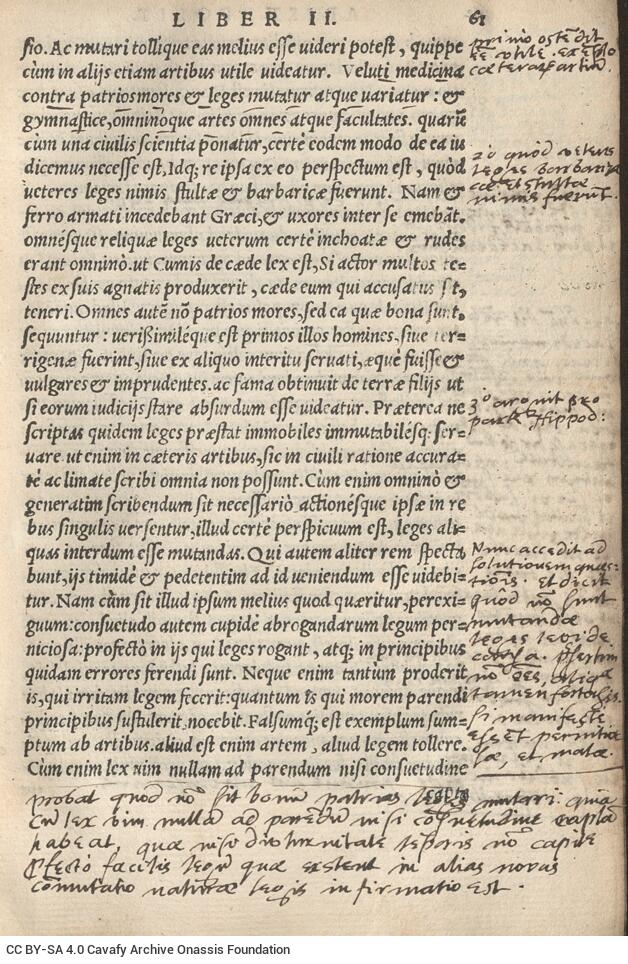
-
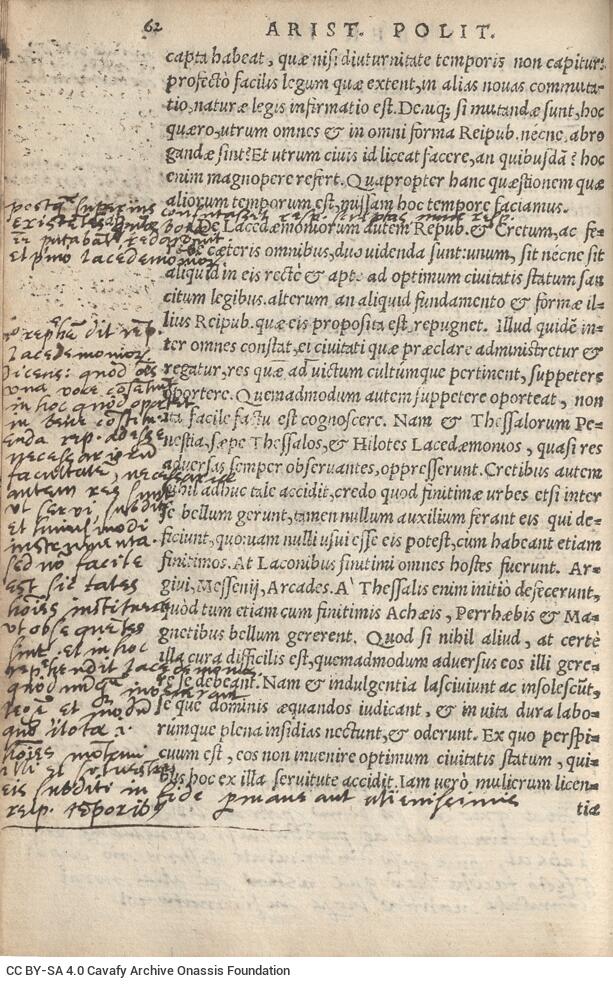
-
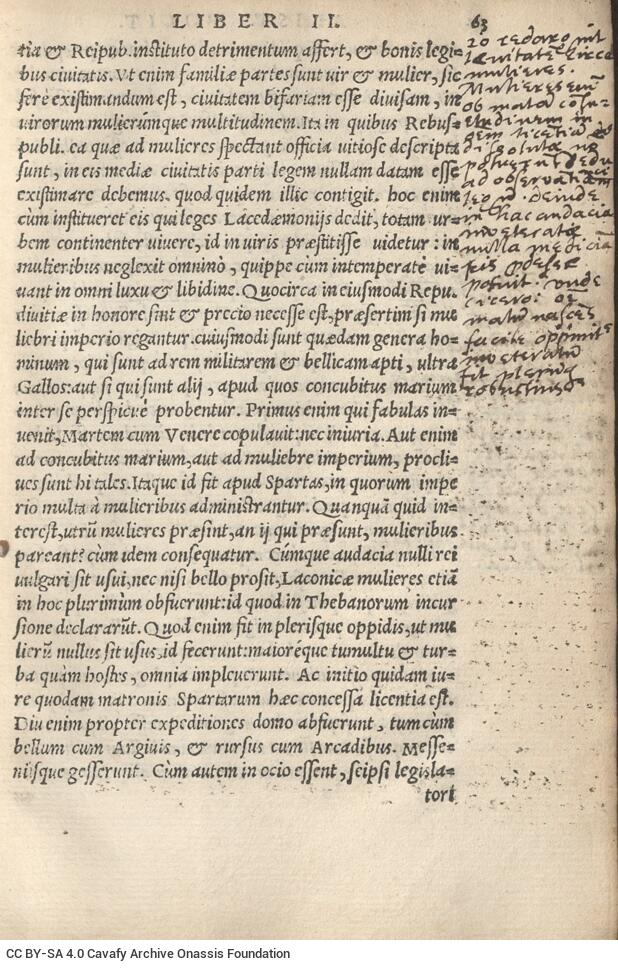
-
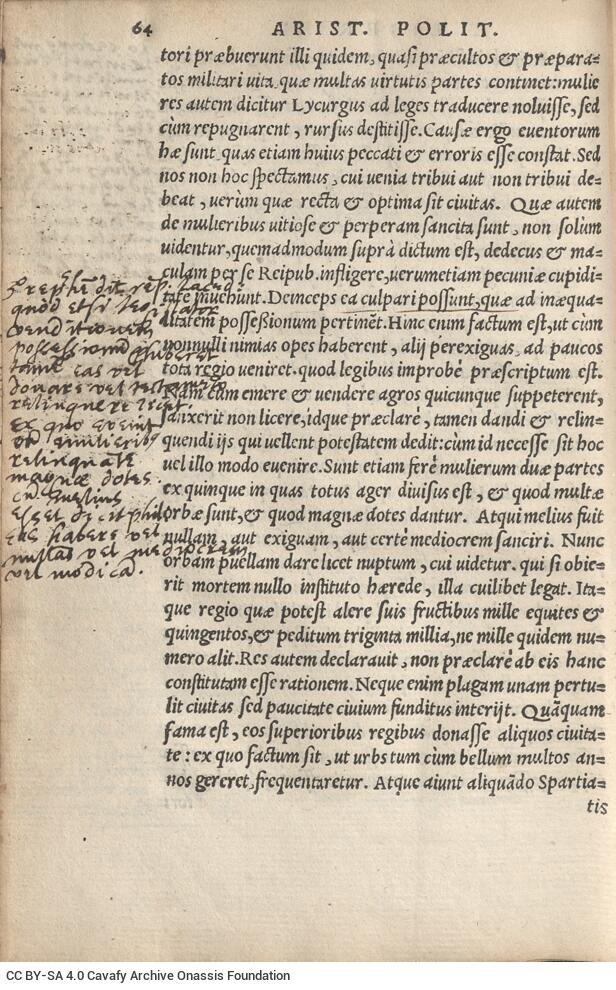
-
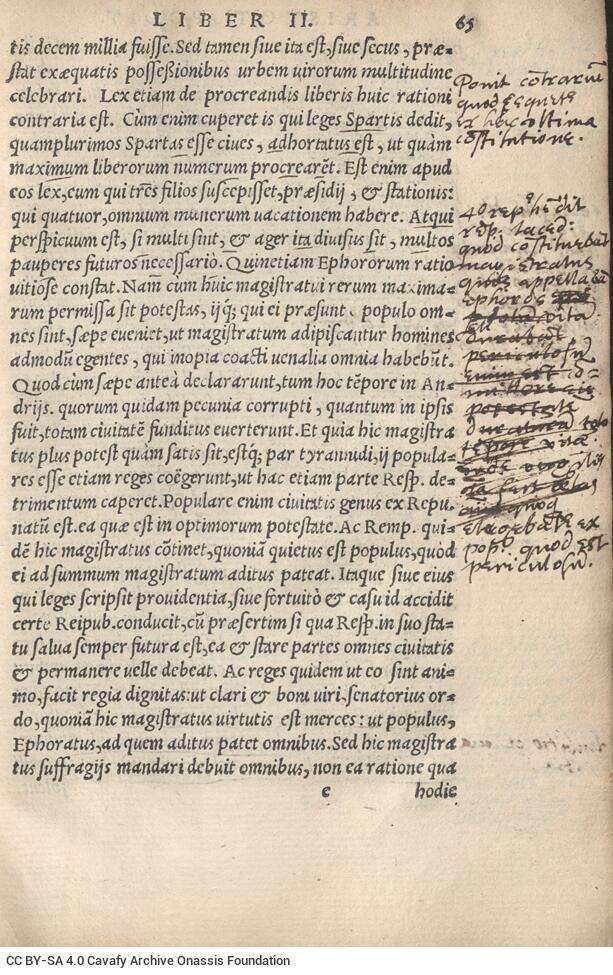
-

-
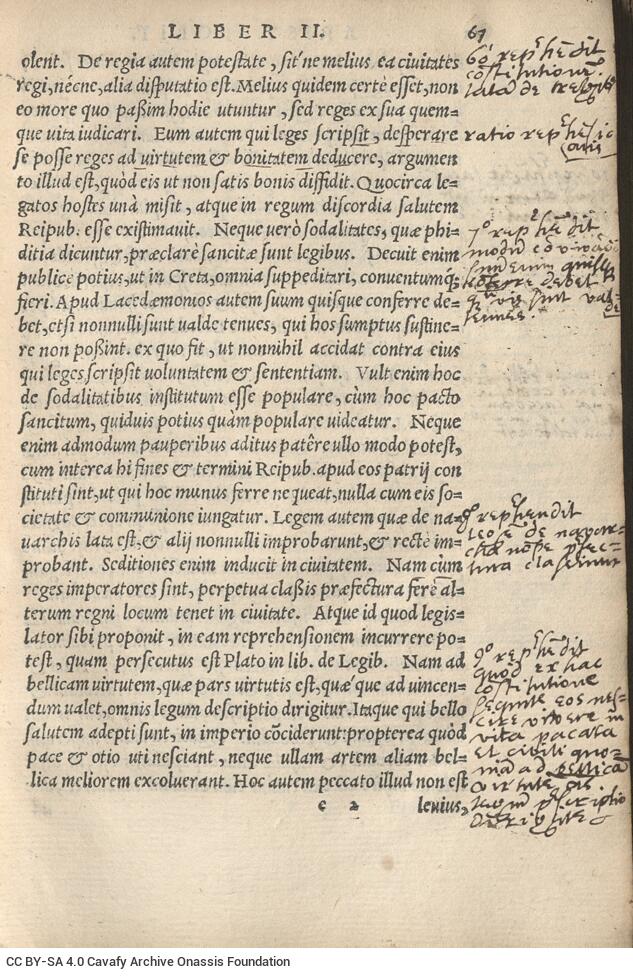
-
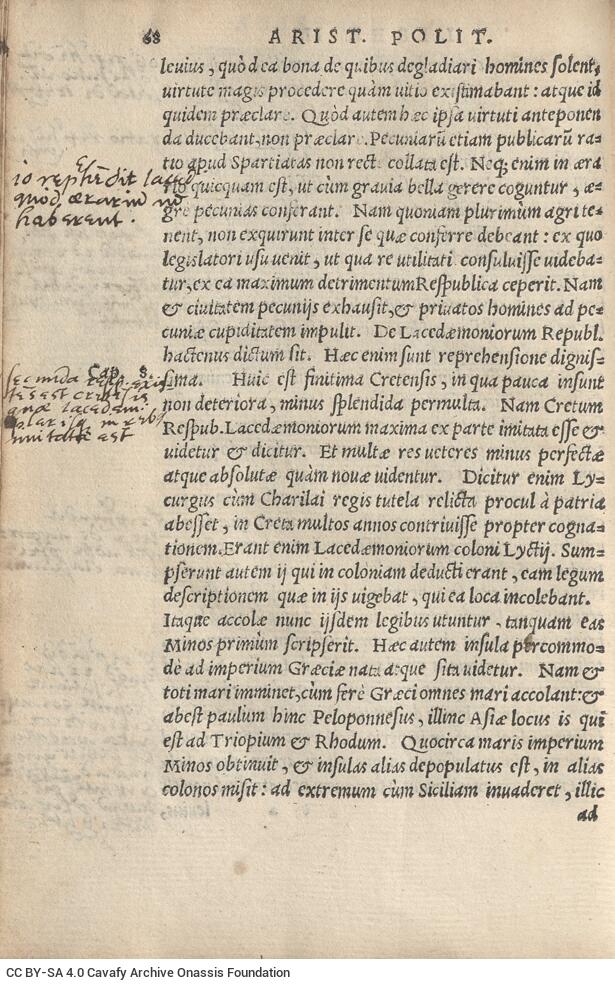
-
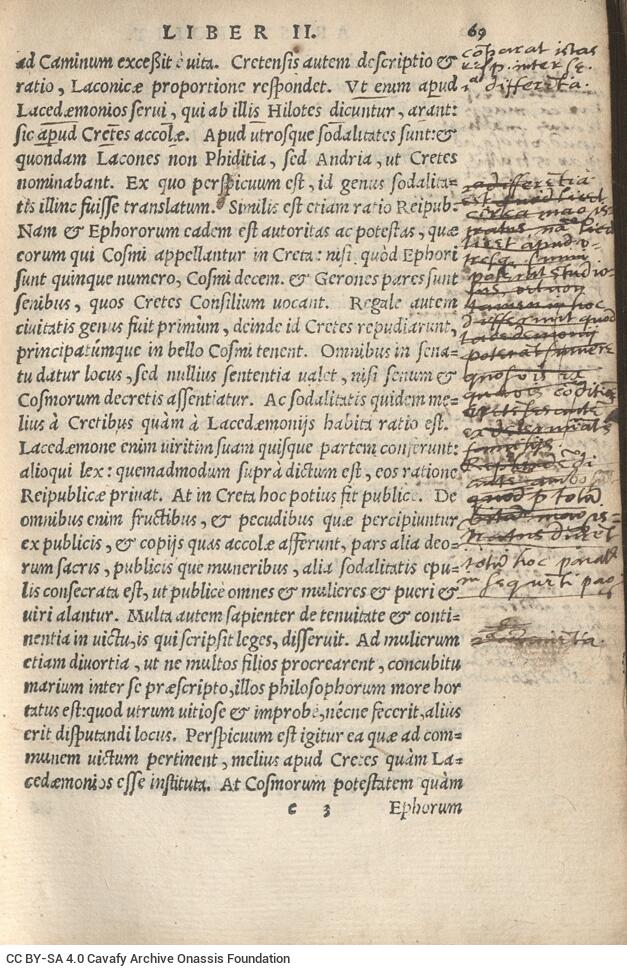
-

-
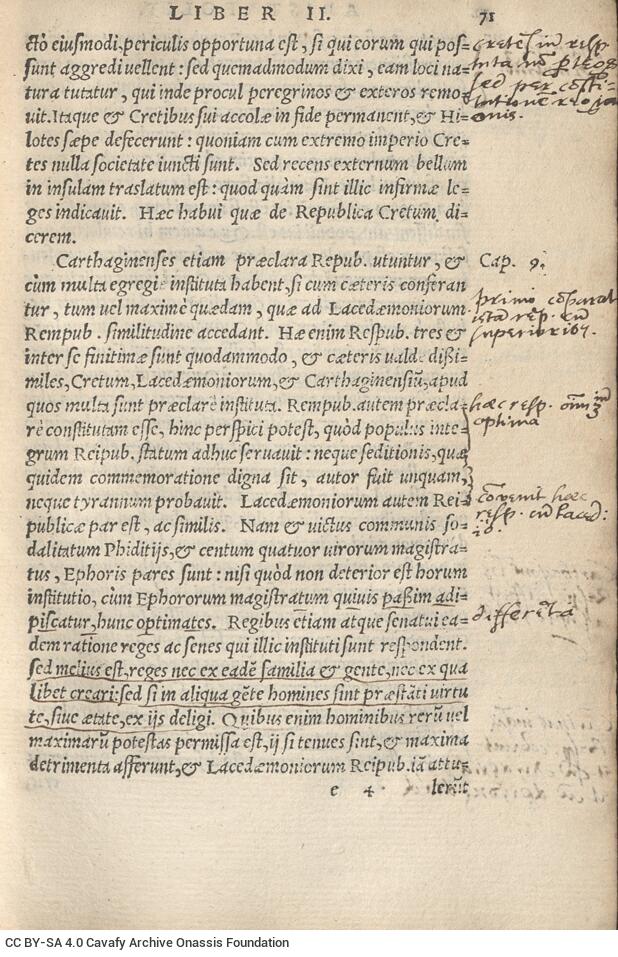
-

-
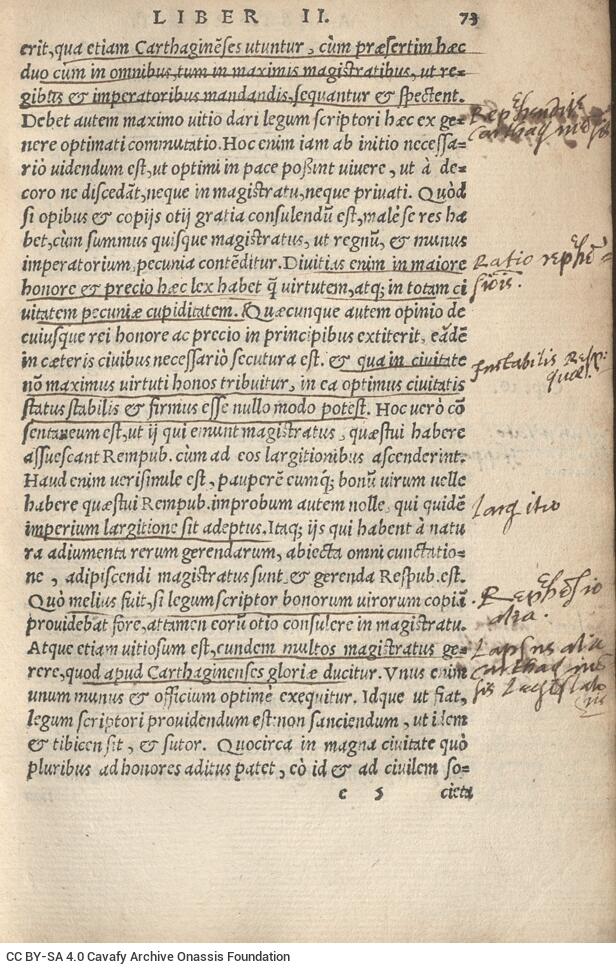
-
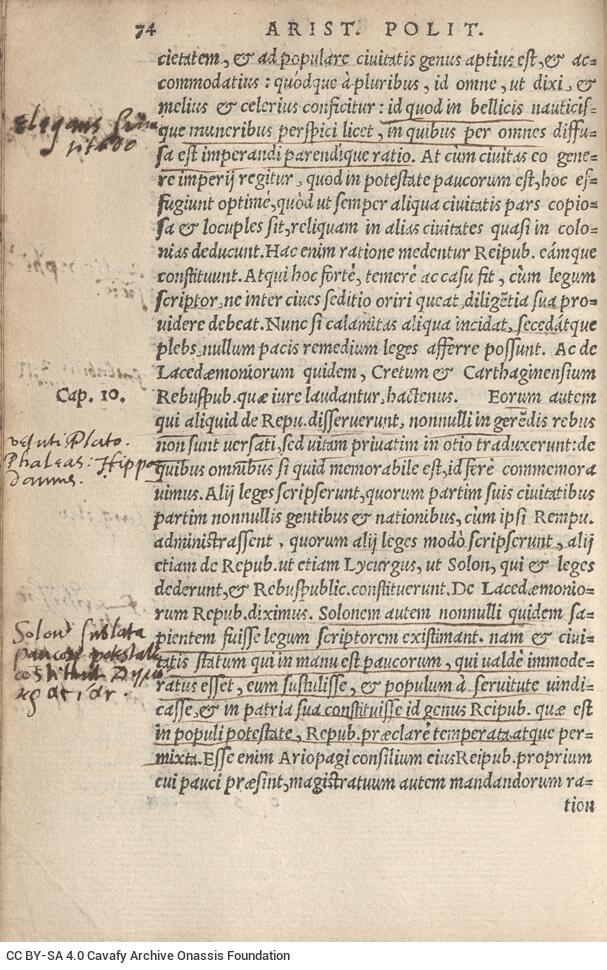
-

-
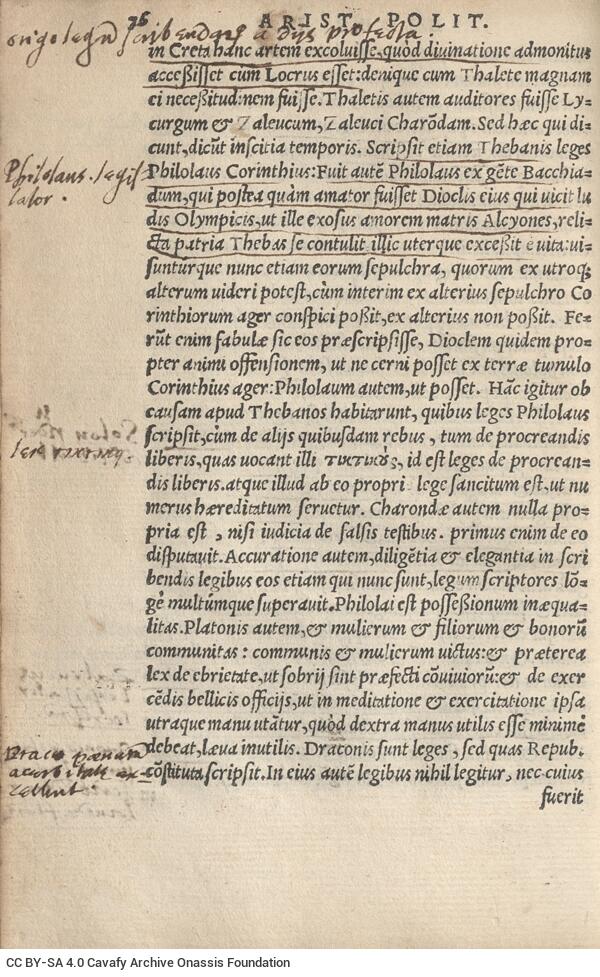
-

-

-
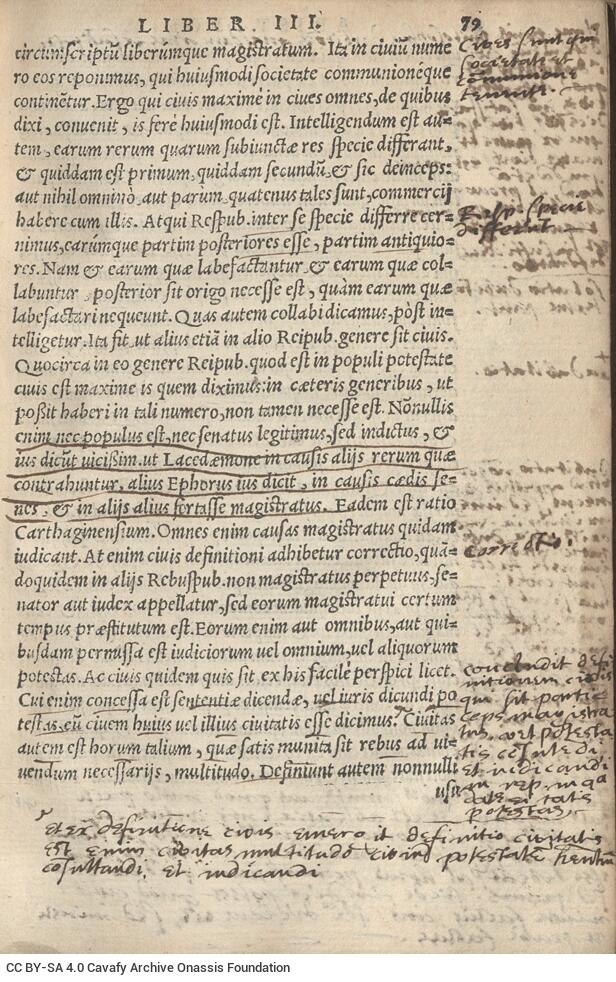
-
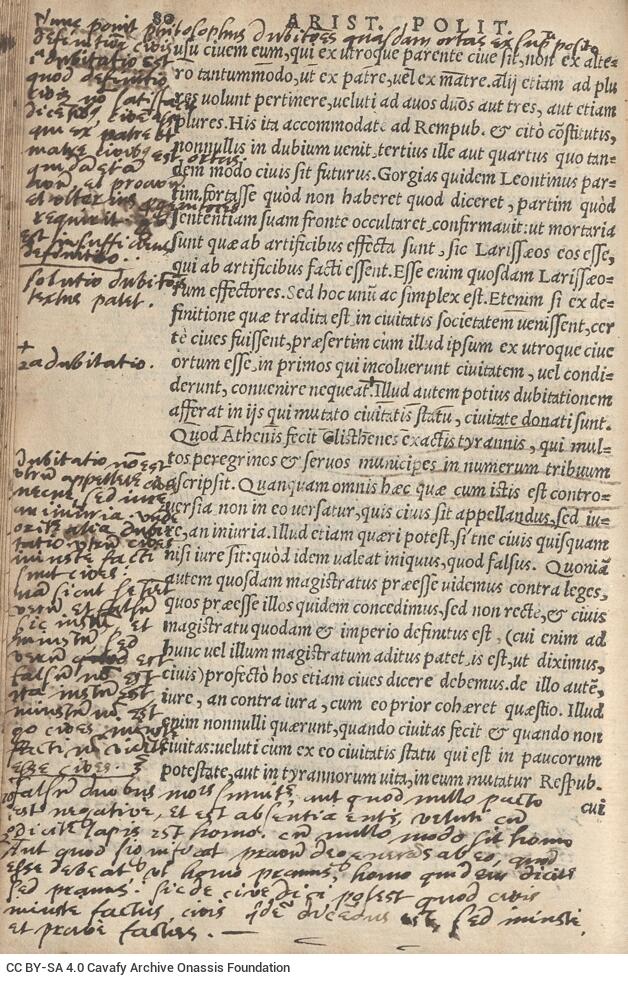
-

-
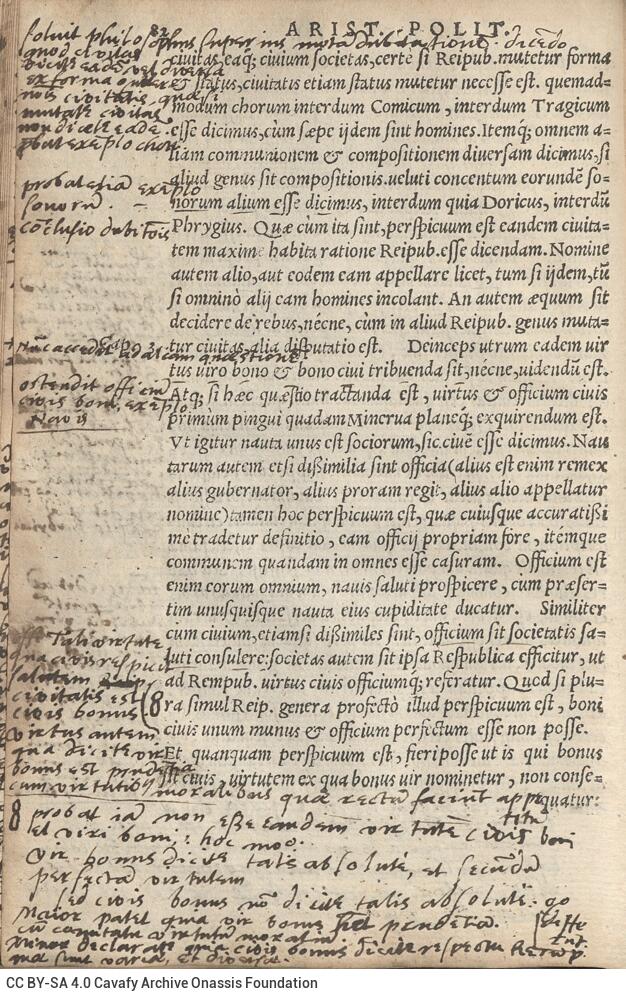
-
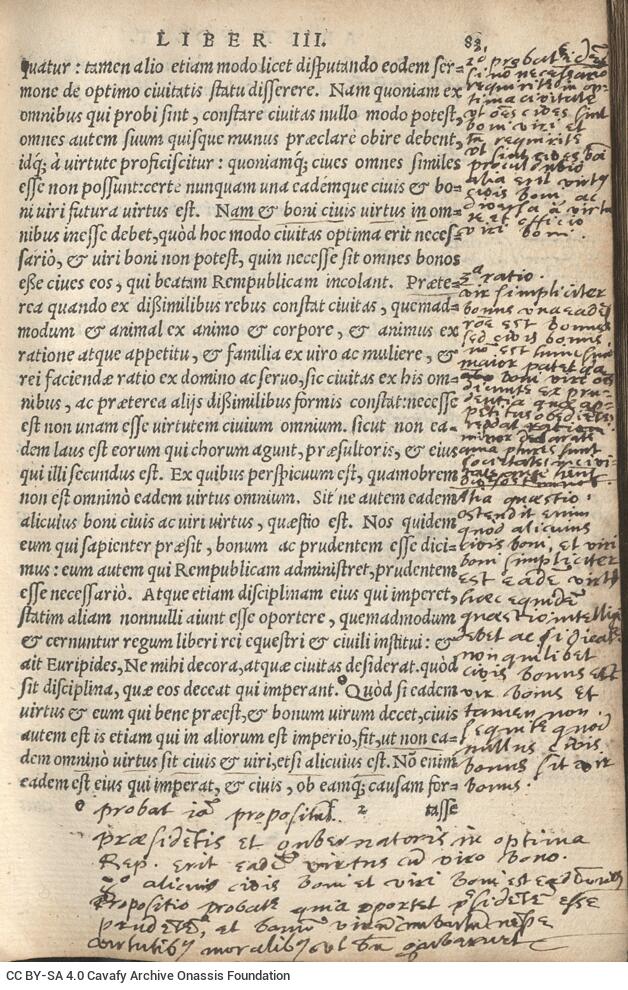
-

-
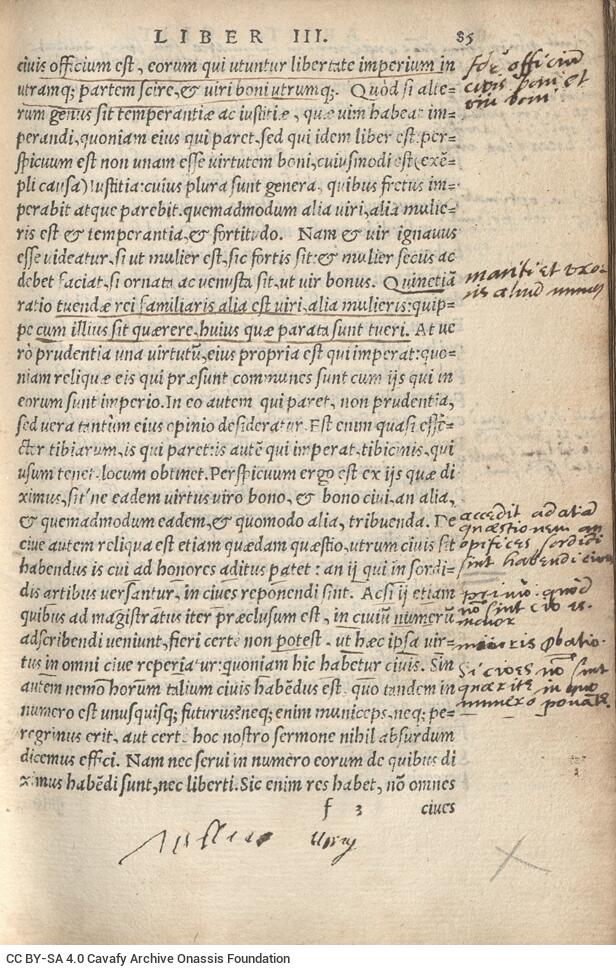
-
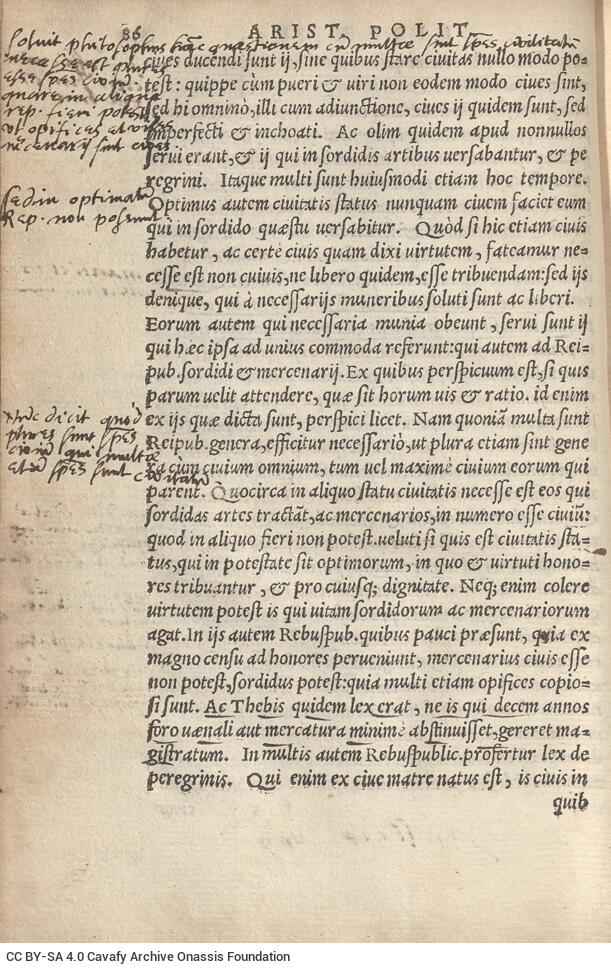
-
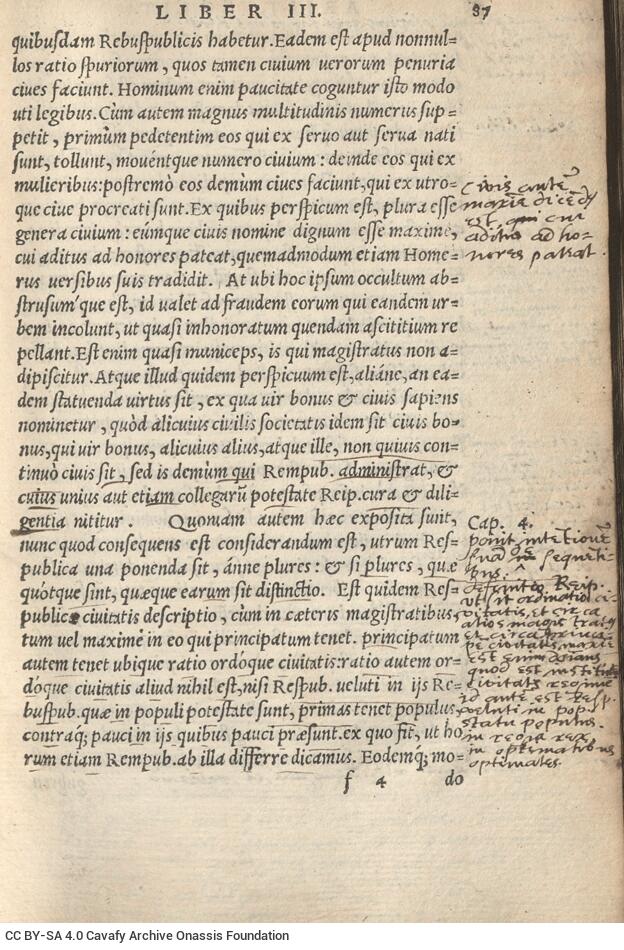
-
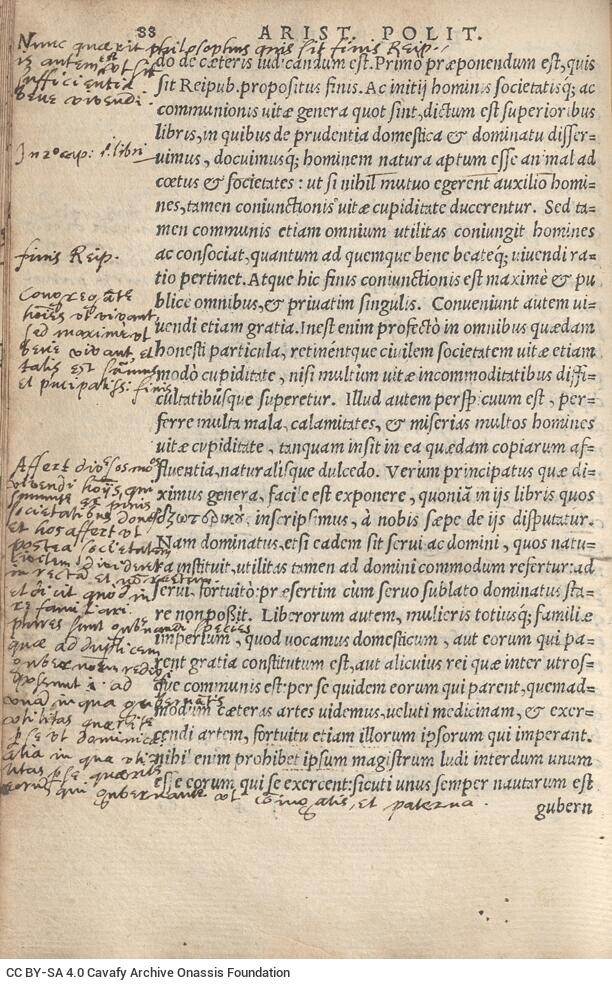
-
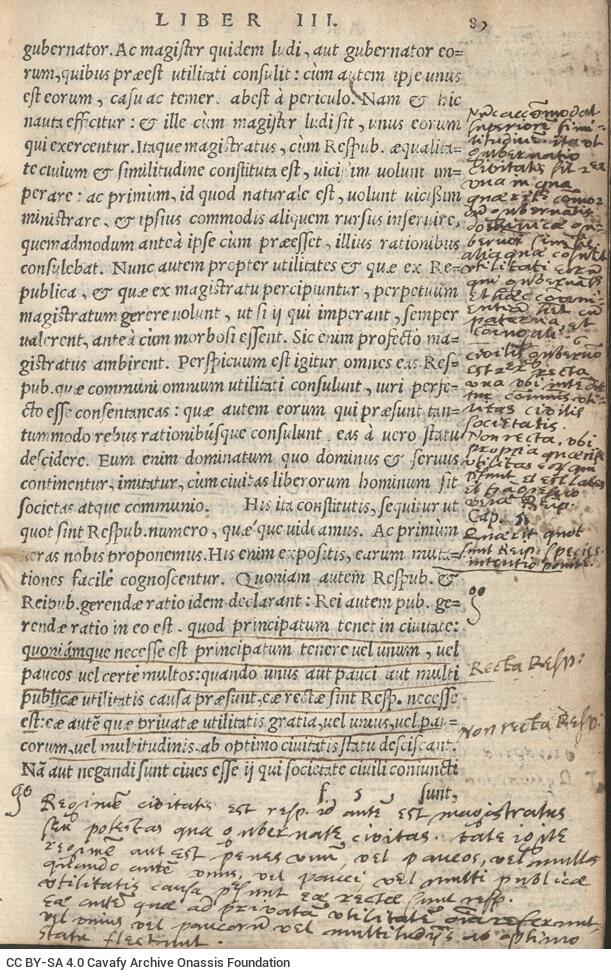
-
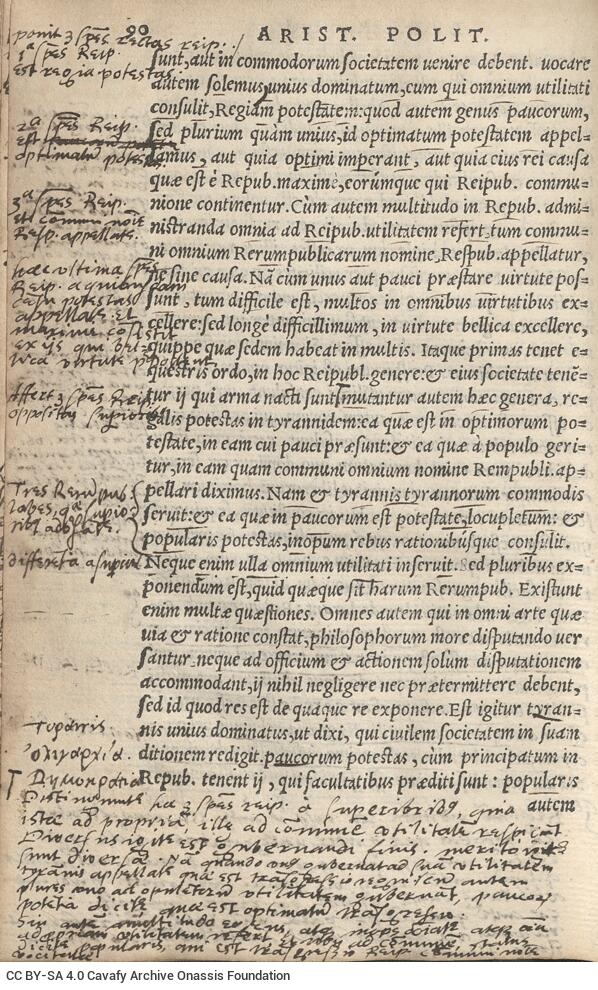
-
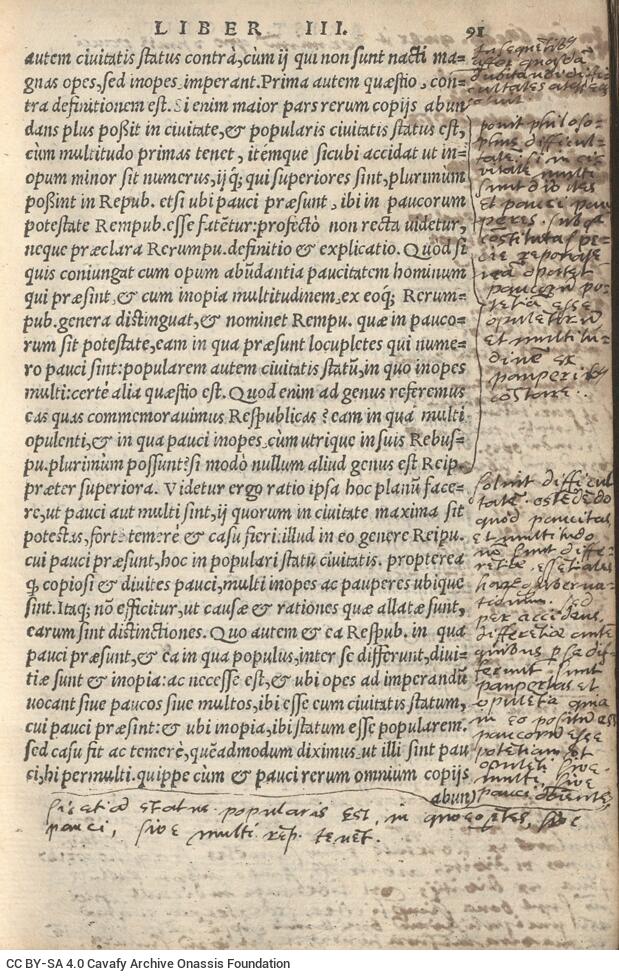
-

-
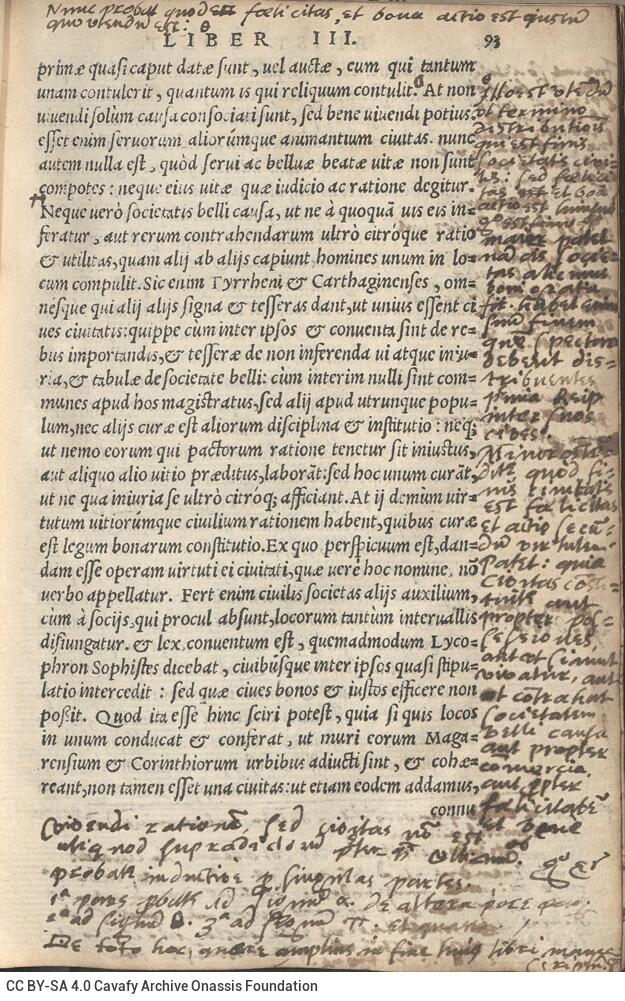
-
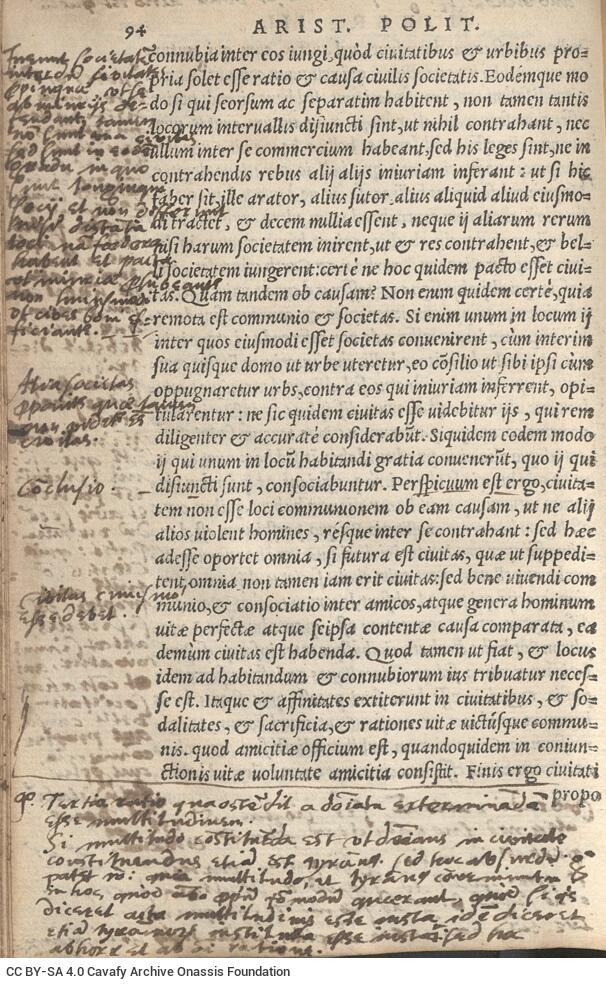
-

-
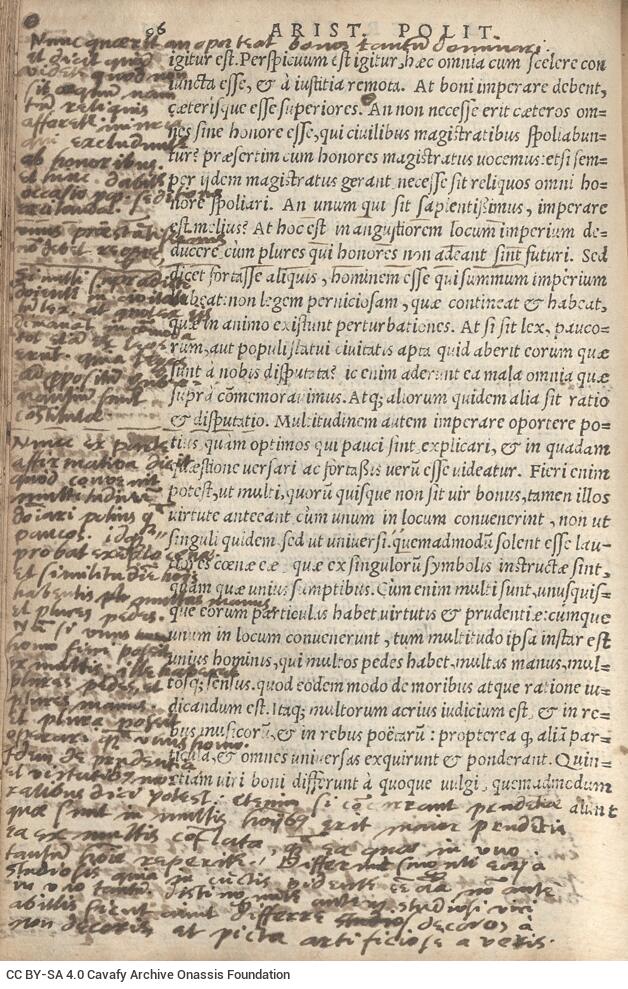
-

-

-
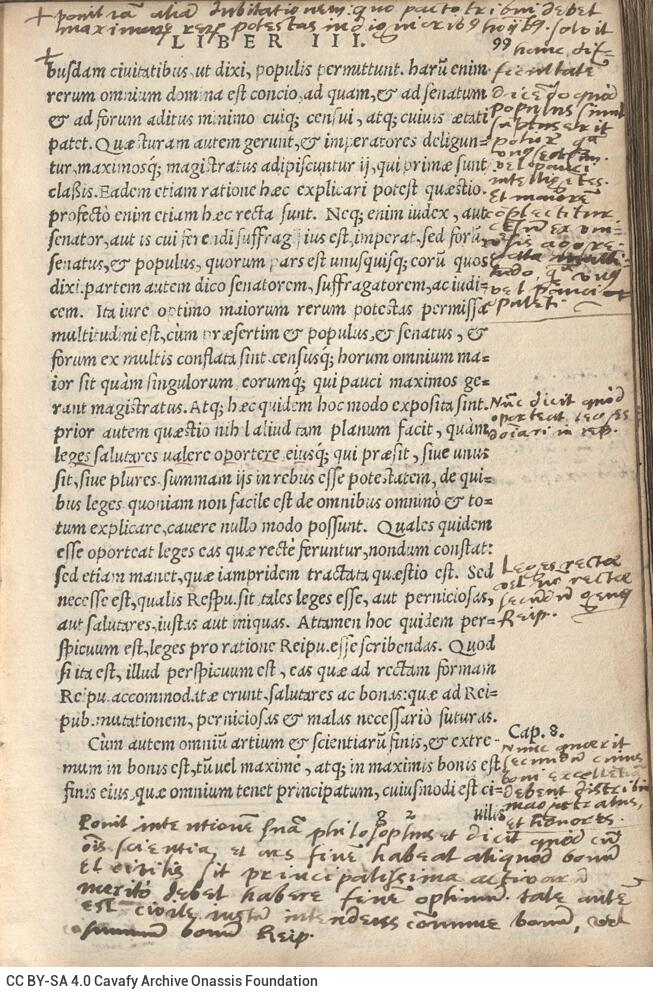
-
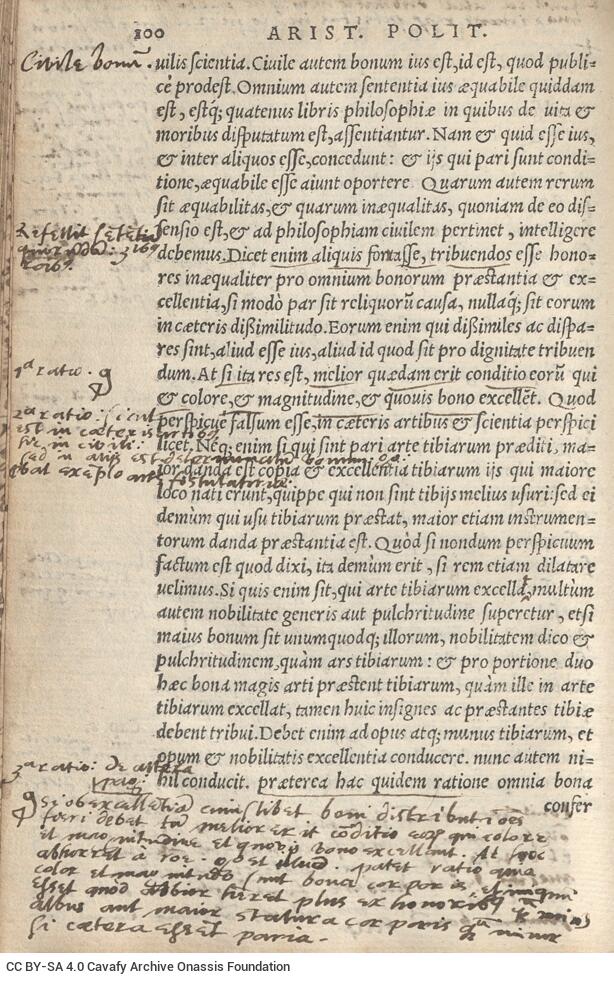
-
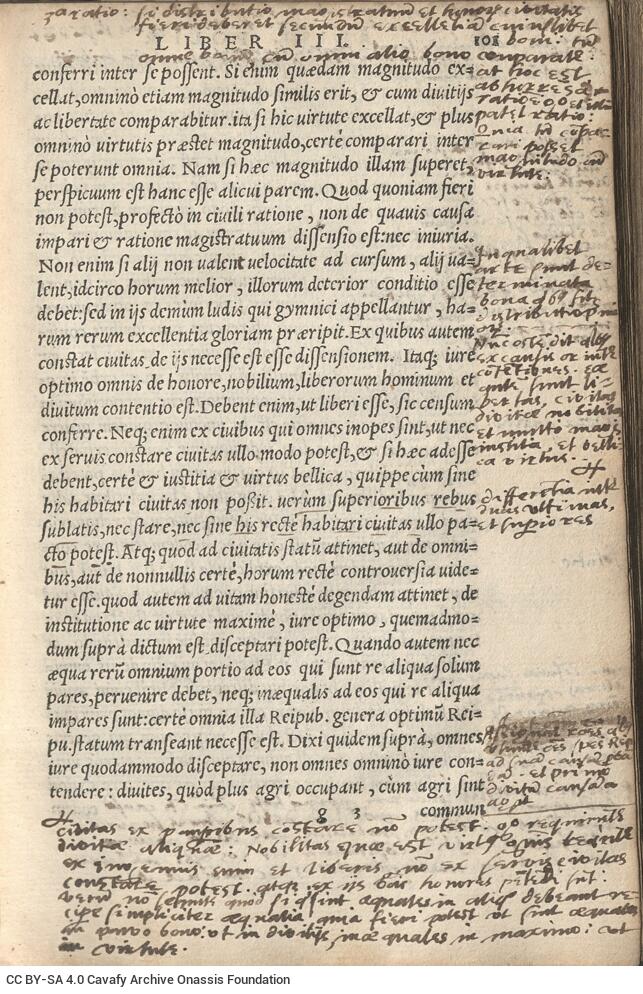
-
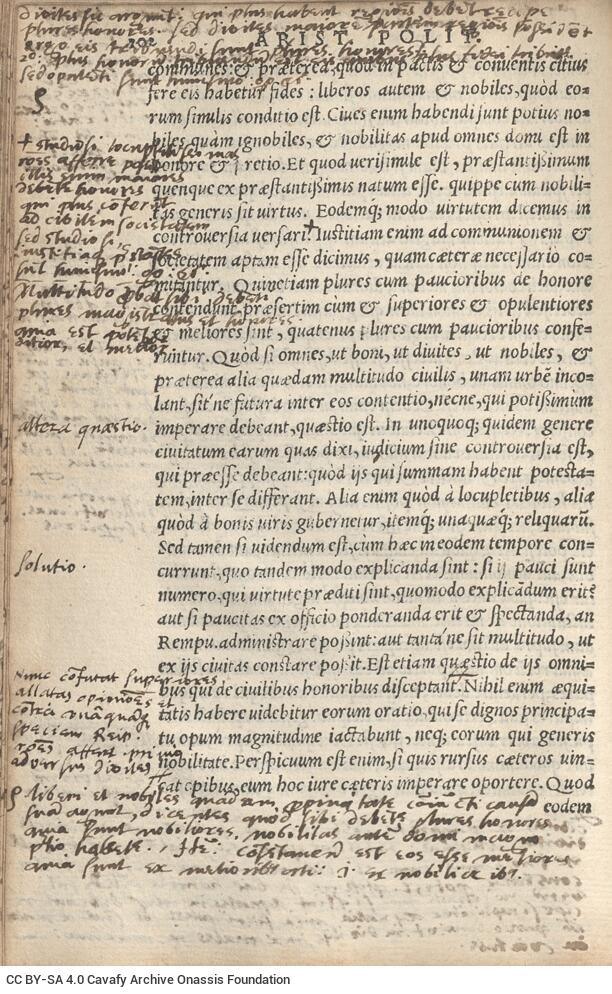
-
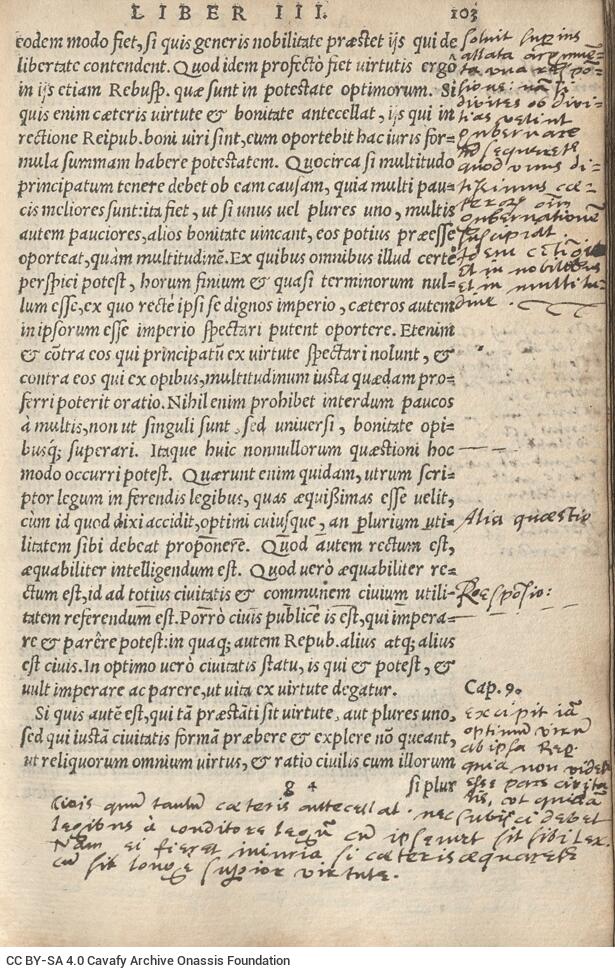
-
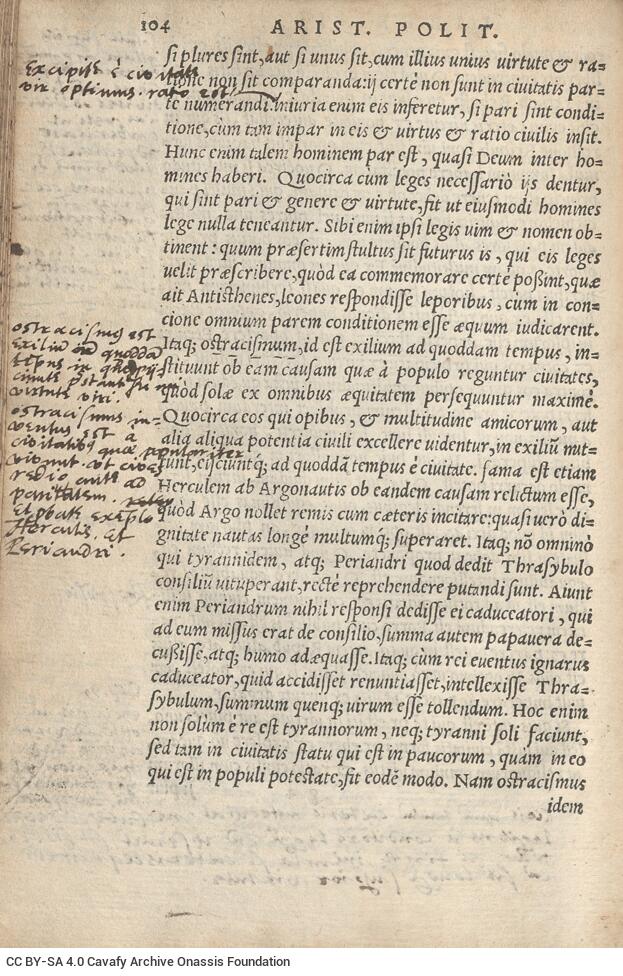
-

-
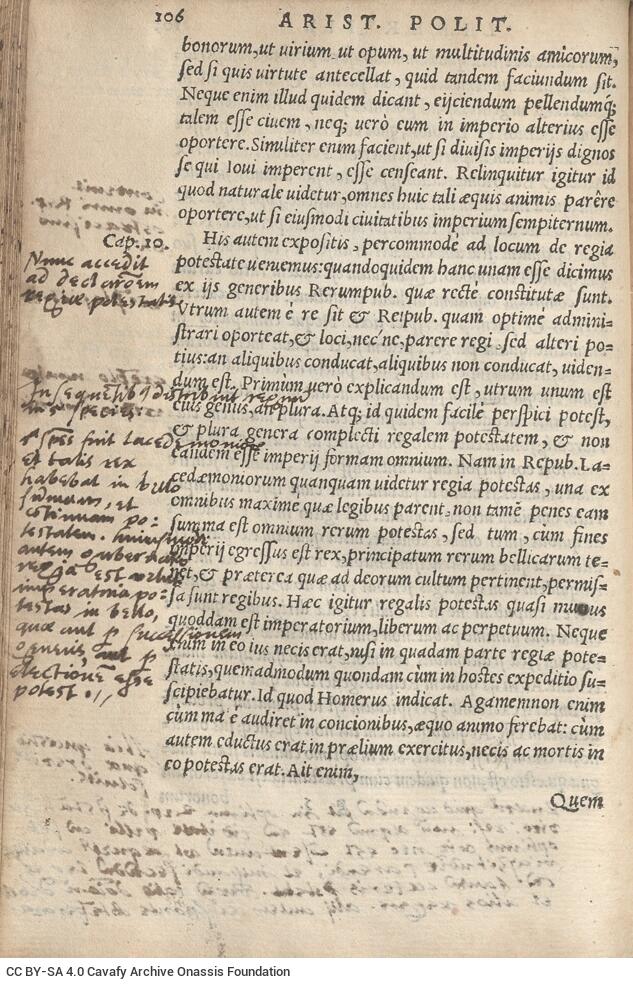
-
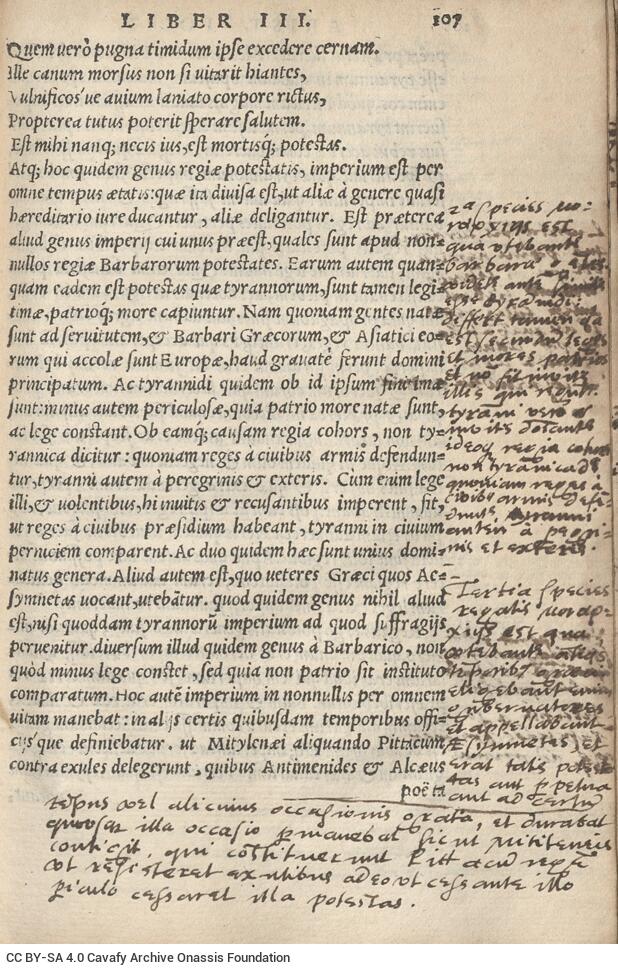
-

-
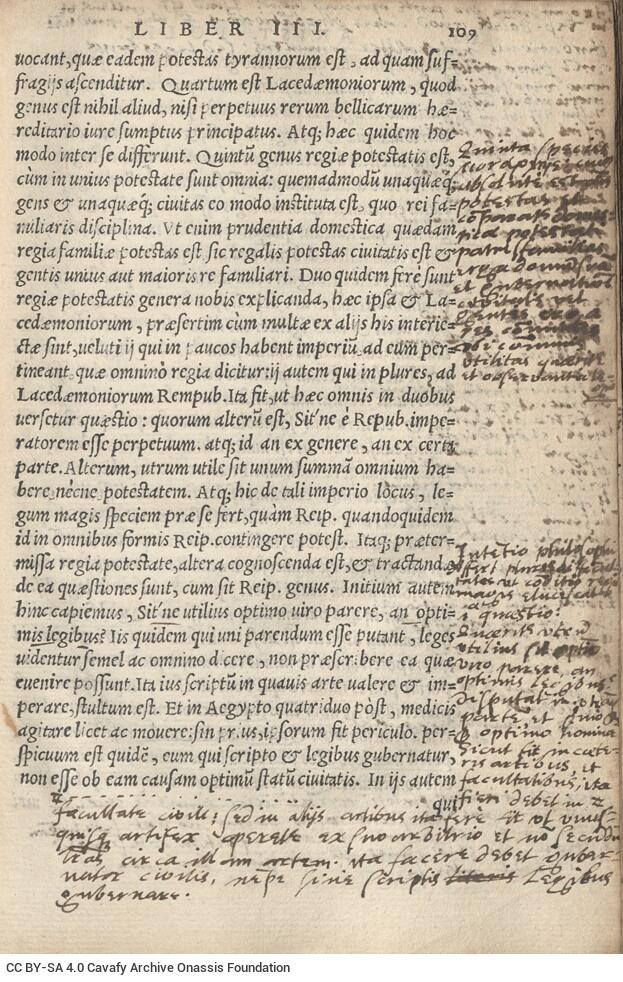
-
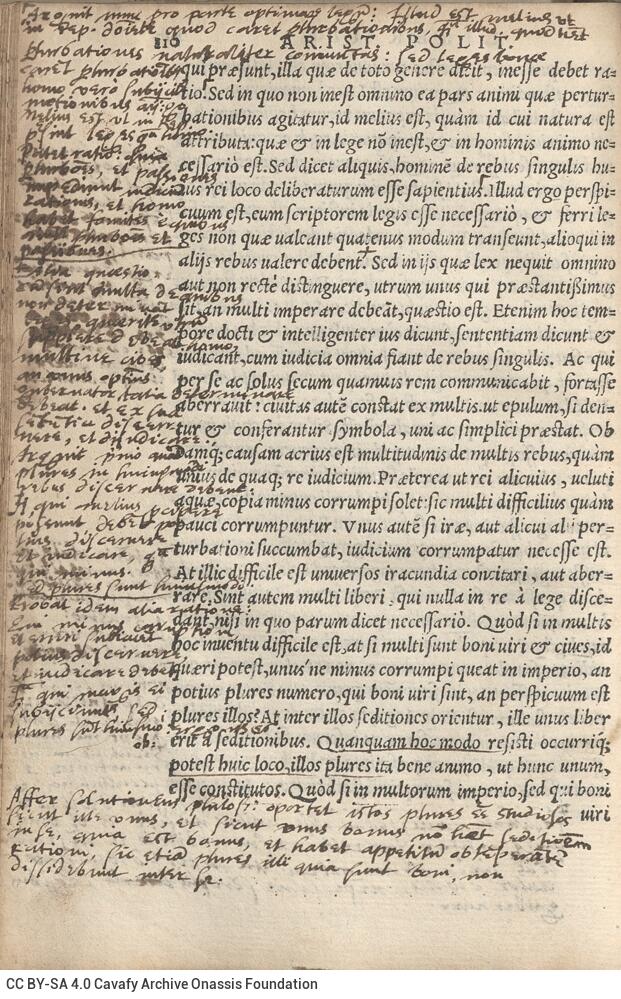
-

-
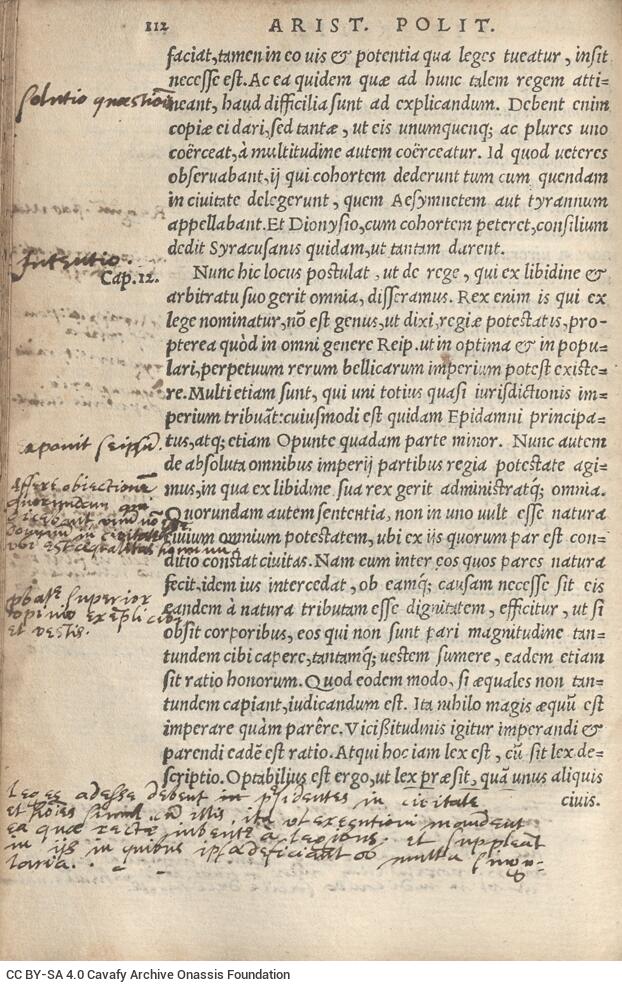
-
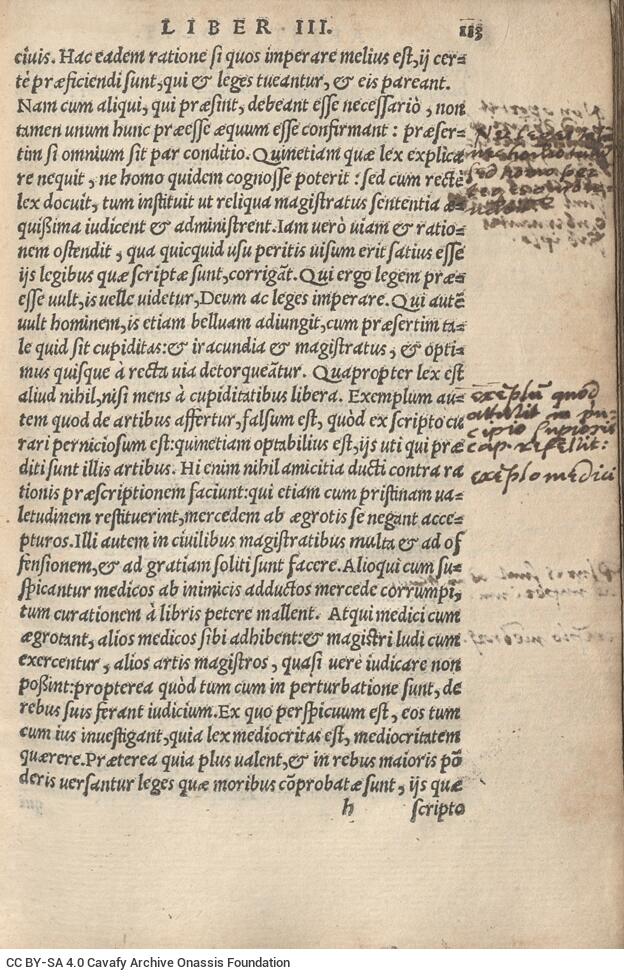
-
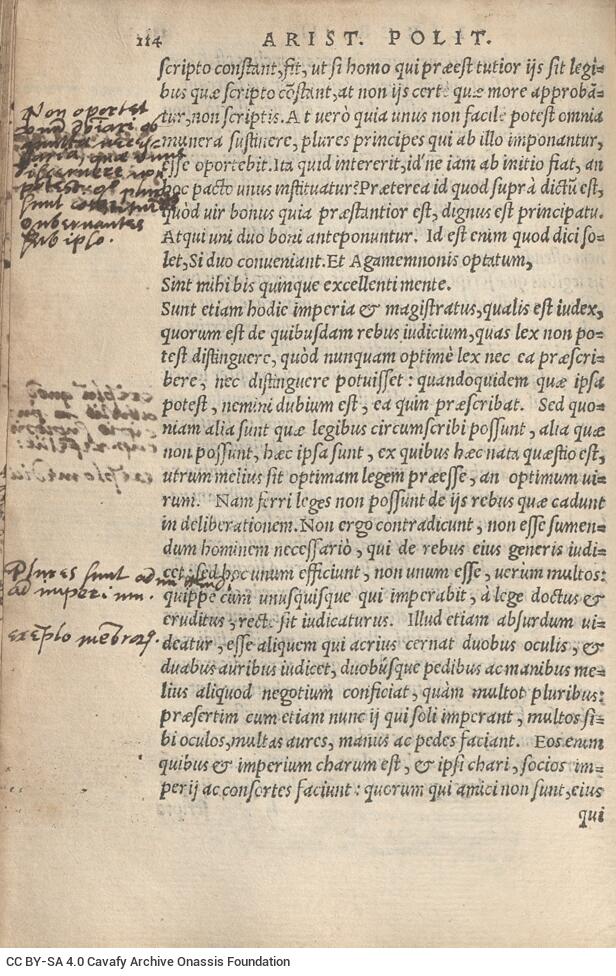
-
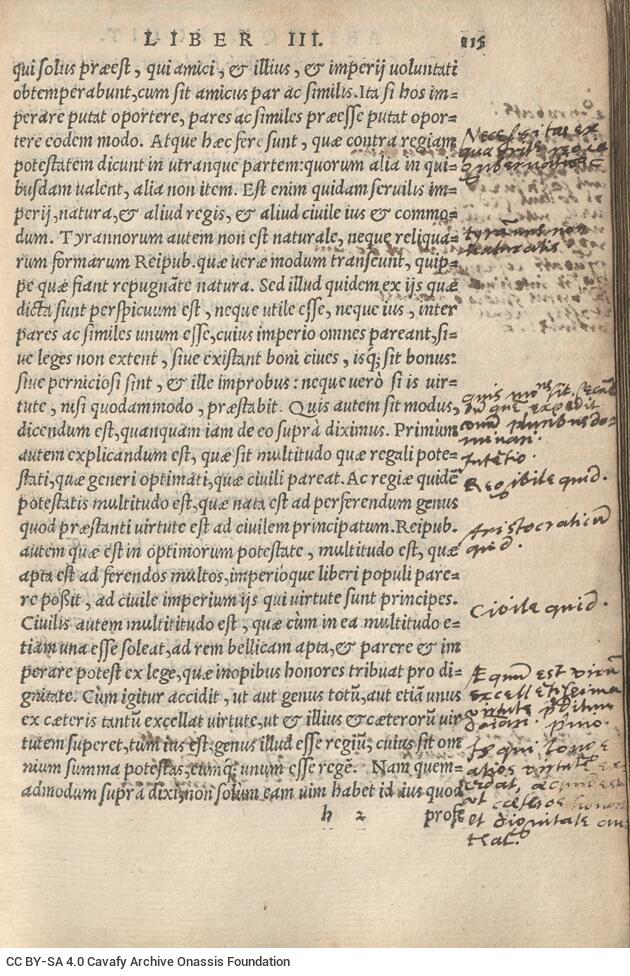
-

-
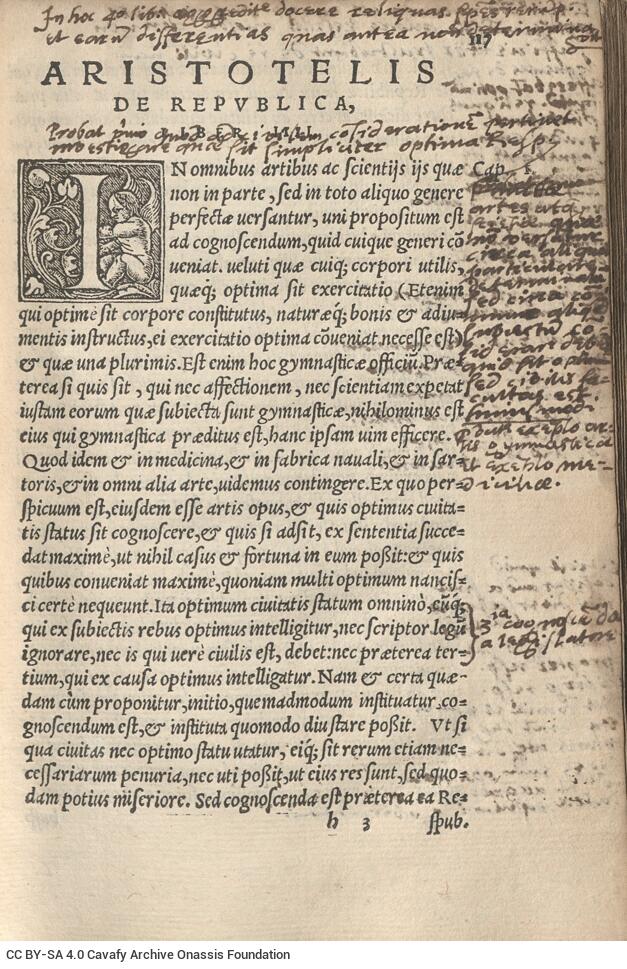
-

-

-

-
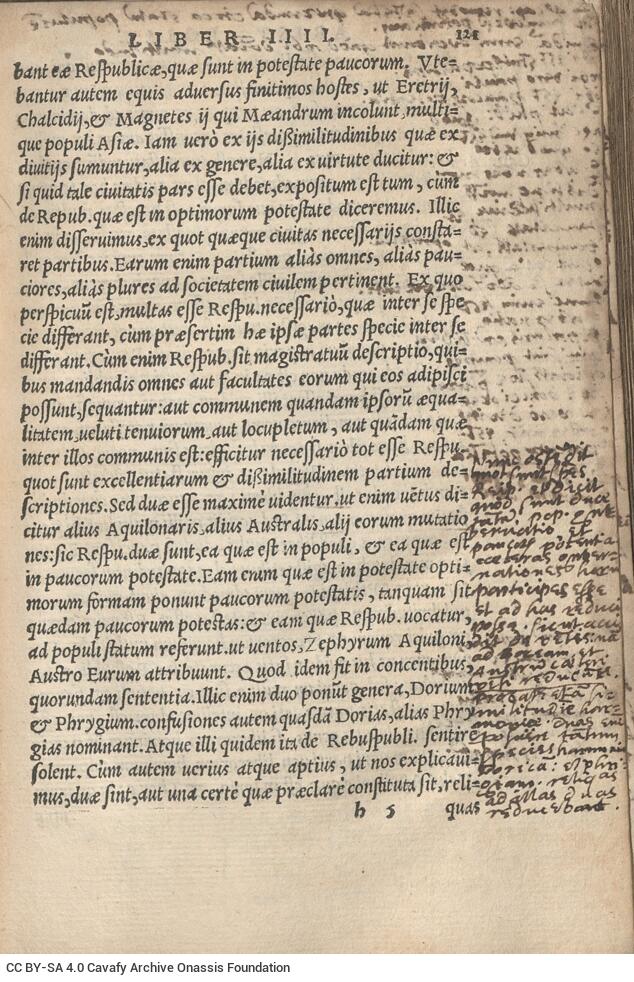
-

-
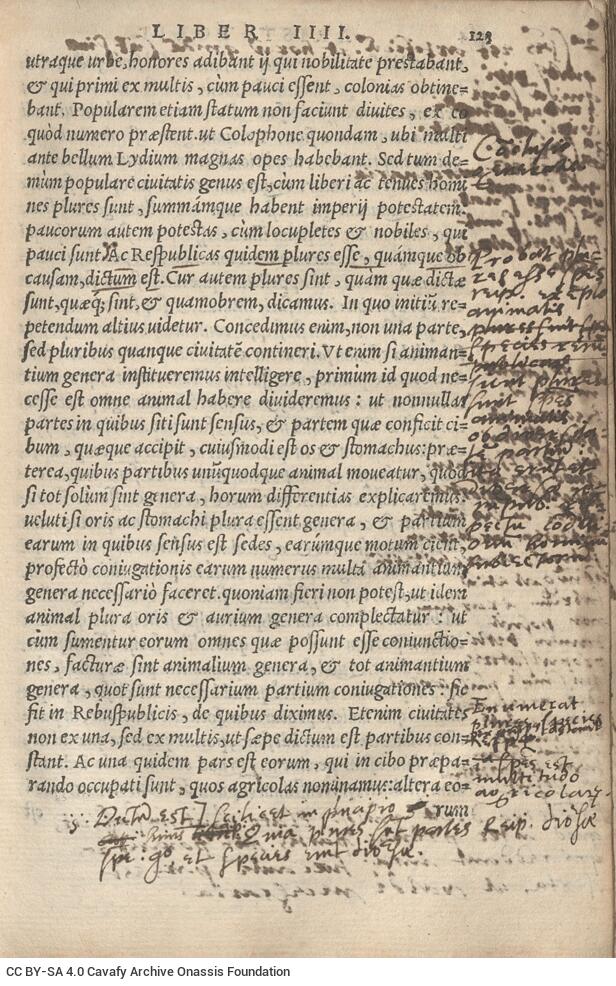
-
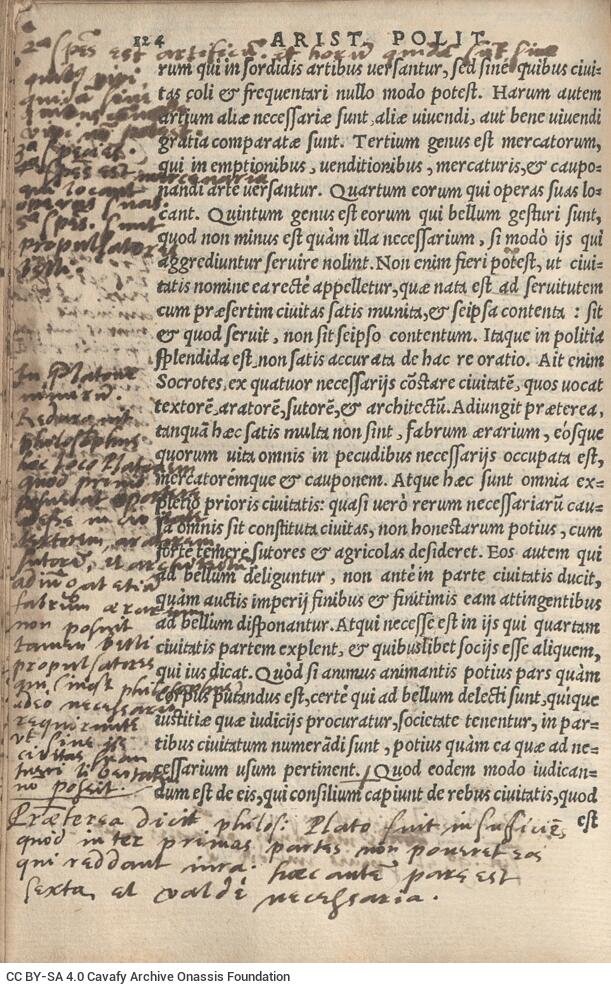
-

-
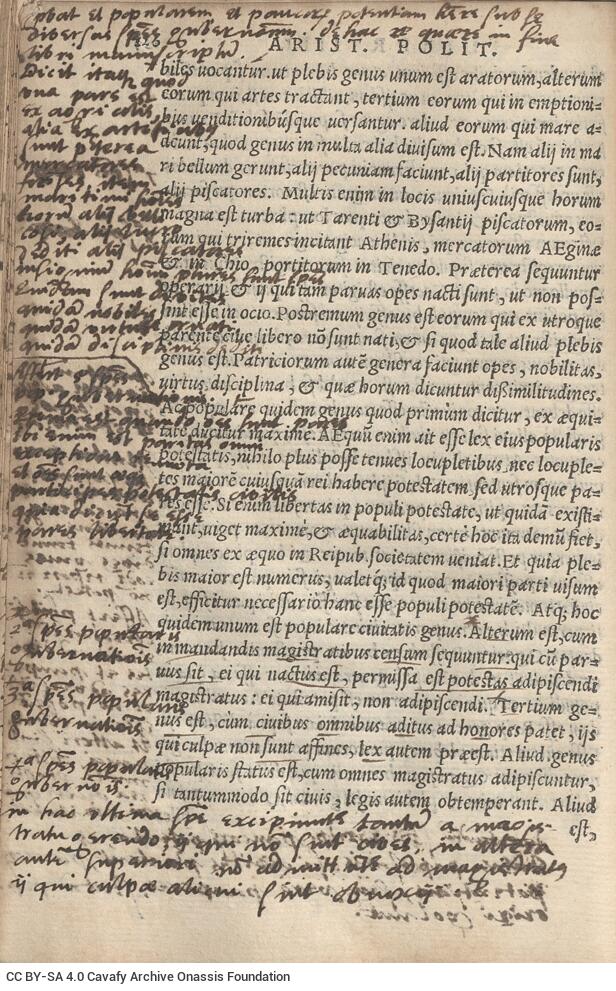
-

-
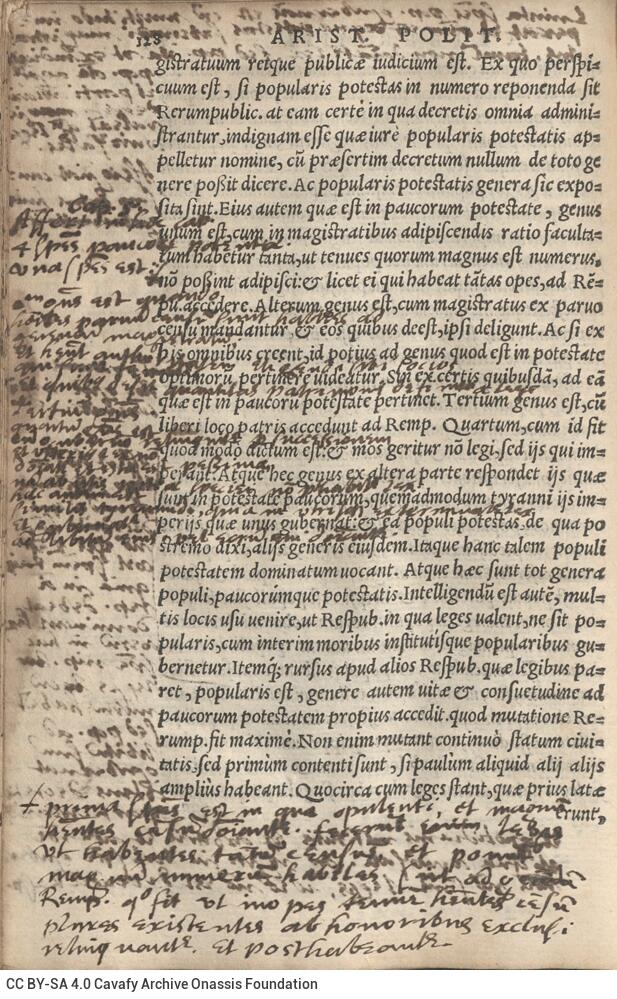
-

-
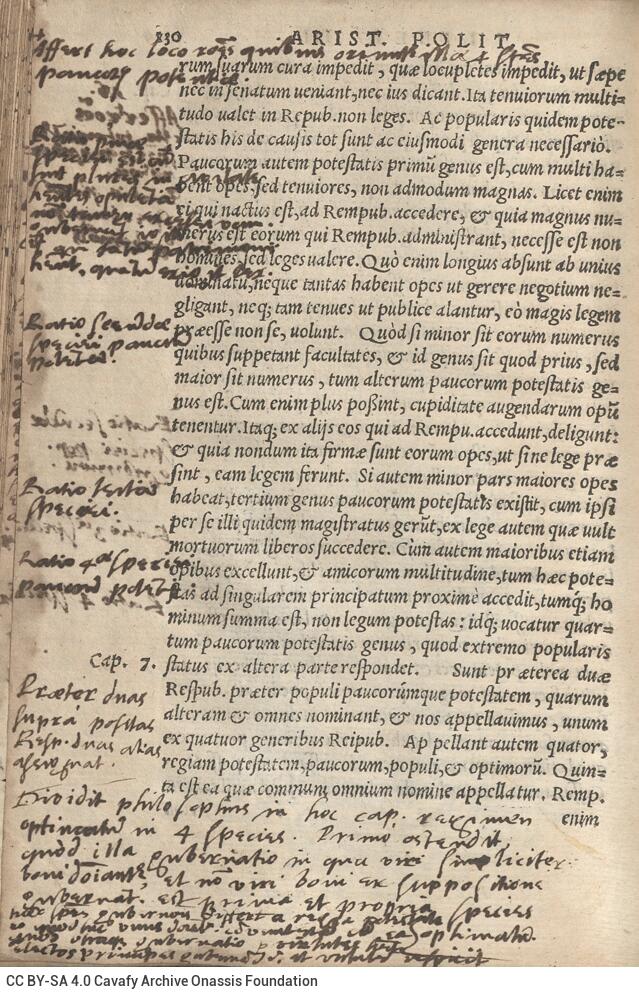
-
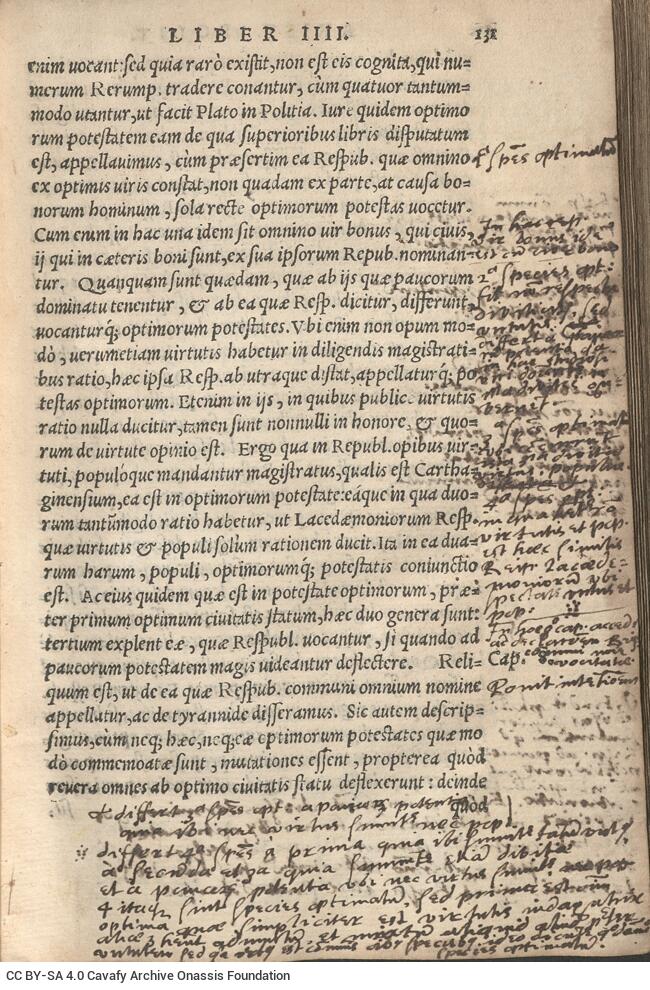
-
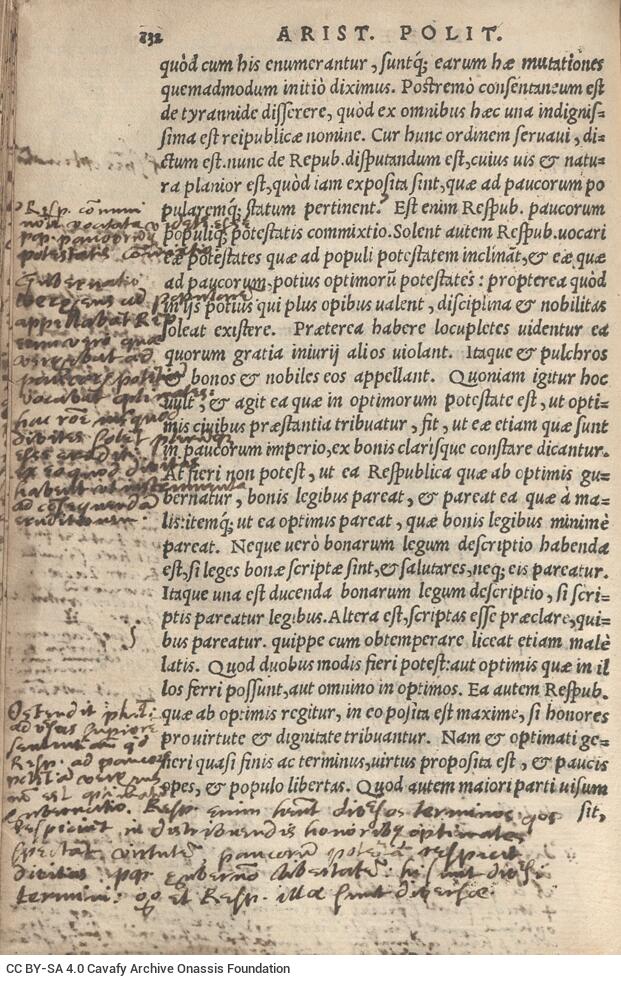
-

-

-

-
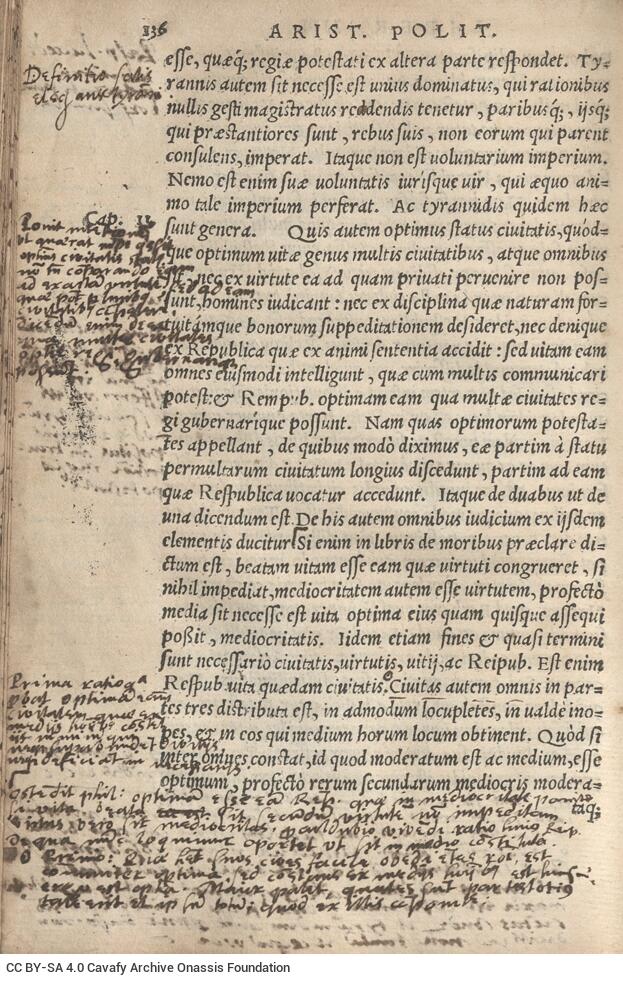
-

-
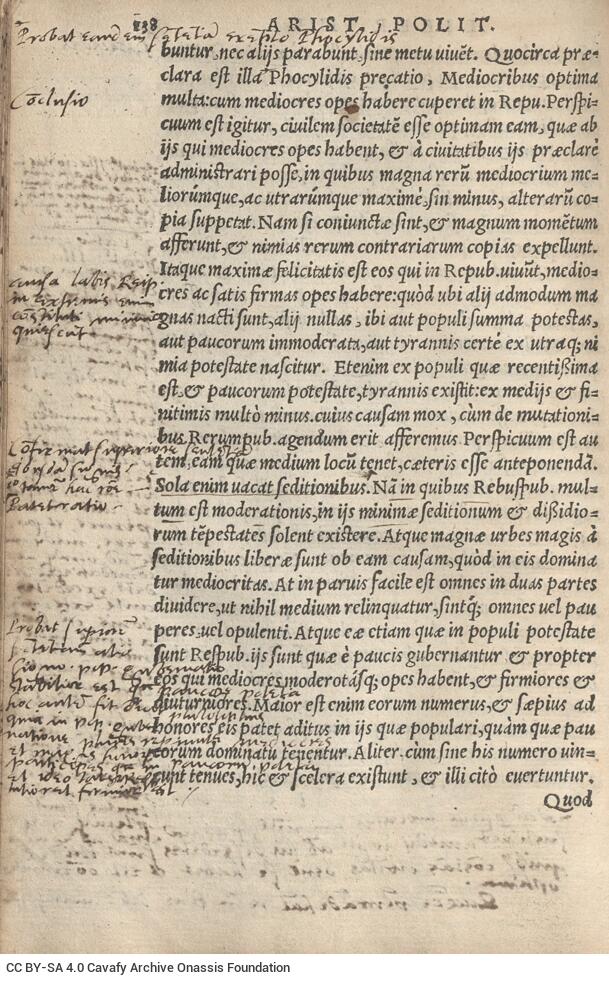
-
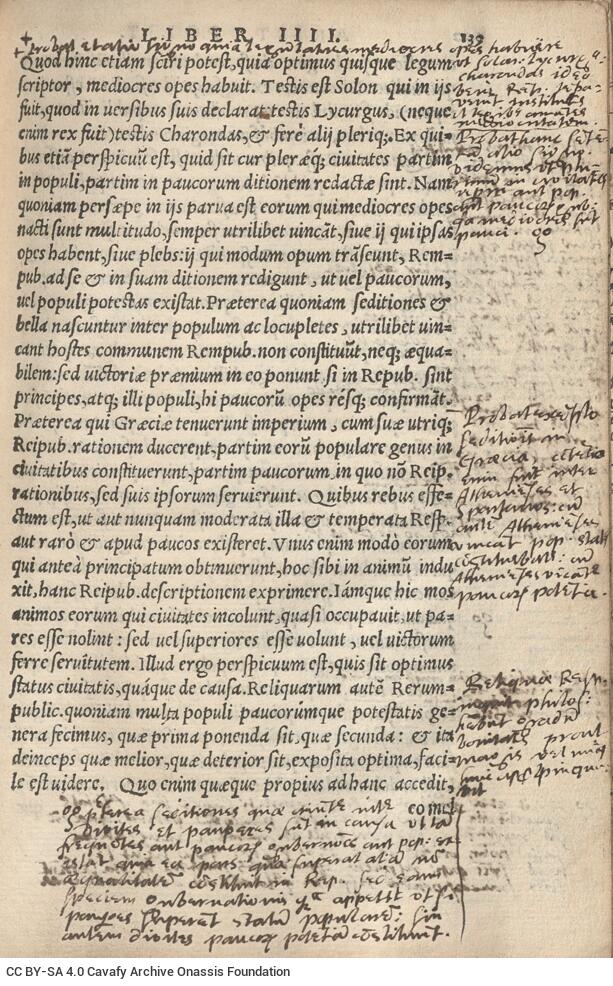
-
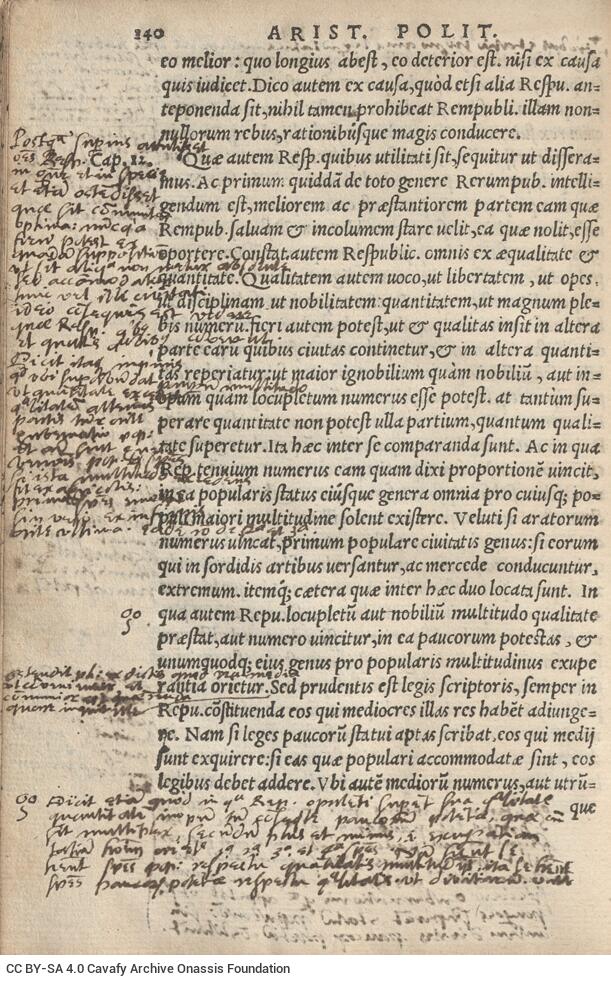
-
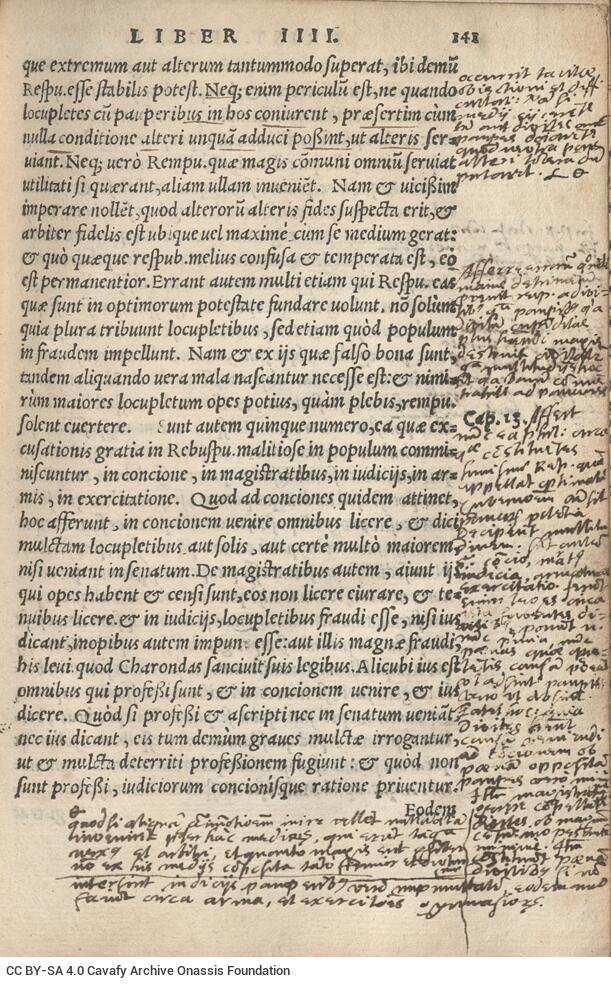
-
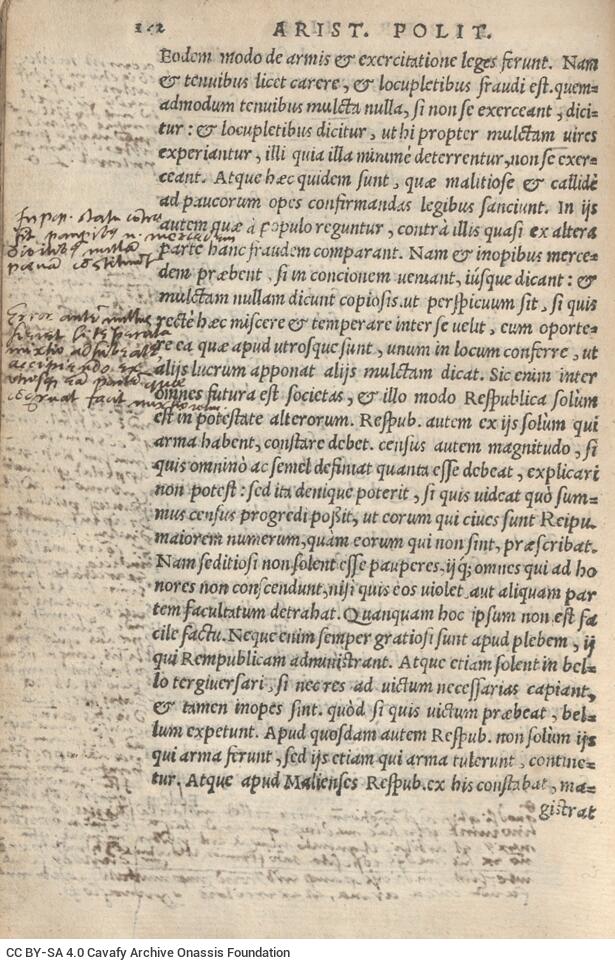
-
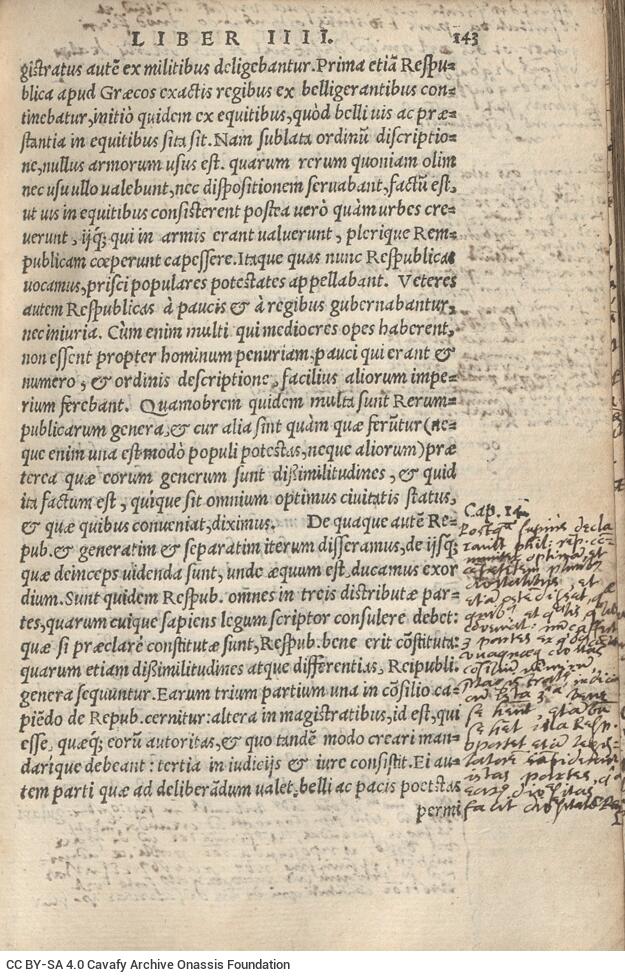
-

-

-

-
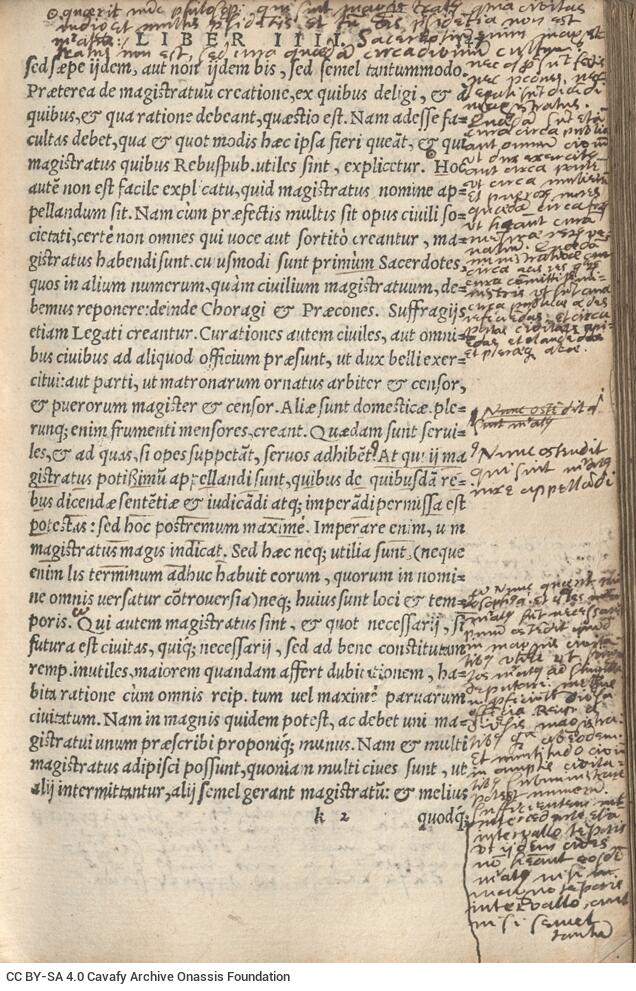
-
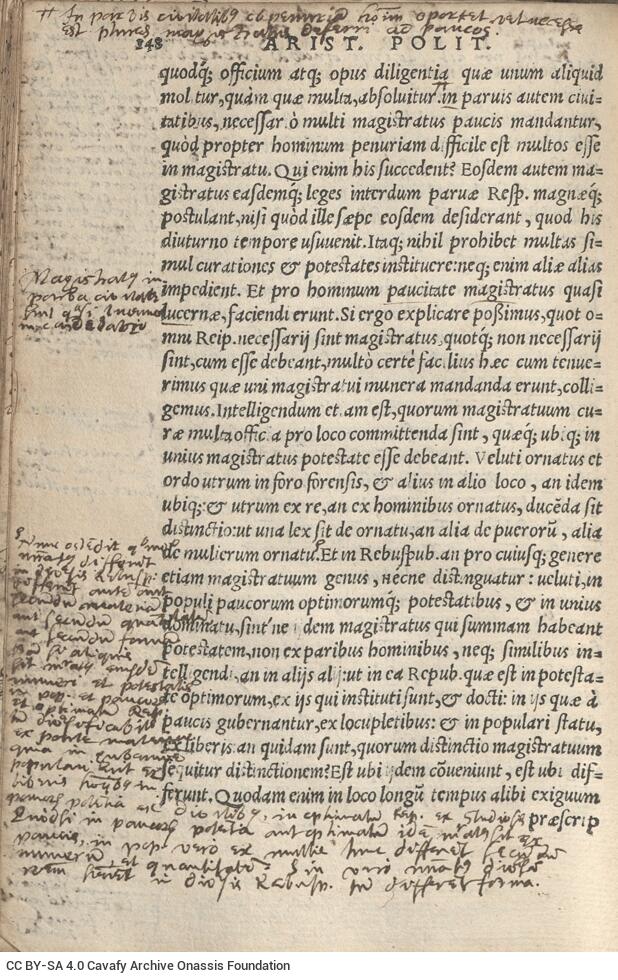
-

-
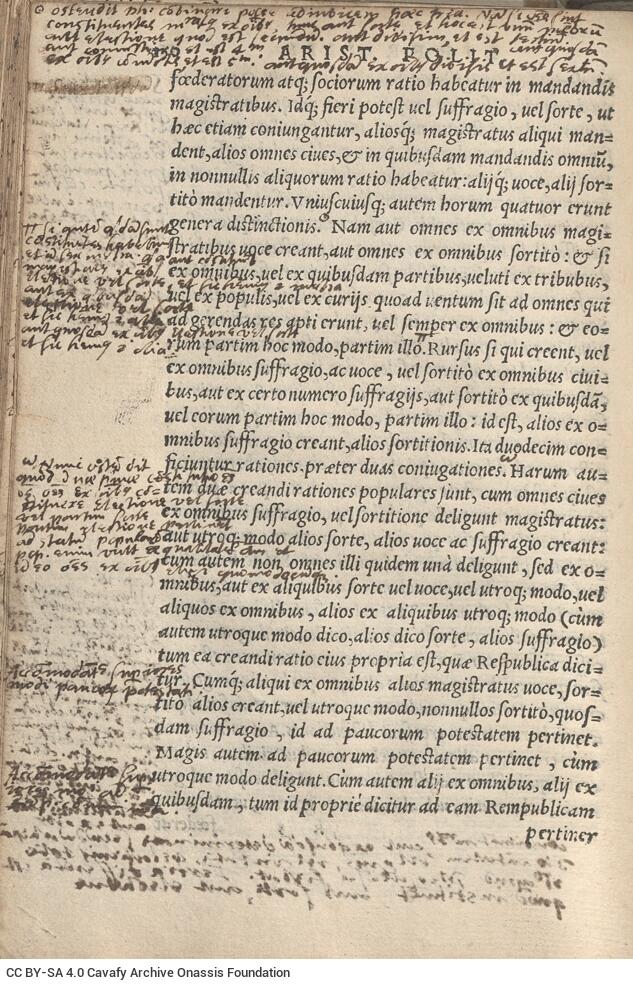
-
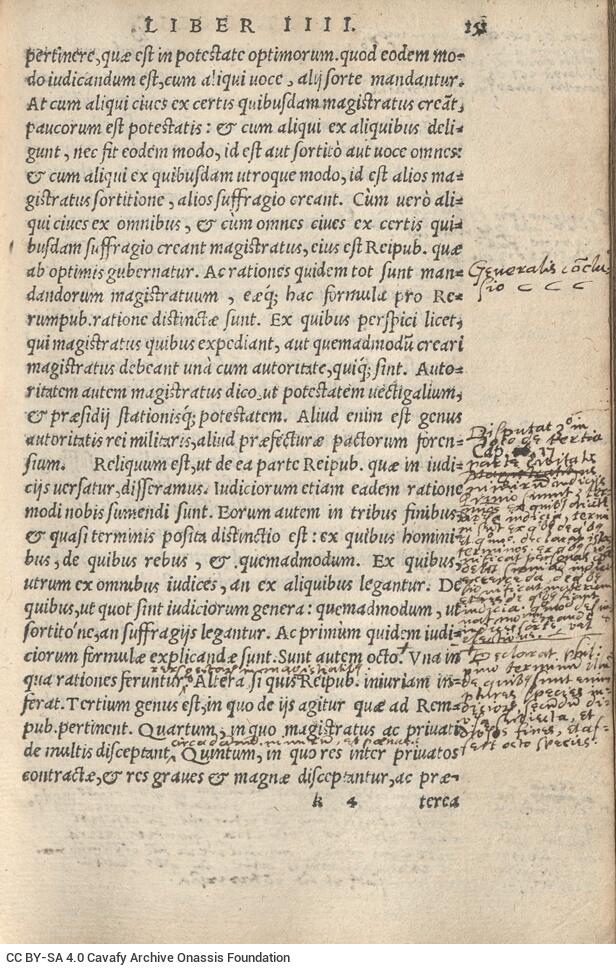
-

-

-

-

-
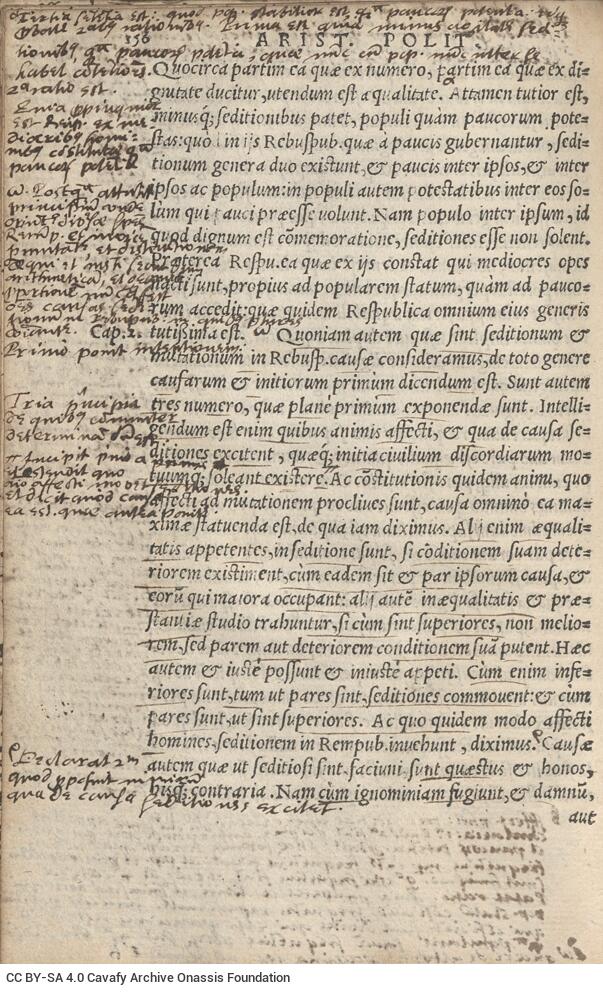
-
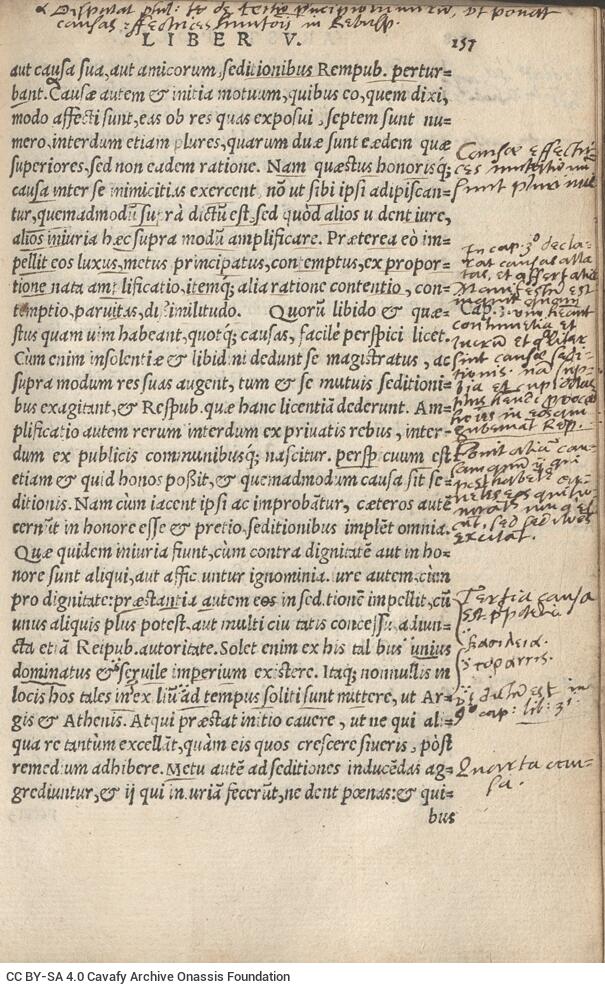
-

-
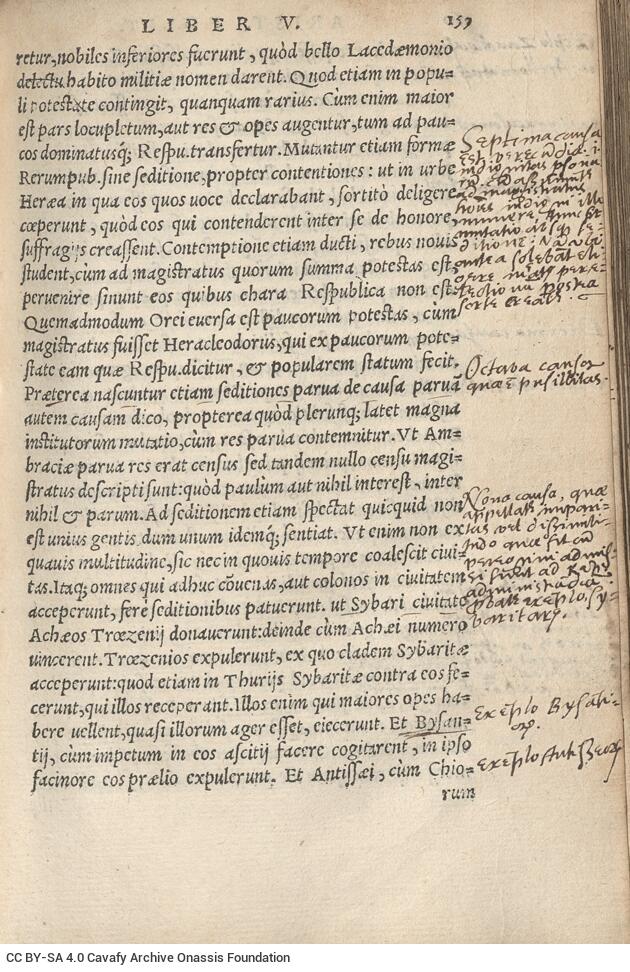
-
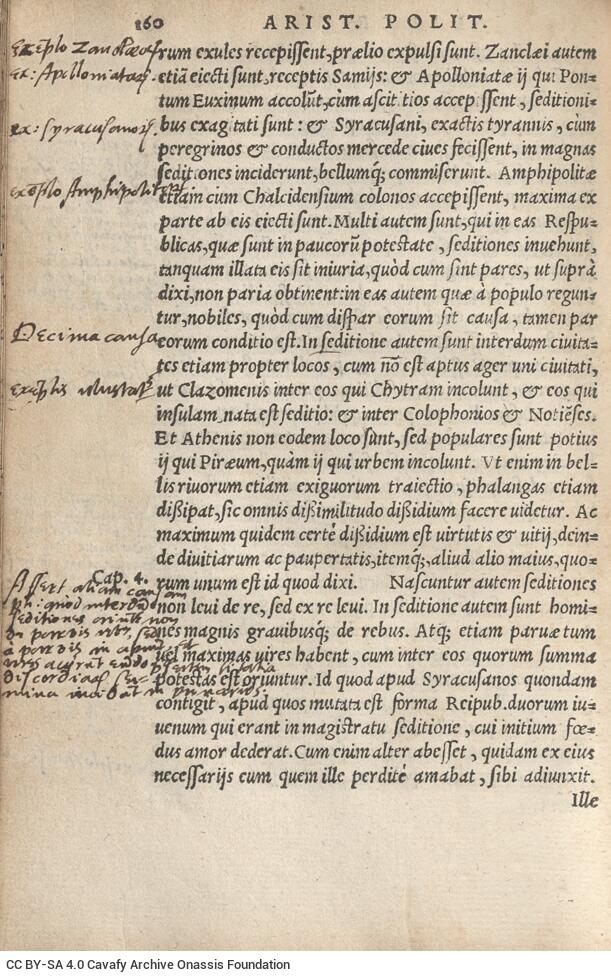
-

-

-

-
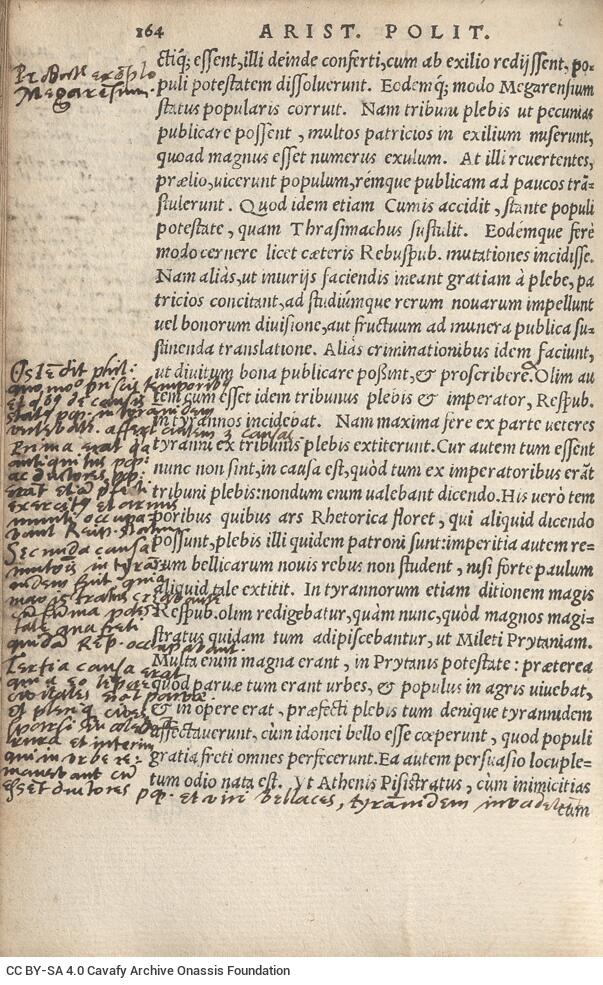
-
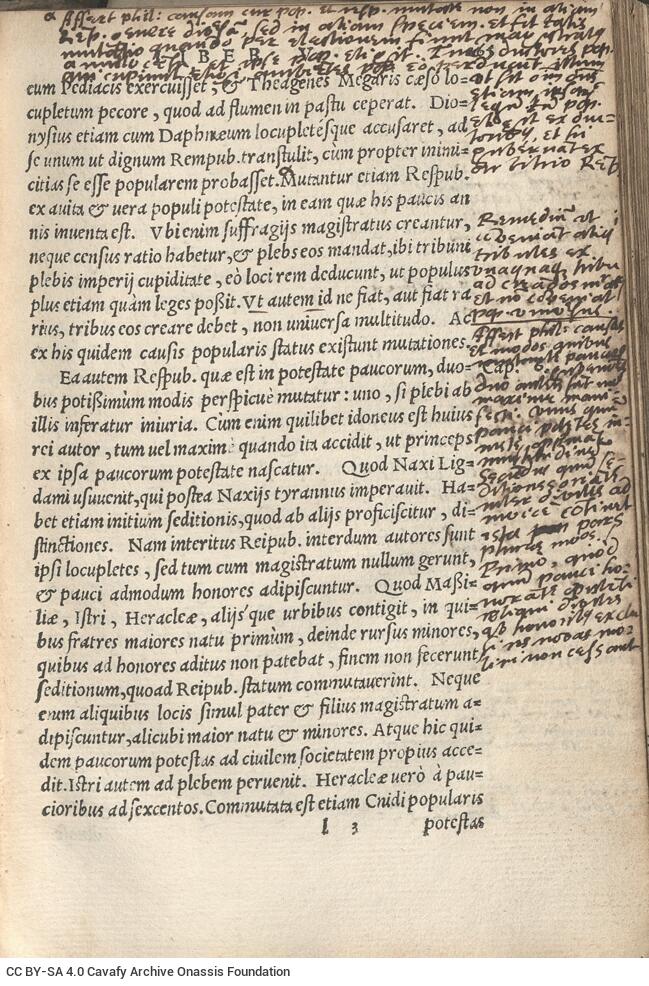
-

-

-

-
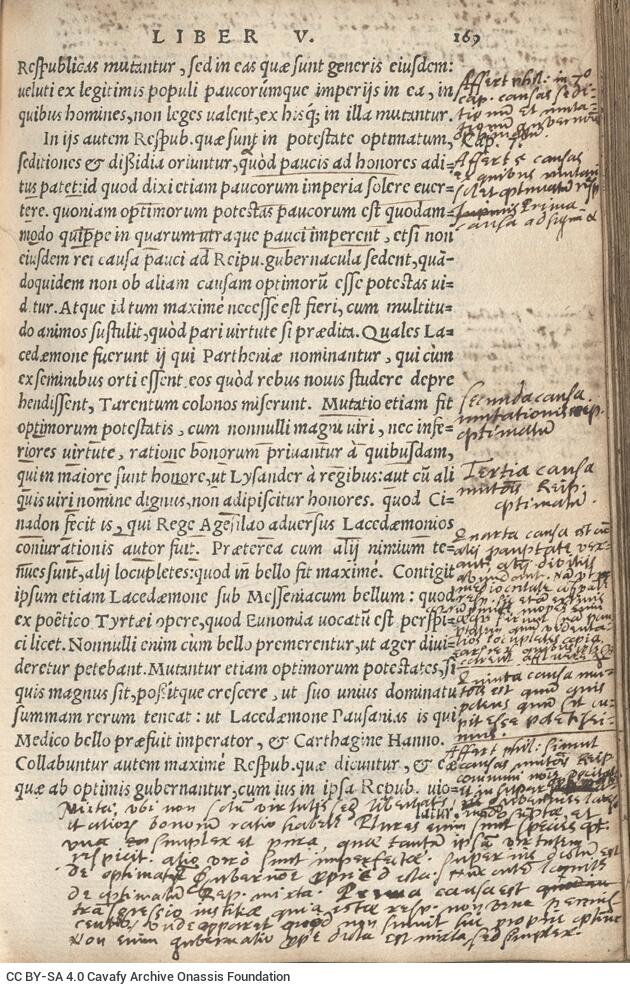
-
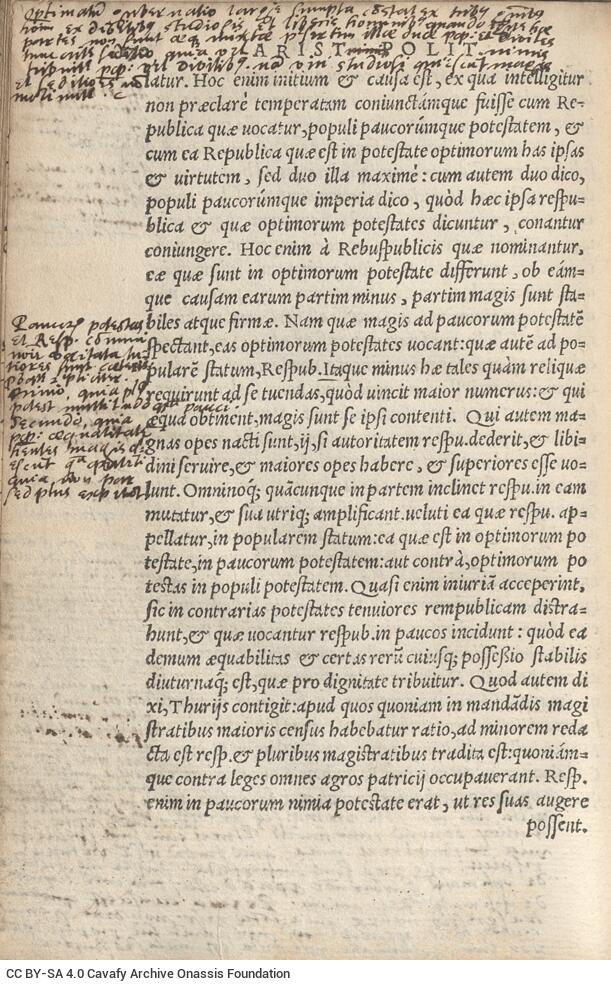
-

-
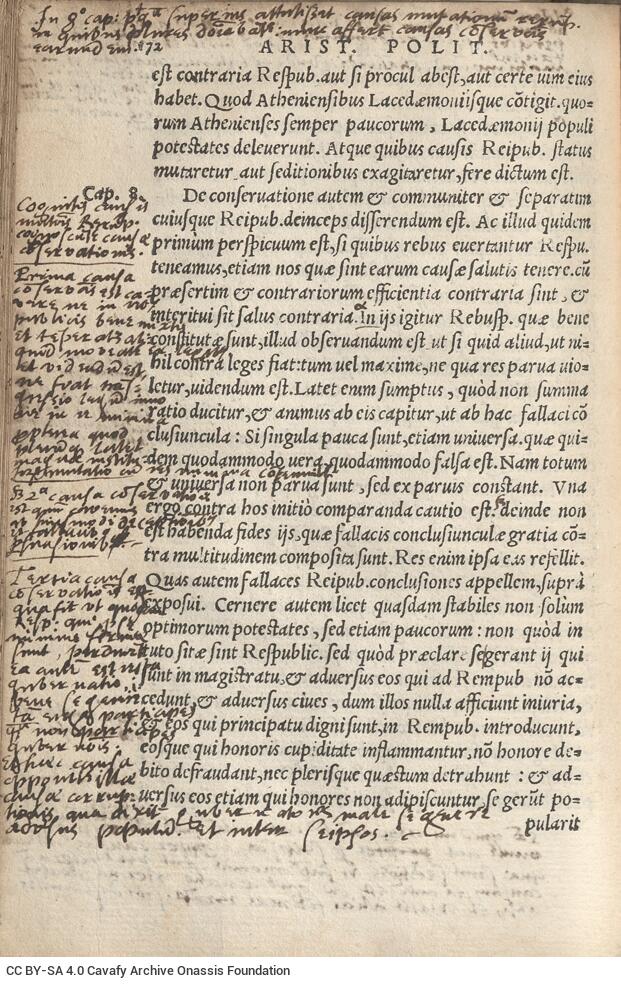
-
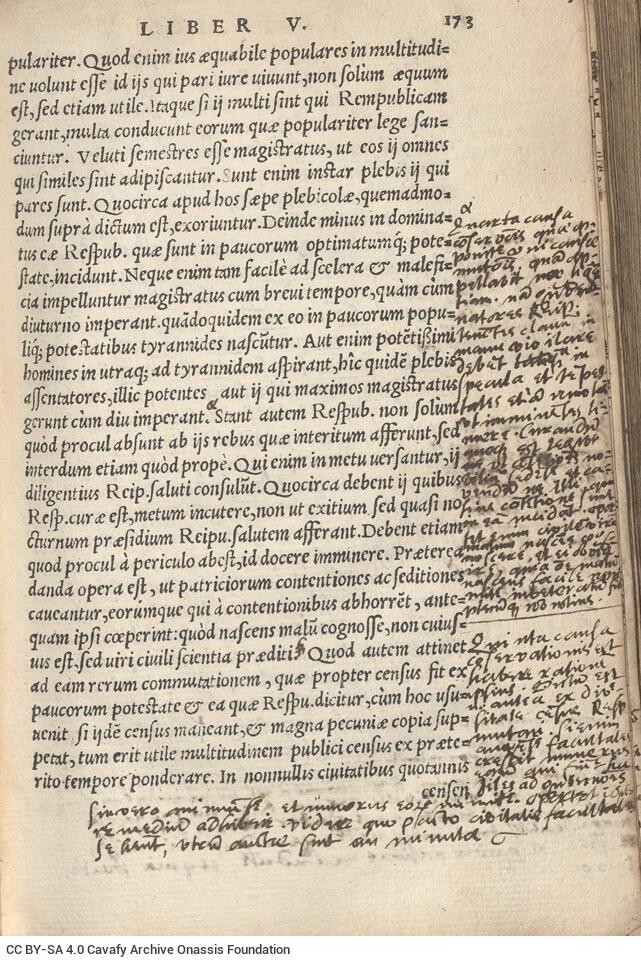
-
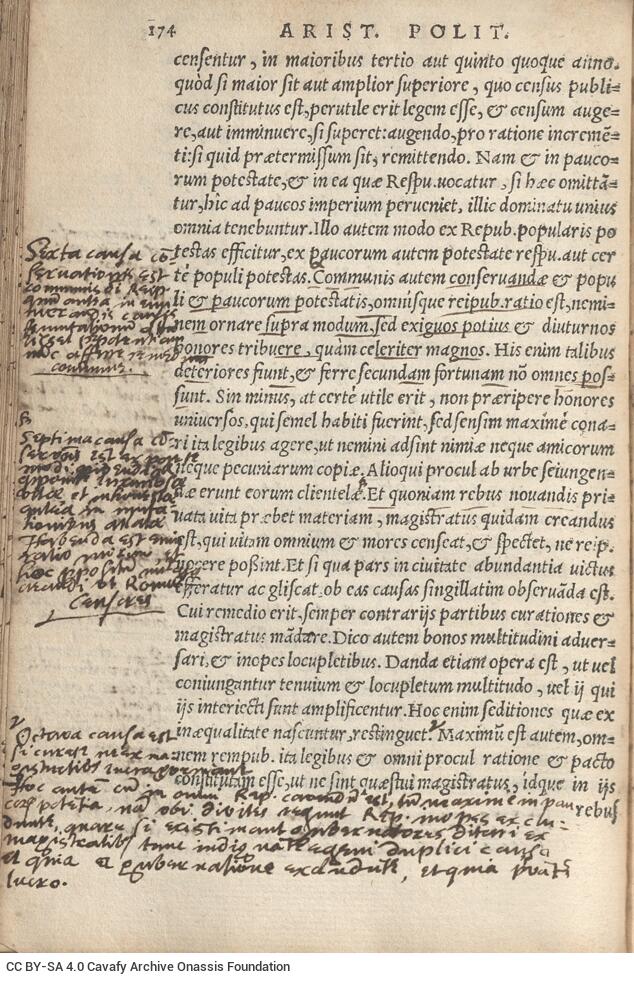
-

-
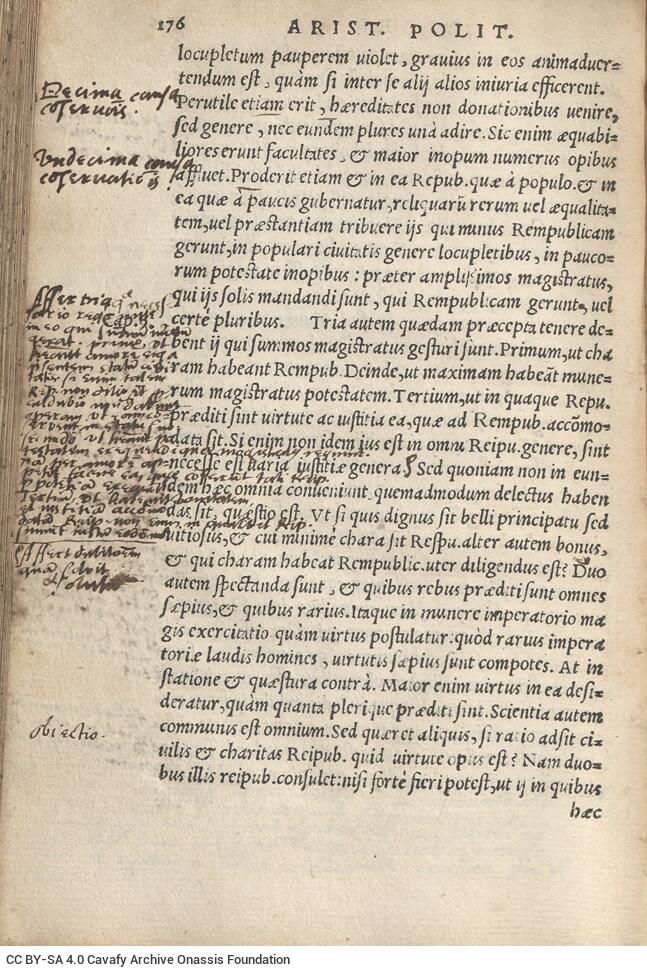
-

-

-

-
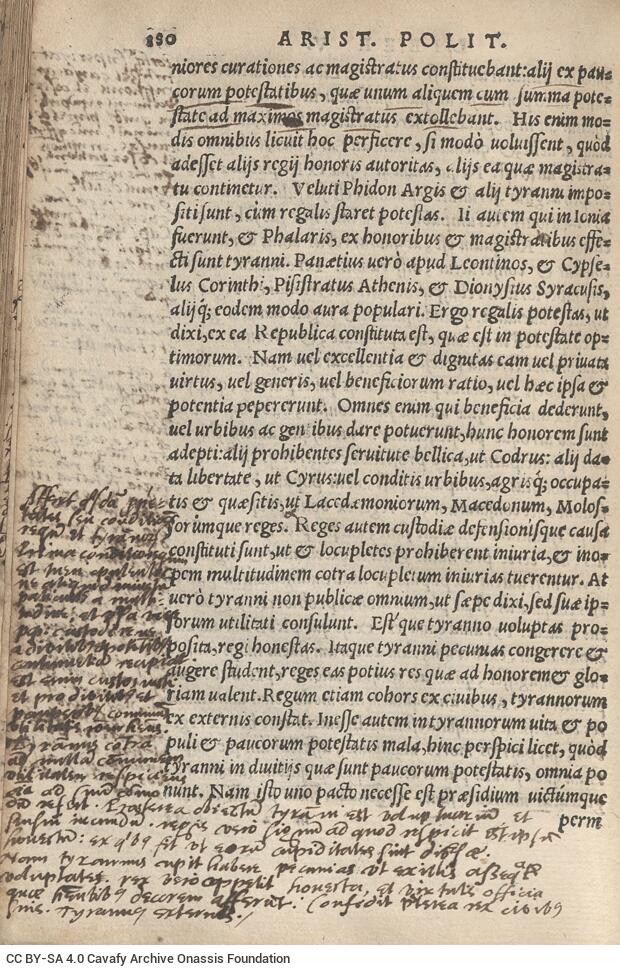
-
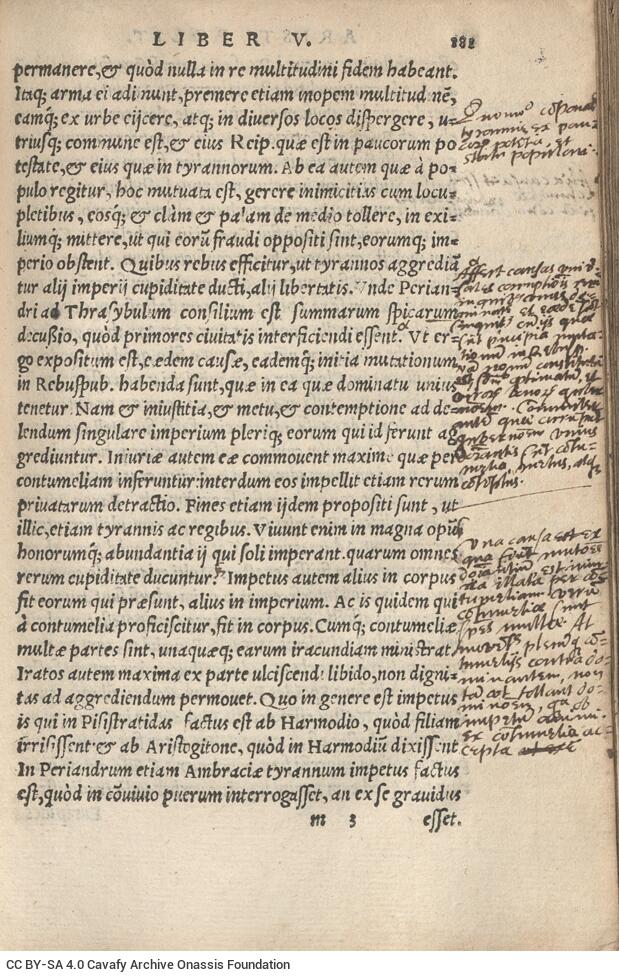
-

-
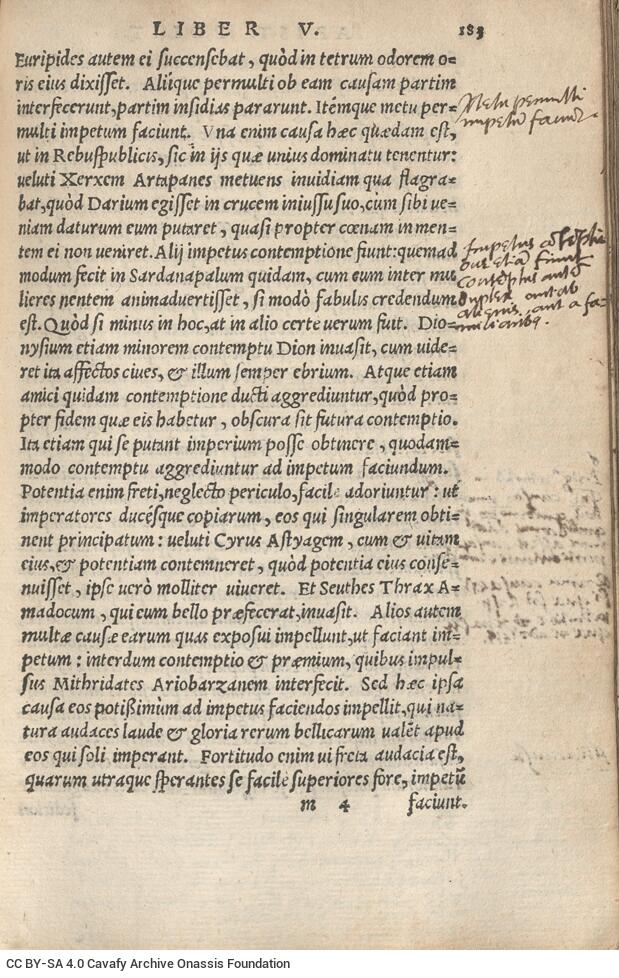
-

-

-
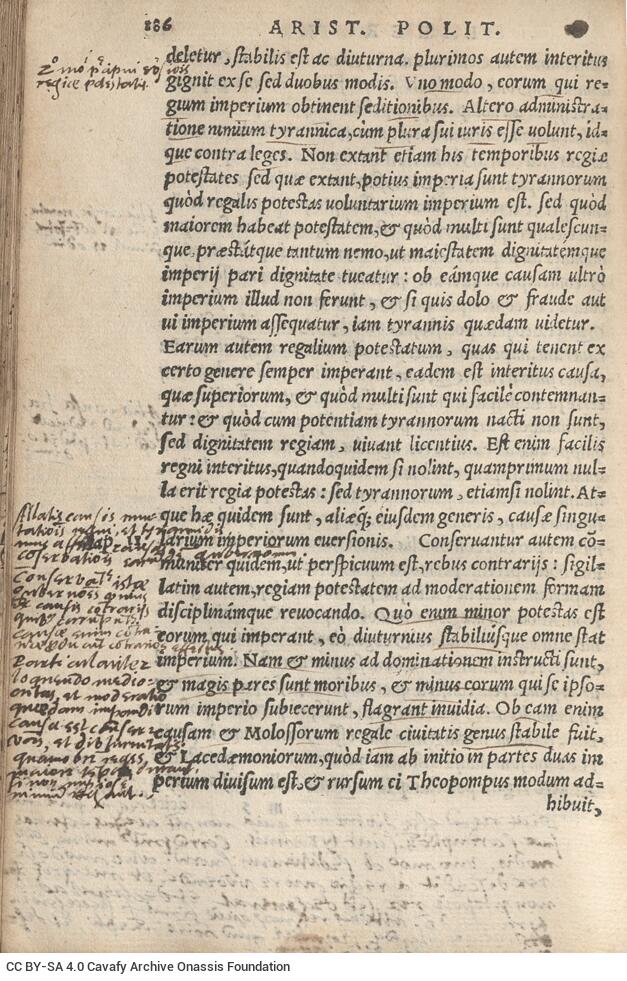
-

-

-

-

-

-
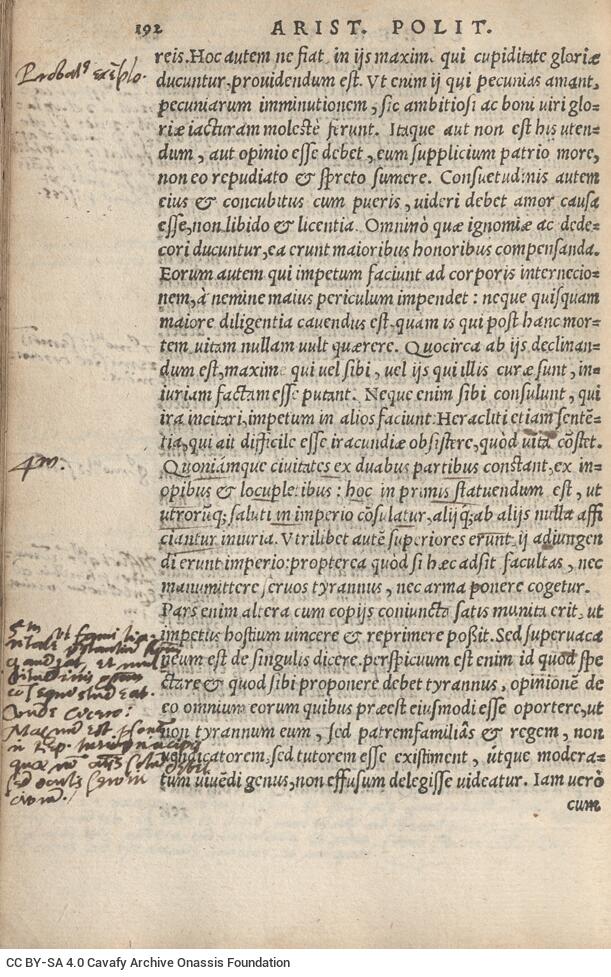
-
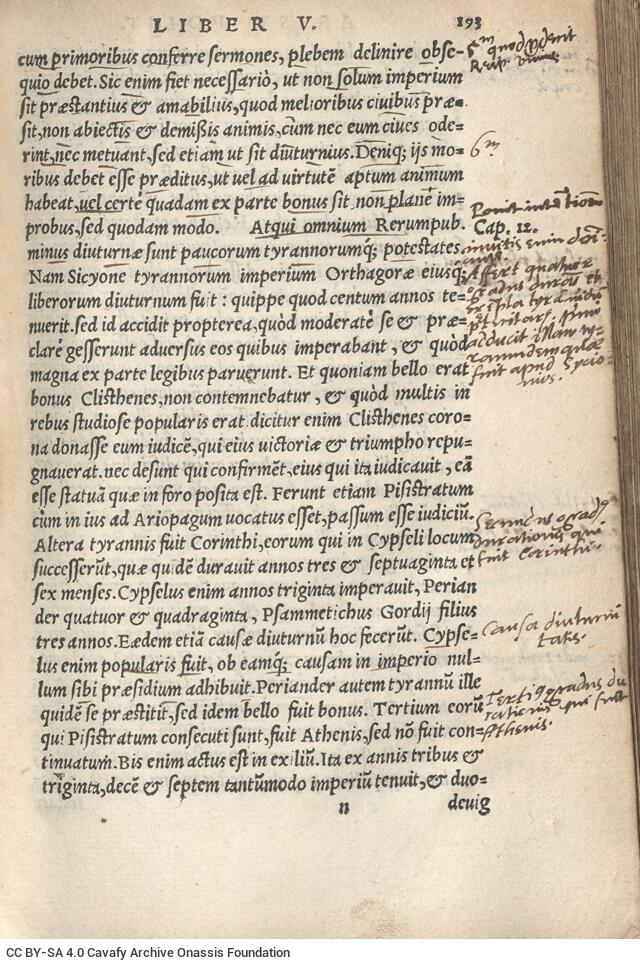
-

-
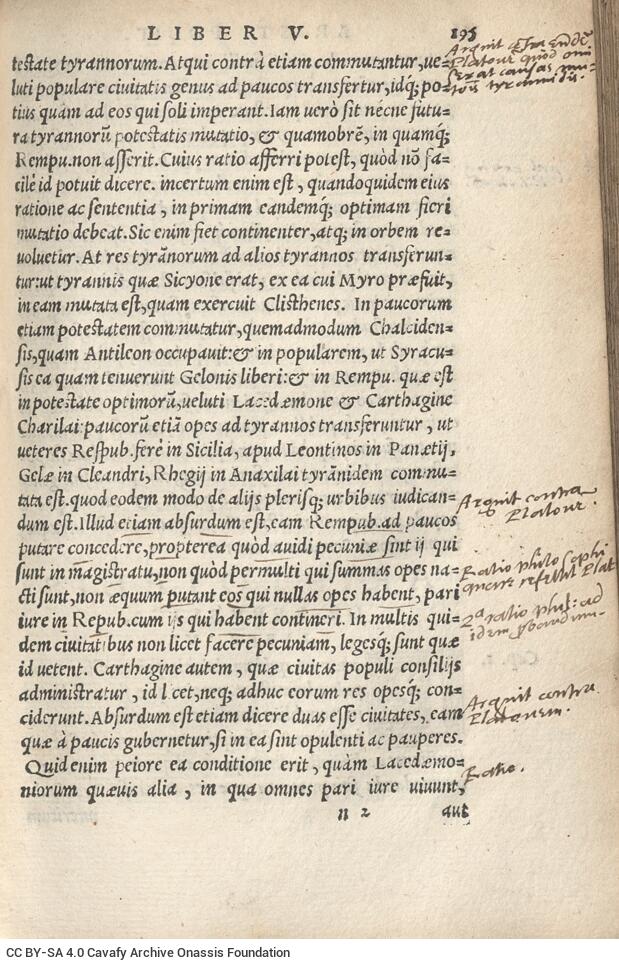
-

-

-
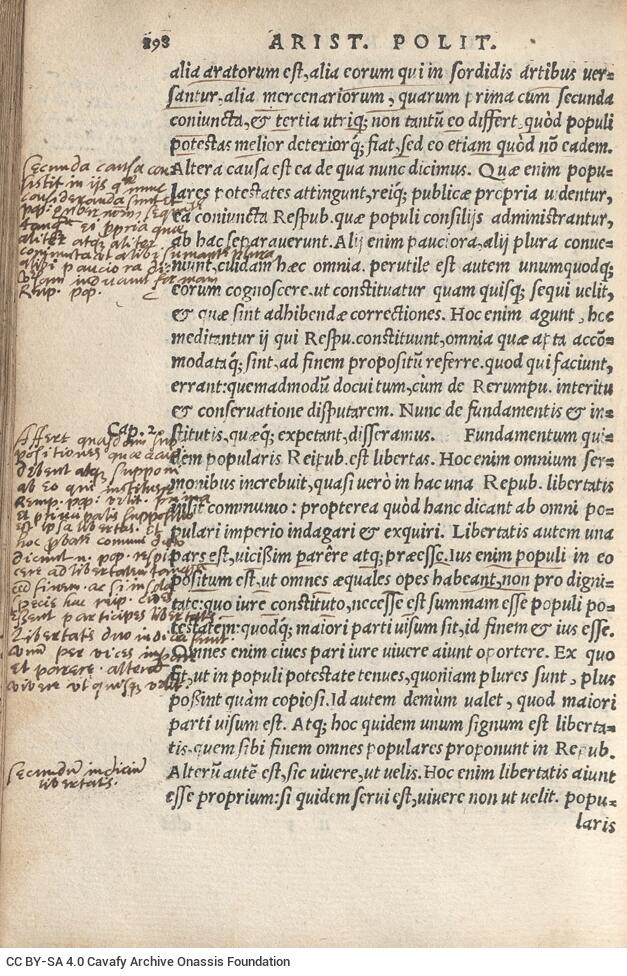
-
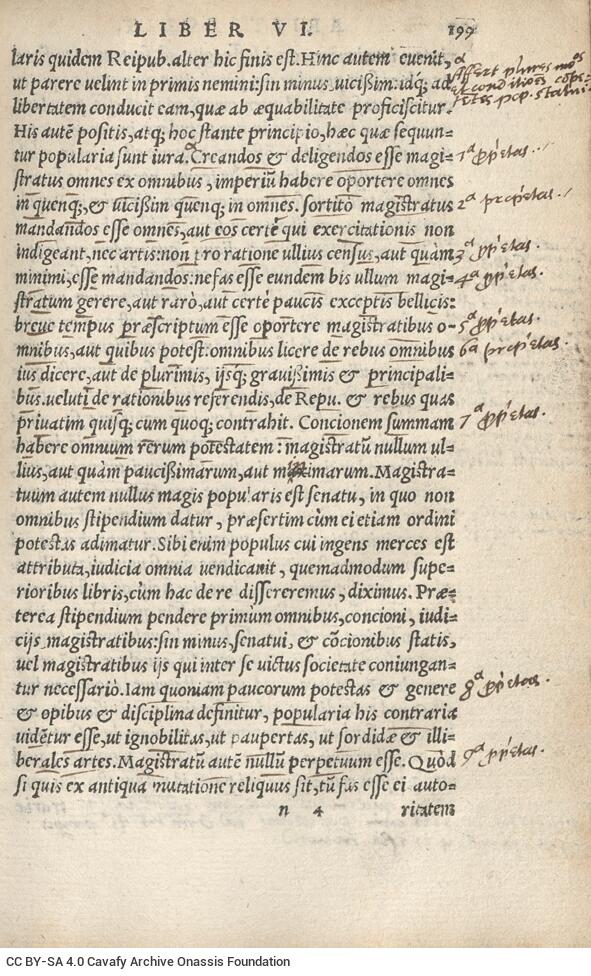
-
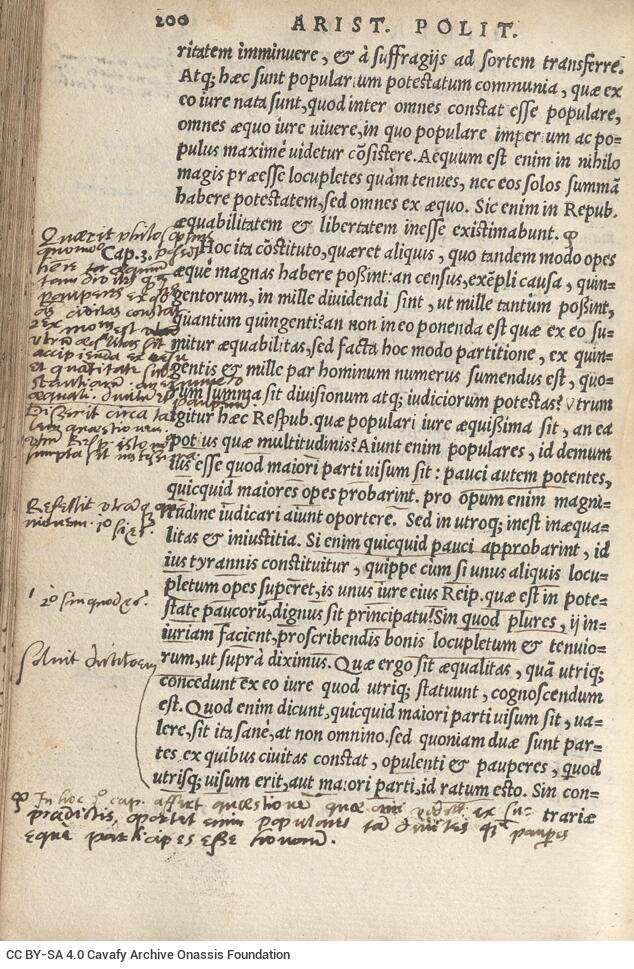
-
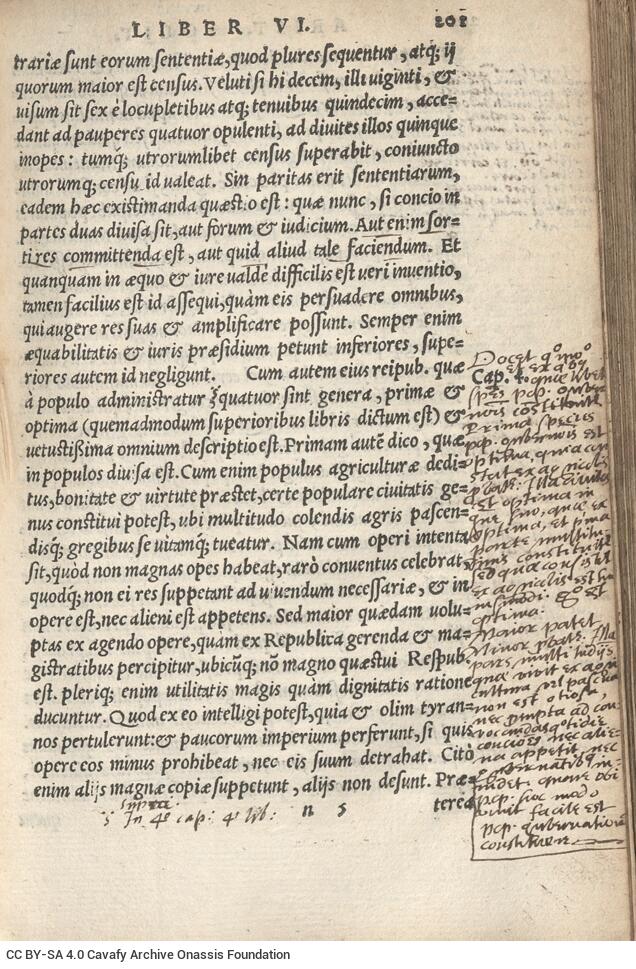
-
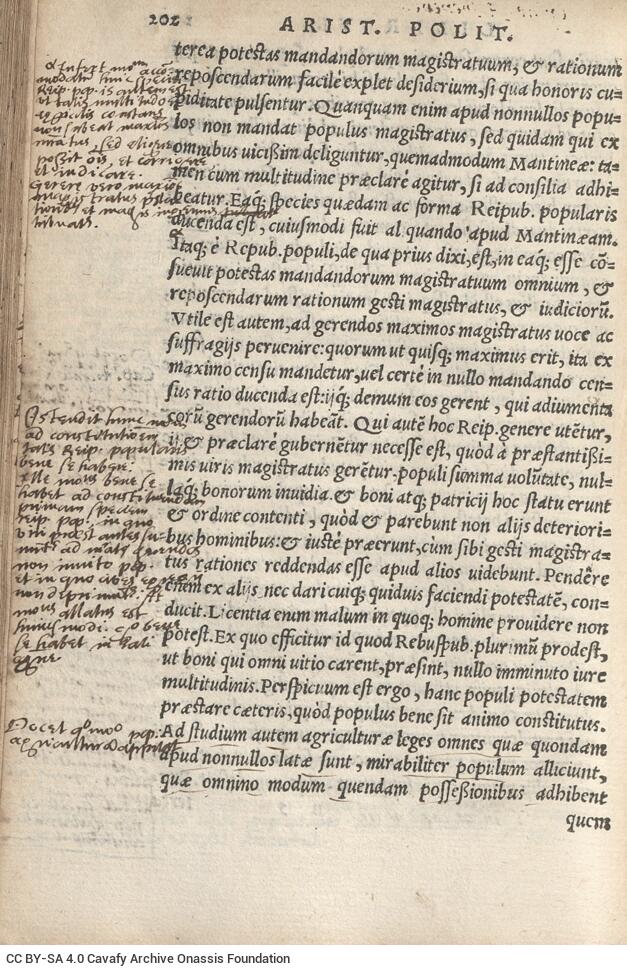
-
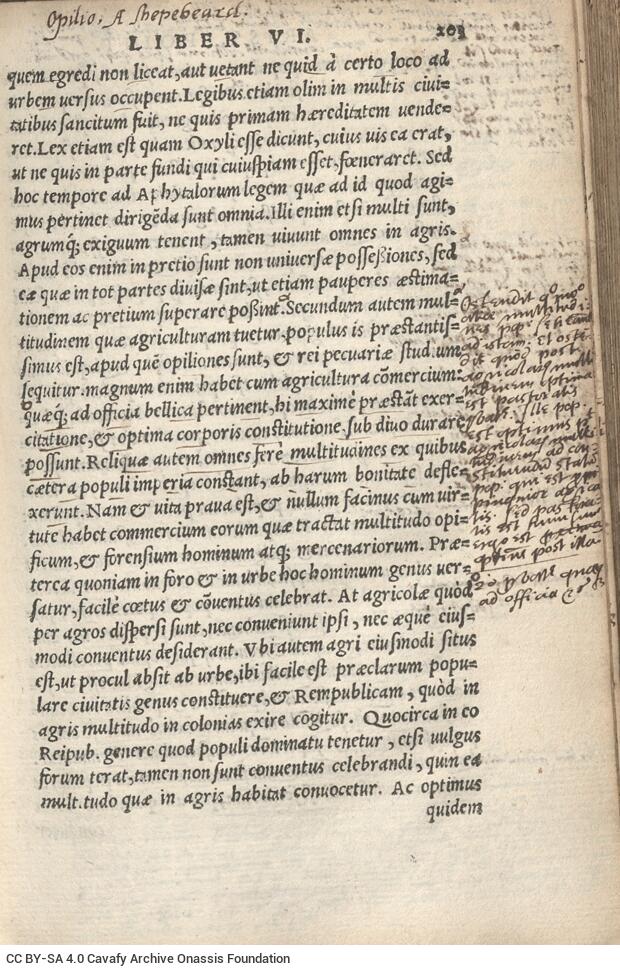
-

-

-
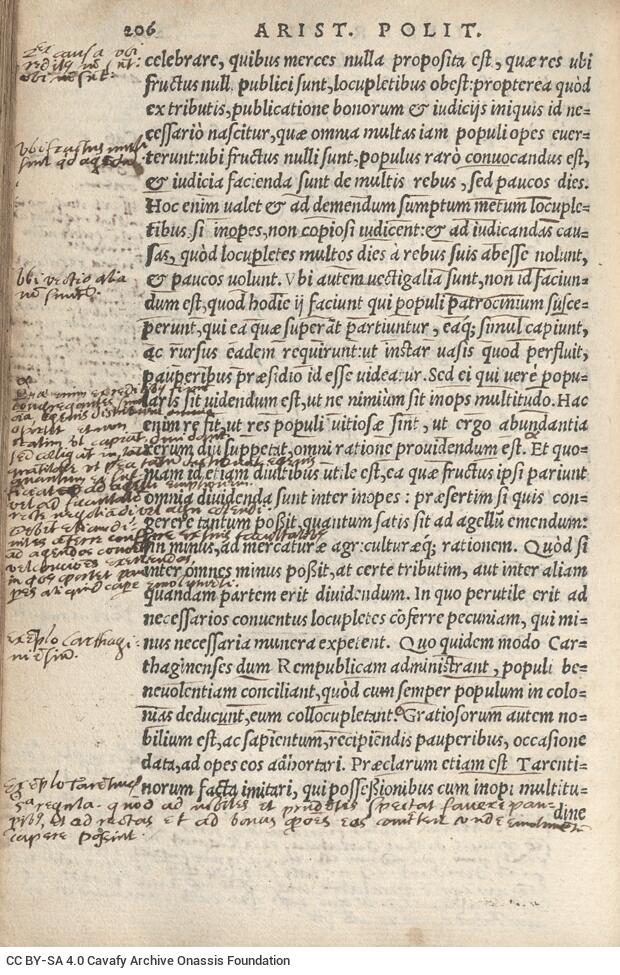
-

-
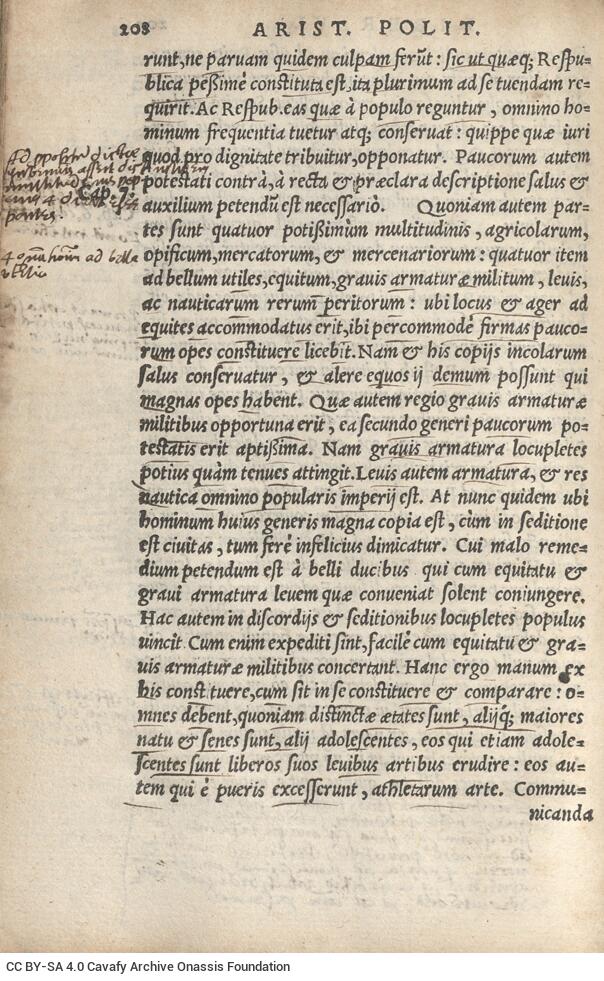
-
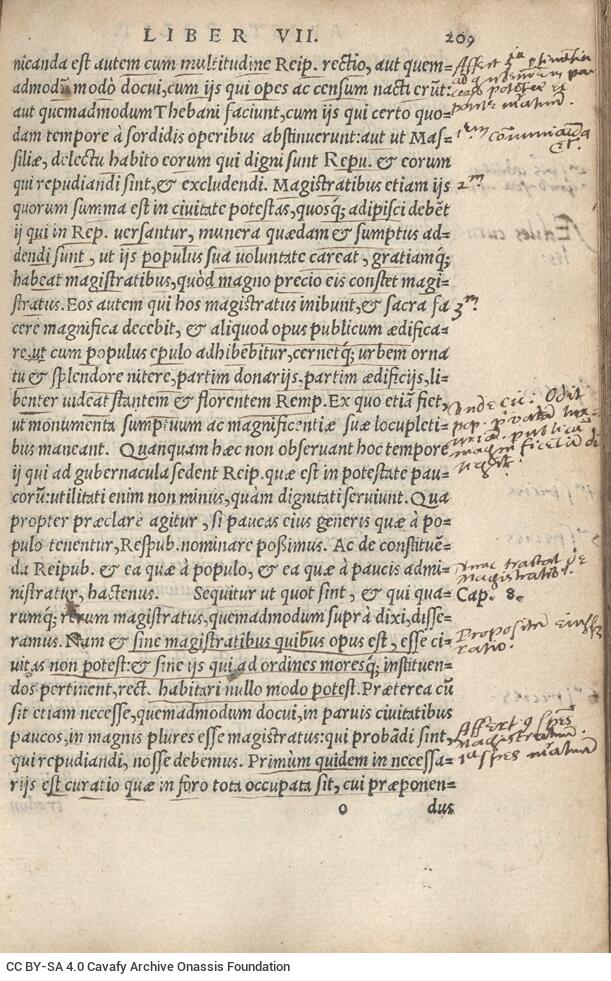
-

-
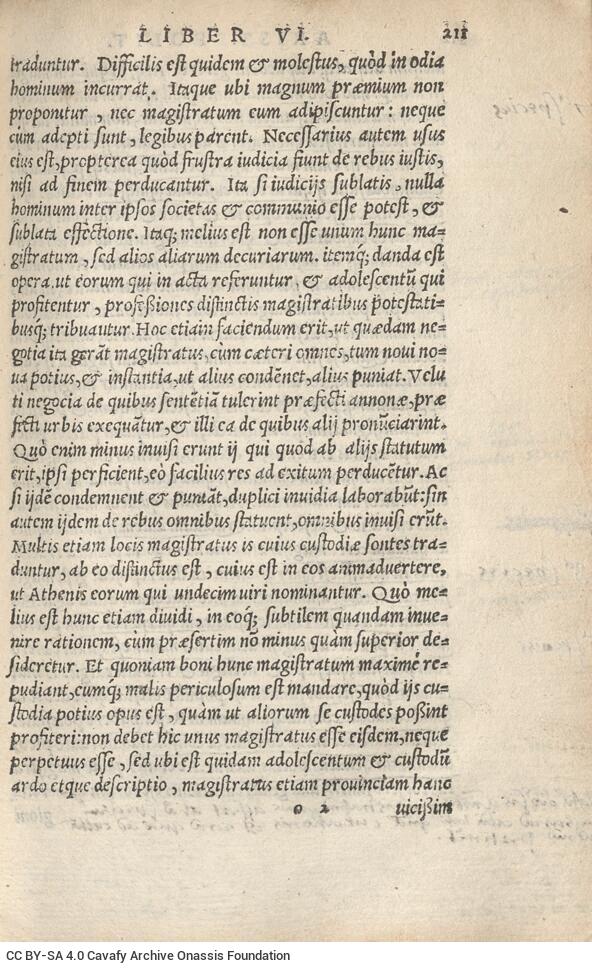
-
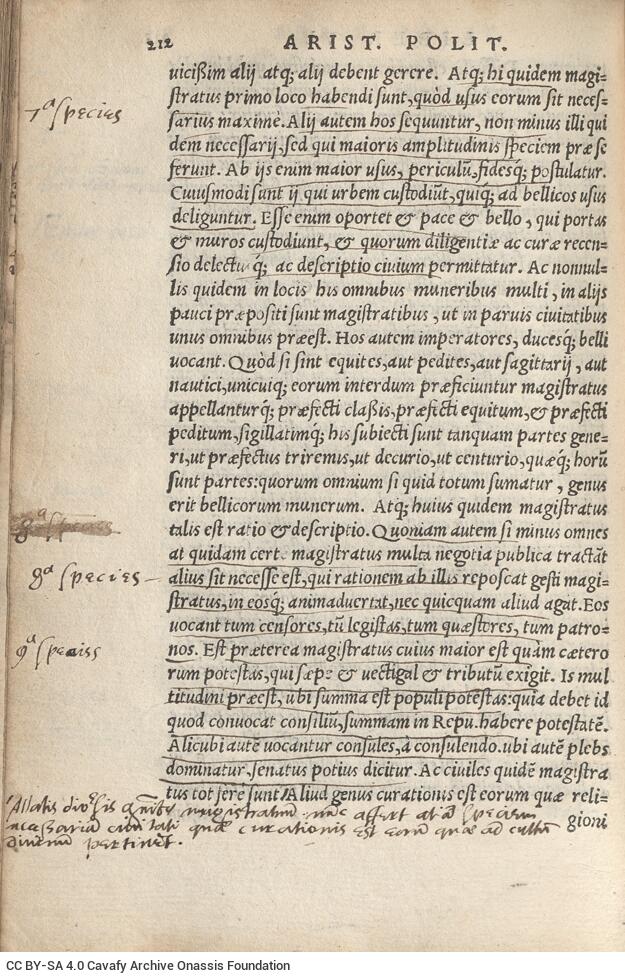
-

-
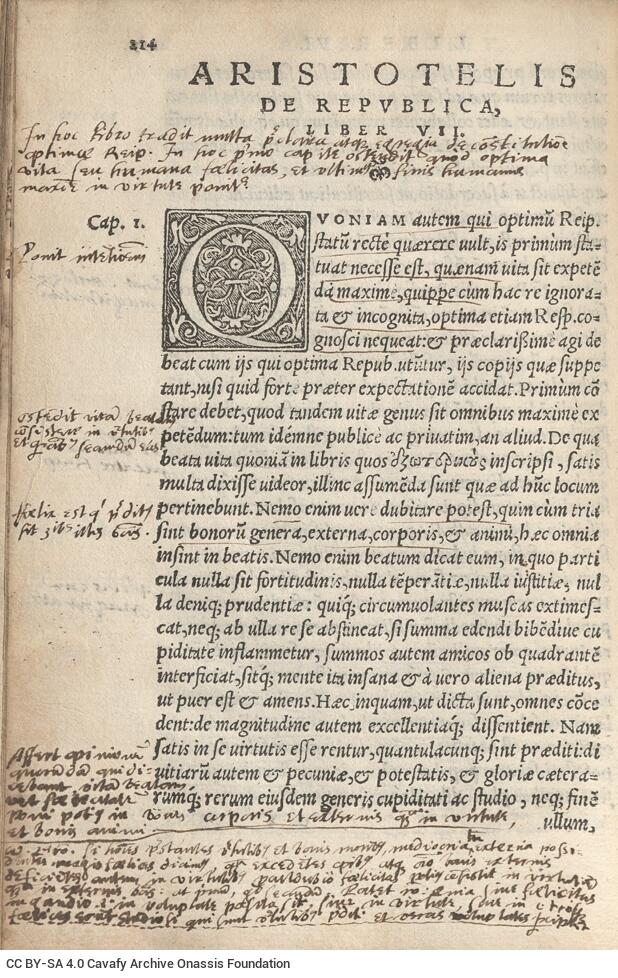
-

-
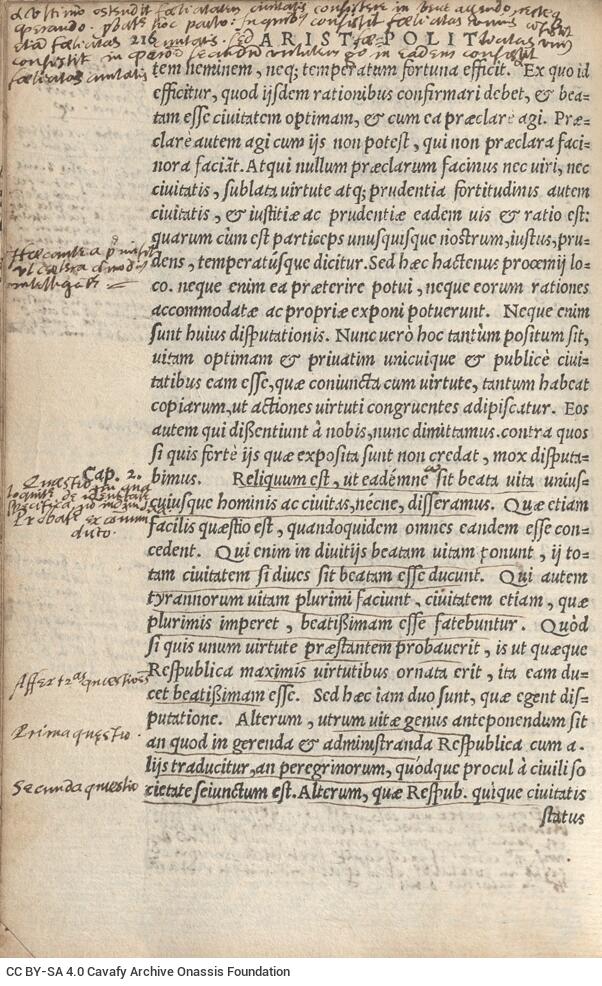
-
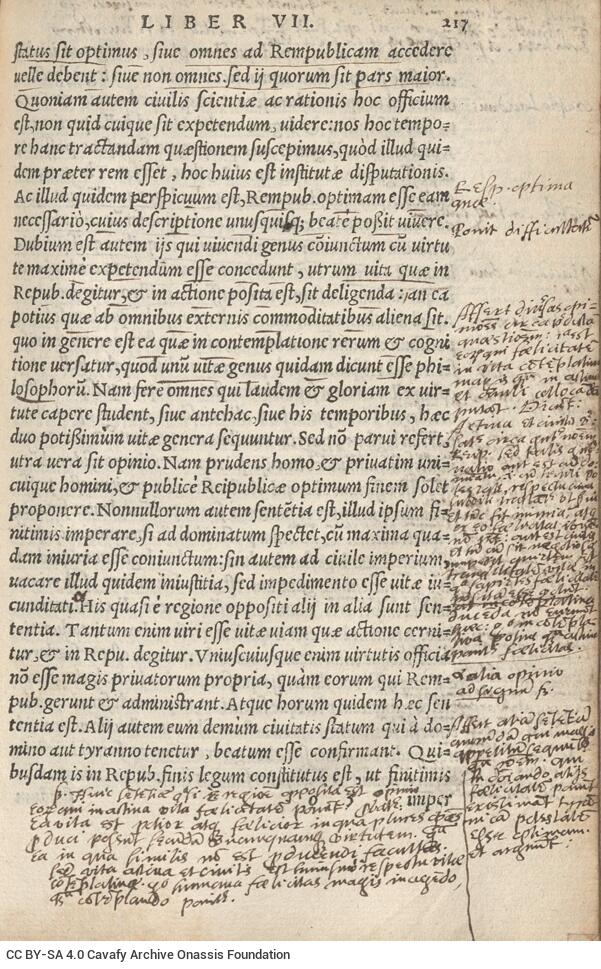
-

-
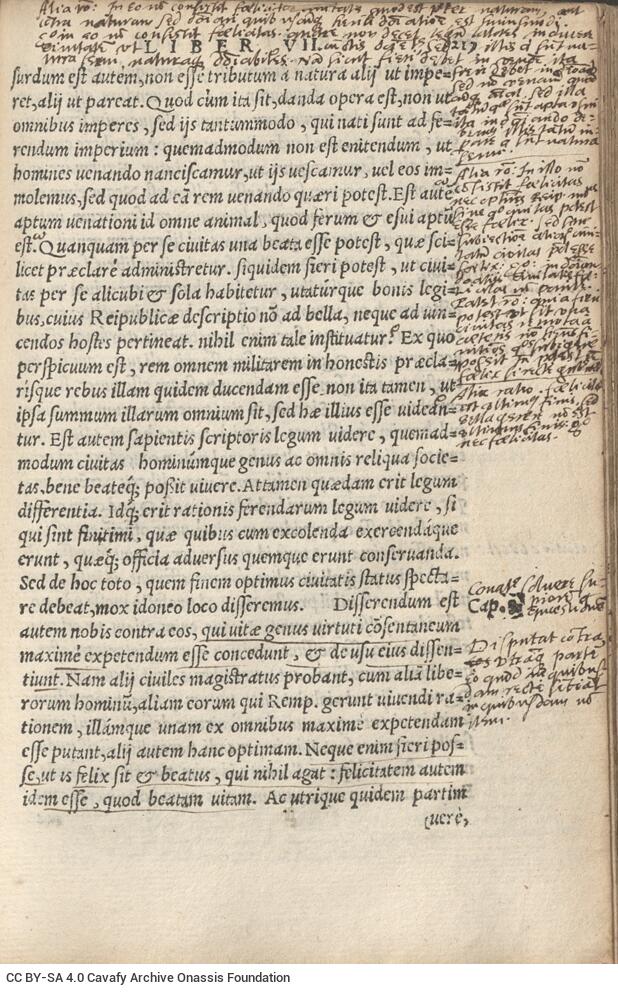
-

-
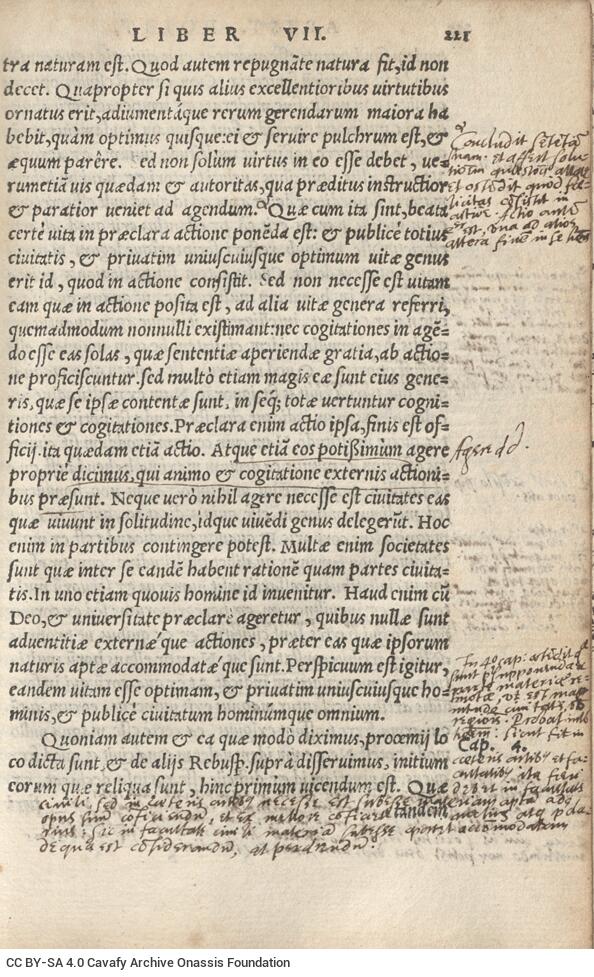
-
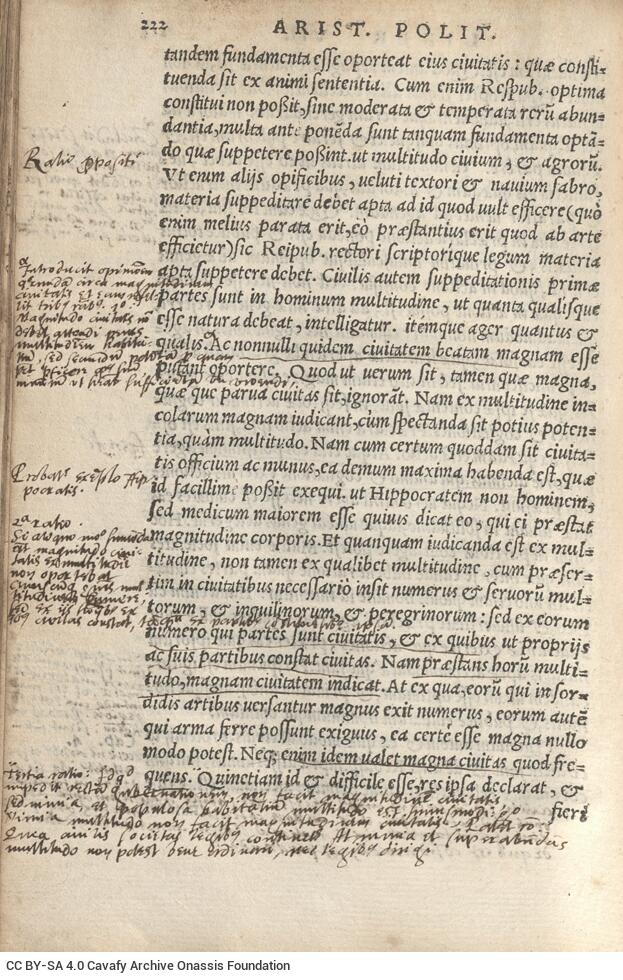
-
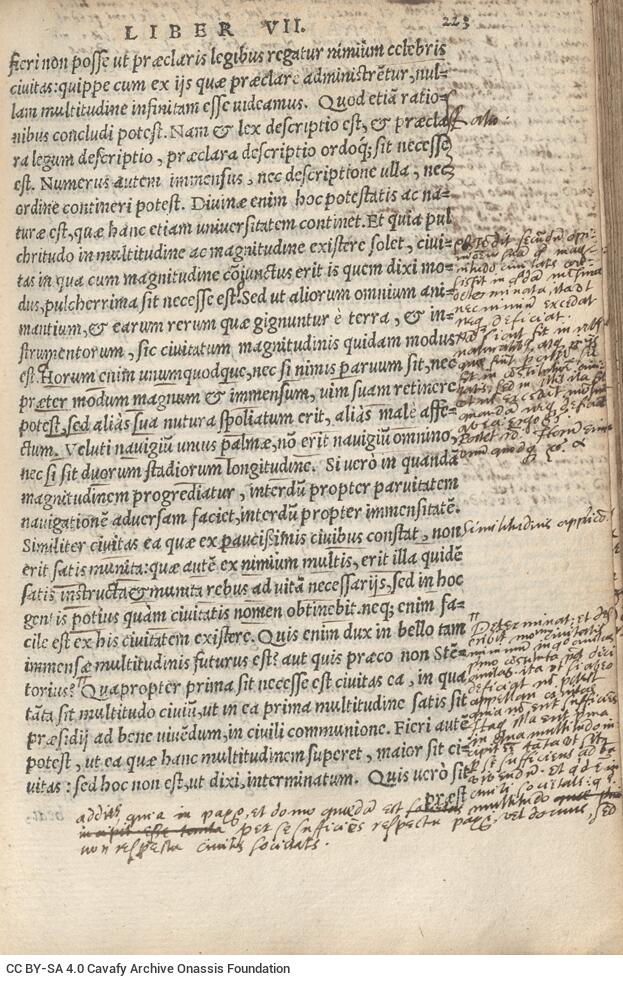
-
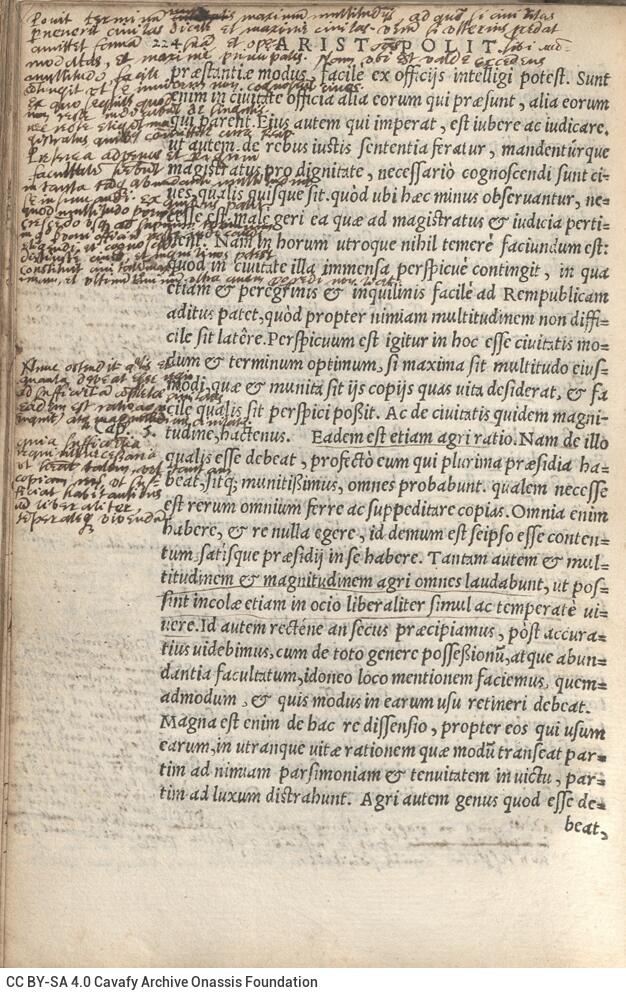
-

-
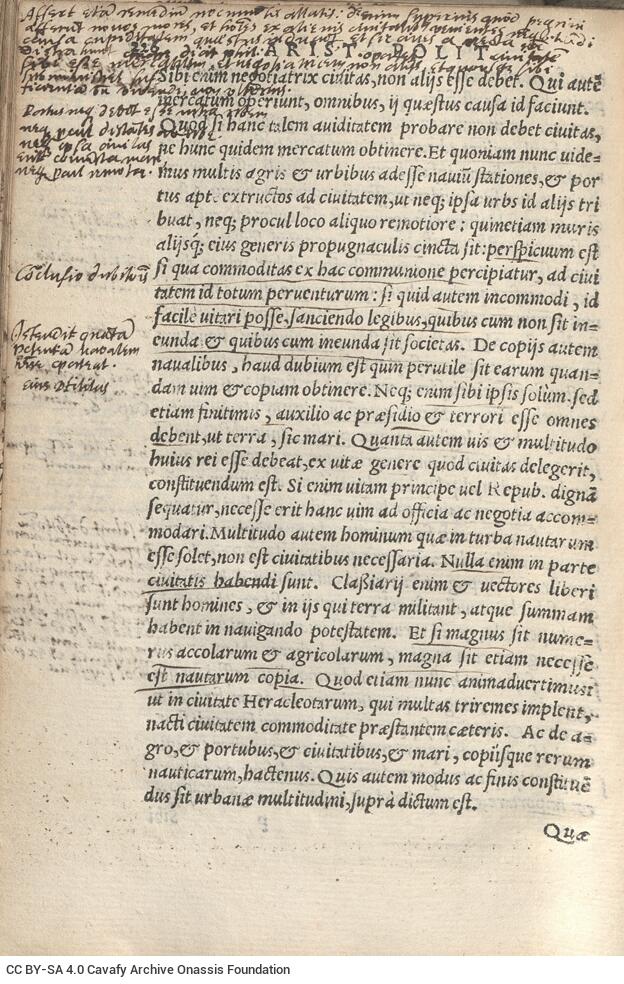
-

-

-
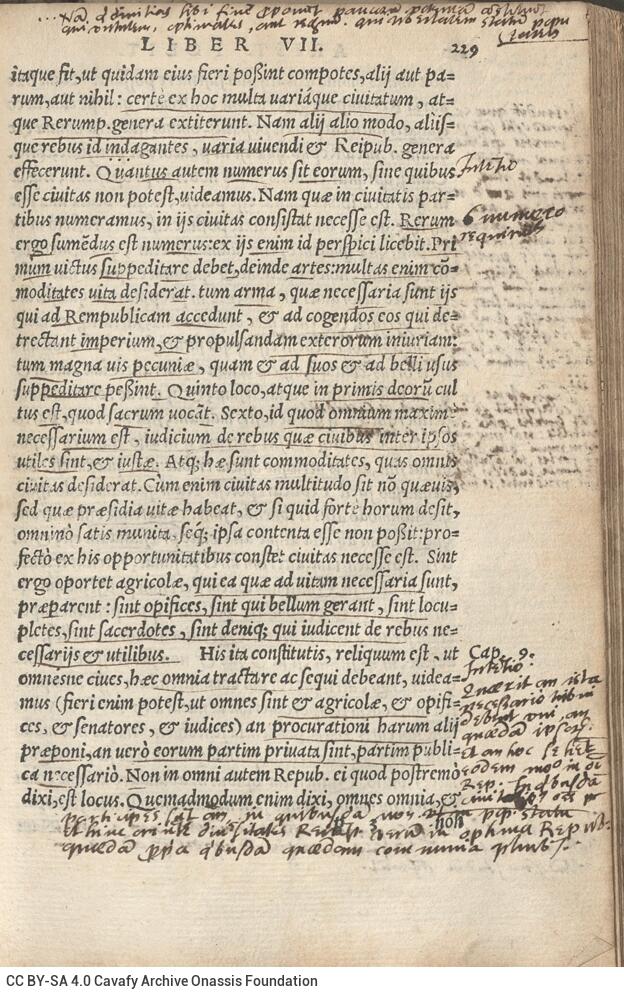
-

-
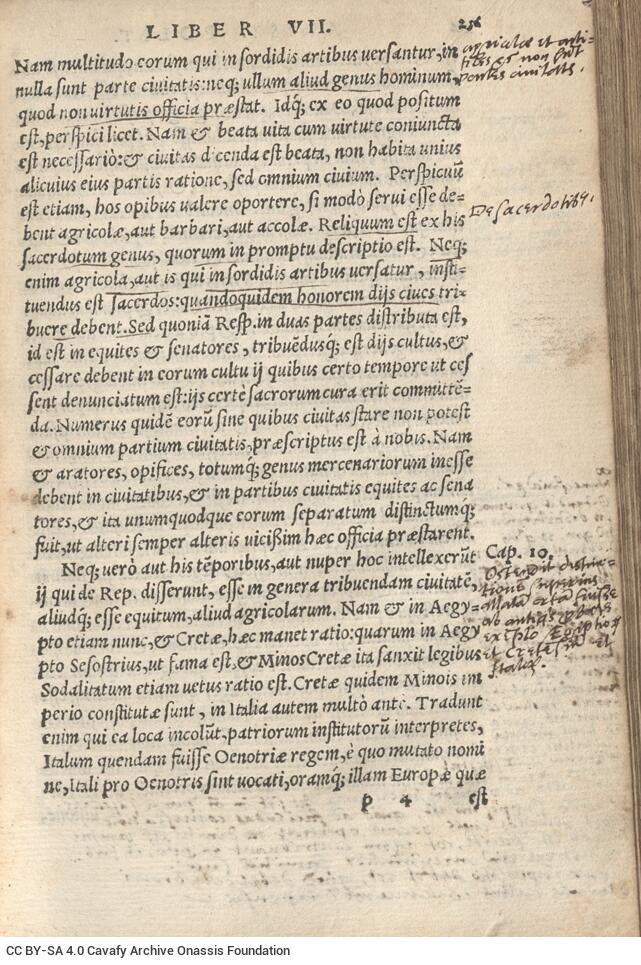
-

-

-
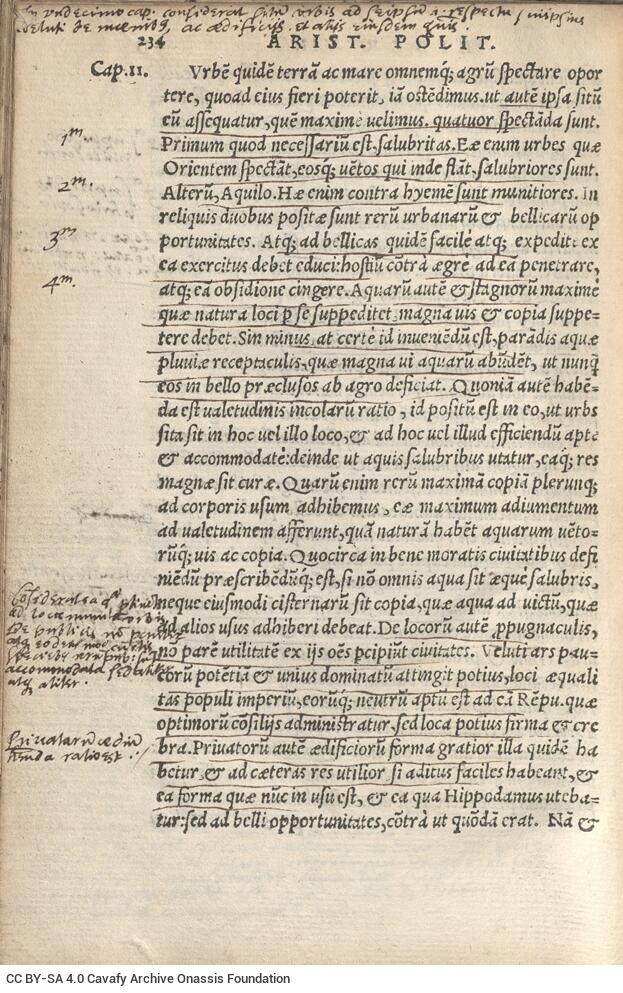
-
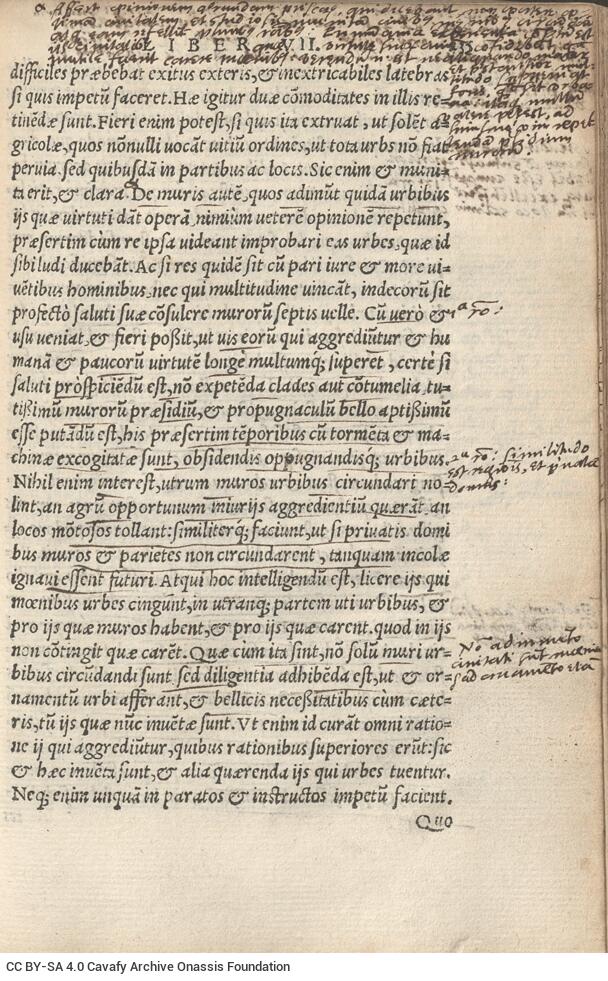
-
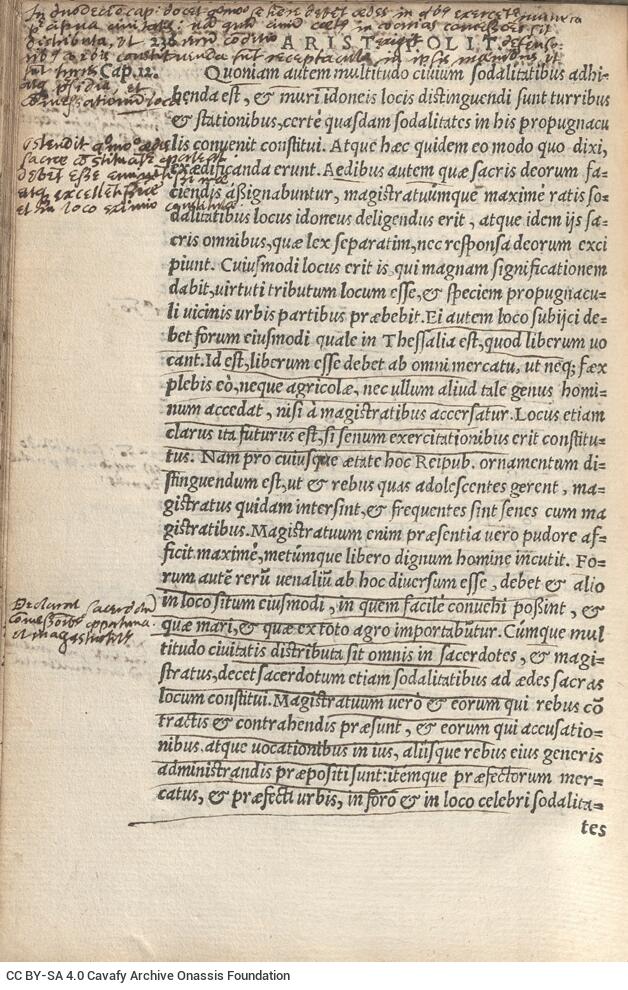
-
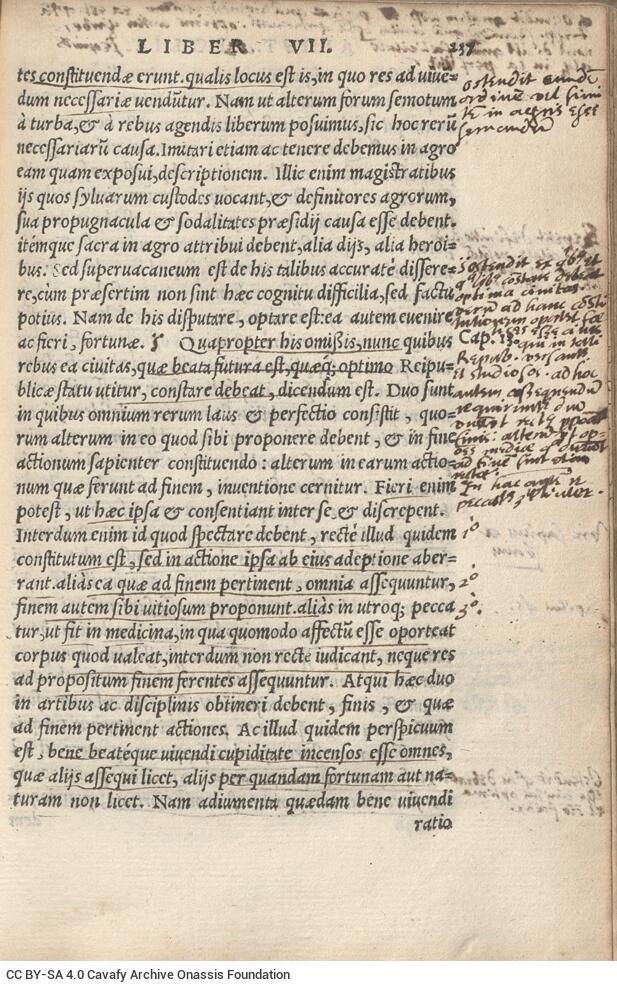
-

-
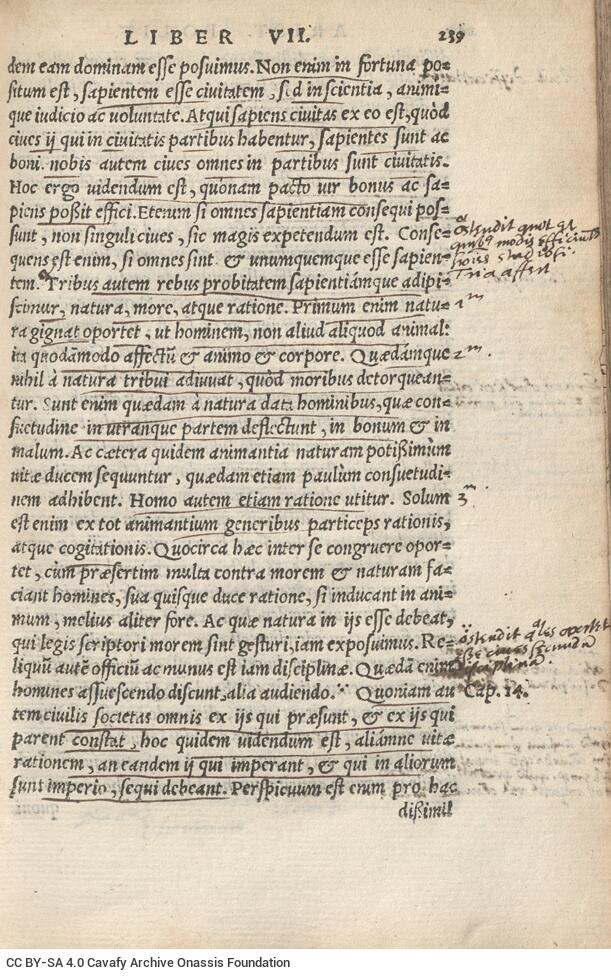
-

-

-
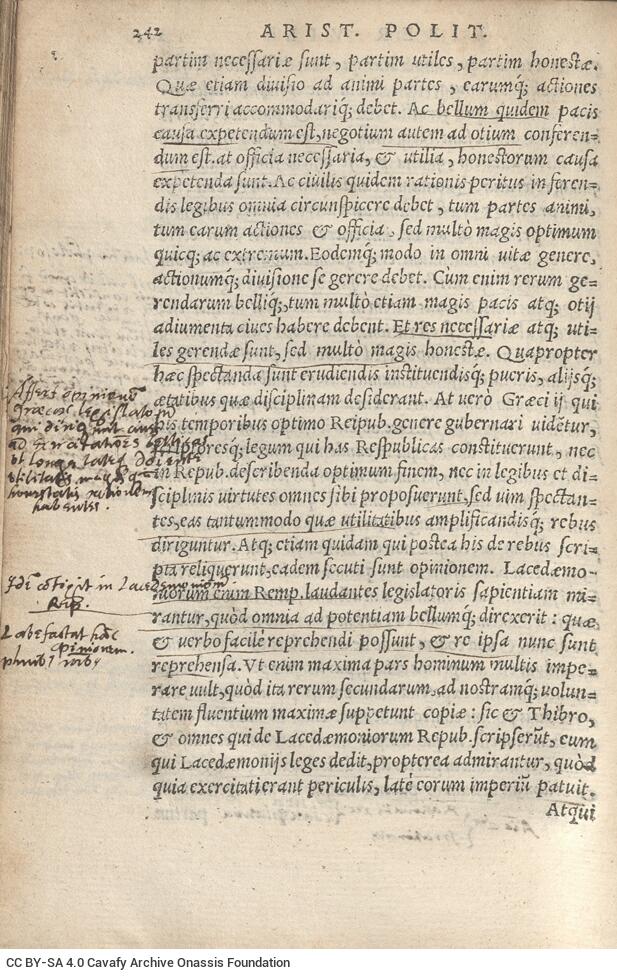
-

-

-

-
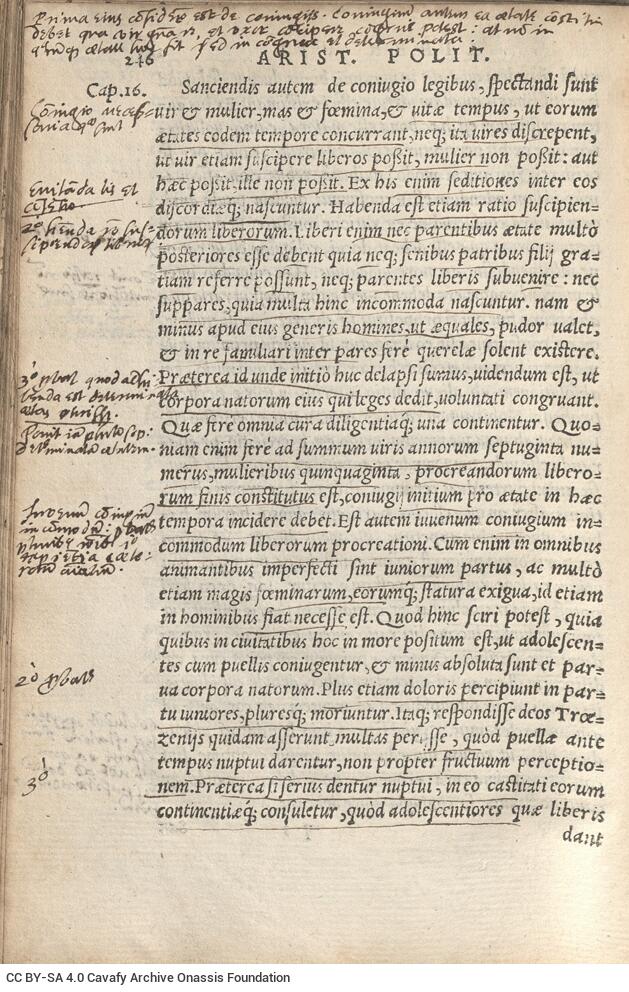
-
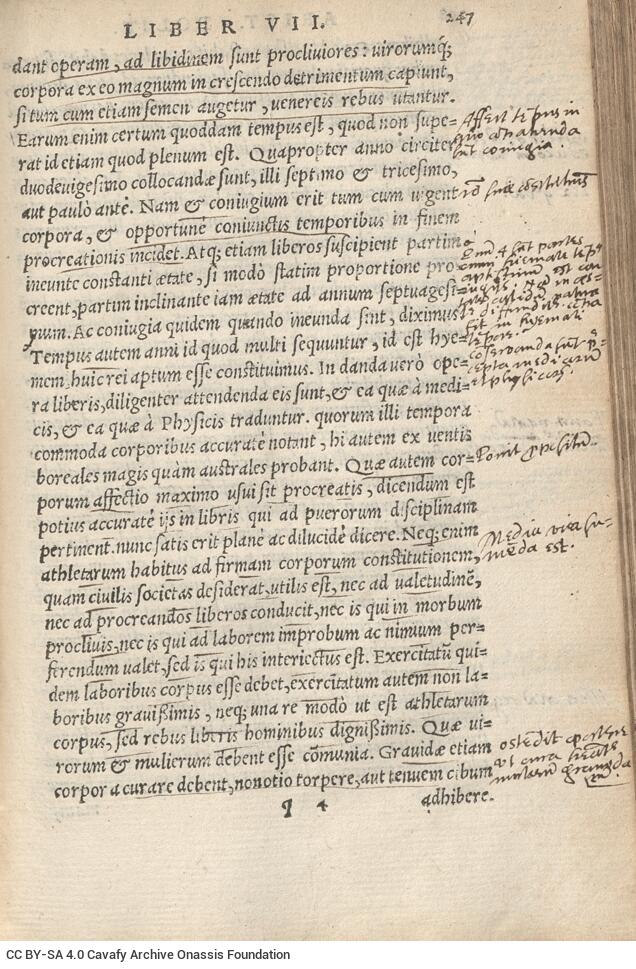
-
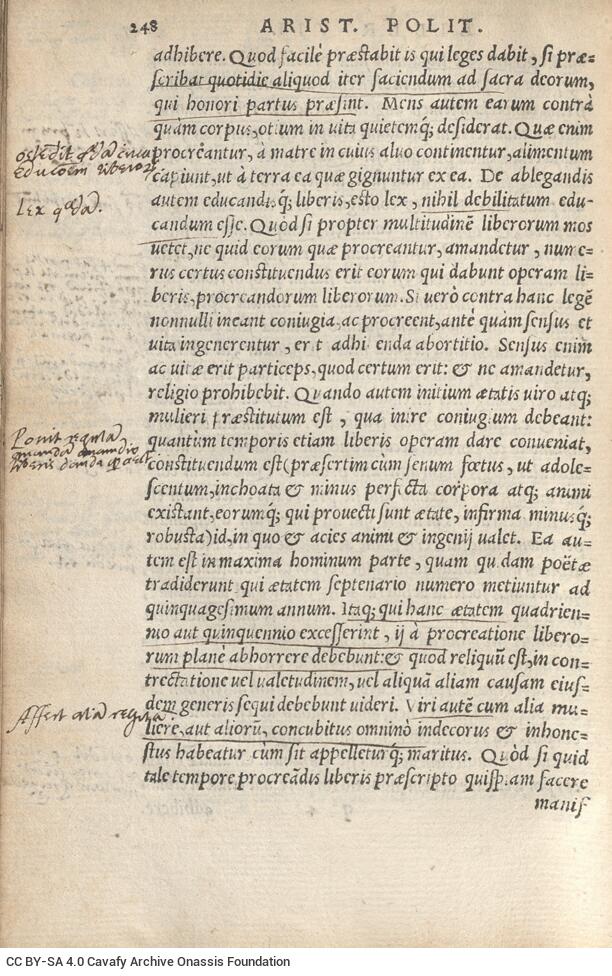
-

-

-
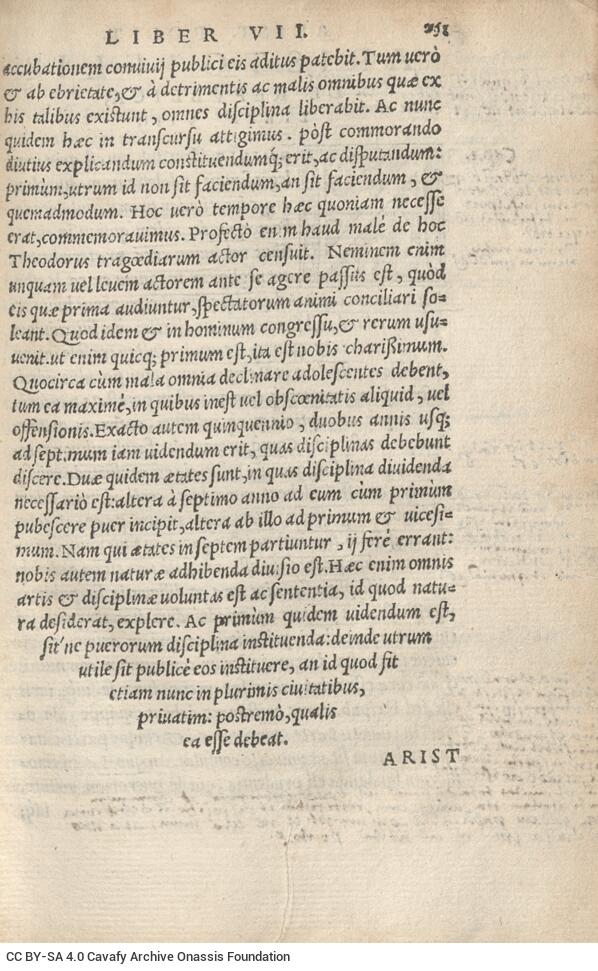
-
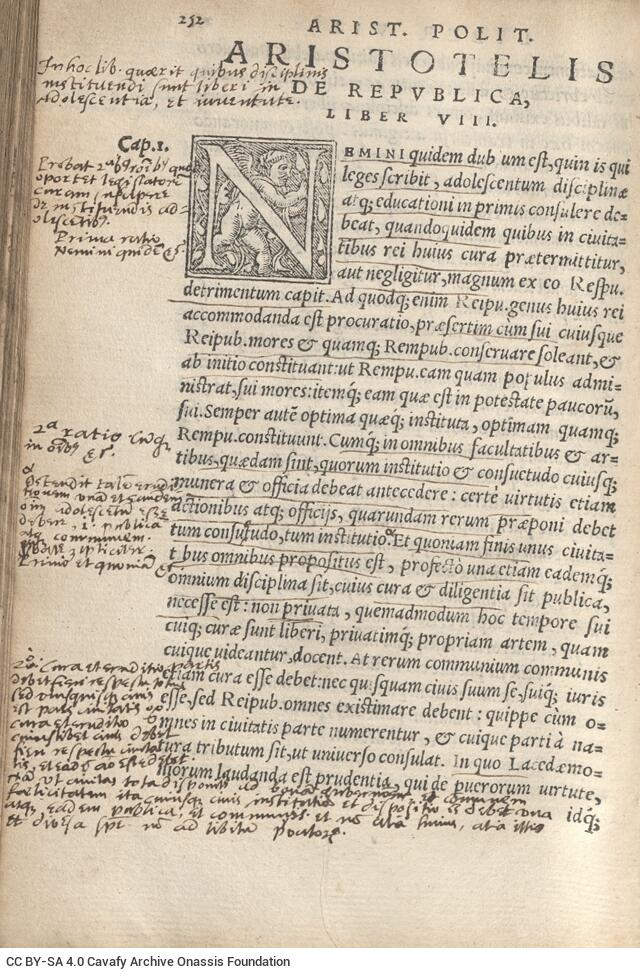
-

-

-

-
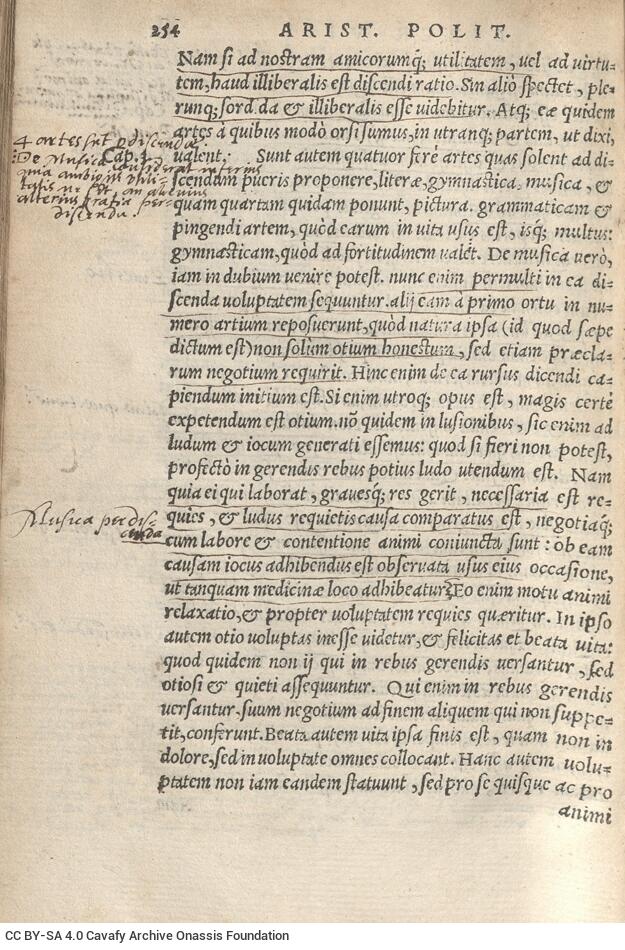
-

-
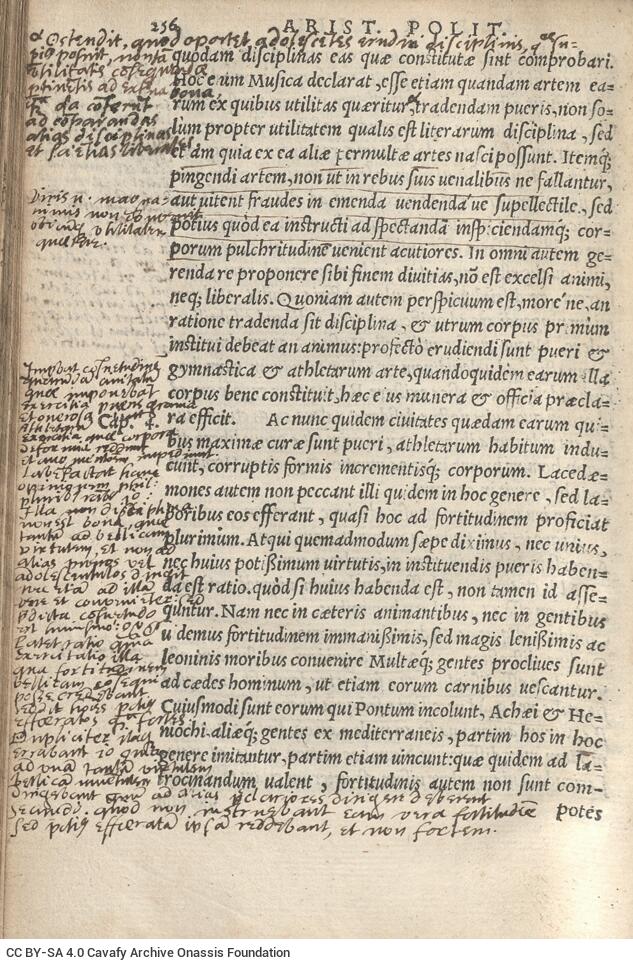
-
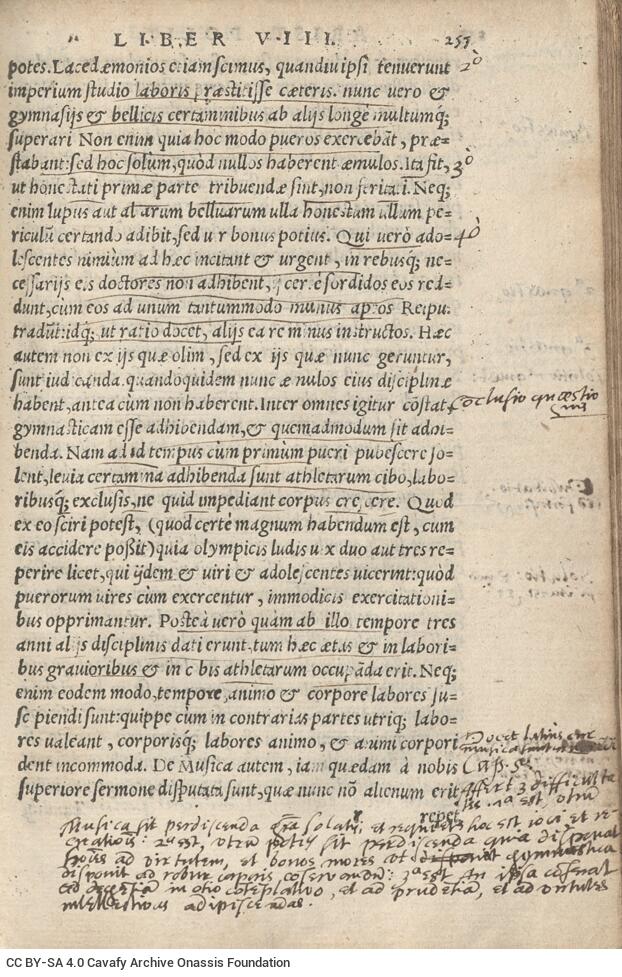
-

-

-

-

-
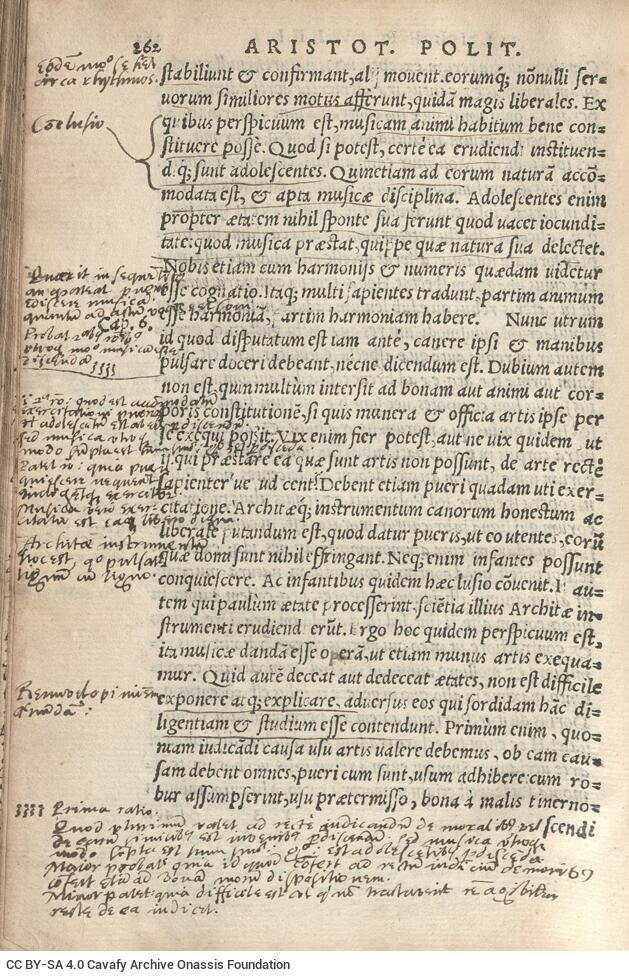
-
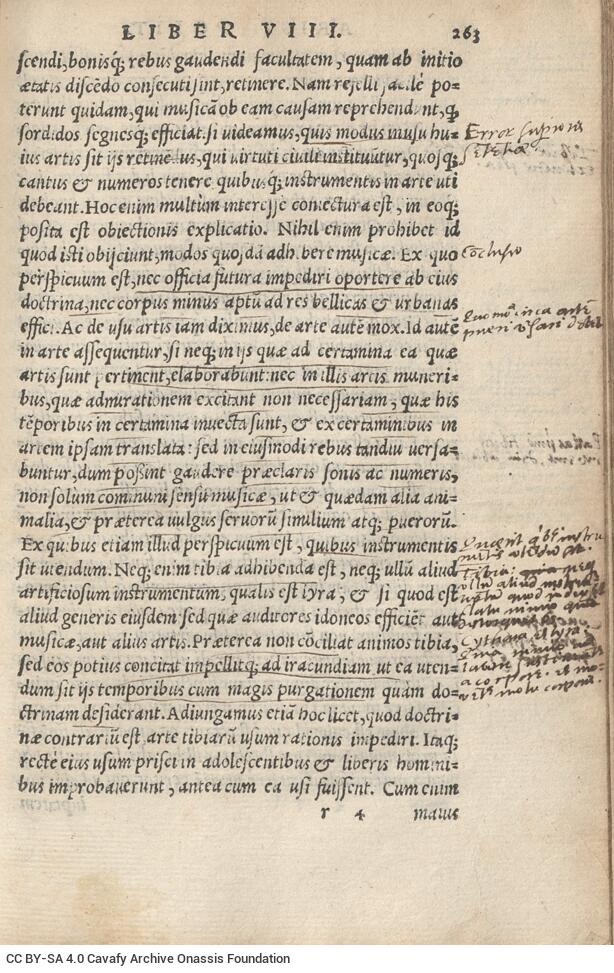
-
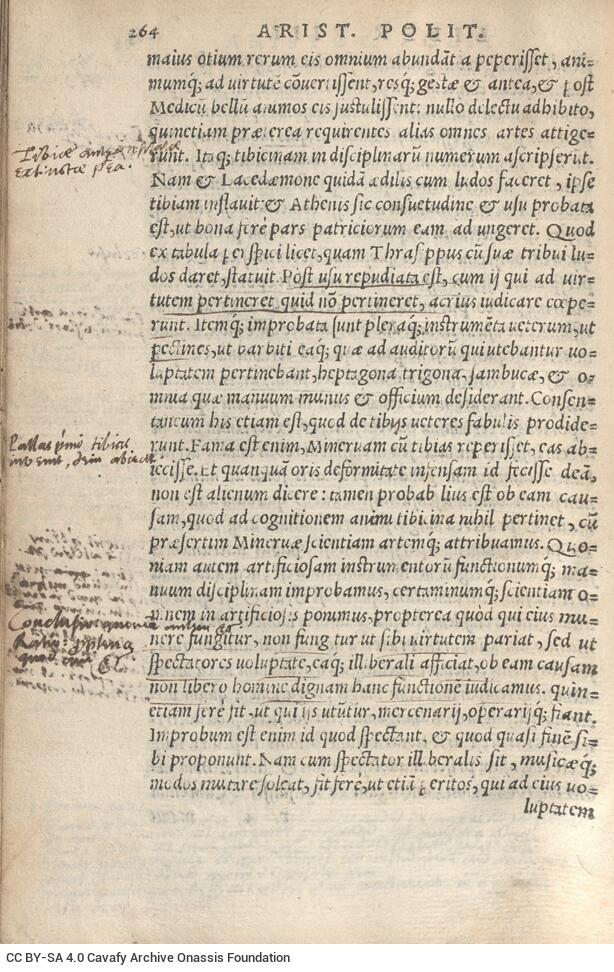
-

-

-

-

-

-
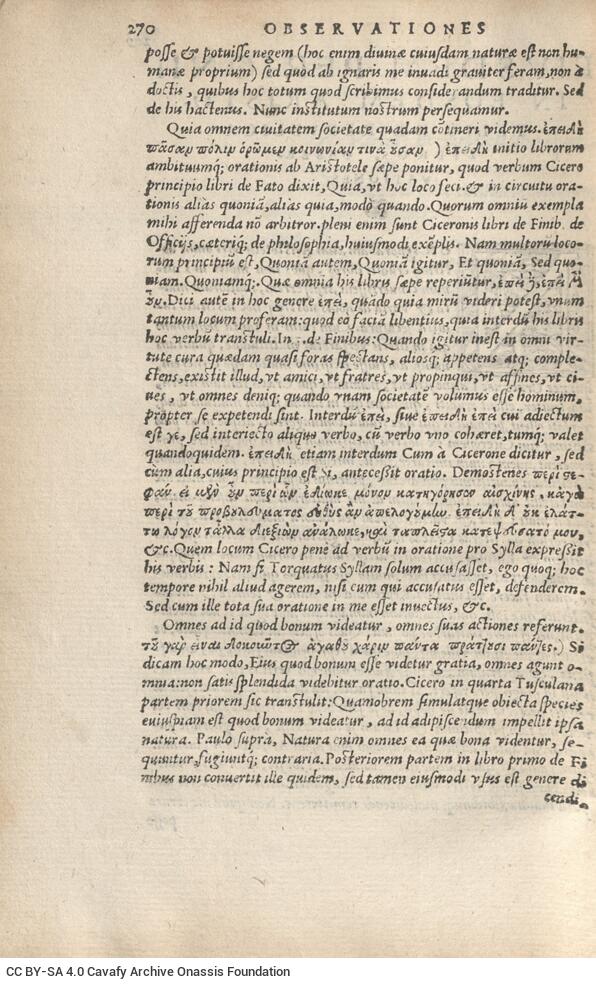
-

-
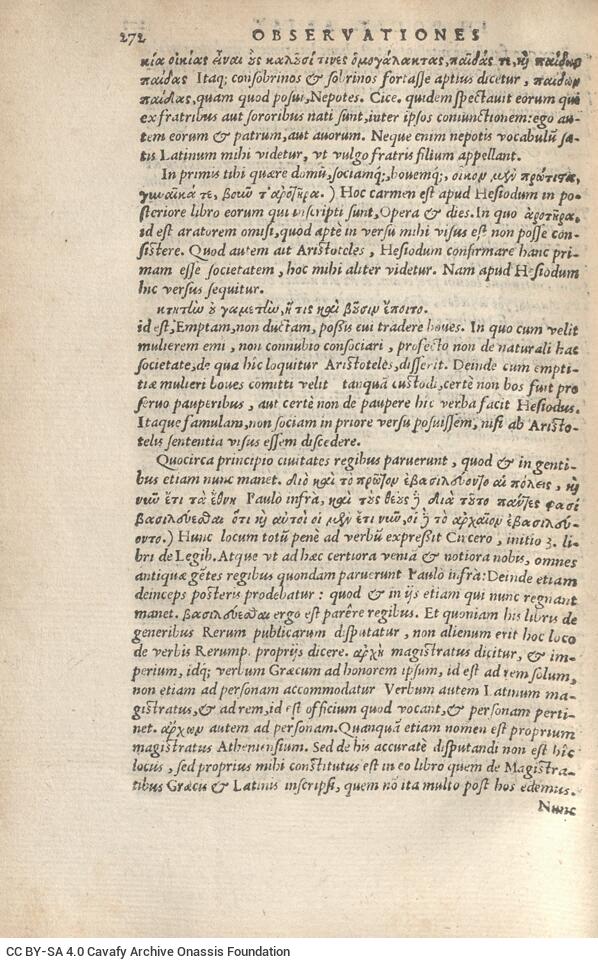
-

-
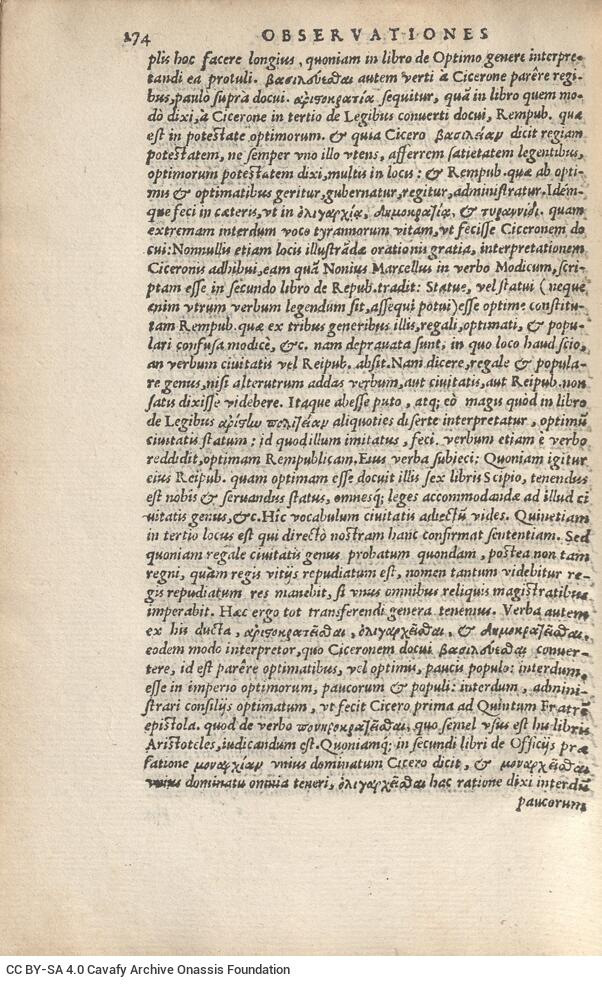
-
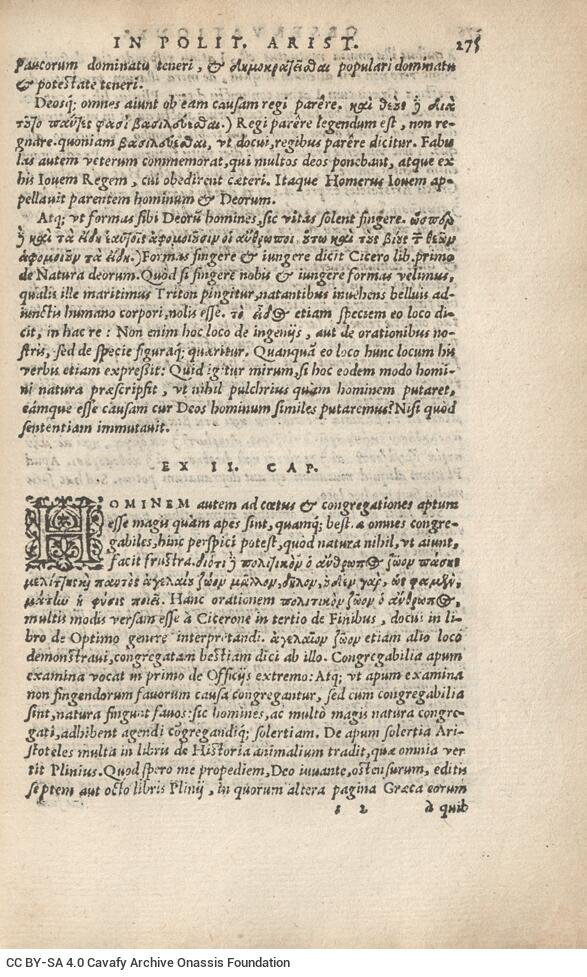
-
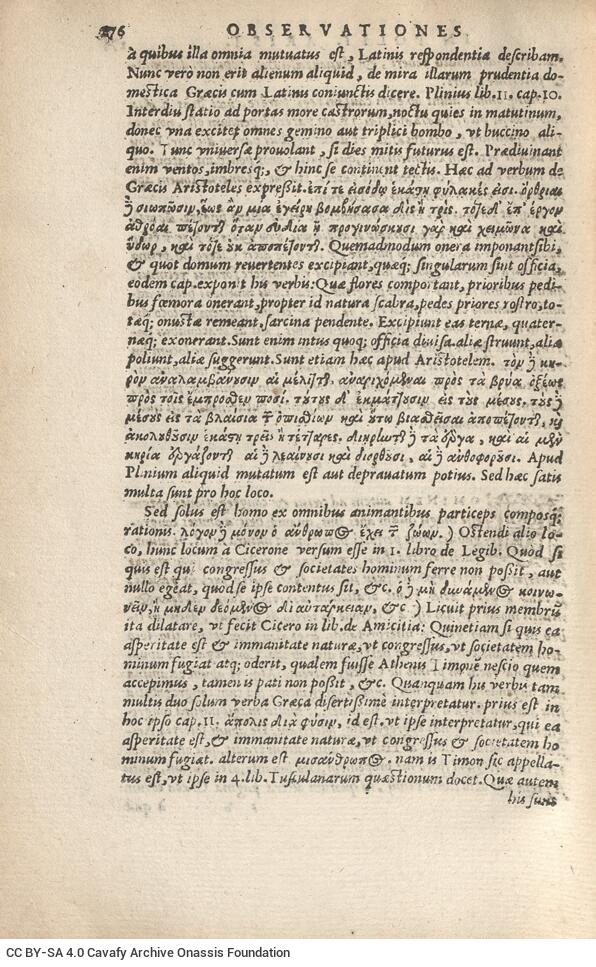
-

-

-
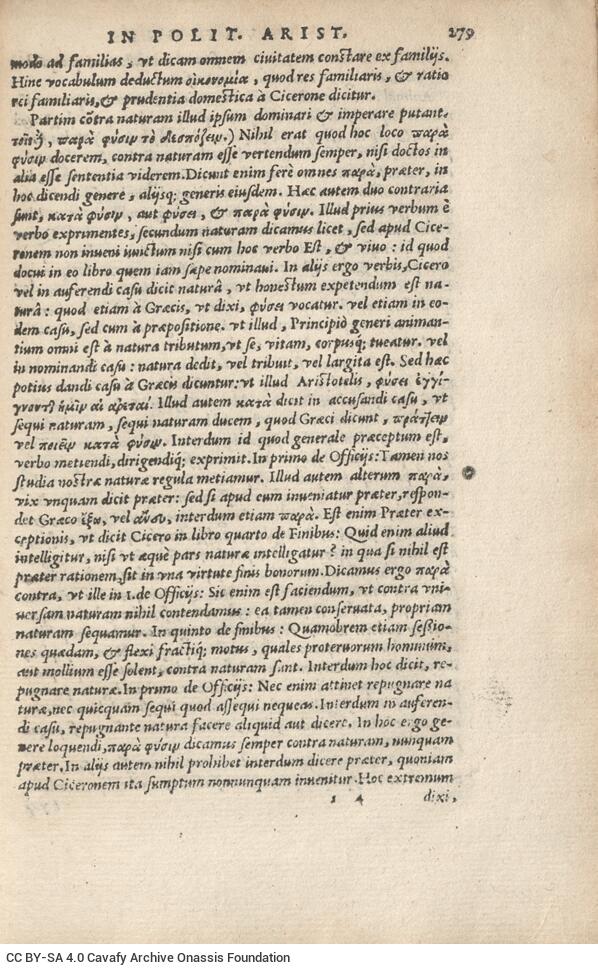
-

-
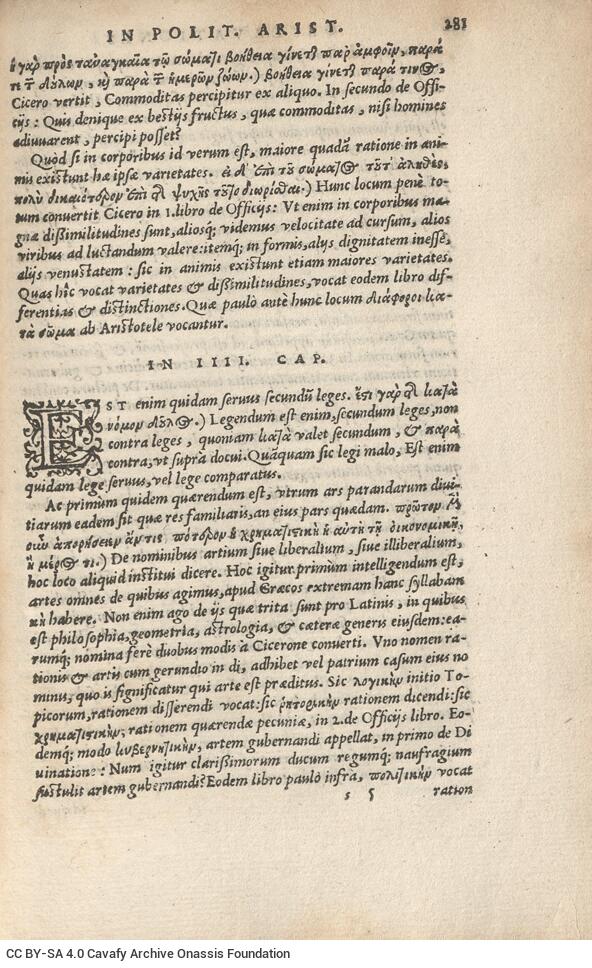
-

-
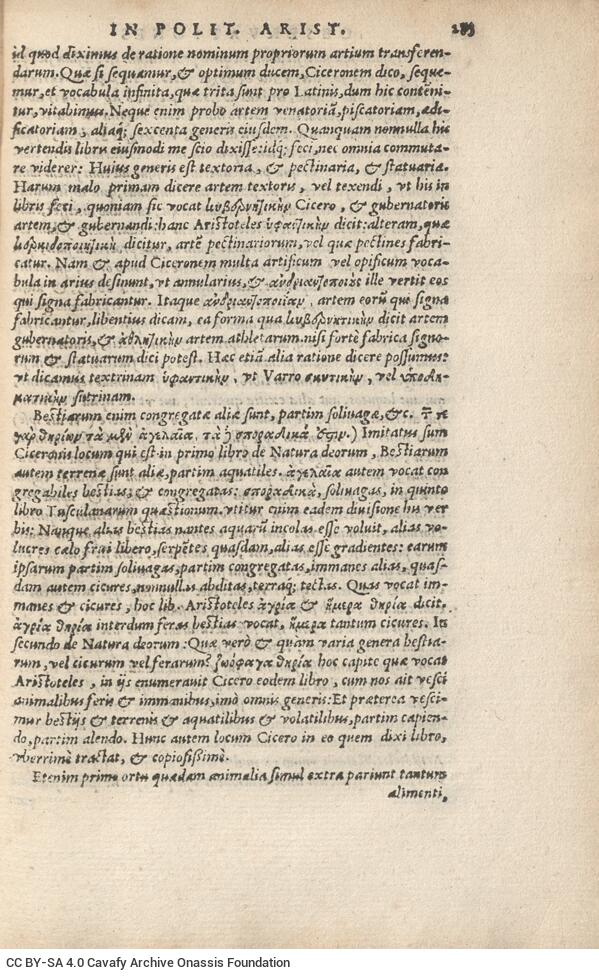
-

-

-
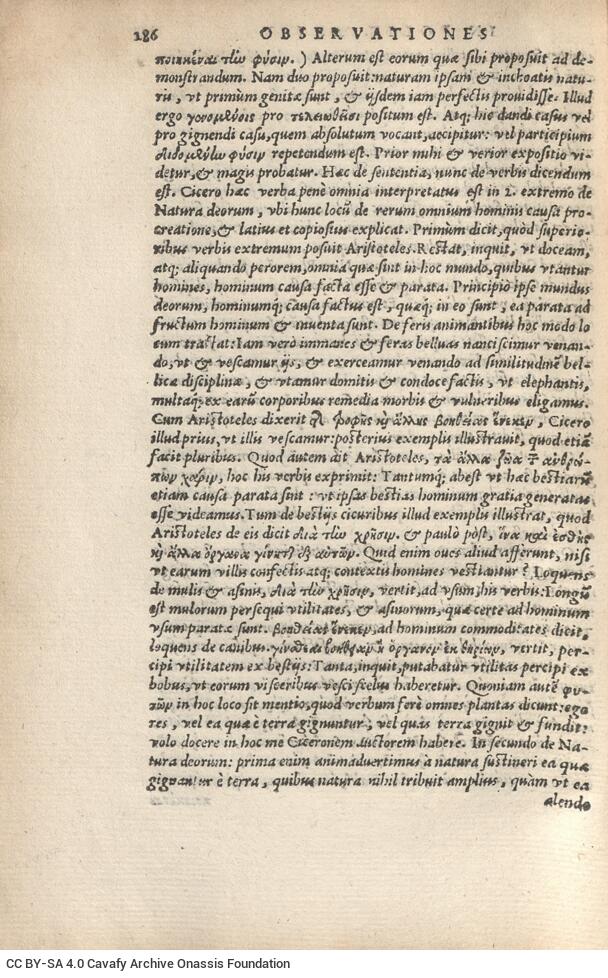
-
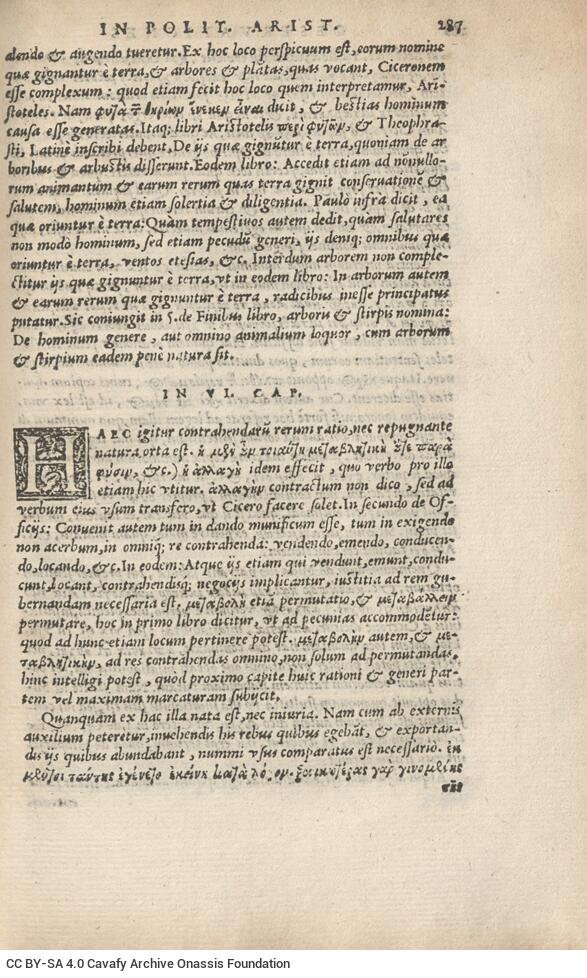
-
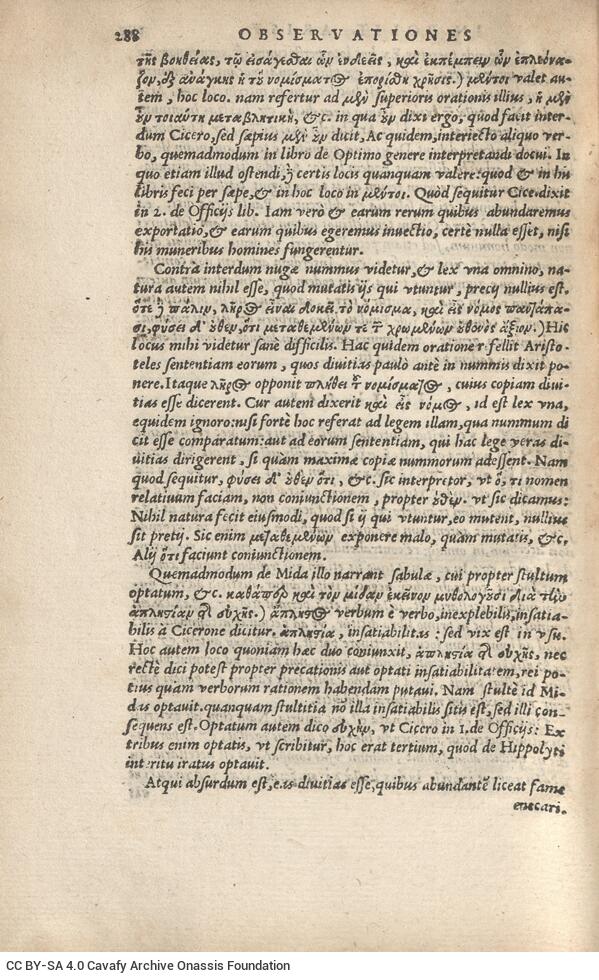
-
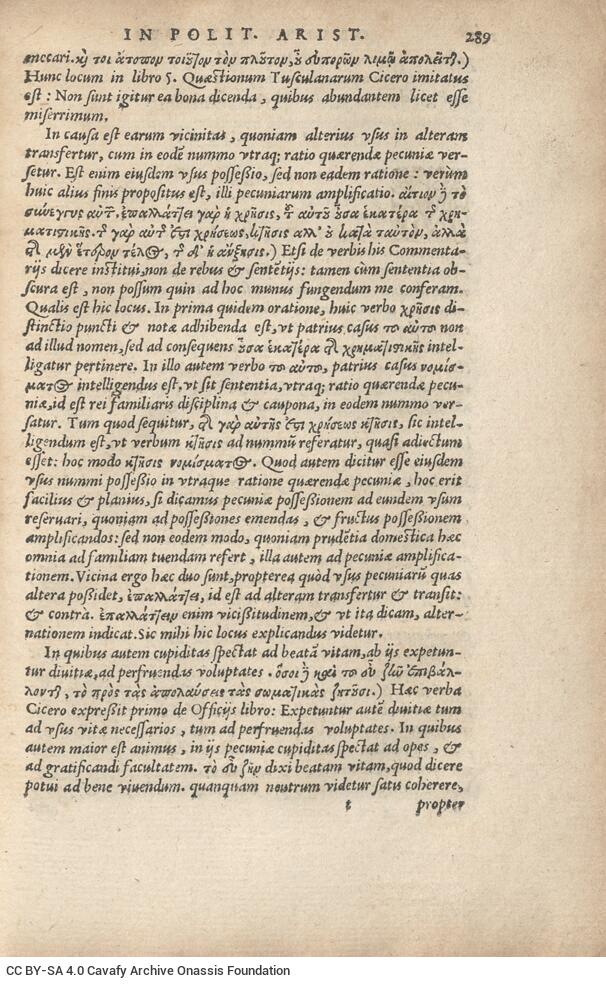
-
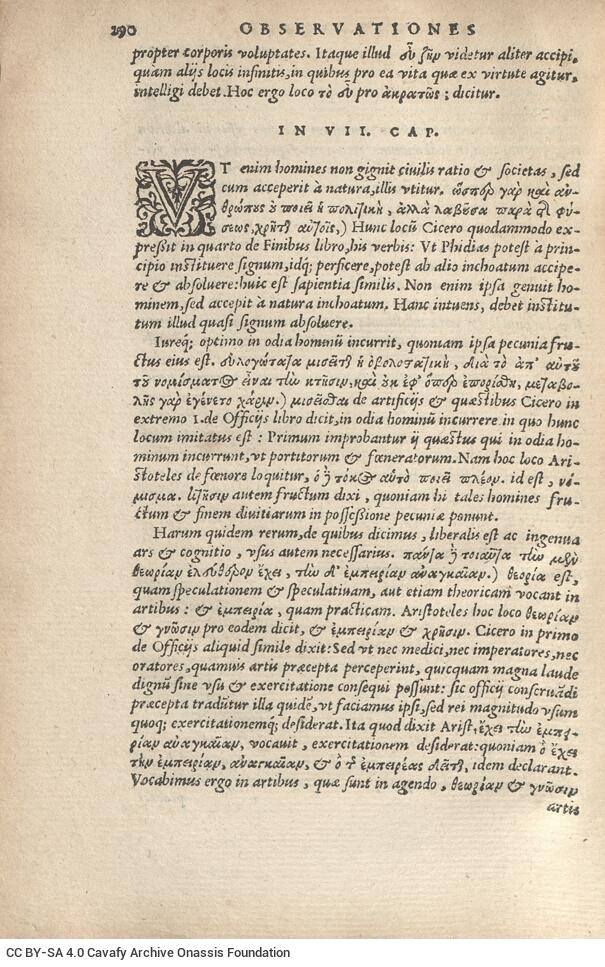
-
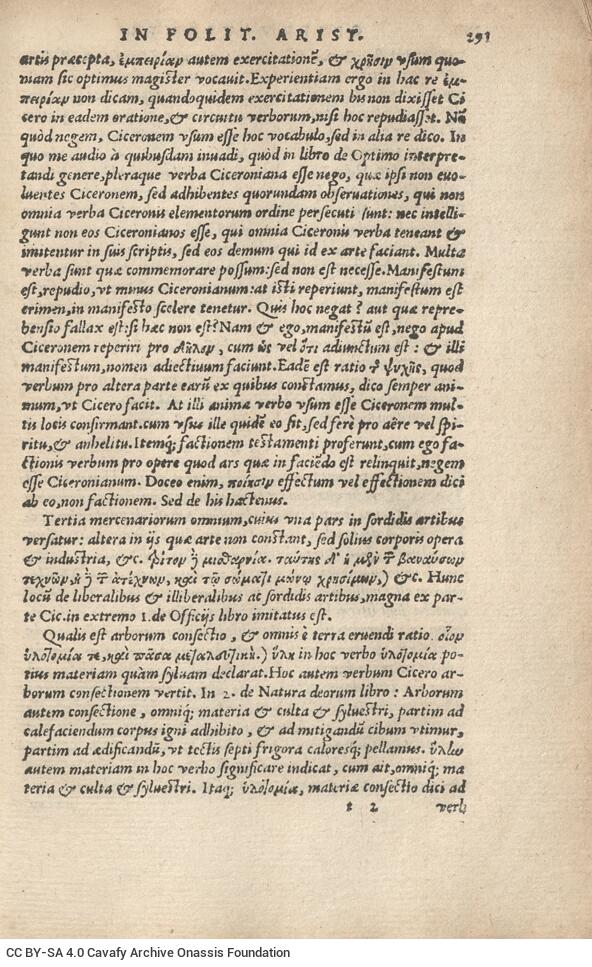
-
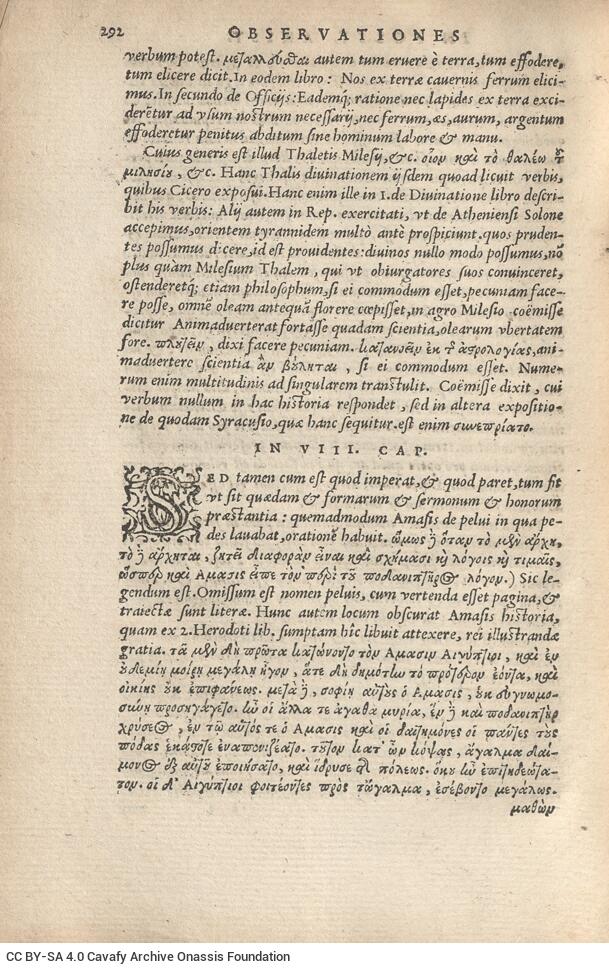
-
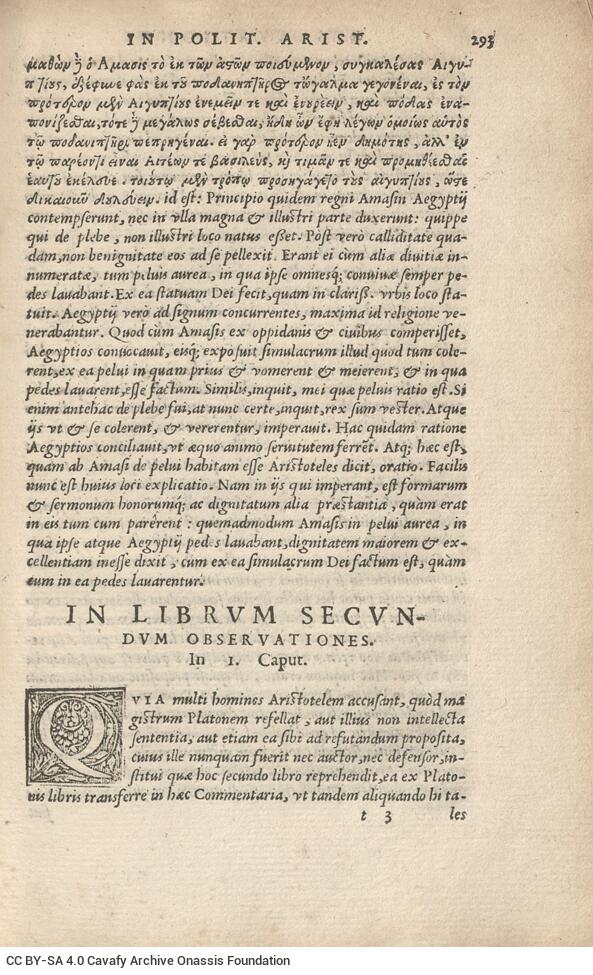
-
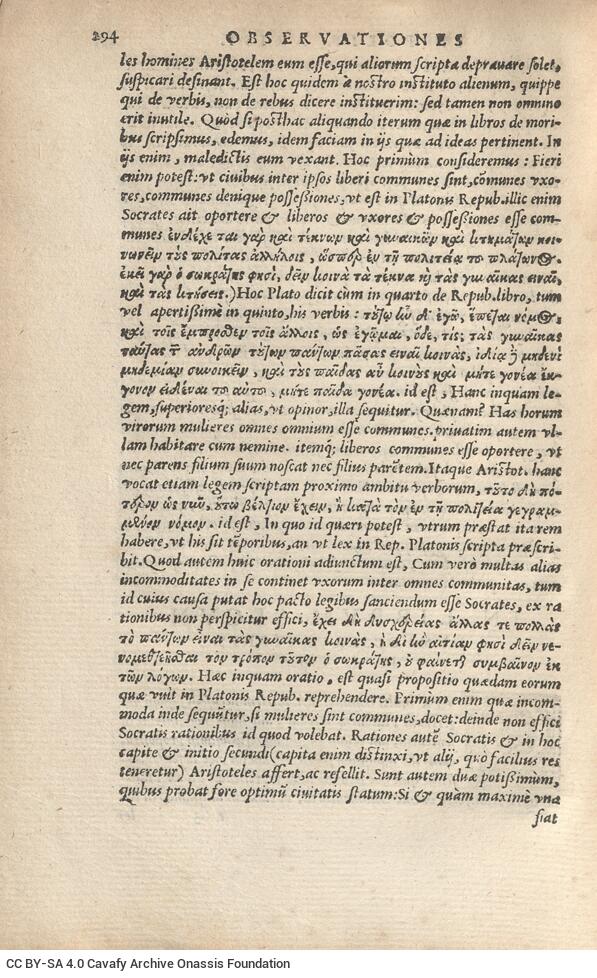
-
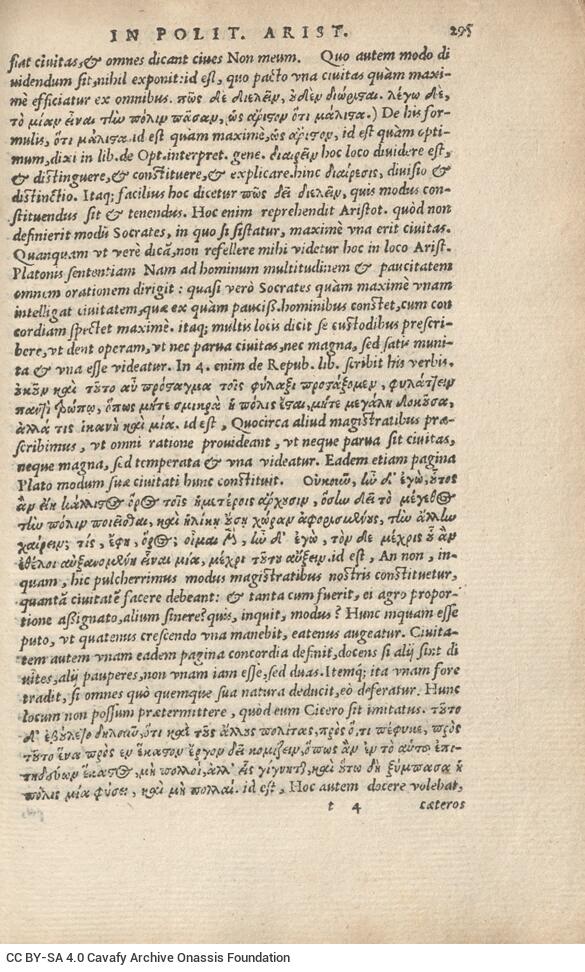
-
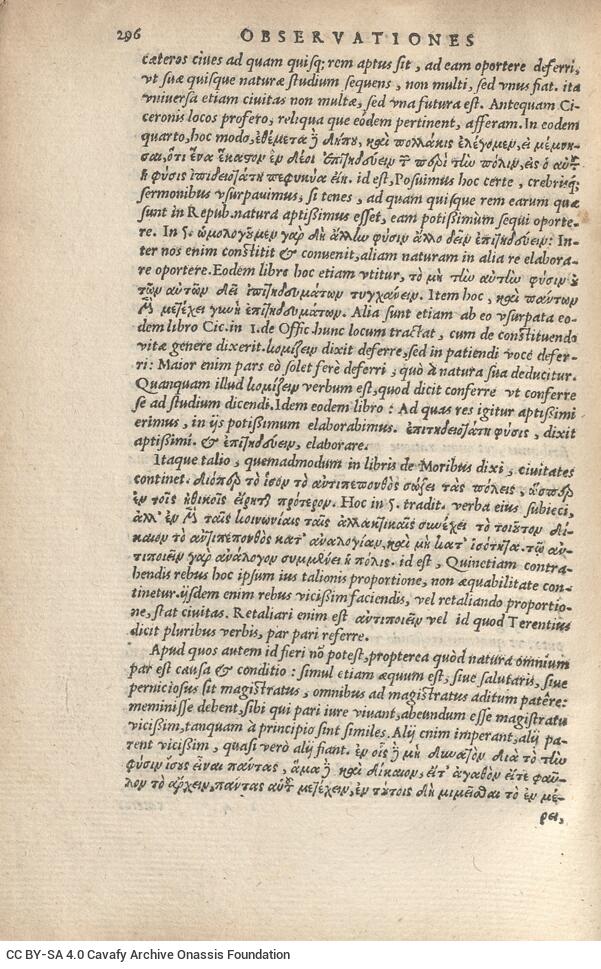
-
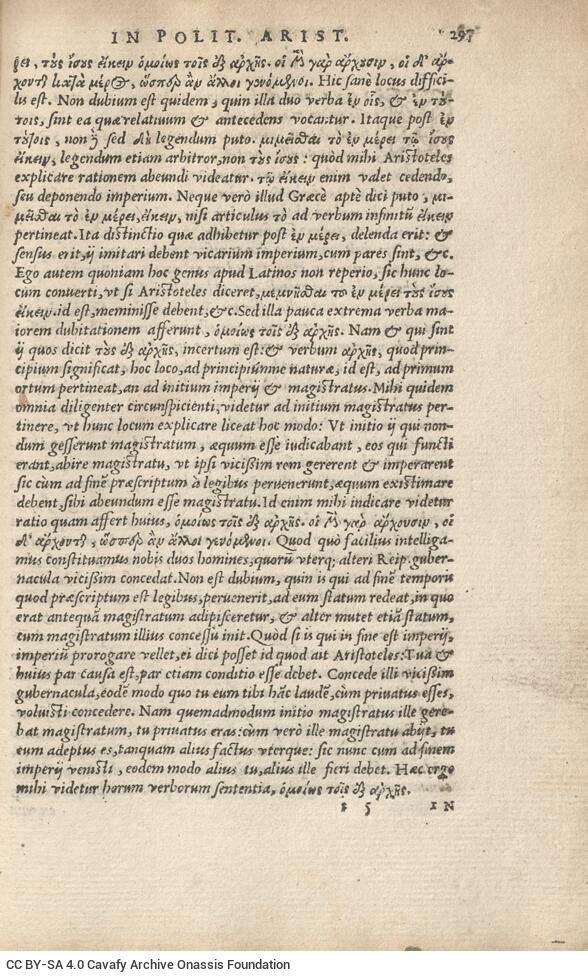
-

-
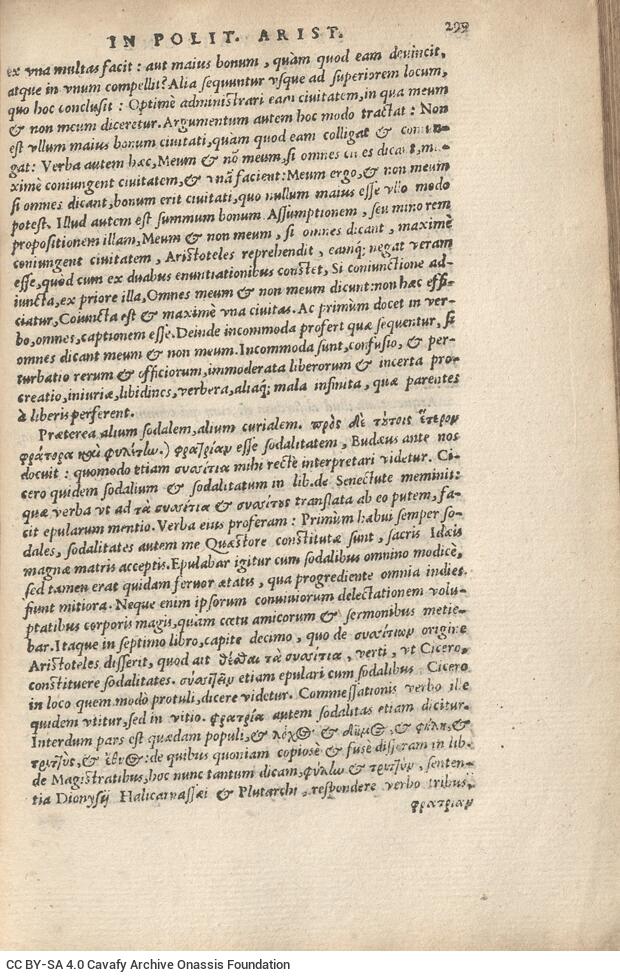
-
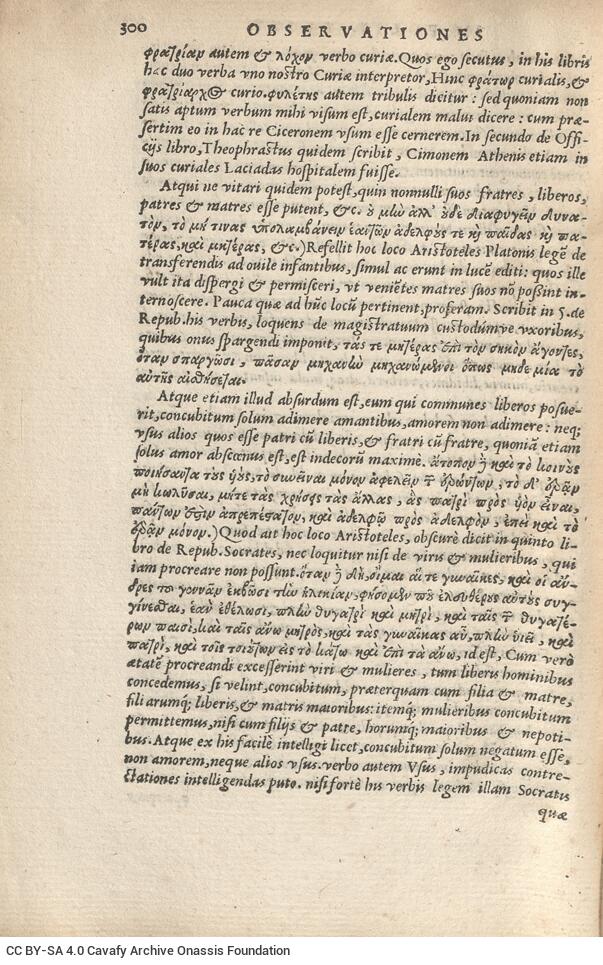
-

-
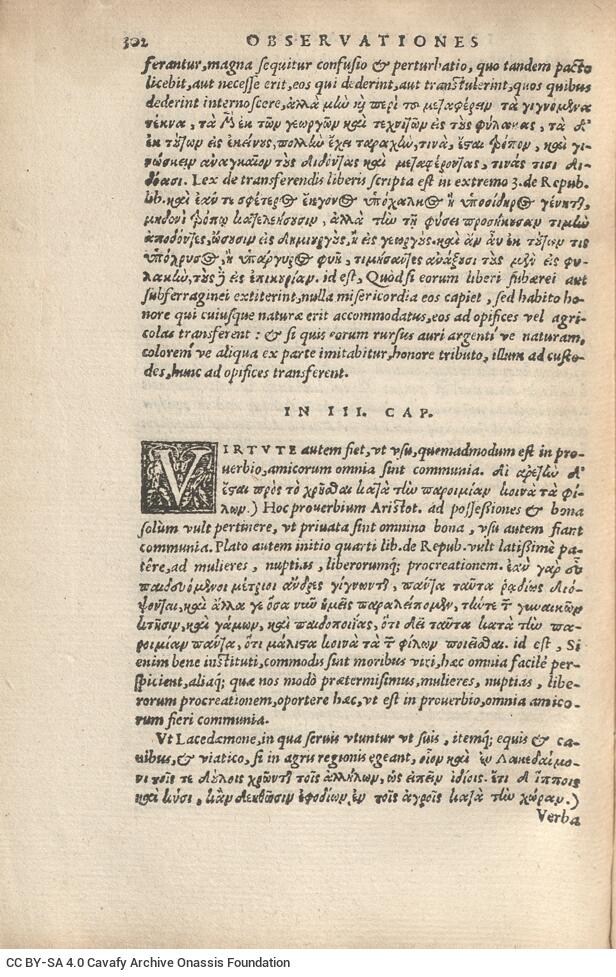
-

-

-
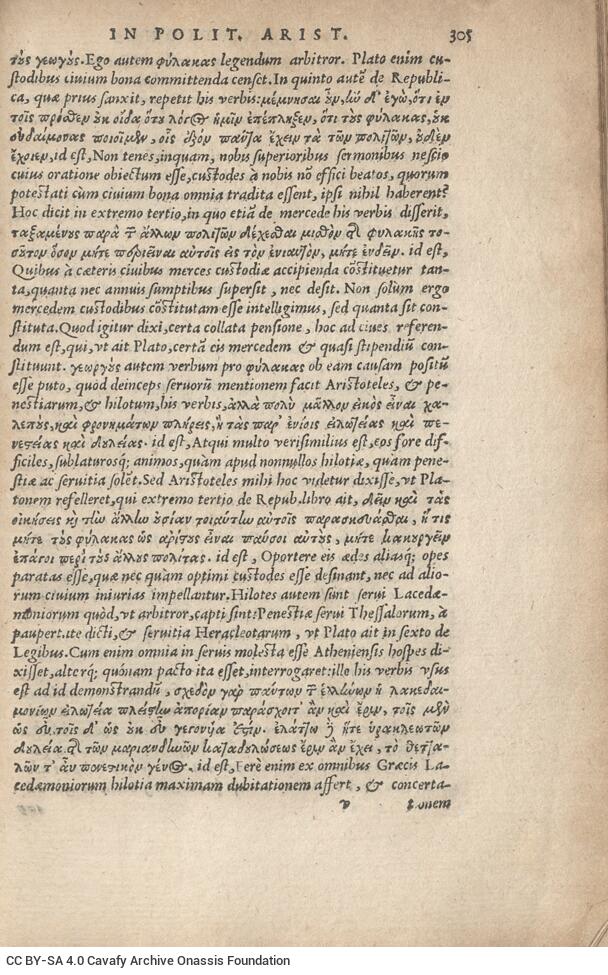
-

-

-
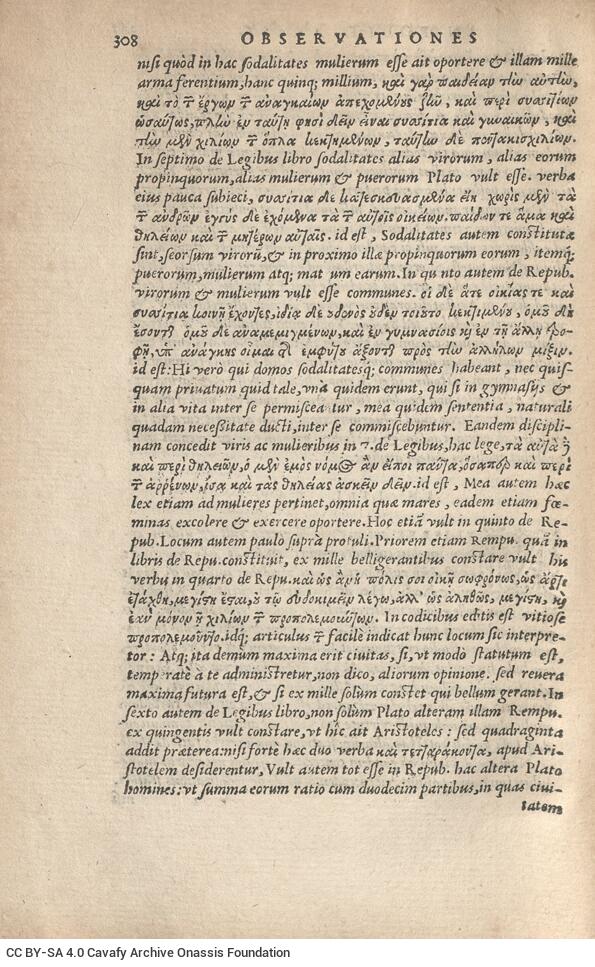
-
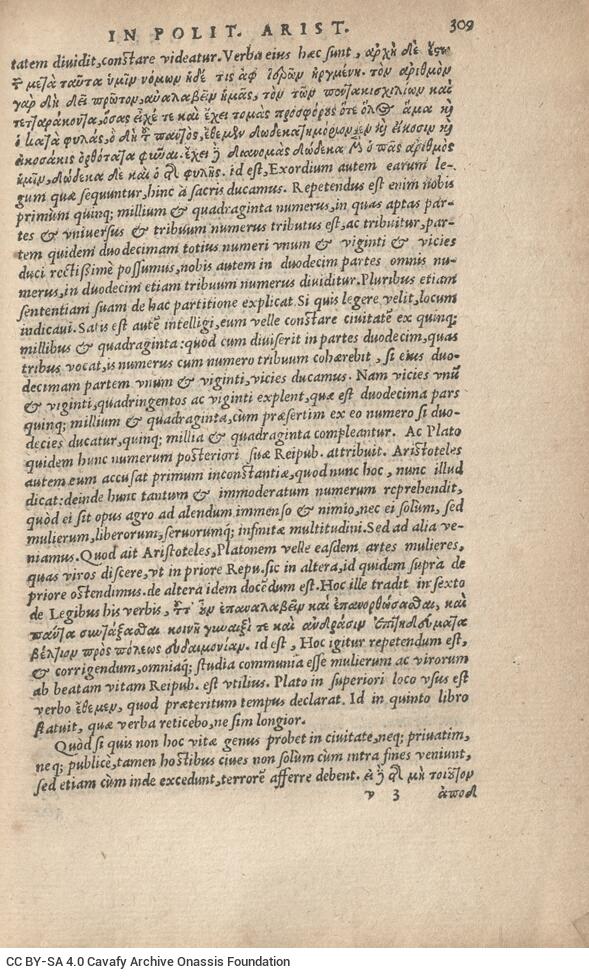
-
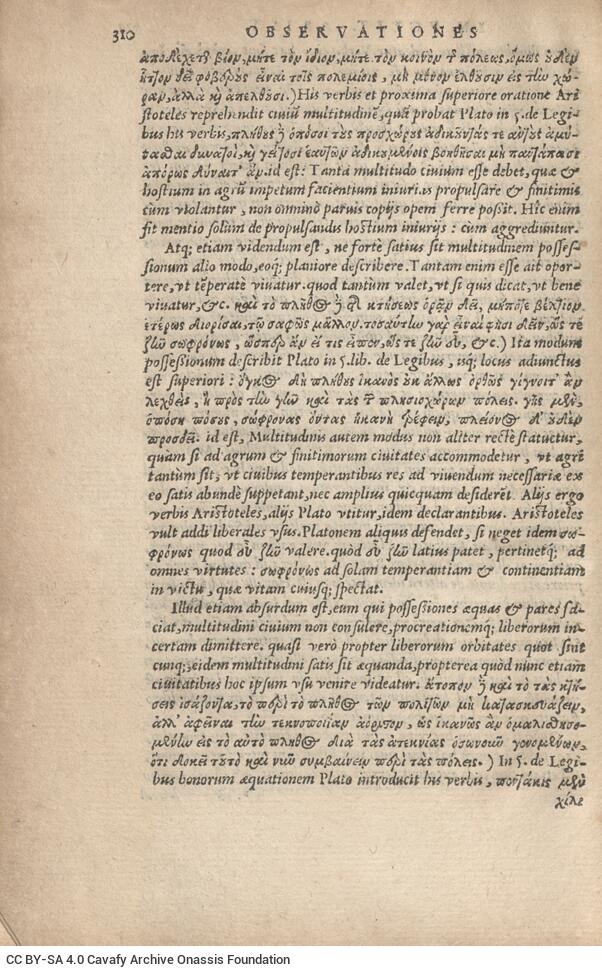
-

-

-
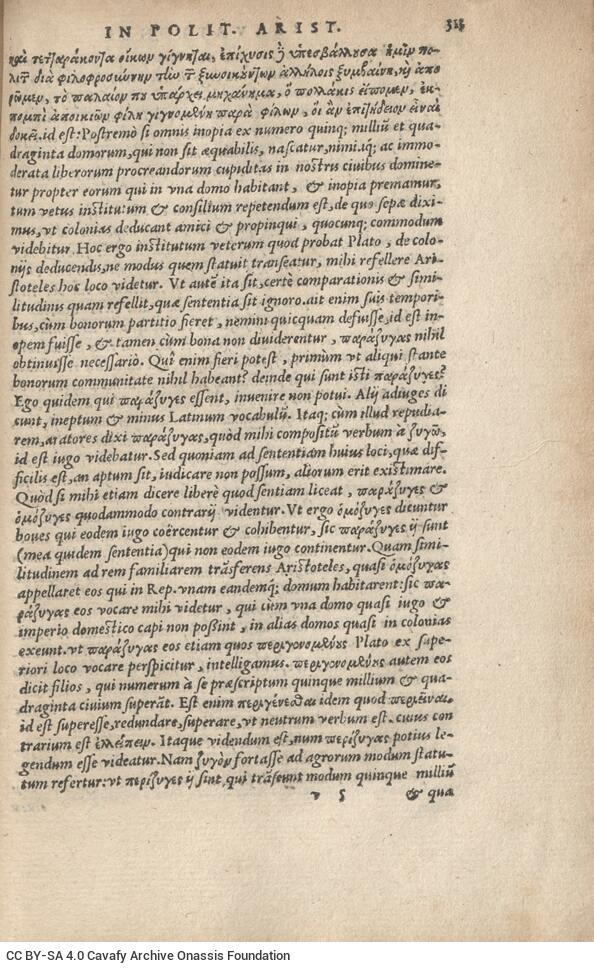
-

-

-

-
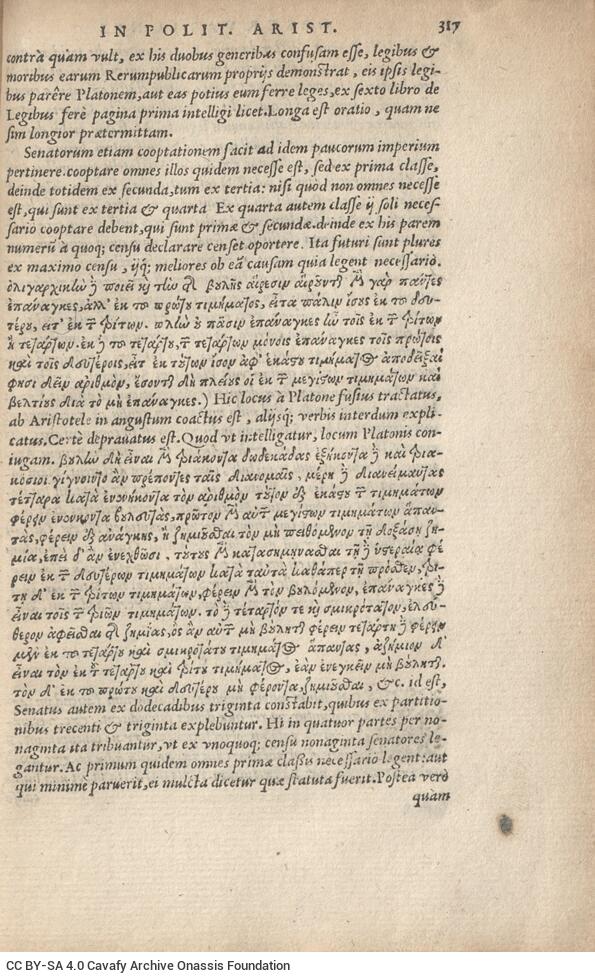
-
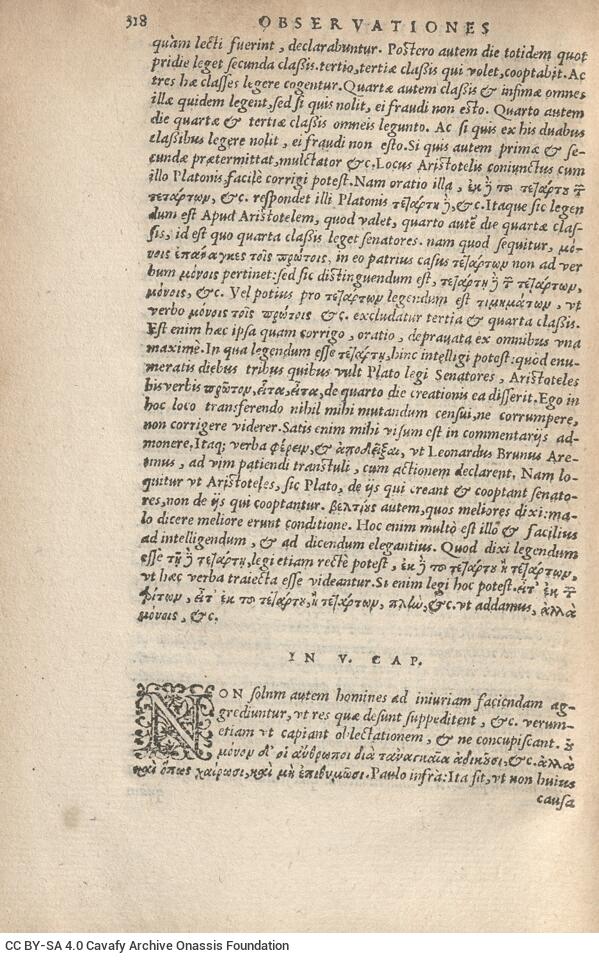
-
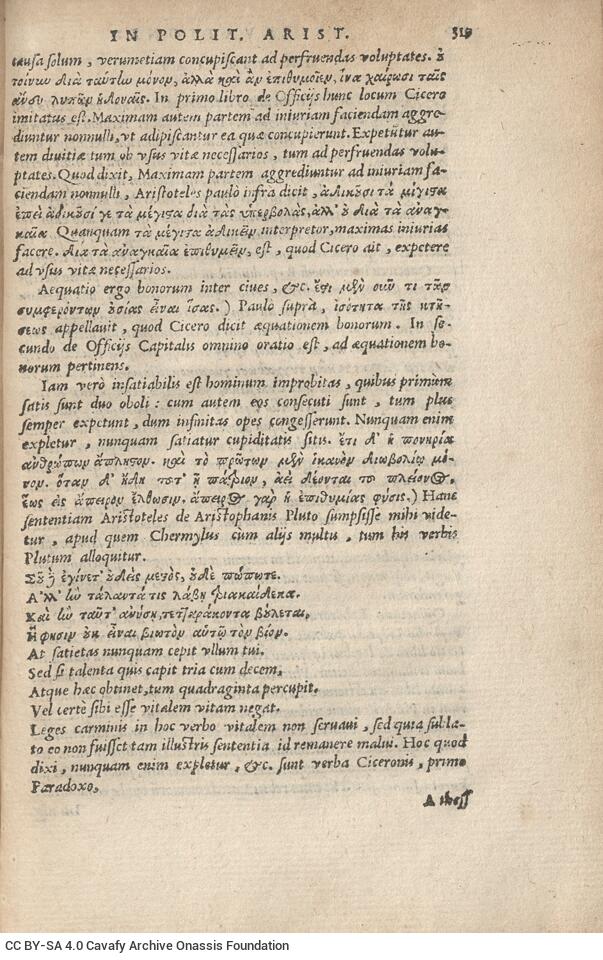
-
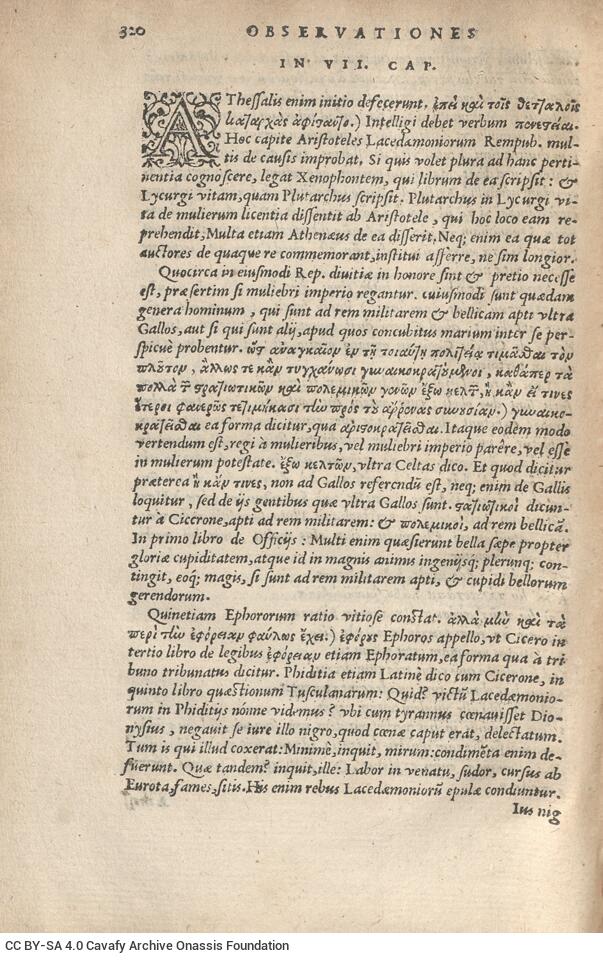
-
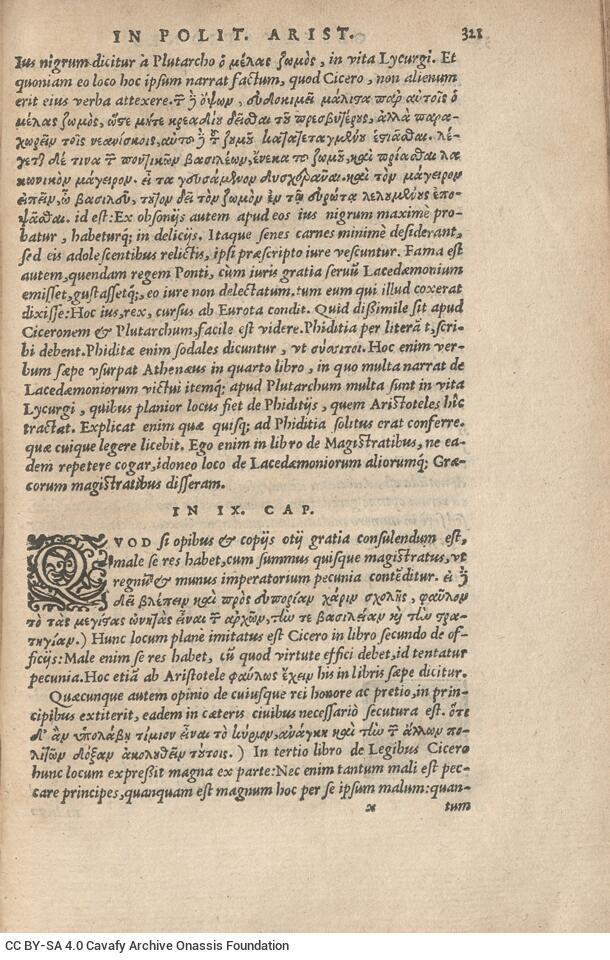
-
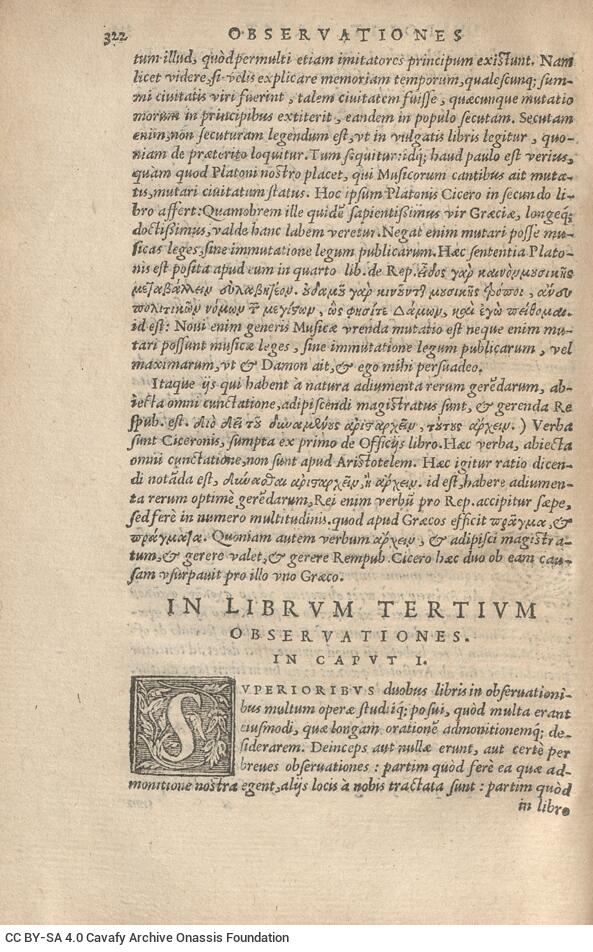
-
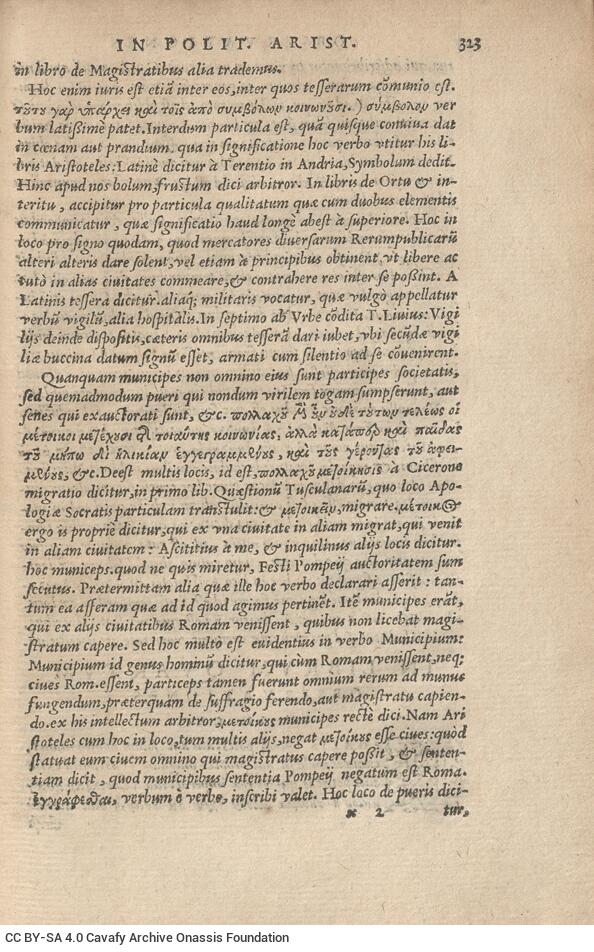
-

-
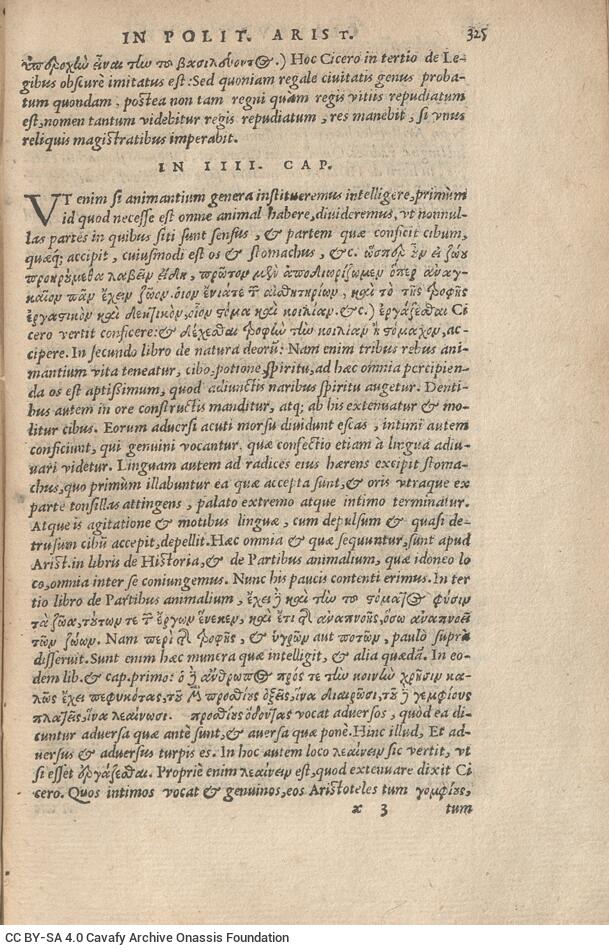
-

-

-

-
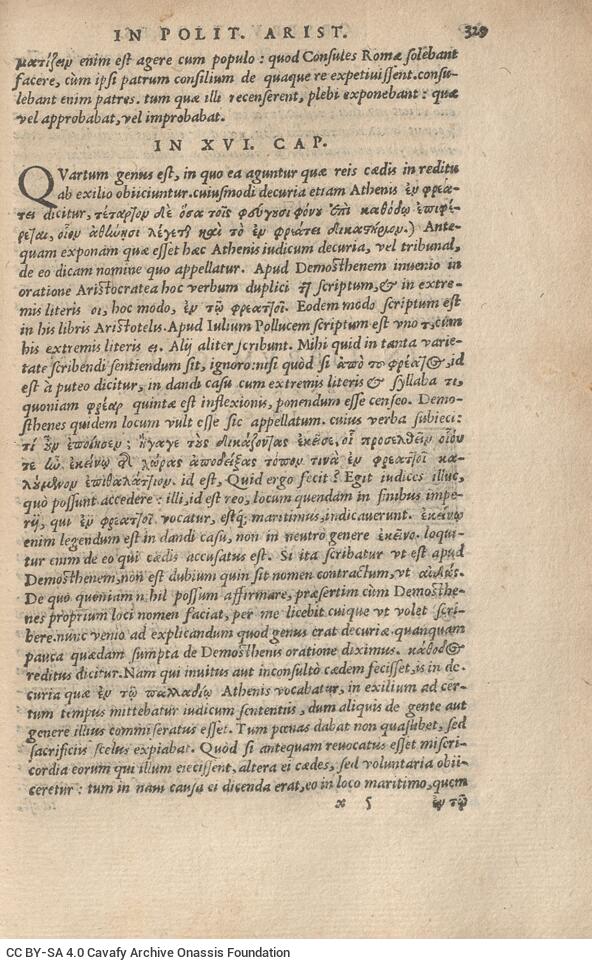
-

-

-
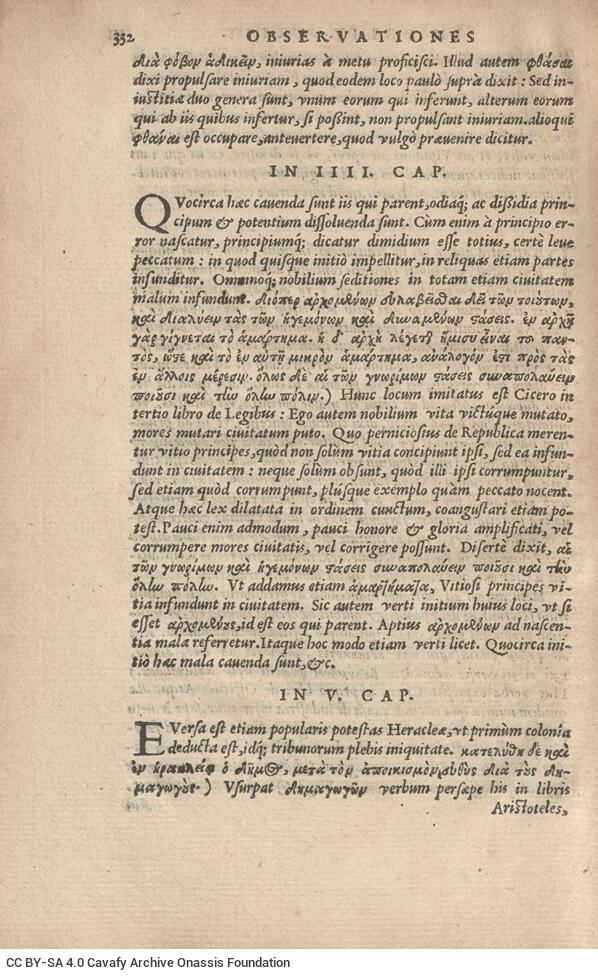
-
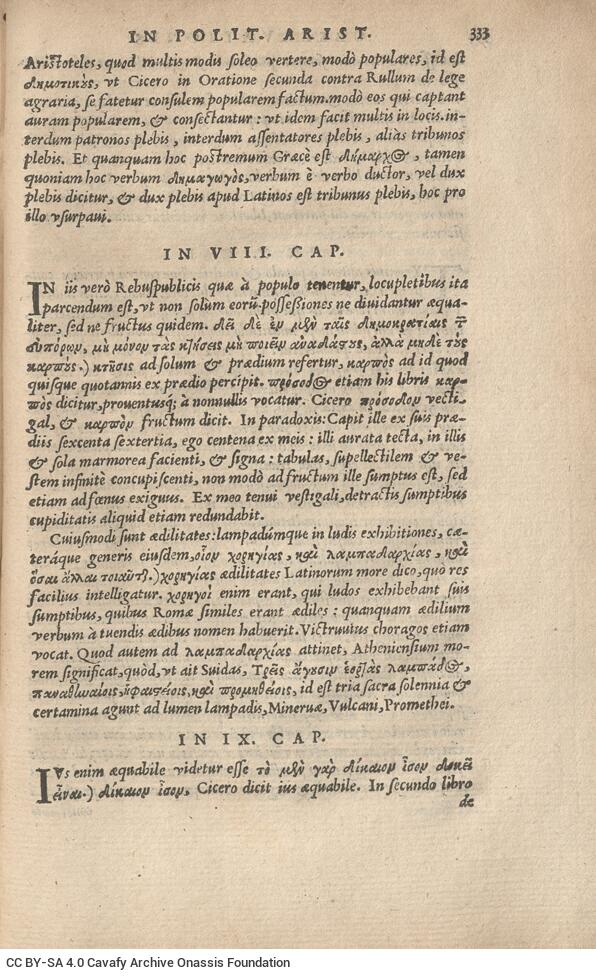
-
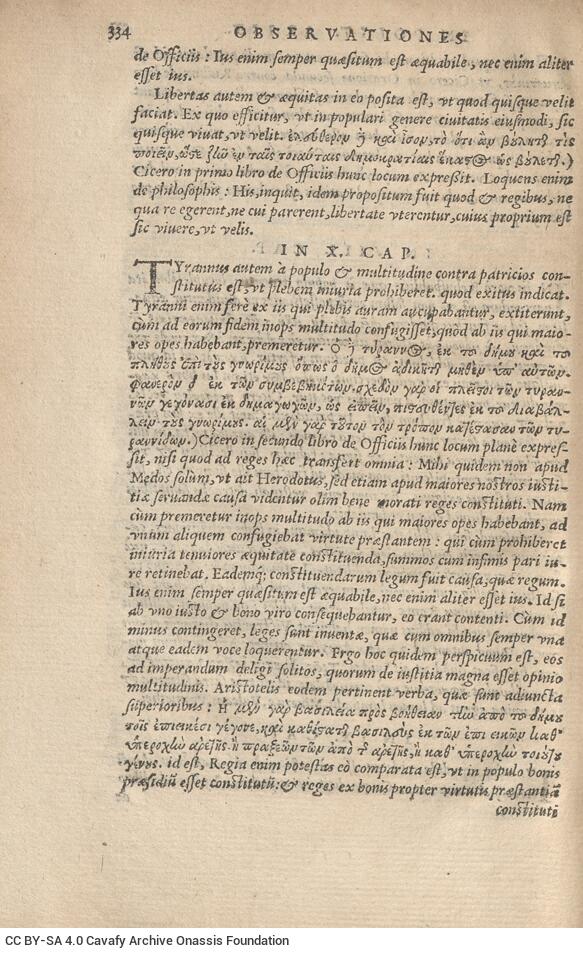
-
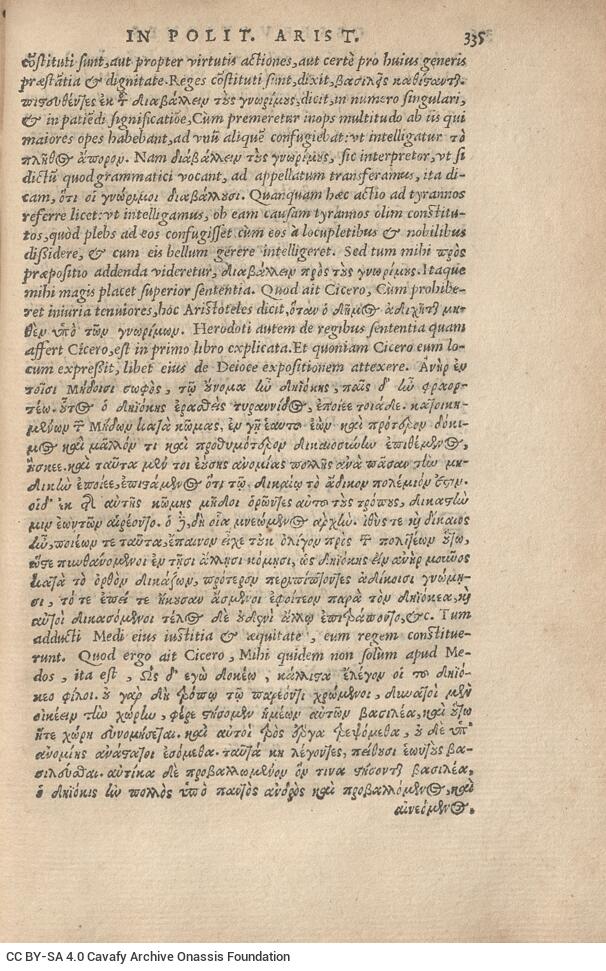
-

-

-
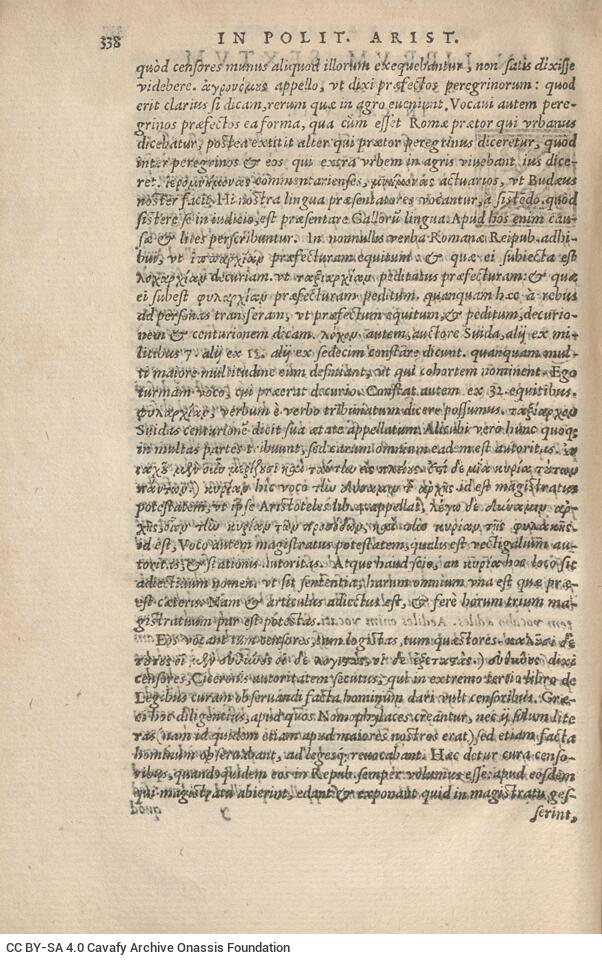
-

-
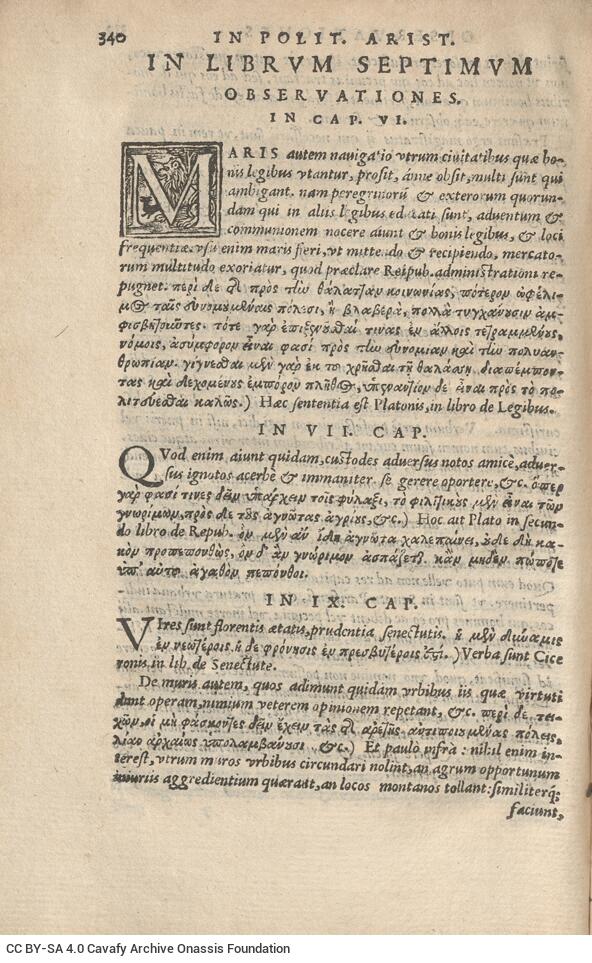
-

-

-

-
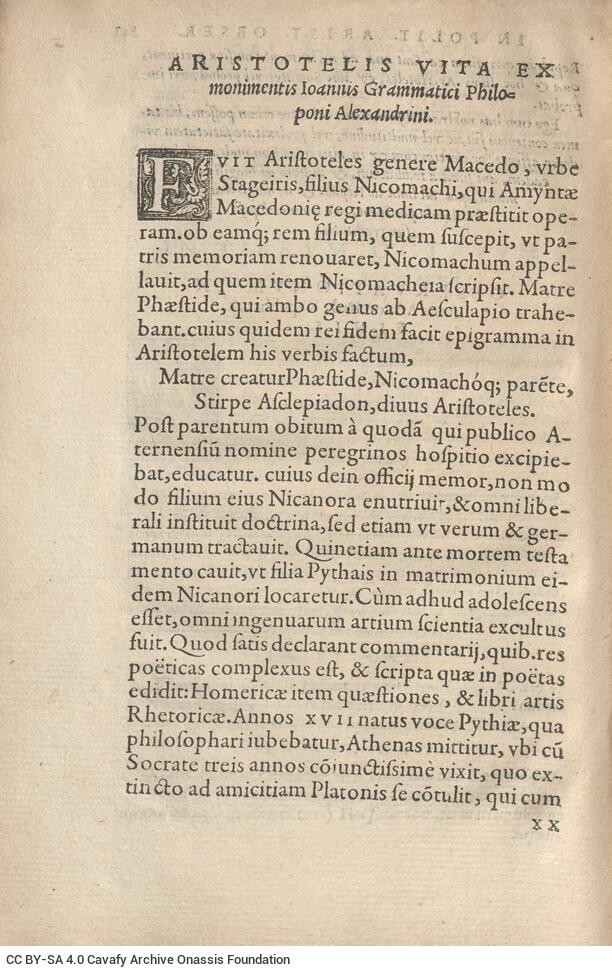
-
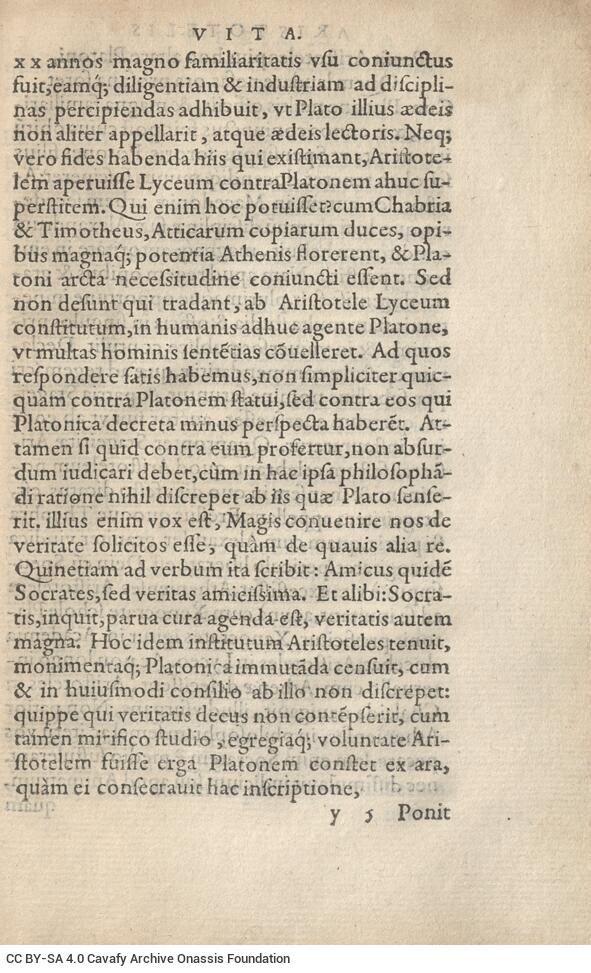
-

-

-
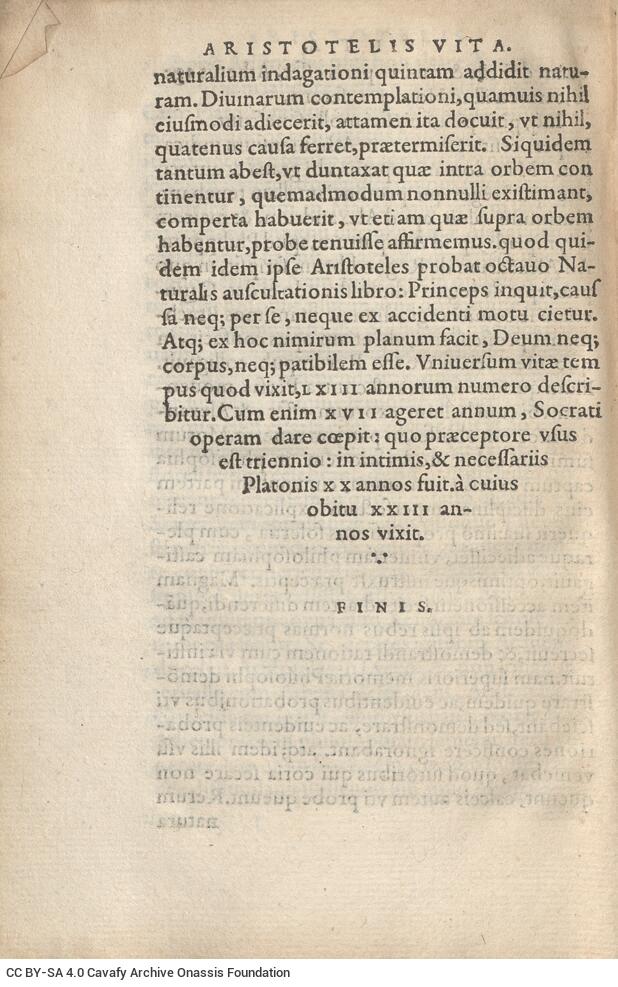
-

-

-

-

-
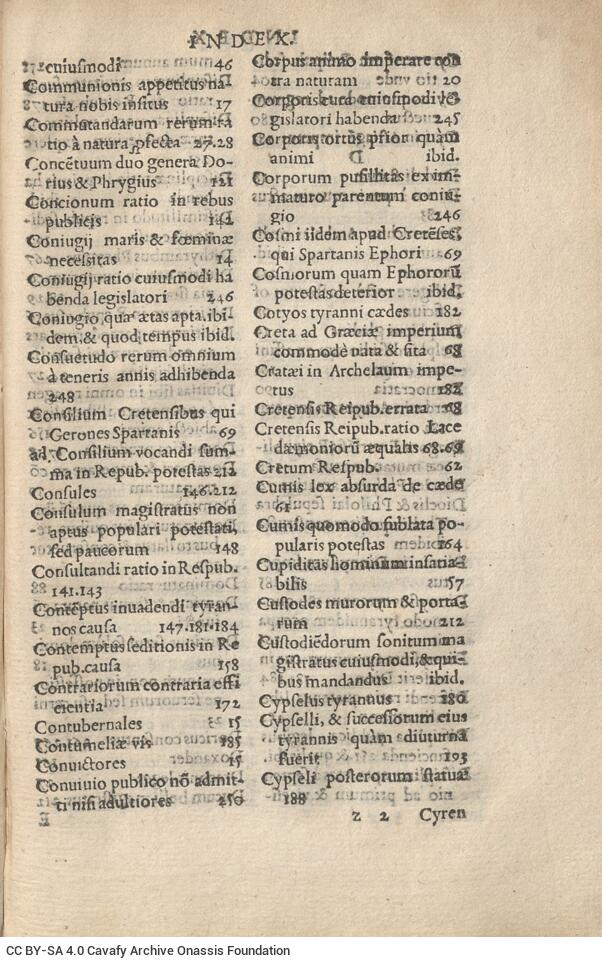
-
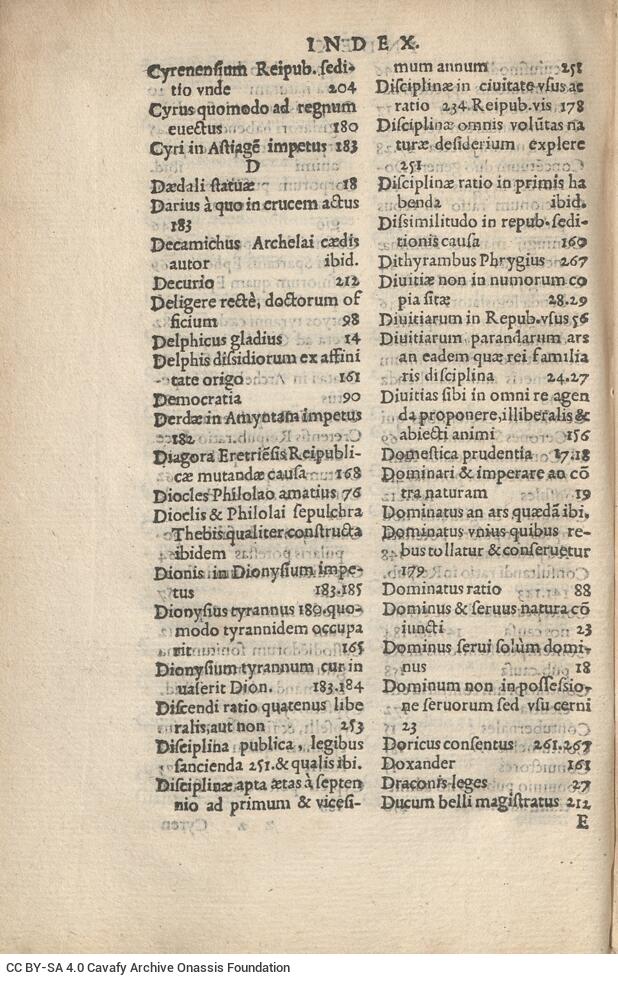
-

-
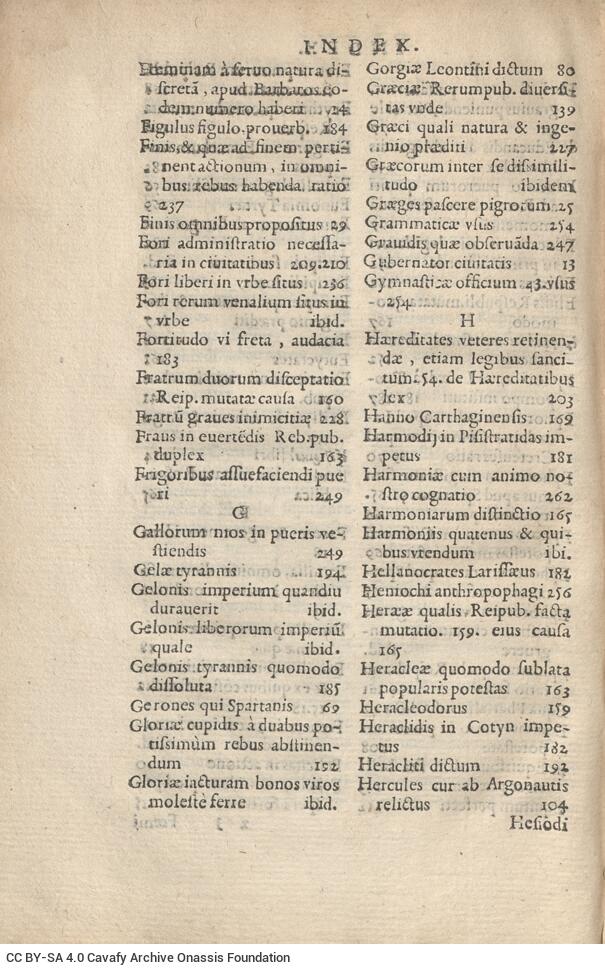
-
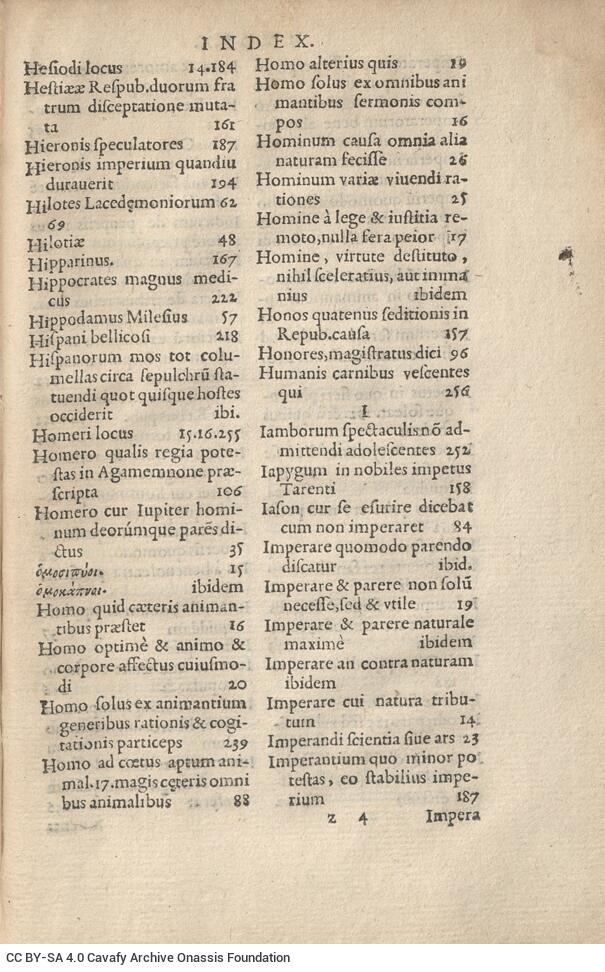
-
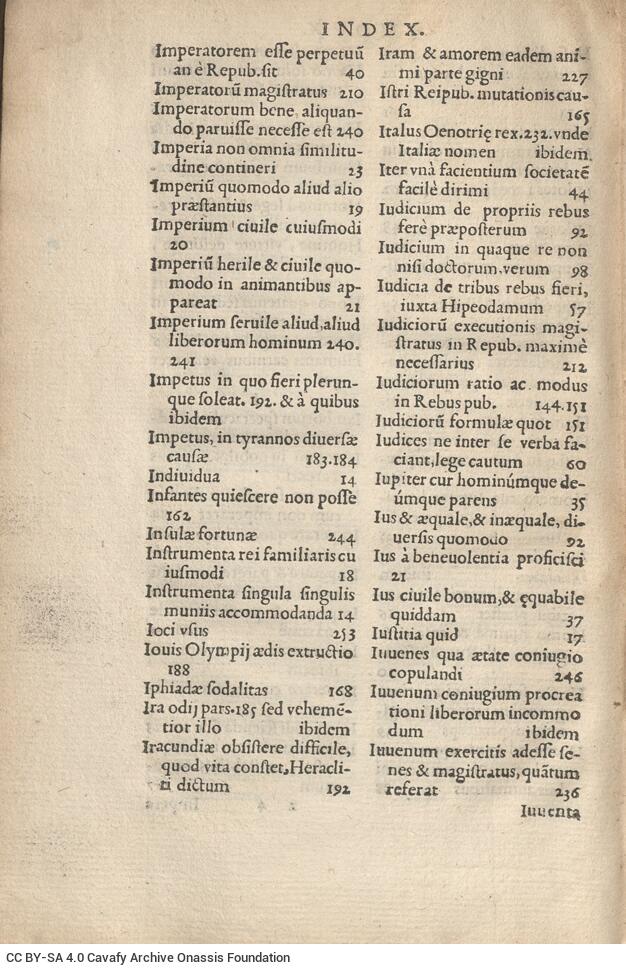
-

-
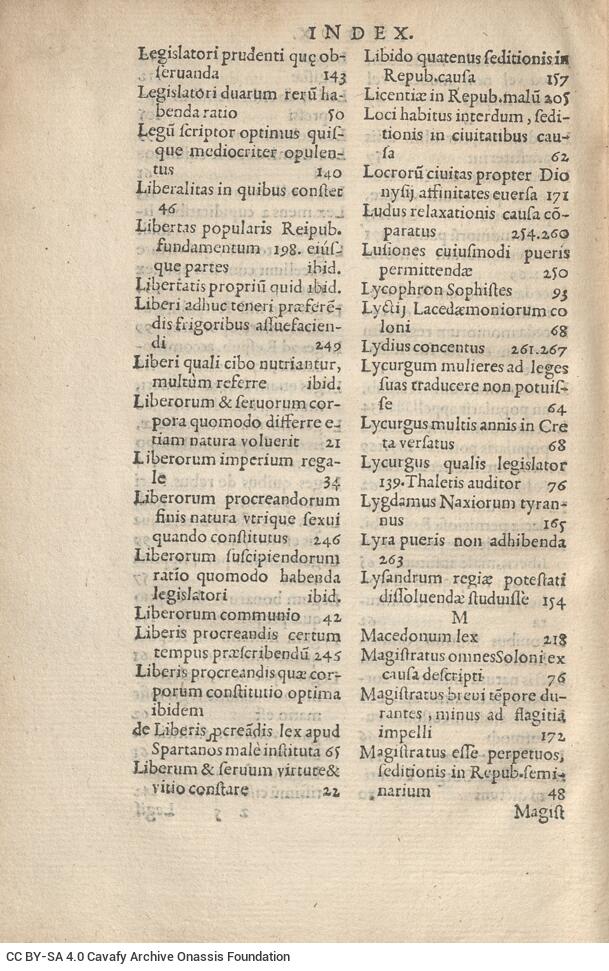
-

-
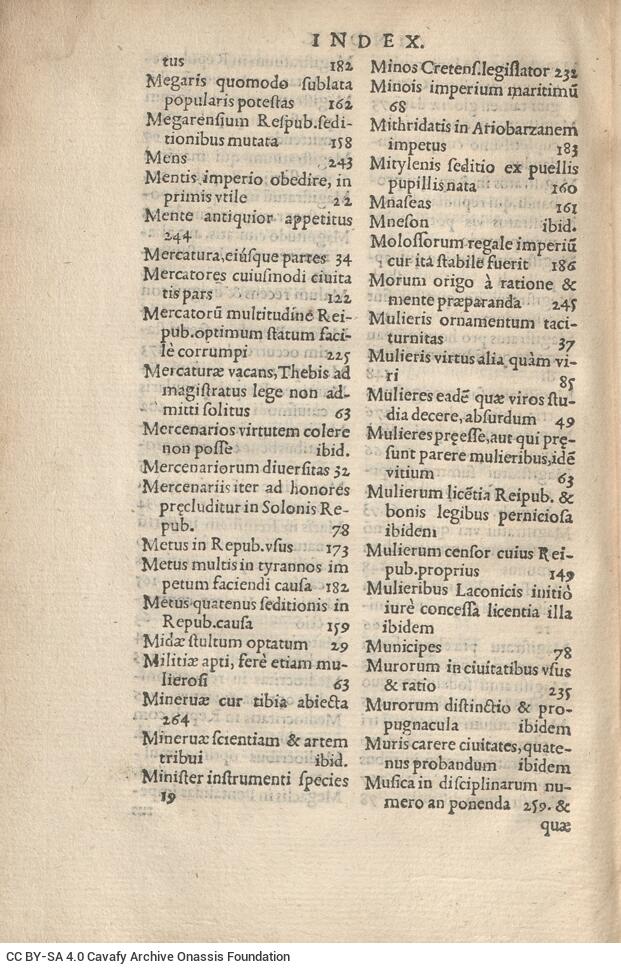
-
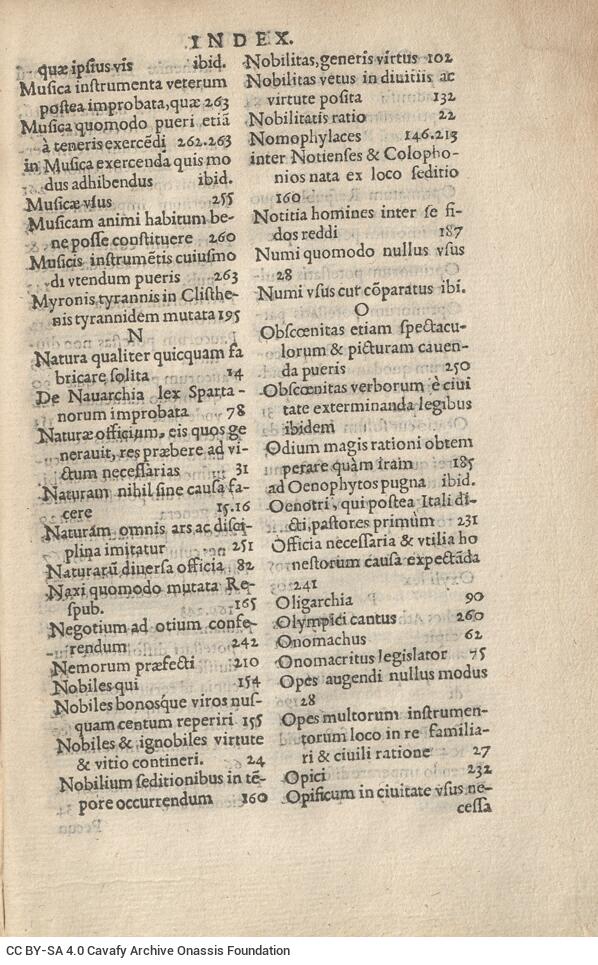
-
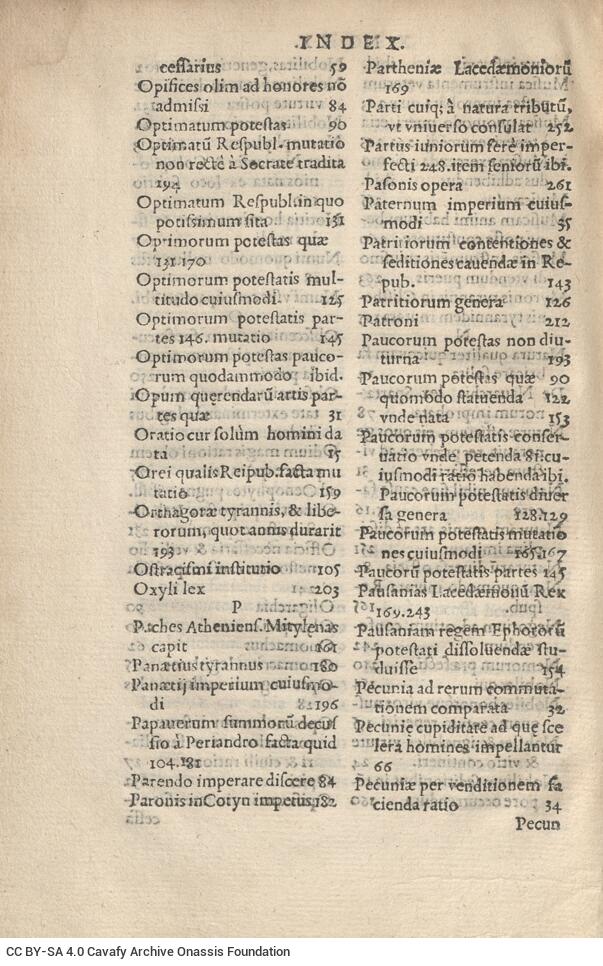
-
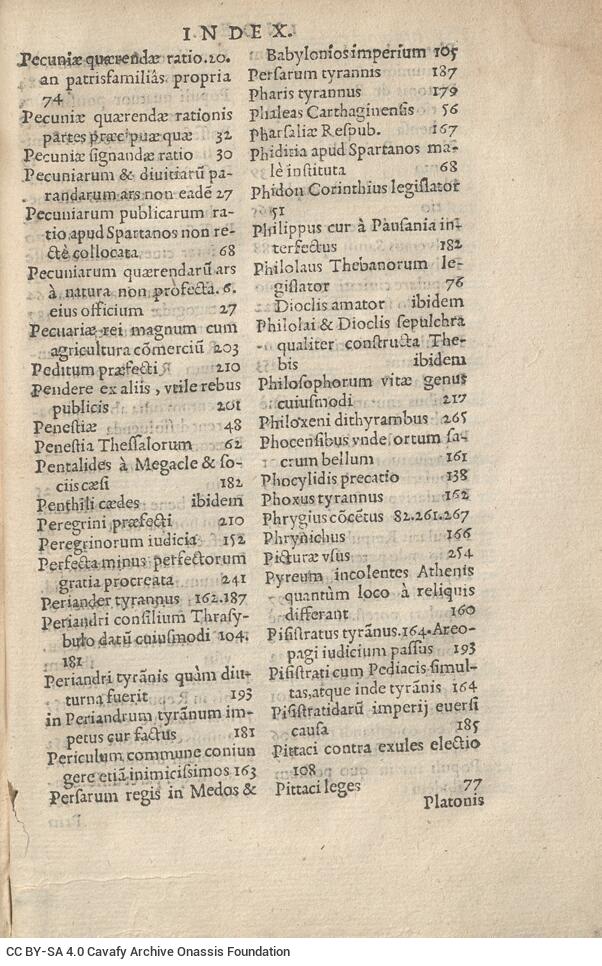
-
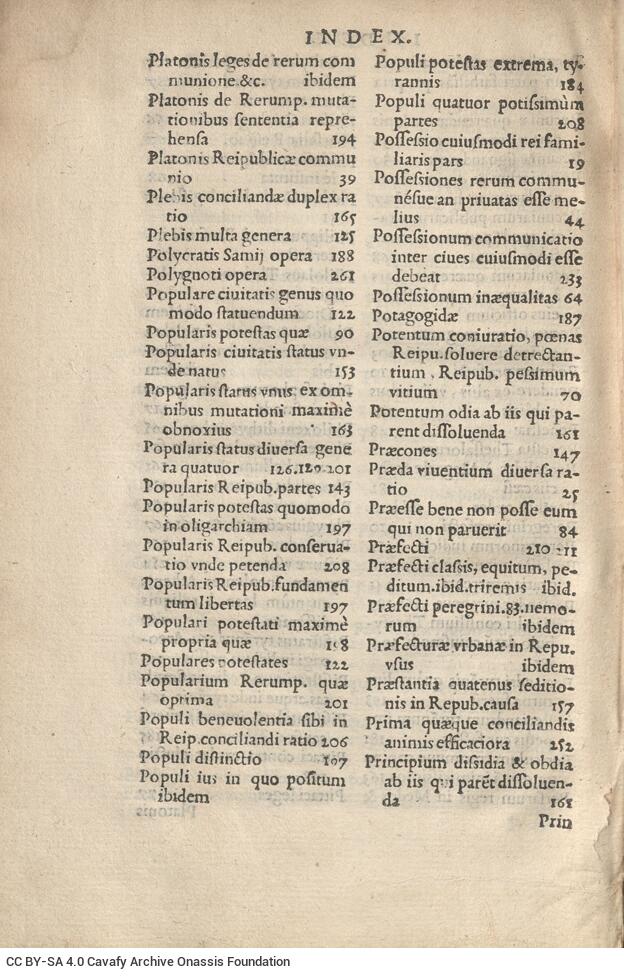
-
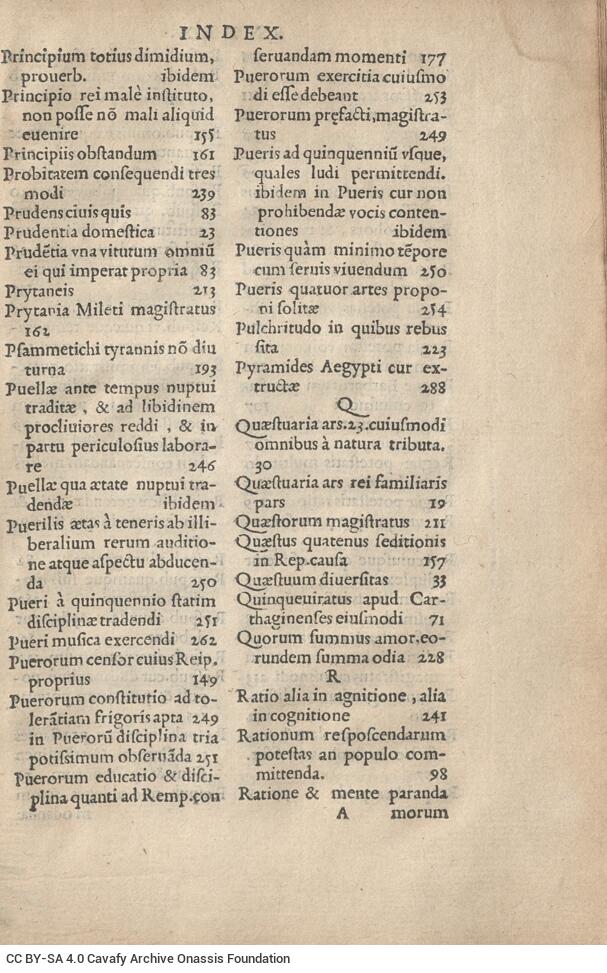
-
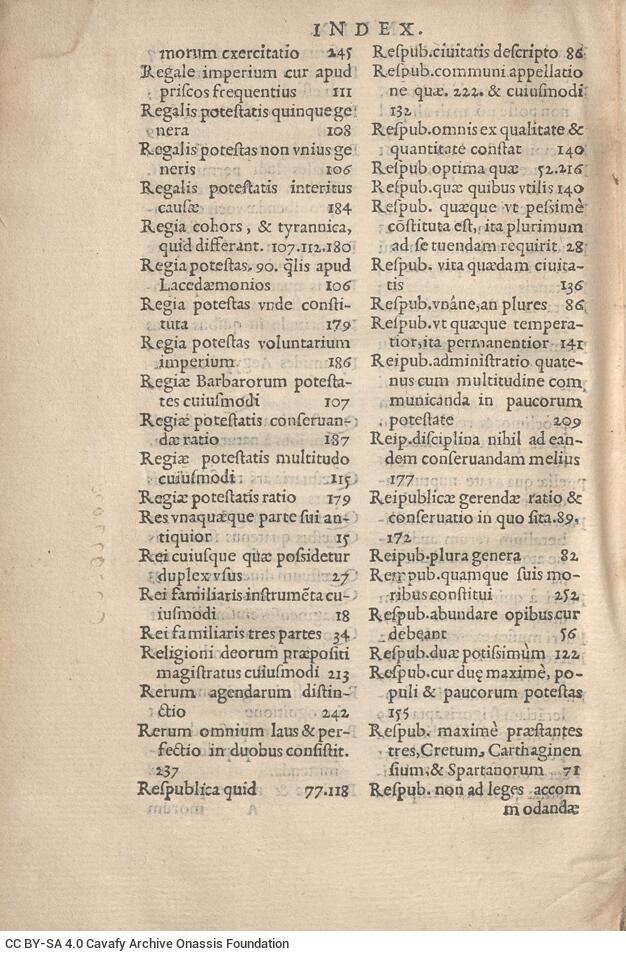
-

-
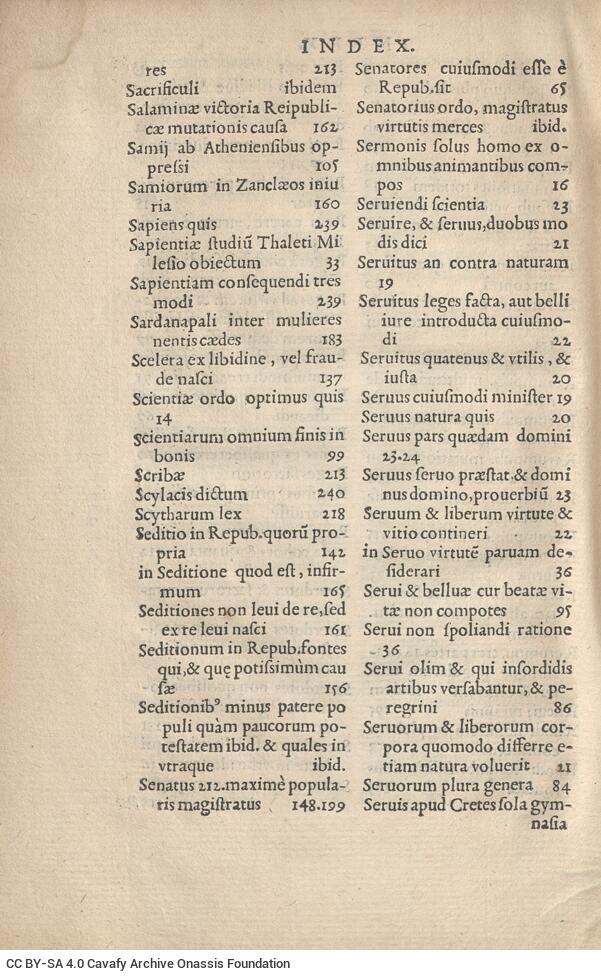
-
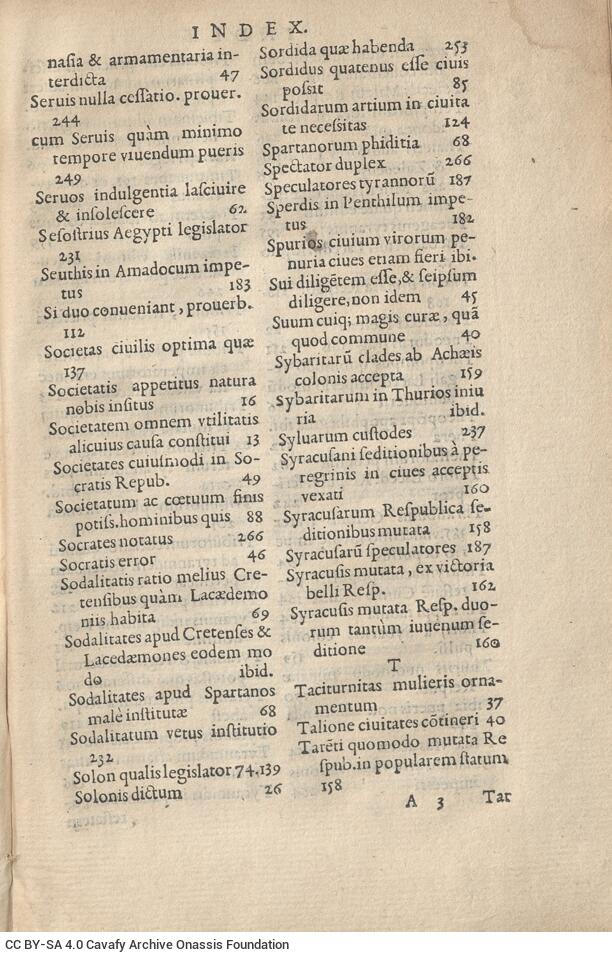
-

-
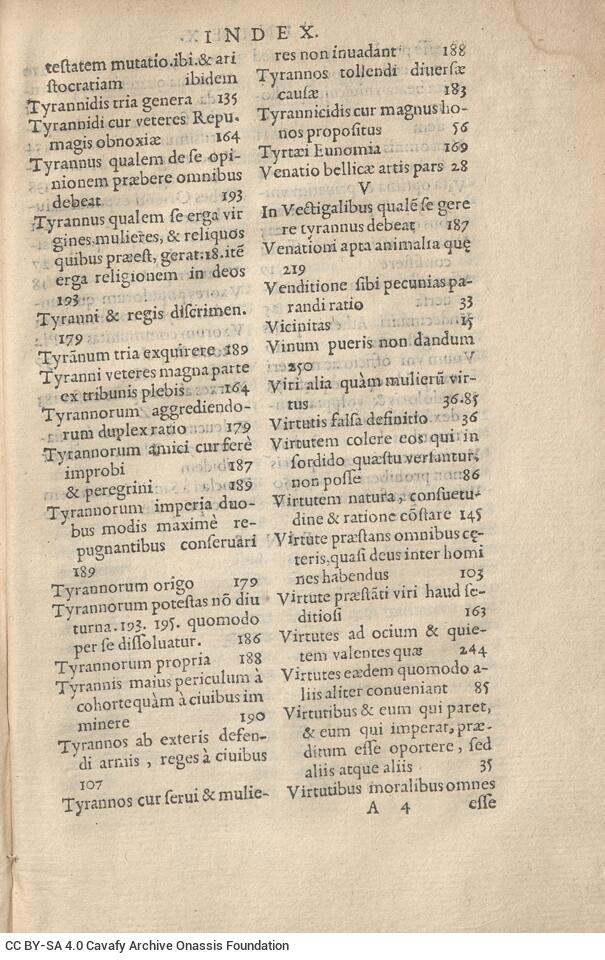
-

-
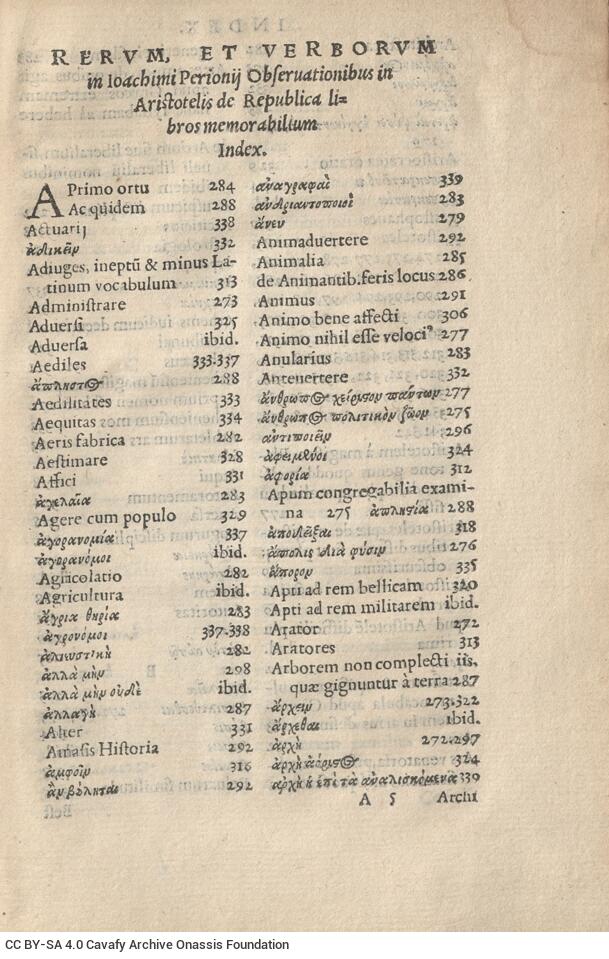
-
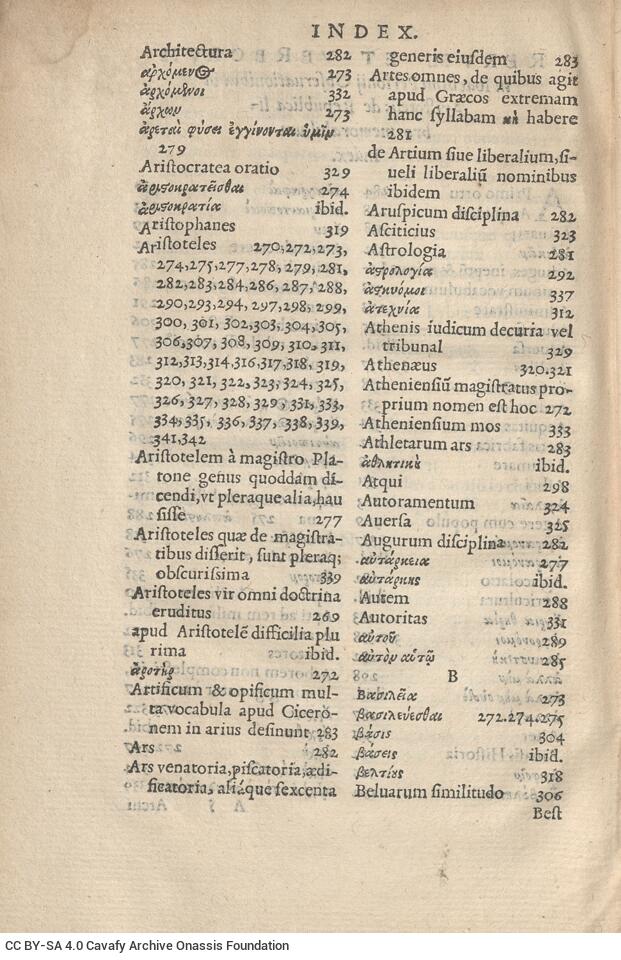
-
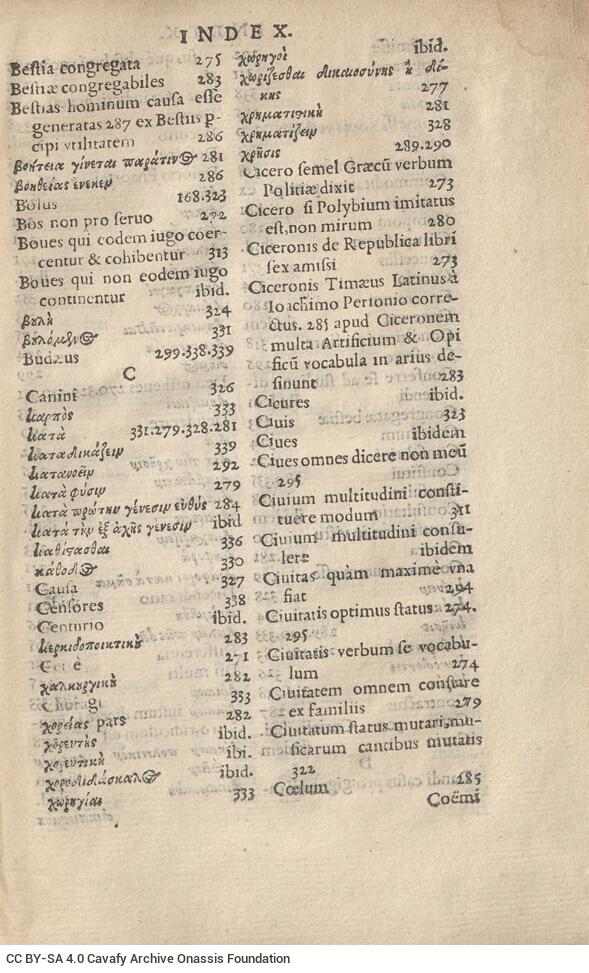
-

-
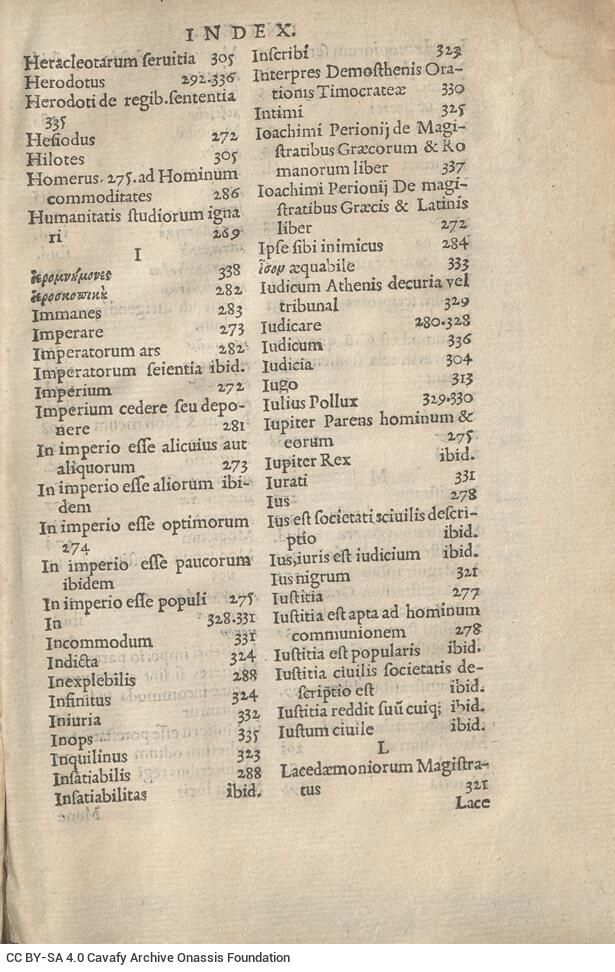
-
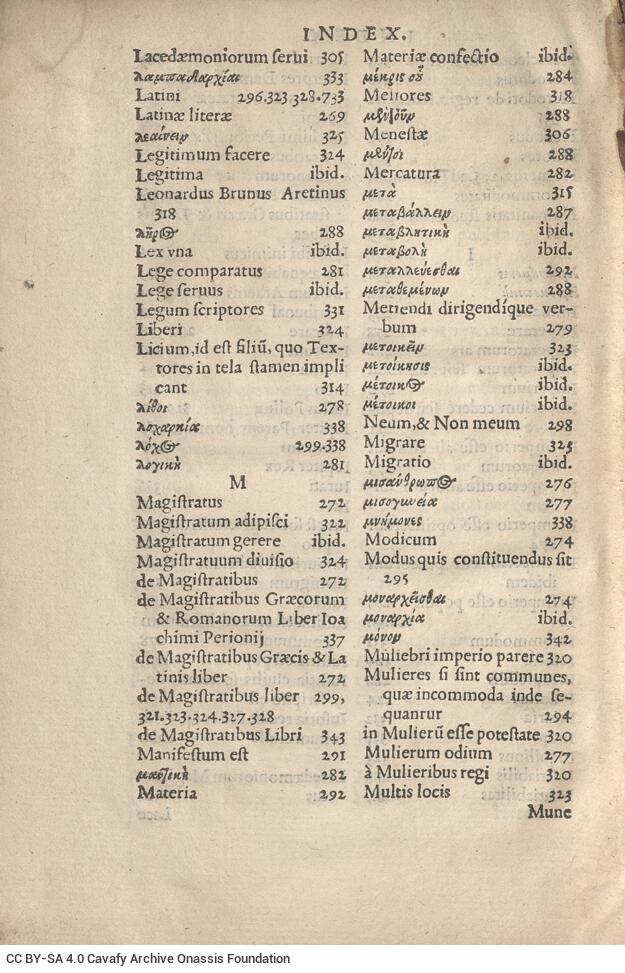
-
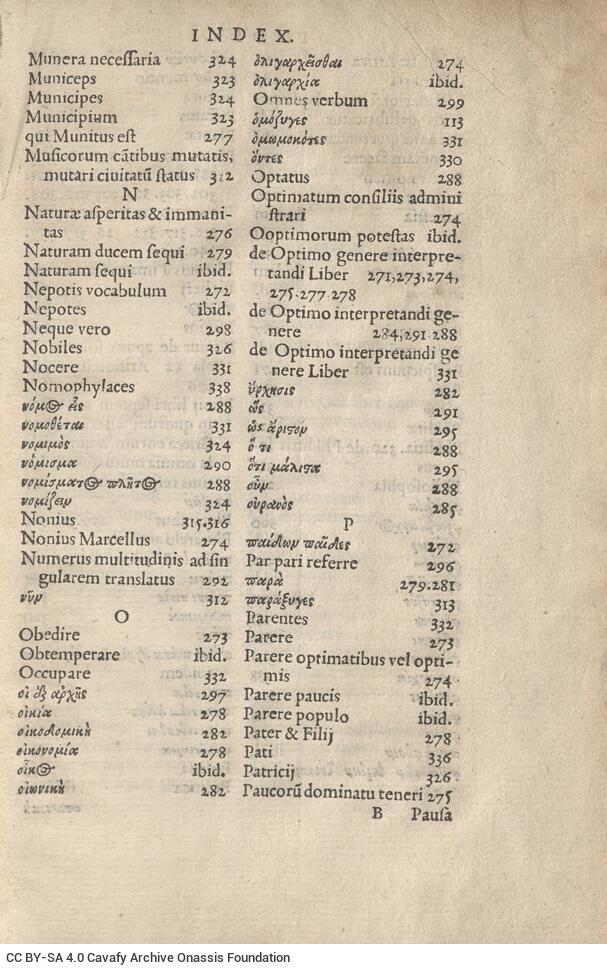
-
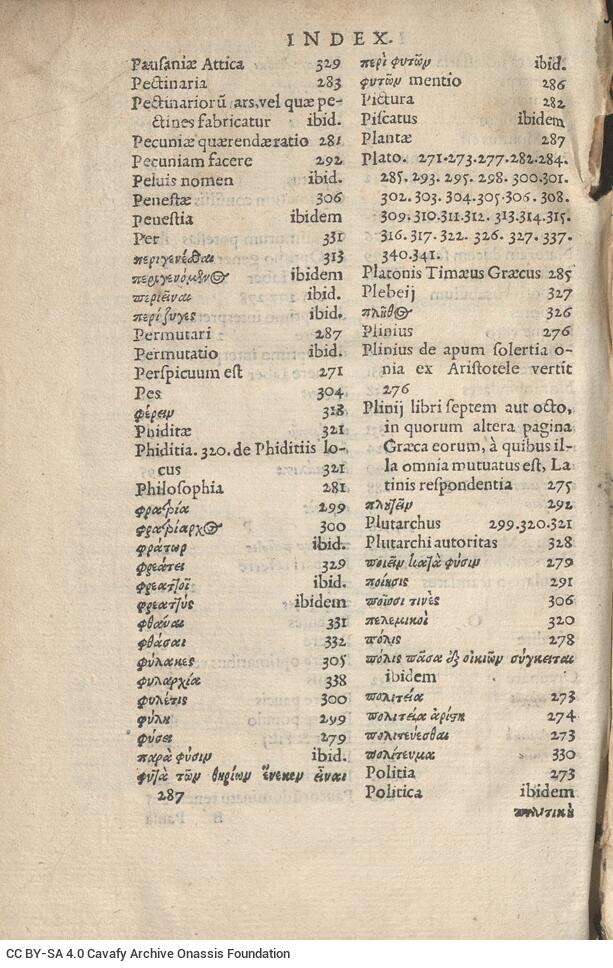
-

-

-
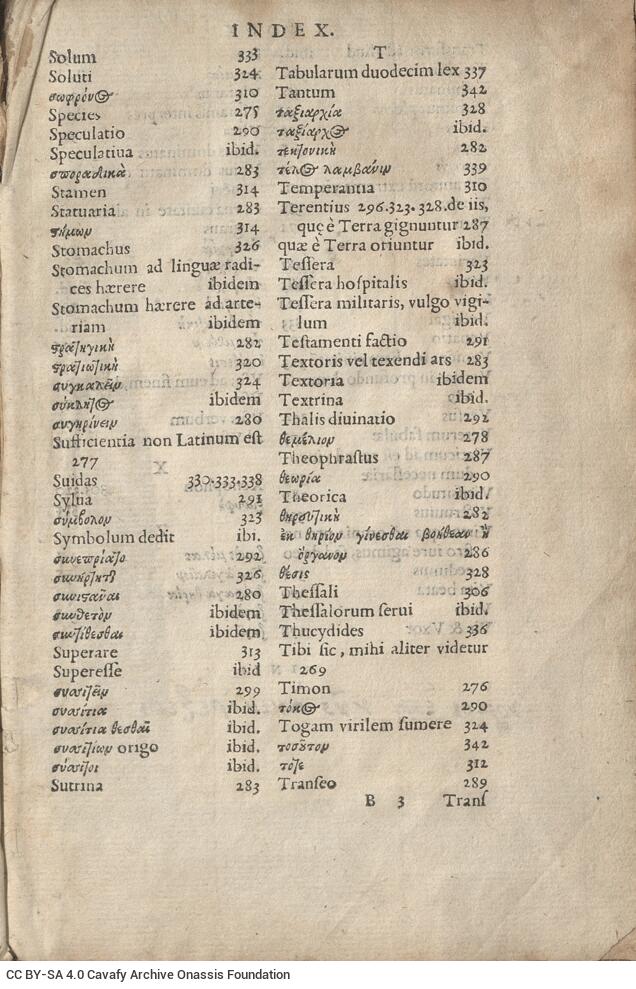
-
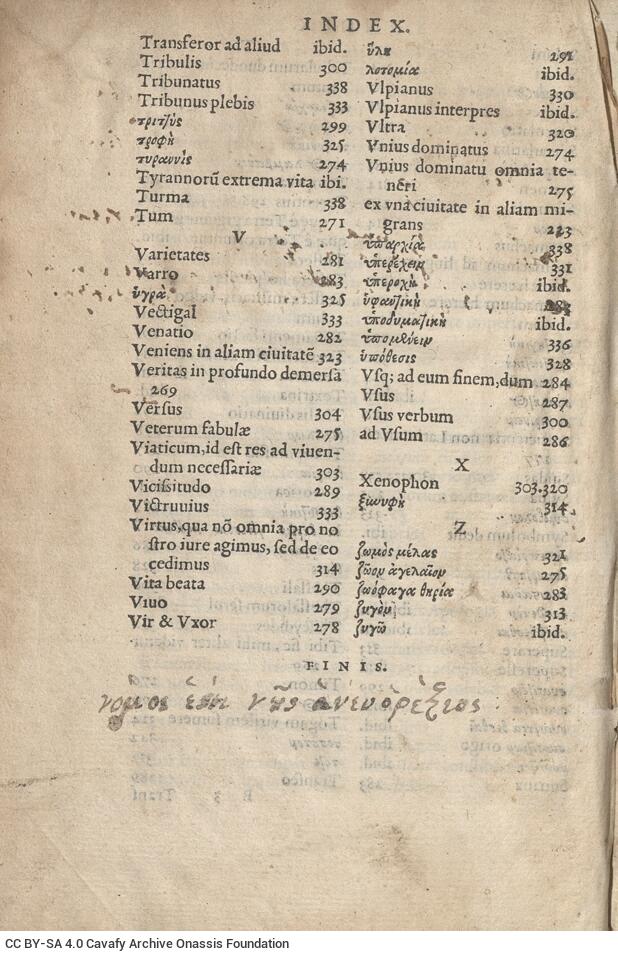
-

1. L V G D V N I, At Lyons in
2. Excudebat Ioannes = - France
3. d' Ogerolles,
4. 1556. MD4 -

-

1. The arms
2. on the
3. sides of
4. this volume
5. are those
6. of Queen
7. Mary I
8. (Tudor) of
9. Eng land. -

underlining
underlining
green fonts
yellow fonts
red fonts
DIGITAL OBJECT DESCRIPTION
- CAVAFY LIBRARY
Latin
17 x 11 cm; 343 + 47 s.p. + 1 insert, handwritten notes with pencil and ink on verso of the front cover, p. [1] title page with typographic ornament and handwritten notes, p. [2] notes in Latin, p. [344-348] “Aristotelis vita ex monimentis Ioannis Grammatici Philoponi Alexandrini”, p. [349-376] “Rerum et vocum in Politicis Aristoteli memo rabilium index” and p. [377-386] “Rerum et verborum in Ioachimi Perionis Objervationibus in Aristotelis de Republica libros memorabilium index”. P. [386] handwritten note with black ink in Ancient Greek. Handwritten note in black ink inserted between last page and back cover mentioning that the book belongs to Mary I of Scottland. Handwritten notes in black ink on recto of the back cover.
Extensive notes in Latin with black ink can be found on the margins of p. 3-267 of the book. Unknown handwriting. On the front and back cover of the book is Mary’s I of Scotland royal coat of arms.
ACCESS POINTS
Metadata in machine-readable format
10558, ATHENS
Τ +30 210 37 13 000
Email cavafyarchive@onassis.org
CAVAFY ARCHIVE DIGITAL COURSES
CAVAFY ARCHIVE READING ROOM
![17 x 11 cm; 343 + 47 s.p. + 1 insert, handwritten notes with pencil and ink on verso of the front cover, p. [1] title page wi](https://cavafy.onassis.org/wp-content/uploads/images-cl/gr-of-ca-cl5.1/001_GR-OF CA CL.5.1_co-500x500.jpg)
![17 x 11 cm; 343 + 47 s.p. + 1 insert, handwritten notes with pencil and ink on verso of the front cover, p. [1] title page wi](https://cavafy.onassis.org/wp-content/uploads/images-cl/gr-of-ca-cl5.1/002_GR-OF CA CL.5.1_cov-500x500.jpg)
![17 x 11 cm; 343 + 47 s.p. + 1 insert, handwritten notes with pencil and ink on verso of the front cover, p. [1] title page wi](https://cavafy.onassis.org/wp-content/uploads/images-cl/gr-of-ca-cl5.1/003_GR-OF CA CL.5.1_l1r-500x500.jpg)
![17 x 11 cm; 343 + 47 s.p. + 1 insert, handwritten notes with pencil and ink on verso of the front cover, p. [1] title page wi](https://cavafy.onassis.org/wp-content/uploads/images-cl/gr-of-ca-cl5.1/004_GR-OF CA CL.5.1_l1v-500x500.jpg)
![17 x 11 cm; 343 + 47 s.p. + 1 insert, handwritten notes with pencil and ink on verso of the front cover, p. [1] title page wi](https://cavafy.onassis.org/wp-content/uploads/images-cl/gr-of-ca-cl5.1/005_GR-OF CA CL.5.1_p003-500x500.jpg)
![17 x 11 cm; 343 + 47 s.p. + 1 insert, handwritten notes with pencil and ink on verso of the front cover, p. [1] title page wi](https://cavafy.onassis.org/wp-content/uploads/images-cl/gr-of-ca-cl5.1/006_GR-OF CA CL.5.1_p004-500x500.jpg)
![17 x 11 cm; 343 + 47 s.p. + 1 insert, handwritten notes with pencil and ink on verso of the front cover, p. [1] title page wi](https://cavafy.onassis.org/wp-content/uploads/images-cl/gr-of-ca-cl5.1/007_GR-OF CA CL.5.1_p005-500x500.jpg)
![17 x 11 cm; 343 + 47 s.p. + 1 insert, handwritten notes with pencil and ink on verso of the front cover, p. [1] title page wi](https://cavafy.onassis.org/wp-content/uploads/images-cl/gr-of-ca-cl5.1/008_GR-OF CA CL.5.1_p006-500x500.jpg)
![17 x 11 cm; 343 + 47 s.p. + 1 insert, handwritten notes with pencil and ink on verso of the front cover, p. [1] title page wi](https://cavafy.onassis.org/wp-content/uploads/images-cl/gr-of-ca-cl5.1/009_GR-OF CA CL.5.1_p007-500x500.jpg)
![17 x 11 cm; 343 + 47 s.p. + 1 insert, handwritten notes with pencil and ink on verso of the front cover, p. [1] title page wi](https://cavafy.onassis.org/wp-content/uploads/images-cl/gr-of-ca-cl5.1/010_GR-OF CA CL.5.1_p008-500x500.jpg)
![17 x 11 cm; 343 + 47 s.p. + 1 insert, handwritten notes with pencil and ink on verso of the front cover, p. [1] title page wi](https://cavafy.onassis.org/wp-content/uploads/images-cl/gr-of-ca-cl5.1/011_GR-OF CA CL.5.1_p009-500x500.jpg)
![17 x 11 cm; 343 + 47 s.p. + 1 insert, handwritten notes with pencil and ink on verso of the front cover, p. [1] title page wi](https://cavafy.onassis.org/wp-content/uploads/images-cl/gr-of-ca-cl5.1/012_GR-OF CA CL.5.1_p010-500x500.jpg)
![17 x 11 cm; 343 + 47 s.p. + 1 insert, handwritten notes with pencil and ink on verso of the front cover, p. [1] title page wi](https://cavafy.onassis.org/wp-content/uploads/images-cl/gr-of-ca-cl5.1/013_GR-OF CA CL.5.1_p011-500x500.jpg)
![17 x 11 cm; 343 + 47 s.p. + 1 insert, handwritten notes with pencil and ink on verso of the front cover, p. [1] title page wi](https://cavafy.onassis.org/wp-content/uploads/images-cl/gr-of-ca-cl5.1/014_GR-OF CA CL.5.1_p012-500x500.jpg)
![17 x 11 cm; 343 + 47 s.p. + 1 insert, handwritten notes with pencil and ink on verso of the front cover, p. [1] title page wi](https://cavafy.onassis.org/wp-content/uploads/images-cl/gr-of-ca-cl5.1/015_GR-OF CA CL.5.1_p013-500x500.jpg)
![17 x 11 cm; 343 + 47 s.p. + 1 insert, handwritten notes with pencil and ink on verso of the front cover, p. [1] title page wi](https://cavafy.onassis.org/wp-content/uploads/images-cl/gr-of-ca-cl5.1/016_GR-OF CA CL.5.1_p014-500x500.jpg)
![17 x 11 cm; 343 + 47 s.p. + 1 insert, handwritten notes with pencil and ink on verso of the front cover, p. [1] title page wi](https://cavafy.onassis.org/wp-content/uploads/images-cl/gr-of-ca-cl5.1/017_GR-OF CA CL.5.1_p015-500x500.jpg)
![17 x 11 cm; 343 + 47 s.p. + 1 insert, handwritten notes with pencil and ink on verso of the front cover, p. [1] title page wi](https://cavafy.onassis.org/wp-content/uploads/images-cl/gr-of-ca-cl5.1/018_GR-OF CA CL.5.1_p016-500x500.jpg)
![17 x 11 cm; 343 + 47 s.p. + 1 insert, handwritten notes with pencil and ink on verso of the front cover, p. [1] title page wi](https://cavafy.onassis.org/wp-content/uploads/images-cl/gr-of-ca-cl5.1/019_GR-OF CA CL.5.1_p017-500x500.jpg)
![17 x 11 cm; 343 + 47 s.p. + 1 insert, handwritten notes with pencil and ink on verso of the front cover, p. [1] title page wi](https://cavafy.onassis.org/wp-content/uploads/images-cl/gr-of-ca-cl5.1/020_GR-OF CA CL.5.1_p018-500x500.jpg)
![17 x 11 cm; 343 + 47 s.p. + 1 insert, handwritten notes with pencil and ink on verso of the front cover, p. [1] title page wi](https://cavafy.onassis.org/wp-content/uploads/images-cl/gr-of-ca-cl5.1/021_GR-OF CA CL.5.1_p019-500x500.jpg)
![17 x 11 cm; 343 + 47 s.p. + 1 insert, handwritten notes with pencil and ink on verso of the front cover, p. [1] title page wi](https://cavafy.onassis.org/wp-content/uploads/images-cl/gr-of-ca-cl5.1/022_GR-OF CA CL.5.1_p020-500x500.jpg)
![17 x 11 cm; 343 + 47 s.p. + 1 insert, handwritten notes with pencil and ink on verso of the front cover, p. [1] title page wi](https://cavafy.onassis.org/wp-content/uploads/images-cl/gr-of-ca-cl5.1/023_GR-OF CA CL.5.1_p021-500x500.jpg)
![17 x 11 cm; 343 + 47 s.p. + 1 insert, handwritten notes with pencil and ink on verso of the front cover, p. [1] title page wi](https://cavafy.onassis.org/wp-content/uploads/images-cl/gr-of-ca-cl5.1/024_GR-OF CA CL.5.1_p022-500x500.jpg)
![17 x 11 cm; 343 + 47 s.p. + 1 insert, handwritten notes with pencil and ink on verso of the front cover, p. [1] title page wi](https://cavafy.onassis.org/wp-content/uploads/images-cl/gr-of-ca-cl5.1/025_GR-OF CA CL.5.1_p023-500x500.jpg)
![17 x 11 cm; 343 + 47 s.p. + 1 insert, handwritten notes with pencil and ink on verso of the front cover, p. [1] title page wi](https://cavafy.onassis.org/wp-content/uploads/images-cl/gr-of-ca-cl5.1/026_GR-OF CA CL.5.1_p024-500x500.jpg)
![17 x 11 cm; 343 + 47 s.p. + 1 insert, handwritten notes with pencil and ink on verso of the front cover, p. [1] title page wi](https://cavafy.onassis.org/wp-content/uploads/images-cl/gr-of-ca-cl5.1/027_GR-OF CA CL.5.1_p025-500x500.jpg)
![17 x 11 cm; 343 + 47 s.p. + 1 insert, handwritten notes with pencil and ink on verso of the front cover, p. [1] title page wi](https://cavafy.onassis.org/wp-content/uploads/images-cl/gr-of-ca-cl5.1/028_GR-OF CA CL.5.1_p026-500x500.jpg)
![17 x 11 cm; 343 + 47 s.p. + 1 insert, handwritten notes with pencil and ink on verso of the front cover, p. [1] title page wi](https://cavafy.onassis.org/wp-content/uploads/images-cl/gr-of-ca-cl5.1/029_GR-OF CA CL.5.1_p027-500x500.jpg)
![17 x 11 cm; 343 + 47 s.p. + 1 insert, handwritten notes with pencil and ink on verso of the front cover, p. [1] title page wi](https://cavafy.onassis.org/wp-content/uploads/images-cl/gr-of-ca-cl5.1/030_GR-OF CA CL.5.1_p028-500x500.jpg)
![17 x 11 cm; 343 + 47 s.p. + 1 insert, handwritten notes with pencil and ink on verso of the front cover, p. [1] title page wi](https://cavafy.onassis.org/wp-content/uploads/images-cl/gr-of-ca-cl5.1/031_GR-OF CA CL.5.1_p029-500x500.jpg)
![17 x 11 cm; 343 + 47 s.p. + 1 insert, handwritten notes with pencil and ink on verso of the front cover, p. [1] title page wi](https://cavafy.onassis.org/wp-content/uploads/images-cl/gr-of-ca-cl5.1/032_GR-OF CA CL.5.1_p030-500x500.jpg)
![17 x 11 cm; 343 + 47 s.p. + 1 insert, handwritten notes with pencil and ink on verso of the front cover, p. [1] title page wi](https://cavafy.onassis.org/wp-content/uploads/images-cl/gr-of-ca-cl5.1/033_GR-OF CA CL.5.1_p031-500x500.jpg)
![17 x 11 cm; 343 + 47 s.p. + 1 insert, handwritten notes with pencil and ink on verso of the front cover, p. [1] title page wi](https://cavafy.onassis.org/wp-content/uploads/images-cl/gr-of-ca-cl5.1/034_GR-OF CA CL.5.1_p032-500x500.jpg)
![17 x 11 cm; 343 + 47 s.p. + 1 insert, handwritten notes with pencil and ink on verso of the front cover, p. [1] title page wi](https://cavafy.onassis.org/wp-content/uploads/images-cl/gr-of-ca-cl5.1/035_GR-OF CA CL.5.1_p033-500x500.jpg)
![17 x 11 cm; 343 + 47 s.p. + 1 insert, handwritten notes with pencil and ink on verso of the front cover, p. [1] title page wi](https://cavafy.onassis.org/wp-content/uploads/images-cl/gr-of-ca-cl5.1/036_GR-OF CA CL.5.1_p034-500x500.jpg)
![17 x 11 cm; 343 + 47 s.p. + 1 insert, handwritten notes with pencil and ink on verso of the front cover, p. [1] title page wi](https://cavafy.onassis.org/wp-content/uploads/images-cl/gr-of-ca-cl5.1/037_GR-OF CA CL.5.1_p035-500x500.jpg)
![17 x 11 cm; 343 + 47 s.p. + 1 insert, handwritten notes with pencil and ink on verso of the front cover, p. [1] title page wi](https://cavafy.onassis.org/wp-content/uploads/images-cl/gr-of-ca-cl5.1/038_GR-OF CA CL.5.1_p036-500x500.jpg)
![17 x 11 cm; 343 + 47 s.p. + 1 insert, handwritten notes with pencil and ink on verso of the front cover, p. [1] title page wi](https://cavafy.onassis.org/wp-content/uploads/images-cl/gr-of-ca-cl5.1/039_GR-OF CA CL.5.1_p037-500x500.jpg)
![17 x 11 cm; 343 + 47 s.p. + 1 insert, handwritten notes with pencil and ink on verso of the front cover, p. [1] title page wi](https://cavafy.onassis.org/wp-content/uploads/images-cl/gr-of-ca-cl5.1/040_GR-OF CA CL.5.1_p038-500x500.jpg)
![17 x 11 cm; 343 + 47 s.p. + 1 insert, handwritten notes with pencil and ink on verso of the front cover, p. [1] title page wi](https://cavafy.onassis.org/wp-content/uploads/images-cl/gr-of-ca-cl5.1/041_GR-OF CA CL.5.1_p039-500x500.jpg)
![17 x 11 cm; 343 + 47 s.p. + 1 insert, handwritten notes with pencil and ink on verso of the front cover, p. [1] title page wi](https://cavafy.onassis.org/wp-content/uploads/images-cl/gr-of-ca-cl5.1/042_GR-OF CA CL.5.1_p040-500x500.jpg)
![17 x 11 cm; 343 + 47 s.p. + 1 insert, handwritten notes with pencil and ink on verso of the front cover, p. [1] title page wi](https://cavafy.onassis.org/wp-content/uploads/images-cl/gr-of-ca-cl5.1/043_GR-OF CA CL.5.1_p041-500x500.jpg)
![17 x 11 cm; 343 + 47 s.p. + 1 insert, handwritten notes with pencil and ink on verso of the front cover, p. [1] title page wi](https://cavafy.onassis.org/wp-content/uploads/images-cl/gr-of-ca-cl5.1/044_GR-OF CA CL.5.1_p042-500x500.jpg)
![17 x 11 cm; 343 + 47 s.p. + 1 insert, handwritten notes with pencil and ink on verso of the front cover, p. [1] title page wi](https://cavafy.onassis.org/wp-content/uploads/images-cl/gr-of-ca-cl5.1/045_GR-OF CA CL.5.1_p043-500x500.jpg)
![17 x 11 cm; 343 + 47 s.p. + 1 insert, handwritten notes with pencil and ink on verso of the front cover, p. [1] title page wi](https://cavafy.onassis.org/wp-content/uploads/images-cl/gr-of-ca-cl5.1/046_GR-OF CA CL.5.1_p044-500x500.jpg)
![17 x 11 cm; 343 + 47 s.p. + 1 insert, handwritten notes with pencil and ink on verso of the front cover, p. [1] title page wi](https://cavafy.onassis.org/wp-content/uploads/images-cl/gr-of-ca-cl5.1/047_GR-OF CA CL.5.1_p045-500x500.jpg)
![17 x 11 cm; 343 + 47 s.p. + 1 insert, handwritten notes with pencil and ink on verso of the front cover, p. [1] title page wi](https://cavafy.onassis.org/wp-content/uploads/images-cl/gr-of-ca-cl5.1/048_GR-OF CA CL.5.1_p046-500x500.jpg)
![17 x 11 cm; 343 + 47 s.p. + 1 insert, handwritten notes with pencil and ink on verso of the front cover, p. [1] title page wi](https://cavafy.onassis.org/wp-content/uploads/images-cl/gr-of-ca-cl5.1/049_GR-OF CA CL.5.1_p047-500x500.jpg)
![17 x 11 cm; 343 + 47 s.p. + 1 insert, handwritten notes with pencil and ink on verso of the front cover, p. [1] title page wi](https://cavafy.onassis.org/wp-content/uploads/images-cl/gr-of-ca-cl5.1/050_GR-OF CA CL.5.1_p048-500x500.jpg)
![17 x 11 cm; 343 + 47 s.p. + 1 insert, handwritten notes with pencil and ink on verso of the front cover, p. [1] title page wi](https://cavafy.onassis.org/wp-content/uploads/images-cl/gr-of-ca-cl5.1/051_GR-OF CA CL.5.1_p049-500x500.jpg)
![17 x 11 cm; 343 + 47 s.p. + 1 insert, handwritten notes with pencil and ink on verso of the front cover, p. [1] title page wi](https://cavafy.onassis.org/wp-content/uploads/images-cl/gr-of-ca-cl5.1/052_GR-OF CA CL.5.1_p050-500x500.jpg)
![17 x 11 cm; 343 + 47 s.p. + 1 insert, handwritten notes with pencil and ink on verso of the front cover, p. [1] title page wi](https://cavafy.onassis.org/wp-content/uploads/images-cl/gr-of-ca-cl5.1/053_GR-OF CA CL.5.1_p051-500x500.jpg)
![17 x 11 cm; 343 + 47 s.p. + 1 insert, handwritten notes with pencil and ink on verso of the front cover, p. [1] title page wi](https://cavafy.onassis.org/wp-content/uploads/images-cl/gr-of-ca-cl5.1/054_GR-OF CA CL.5.1_p052-500x500.jpg)
![17 x 11 cm; 343 + 47 s.p. + 1 insert, handwritten notes with pencil and ink on verso of the front cover, p. [1] title page wi](https://cavafy.onassis.org/wp-content/uploads/images-cl/gr-of-ca-cl5.1/055_GR-OF CA CL.5.1_p053-500x500.jpg)
![17 x 11 cm; 343 + 47 s.p. + 1 insert, handwritten notes with pencil and ink on verso of the front cover, p. [1] title page wi](https://cavafy.onassis.org/wp-content/uploads/images-cl/gr-of-ca-cl5.1/056_GR-OF CA CL.5.1_p054-500x500.jpg)
![17 x 11 cm; 343 + 47 s.p. + 1 insert, handwritten notes with pencil and ink on verso of the front cover, p. [1] title page wi](https://cavafy.onassis.org/wp-content/uploads/images-cl/gr-of-ca-cl5.1/057_GR-OF CA CL.5.1_p055-500x500.jpg)
![17 x 11 cm; 343 + 47 s.p. + 1 insert, handwritten notes with pencil and ink on verso of the front cover, p. [1] title page wi](https://cavafy.onassis.org/wp-content/uploads/images-cl/gr-of-ca-cl5.1/058_GR-OF CA CL.5.1_p056-500x500.jpg)
![17 x 11 cm; 343 + 47 s.p. + 1 insert, handwritten notes with pencil and ink on verso of the front cover, p. [1] title page wi](https://cavafy.onassis.org/wp-content/uploads/images-cl/gr-of-ca-cl5.1/059_GR-OF CA CL.5.1_p057-500x500.jpg)
![17 x 11 cm; 343 + 47 s.p. + 1 insert, handwritten notes with pencil and ink on verso of the front cover, p. [1] title page wi](https://cavafy.onassis.org/wp-content/uploads/images-cl/gr-of-ca-cl5.1/060_GR-OF CA CL.5.1_p058-500x500.jpg)
![17 x 11 cm; 343 + 47 s.p. + 1 insert, handwritten notes with pencil and ink on verso of the front cover, p. [1] title page wi](https://cavafy.onassis.org/wp-content/uploads/images-cl/gr-of-ca-cl5.1/061_GR-OF CA CL.5.1_p059-500x500.jpg)
![17 x 11 cm; 343 + 47 s.p. + 1 insert, handwritten notes with pencil and ink on verso of the front cover, p. [1] title page wi](https://cavafy.onassis.org/wp-content/uploads/images-cl/gr-of-ca-cl5.1/062_GR-OF CA CL.5.1_p060-500x500.jpg)
![17 x 11 cm; 343 + 47 s.p. + 1 insert, handwritten notes with pencil and ink on verso of the front cover, p. [1] title page wi](https://cavafy.onassis.org/wp-content/uploads/images-cl/gr-of-ca-cl5.1/063_GR-OF CA CL.5.1_p061-500x500.jpg)
![17 x 11 cm; 343 + 47 s.p. + 1 insert, handwritten notes with pencil and ink on verso of the front cover, p. [1] title page wi](https://cavafy.onassis.org/wp-content/uploads/images-cl/gr-of-ca-cl5.1/064_GR-OF CA CL.5.1_p062-500x500.jpg)
![17 x 11 cm; 343 + 47 s.p. + 1 insert, handwritten notes with pencil and ink on verso of the front cover, p. [1] title page wi](https://cavafy.onassis.org/wp-content/uploads/images-cl/gr-of-ca-cl5.1/065_GR-OF CA CL.5.1_p0063-500x500.jpg)
![17 x 11 cm; 343 + 47 s.p. + 1 insert, handwritten notes with pencil and ink on verso of the front cover, p. [1] title page wi](https://cavafy.onassis.org/wp-content/uploads/images-cl/gr-of-ca-cl5.1/066_GR-OF CA CL.5.1_p064-500x500.jpg)
![17 x 11 cm; 343 + 47 s.p. + 1 insert, handwritten notes with pencil and ink on verso of the front cover, p. [1] title page wi](https://cavafy.onassis.org/wp-content/uploads/images-cl/gr-of-ca-cl5.1/067_GR-OF CA CL.5.1_p065-500x500.jpg)
![17 x 11 cm; 343 + 47 s.p. + 1 insert, handwritten notes with pencil and ink on verso of the front cover, p. [1] title page wi](https://cavafy.onassis.org/wp-content/uploads/images-cl/gr-of-ca-cl5.1/068_GR-OF CA CL.5.1_p066-500x500.jpg)
![17 x 11 cm; 343 + 47 s.p. + 1 insert, handwritten notes with pencil and ink on verso of the front cover, p. [1] title page wi](https://cavafy.onassis.org/wp-content/uploads/images-cl/gr-of-ca-cl5.1/069_GR-OF CA CL.5.1_p067-500x500.jpg)
![17 x 11 cm; 343 + 47 s.p. + 1 insert, handwritten notes with pencil and ink on verso of the front cover, p. [1] title page wi](https://cavafy.onassis.org/wp-content/uploads/images-cl/gr-of-ca-cl5.1/070_GR-OF CA CL.5.1_p068-500x500.jpg)
![17 x 11 cm; 343 + 47 s.p. + 1 insert, handwritten notes with pencil and ink on verso of the front cover, p. [1] title page wi](https://cavafy.onassis.org/wp-content/uploads/images-cl/gr-of-ca-cl5.1/071_GR-OF CA CL.5.1_p069-500x500.jpg)
![17 x 11 cm; 343 + 47 s.p. + 1 insert, handwritten notes with pencil and ink on verso of the front cover, p. [1] title page wi](https://cavafy.onassis.org/wp-content/uploads/images-cl/gr-of-ca-cl5.1/072_GR-OF CA CL.5.1_p070-500x500.jpg)
![17 x 11 cm; 343 + 47 s.p. + 1 insert, handwritten notes with pencil and ink on verso of the front cover, p. [1] title page wi](https://cavafy.onassis.org/wp-content/uploads/images-cl/gr-of-ca-cl5.1/073_GR-OF CA CL.5.1_p071-500x500.jpg)
![17 x 11 cm; 343 + 47 s.p. + 1 insert, handwritten notes with pencil and ink on verso of the front cover, p. [1] title page wi](https://cavafy.onassis.org/wp-content/uploads/images-cl/gr-of-ca-cl5.1/074_GR-OF CA CL.5.1_p072-500x500.jpg)
![17 x 11 cm; 343 + 47 s.p. + 1 insert, handwritten notes with pencil and ink on verso of the front cover, p. [1] title page wi](https://cavafy.onassis.org/wp-content/uploads/images-cl/gr-of-ca-cl5.1/075_GR-OF CA CL.5.1_p073-500x500.jpg)
![17 x 11 cm; 343 + 47 s.p. + 1 insert, handwritten notes with pencil and ink on verso of the front cover, p. [1] title page wi](https://cavafy.onassis.org/wp-content/uploads/images-cl/gr-of-ca-cl5.1/076_GR-OF CA CL.5.1_p074-500x500.jpg)
![17 x 11 cm; 343 + 47 s.p. + 1 insert, handwritten notes with pencil and ink on verso of the front cover, p. [1] title page wi](https://cavafy.onassis.org/wp-content/uploads/images-cl/gr-of-ca-cl5.1/077_GR-OF CA CL.5.1_p075-500x500.jpg)
![17 x 11 cm; 343 + 47 s.p. + 1 insert, handwritten notes with pencil and ink on verso of the front cover, p. [1] title page wi](https://cavafy.onassis.org/wp-content/uploads/images-cl/gr-of-ca-cl5.1/078_GR-OF CA CL.5.1_p076-500x500.jpg)
![17 x 11 cm; 343 + 47 s.p. + 1 insert, handwritten notes with pencil and ink on verso of the front cover, p. [1] title page wi](https://cavafy.onassis.org/wp-content/uploads/images-cl/gr-of-ca-cl5.1/079_GR-OF CA CL.5.1_p077-500x500.jpg)
![17 x 11 cm; 343 + 47 s.p. + 1 insert, handwritten notes with pencil and ink on verso of the front cover, p. [1] title page wi](https://cavafy.onassis.org/wp-content/uploads/images-cl/gr-of-ca-cl5.1/080_GR-OF CA CL.5.1_p078-500x500.jpg)
![17 x 11 cm; 343 + 47 s.p. + 1 insert, handwritten notes with pencil and ink on verso of the front cover, p. [1] title page wi](https://cavafy.onassis.org/wp-content/uploads/images-cl/gr-of-ca-cl5.1/081_GR-OF CA CL.5.1_p079-500x500.jpg)
![17 x 11 cm; 343 + 47 s.p. + 1 insert, handwritten notes with pencil and ink on verso of the front cover, p. [1] title page wi](https://cavafy.onassis.org/wp-content/uploads/images-cl/gr-of-ca-cl5.1/082_GR-OF CA CL.5.1_p080-500x500.jpg)
![17 x 11 cm; 343 + 47 s.p. + 1 insert, handwritten notes with pencil and ink on verso of the front cover, p. [1] title page wi](https://cavafy.onassis.org/wp-content/uploads/images-cl/gr-of-ca-cl5.1/083_GR-OF CA CL.5.1_p081-500x500.jpg)
![17 x 11 cm; 343 + 47 s.p. + 1 insert, handwritten notes with pencil and ink on verso of the front cover, p. [1] title page wi](https://cavafy.onassis.org/wp-content/uploads/images-cl/gr-of-ca-cl5.1/084_GR-OF CA CL.5.1_p082-500x500.jpg)
![17 x 11 cm; 343 + 47 s.p. + 1 insert, handwritten notes with pencil and ink on verso of the front cover, p. [1] title page wi](https://cavafy.onassis.org/wp-content/uploads/images-cl/gr-of-ca-cl5.1/085_GR-OF CA CL.5.1_p083-500x500.jpg)
![17 x 11 cm; 343 + 47 s.p. + 1 insert, handwritten notes with pencil and ink on verso of the front cover, p. [1] title page wi](https://cavafy.onassis.org/wp-content/uploads/images-cl/gr-of-ca-cl5.1/086_GR-OF CA CL.5.1_p084-500x500.jpg)
![17 x 11 cm; 343 + 47 s.p. + 1 insert, handwritten notes with pencil and ink on verso of the front cover, p. [1] title page wi](https://cavafy.onassis.org/wp-content/uploads/images-cl/gr-of-ca-cl5.1/087_GR-OF CA CL.5.1_p085-500x500.jpg)
![17 x 11 cm; 343 + 47 s.p. + 1 insert, handwritten notes with pencil and ink on verso of the front cover, p. [1] title page wi](https://cavafy.onassis.org/wp-content/uploads/images-cl/gr-of-ca-cl5.1/088_GR-OF CA CL.5.1_p086-500x500.jpg)
![17 x 11 cm; 343 + 47 s.p. + 1 insert, handwritten notes with pencil and ink on verso of the front cover, p. [1] title page wi](https://cavafy.onassis.org/wp-content/uploads/images-cl/gr-of-ca-cl5.1/089_GR-OF CA CL.5.1_p087-500x500.jpg)
![17 x 11 cm; 343 + 47 s.p. + 1 insert, handwritten notes with pencil and ink on verso of the front cover, p. [1] title page wi](https://cavafy.onassis.org/wp-content/uploads/images-cl/gr-of-ca-cl5.1/090_GR-OF CA CL.5.1_p088-500x500.jpg)
![17 x 11 cm; 343 + 47 s.p. + 1 insert, handwritten notes with pencil and ink on verso of the front cover, p. [1] title page wi](https://cavafy.onassis.org/wp-content/uploads/images-cl/gr-of-ca-cl5.1/091_GR-OF CA CL.5.1_p089-500x500.jpg)
![17 x 11 cm; 343 + 47 s.p. + 1 insert, handwritten notes with pencil and ink on verso of the front cover, p. [1] title page wi](https://cavafy.onassis.org/wp-content/uploads/images-cl/gr-of-ca-cl5.1/092_GR-OF CA CL.5.1_p090-500x500.jpg)
![17 x 11 cm; 343 + 47 s.p. + 1 insert, handwritten notes with pencil and ink on verso of the front cover, p. [1] title page wi](https://cavafy.onassis.org/wp-content/uploads/images-cl/gr-of-ca-cl5.1/093_GR-OF CA CL.5.1_p091-500x500.jpg)
![17 x 11 cm; 343 + 47 s.p. + 1 insert, handwritten notes with pencil and ink on verso of the front cover, p. [1] title page wi](https://cavafy.onassis.org/wp-content/uploads/images-cl/gr-of-ca-cl5.1/094_GR-OF CA CL.5.1_p092-500x500.jpg)
![17 x 11 cm; 343 + 47 s.p. + 1 insert, handwritten notes with pencil and ink on verso of the front cover, p. [1] title page wi](https://cavafy.onassis.org/wp-content/uploads/images-cl/gr-of-ca-cl5.1/095_GR-OF CA CL.5.1_p093-500x500.jpg)
![17 x 11 cm; 343 + 47 s.p. + 1 insert, handwritten notes with pencil and ink on verso of the front cover, p. [1] title page wi](https://cavafy.onassis.org/wp-content/uploads/images-cl/gr-of-ca-cl5.1/096_GR-OF CA CL.5.1_p094-500x500.jpg)
![17 x 11 cm; 343 + 47 s.p. + 1 insert, handwritten notes with pencil and ink on verso of the front cover, p. [1] title page wi](https://cavafy.onassis.org/wp-content/uploads/images-cl/gr-of-ca-cl5.1/097_GR-OF CA CL.5.1_p095-500x500.jpg)
![17 x 11 cm; 343 + 47 s.p. + 1 insert, handwritten notes with pencil and ink on verso of the front cover, p. [1] title page wi](https://cavafy.onassis.org/wp-content/uploads/images-cl/gr-of-ca-cl5.1/098_GR-OF CA CL.5.1_p096-500x500.jpg)
![17 x 11 cm; 343 + 47 s.p. + 1 insert, handwritten notes with pencil and ink on verso of the front cover, p. [1] title page wi](https://cavafy.onassis.org/wp-content/uploads/images-cl/gr-of-ca-cl5.1/099_GR-OF CA CL.5.1_p097-500x500.jpg)
![17 x 11 cm; 343 + 47 s.p. + 1 insert, handwritten notes with pencil and ink on verso of the front cover, p. [1] title page wi](https://cavafy.onassis.org/wp-content/uploads/images-cl/gr-of-ca-cl5.1/100_GR-OF CA CL.5.1_p098-500x500.jpg)
![17 x 11 cm; 343 + 47 s.p. + 1 insert, handwritten notes with pencil and ink on verso of the front cover, p. [1] title page wi](https://cavafy.onassis.org/wp-content/uploads/images-cl/gr-of-ca-cl5.1/101_GR-OF CA CL.5.1_p099-500x500.jpg)
![17 x 11 cm; 343 + 47 s.p. + 1 insert, handwritten notes with pencil and ink on verso of the front cover, p. [1] title page wi](https://cavafy.onassis.org/wp-content/uploads/images-cl/gr-of-ca-cl5.1/102_GR-OF CA CL.5.1_p100-500x500.jpg)
![17 x 11 cm; 343 + 47 s.p. + 1 insert, handwritten notes with pencil and ink on verso of the front cover, p. [1] title page wi](https://cavafy.onassis.org/wp-content/uploads/images-cl/gr-of-ca-cl5.1/103_GR-OF CA CL.5.1_p101-500x500.jpg)
![17 x 11 cm; 343 + 47 s.p. + 1 insert, handwritten notes with pencil and ink on verso of the front cover, p. [1] title page wi](https://cavafy.onassis.org/wp-content/uploads/images-cl/gr-of-ca-cl5.1/104_GR-OF CA CL.5.1_p102-500x500.jpg)
![17 x 11 cm; 343 + 47 s.p. + 1 insert, handwritten notes with pencil and ink on verso of the front cover, p. [1] title page wi](https://cavafy.onassis.org/wp-content/uploads/images-cl/gr-of-ca-cl5.1/105_GR-OF CA CL.5.1_p103-500x500.jpg)
![17 x 11 cm; 343 + 47 s.p. + 1 insert, handwritten notes with pencil and ink on verso of the front cover, p. [1] title page wi](https://cavafy.onassis.org/wp-content/uploads/images-cl/gr-of-ca-cl5.1/106_GR-OF CA CL.5.1_p104-500x500.jpg)
![17 x 11 cm; 343 + 47 s.p. + 1 insert, handwritten notes with pencil and ink on verso of the front cover, p. [1] title page wi](https://cavafy.onassis.org/wp-content/uploads/images-cl/gr-of-ca-cl5.1/107_GR-OF CA CL.5.1_p105-500x500.jpg)
![17 x 11 cm; 343 + 47 s.p. + 1 insert, handwritten notes with pencil and ink on verso of the front cover, p. [1] title page wi](https://cavafy.onassis.org/wp-content/uploads/images-cl/gr-of-ca-cl5.1/108_GR-OF CA CL.5.1_p106-500x500.jpg)
![17 x 11 cm; 343 + 47 s.p. + 1 insert, handwritten notes with pencil and ink on verso of the front cover, p. [1] title page wi](https://cavafy.onassis.org/wp-content/uploads/images-cl/gr-of-ca-cl5.1/109_GR-OF CA CL.5.1_p107-500x500.jpg)
![17 x 11 cm; 343 + 47 s.p. + 1 insert, handwritten notes with pencil and ink on verso of the front cover, p. [1] title page wi](https://cavafy.onassis.org/wp-content/uploads/images-cl/gr-of-ca-cl5.1/110_GR-OF CA CL.5.1_p108-500x500.jpg)
![17 x 11 cm; 343 + 47 s.p. + 1 insert, handwritten notes with pencil and ink on verso of the front cover, p. [1] title page wi](https://cavafy.onassis.org/wp-content/uploads/images-cl/gr-of-ca-cl5.1/111_GR-OF CA CL.5.1_p109-500x500.jpg)
![17 x 11 cm; 343 + 47 s.p. + 1 insert, handwritten notes with pencil and ink on verso of the front cover, p. [1] title page wi](https://cavafy.onassis.org/wp-content/uploads/images-cl/gr-of-ca-cl5.1/112_GR-OF CA CL.5.1_p110-500x500.jpg)
![17 x 11 cm; 343 + 47 s.p. + 1 insert, handwritten notes with pencil and ink on verso of the front cover, p. [1] title page wi](https://cavafy.onassis.org/wp-content/uploads/images-cl/gr-of-ca-cl5.1/113_GR-OF CA CL.5.1_p111-500x500.jpg)
![17 x 11 cm; 343 + 47 s.p. + 1 insert, handwritten notes with pencil and ink on verso of the front cover, p. [1] title page wi](https://cavafy.onassis.org/wp-content/uploads/images-cl/gr-of-ca-cl5.1/114_GR-OF CA CL.5.1_p112-500x500.jpg)
![17 x 11 cm; 343 + 47 s.p. + 1 insert, handwritten notes with pencil and ink on verso of the front cover, p. [1] title page wi](https://cavafy.onassis.org/wp-content/uploads/images-cl/gr-of-ca-cl5.1/115_GR-OF CA CL.5.1_p113-500x500.jpg)
![17 x 11 cm; 343 + 47 s.p. + 1 insert, handwritten notes with pencil and ink on verso of the front cover, p. [1] title page wi](https://cavafy.onassis.org/wp-content/uploads/images-cl/gr-of-ca-cl5.1/116_GR-OF CA CL.5.1_p114-500x500.jpg)
![17 x 11 cm; 343 + 47 s.p. + 1 insert, handwritten notes with pencil and ink on verso of the front cover, p. [1] title page wi](https://cavafy.onassis.org/wp-content/uploads/images-cl/gr-of-ca-cl5.1/117_GR-OF CA CL.5.1_p115-500x500.jpg)
![17 x 11 cm; 343 + 47 s.p. + 1 insert, handwritten notes with pencil and ink on verso of the front cover, p. [1] title page wi](https://cavafy.onassis.org/wp-content/uploads/images-cl/gr-of-ca-cl5.1/118_GR-OF CA CL.5.1_p116-500x500.jpg)
![17 x 11 cm; 343 + 47 s.p. + 1 insert, handwritten notes with pencil and ink on verso of the front cover, p. [1] title page wi](https://cavafy.onassis.org/wp-content/uploads/images-cl/gr-of-ca-cl5.1/119_GR-OF CA CL.5.1_p117-500x500.jpg)
![17 x 11 cm; 343 + 47 s.p. + 1 insert, handwritten notes with pencil and ink on verso of the front cover, p. [1] title page wi](https://cavafy.onassis.org/wp-content/uploads/images-cl/gr-of-ca-cl5.1/120_GR-OF CA CL.5.1_p118-500x500.jpg)
![17 x 11 cm; 343 + 47 s.p. + 1 insert, handwritten notes with pencil and ink on verso of the front cover, p. [1] title page wi](https://cavafy.onassis.org/wp-content/uploads/images-cl/gr-of-ca-cl5.1/121_GR-OF CA CL.5.1_p119-500x500.jpg)
![17 x 11 cm; 343 + 47 s.p. + 1 insert, handwritten notes with pencil and ink on verso of the front cover, p. [1] title page wi](https://cavafy.onassis.org/wp-content/uploads/images-cl/gr-of-ca-cl5.1/122_GR-OF CA CL.5.1_p120-500x500.jpg)
![17 x 11 cm; 343 + 47 s.p. + 1 insert, handwritten notes with pencil and ink on verso of the front cover, p. [1] title page wi](https://cavafy.onassis.org/wp-content/uploads/images-cl/gr-of-ca-cl5.1/123_GR-OF CA CL.5.1_p121-500x500.jpg)
![17 x 11 cm; 343 + 47 s.p. + 1 insert, handwritten notes with pencil and ink on verso of the front cover, p. [1] title page wi](https://cavafy.onassis.org/wp-content/uploads/images-cl/gr-of-ca-cl5.1/124_GR-OF CA CL.5.1_p122-500x500.jpg)
![17 x 11 cm; 343 + 47 s.p. + 1 insert, handwritten notes with pencil and ink on verso of the front cover, p. [1] title page wi](https://cavafy.onassis.org/wp-content/uploads/images-cl/gr-of-ca-cl5.1/125_GR-OF CA CL.5.1_p123-500x500.jpg)
![17 x 11 cm; 343 + 47 s.p. + 1 insert, handwritten notes with pencil and ink on verso of the front cover, p. [1] title page wi](https://cavafy.onassis.org/wp-content/uploads/images-cl/gr-of-ca-cl5.1/126_GR-OF CA CL.5.1_p124-500x500.jpg)
![17 x 11 cm; 343 + 47 s.p. + 1 insert, handwritten notes with pencil and ink on verso of the front cover, p. [1] title page wi](https://cavafy.onassis.org/wp-content/uploads/images-cl/gr-of-ca-cl5.1/127_GR-OF CA CL.5.1_p125-500x500.jpg)
![17 x 11 cm; 343 + 47 s.p. + 1 insert, handwritten notes with pencil and ink on verso of the front cover, p. [1] title page wi](https://cavafy.onassis.org/wp-content/uploads/images-cl/gr-of-ca-cl5.1/128_GR-OF CA CL.5.1_p126-500x500.jpg)
![17 x 11 cm; 343 + 47 s.p. + 1 insert, handwritten notes with pencil and ink on verso of the front cover, p. [1] title page wi](https://cavafy.onassis.org/wp-content/uploads/images-cl/gr-of-ca-cl5.1/129_GR-OF CA CL.5.1_p127-500x500.jpg)
![17 x 11 cm; 343 + 47 s.p. + 1 insert, handwritten notes with pencil and ink on verso of the front cover, p. [1] title page wi](https://cavafy.onassis.org/wp-content/uploads/images-cl/gr-of-ca-cl5.1/130_GR-OF CA CL.5.1_p128-500x500.jpg)
![17 x 11 cm; 343 + 47 s.p. + 1 insert, handwritten notes with pencil and ink on verso of the front cover, p. [1] title page wi](https://cavafy.onassis.org/wp-content/uploads/images-cl/gr-of-ca-cl5.1/131_GR-OF CA CL.5.1_p129-500x500.jpg)
![17 x 11 cm; 343 + 47 s.p. + 1 insert, handwritten notes with pencil and ink on verso of the front cover, p. [1] title page wi](https://cavafy.onassis.org/wp-content/uploads/images-cl/gr-of-ca-cl5.1/132_GR-OF CA CL.5.1_p130-500x500.jpg)
![17 x 11 cm; 343 + 47 s.p. + 1 insert, handwritten notes with pencil and ink on verso of the front cover, p. [1] title page wi](https://cavafy.onassis.org/wp-content/uploads/images-cl/gr-of-ca-cl5.1/133_GR-OF CA CL.5.1_p131-500x500.jpg)
![17 x 11 cm; 343 + 47 s.p. + 1 insert, handwritten notes with pencil and ink on verso of the front cover, p. [1] title page wi](https://cavafy.onassis.org/wp-content/uploads/images-cl/gr-of-ca-cl5.1/134_GR-OF CA CL.5.1_p132-500x500.jpg)
![17 x 11 cm; 343 + 47 s.p. + 1 insert, handwritten notes with pencil and ink on verso of the front cover, p. [1] title page wi](https://cavafy.onassis.org/wp-content/uploads/images-cl/gr-of-ca-cl5.1/135_GR-OF CA CL.5.1_p133-500x500.jpg)
![17 x 11 cm; 343 + 47 s.p. + 1 insert, handwritten notes with pencil and ink on verso of the front cover, p. [1] title page wi](https://cavafy.onassis.org/wp-content/uploads/images-cl/gr-of-ca-cl5.1/136_GR-OF CA CL.5.1_p134-500x500.jpg)
![17 x 11 cm; 343 + 47 s.p. + 1 insert, handwritten notes with pencil and ink on verso of the front cover, p. [1] title page wi](https://cavafy.onassis.org/wp-content/uploads/images-cl/gr-of-ca-cl5.1/137_GR-OF CA CL.5.1_p135-500x500.jpg)
![17 x 11 cm; 343 + 47 s.p. + 1 insert, handwritten notes with pencil and ink on verso of the front cover, p. [1] title page wi](https://cavafy.onassis.org/wp-content/uploads/images-cl/gr-of-ca-cl5.1/138_GR-OF CA CL.5.1_p136-500x500.jpg)
![17 x 11 cm; 343 + 47 s.p. + 1 insert, handwritten notes with pencil and ink on verso of the front cover, p. [1] title page wi](https://cavafy.onassis.org/wp-content/uploads/images-cl/gr-of-ca-cl5.1/139_GR-OF CA CL.5.1_p137-500x500.jpg)
![17 x 11 cm; 343 + 47 s.p. + 1 insert, handwritten notes with pencil and ink on verso of the front cover, p. [1] title page wi](https://cavafy.onassis.org/wp-content/uploads/images-cl/gr-of-ca-cl5.1/140_GR-OF CA CL.5.1_p138-500x500.jpg)
![17 x 11 cm; 343 + 47 s.p. + 1 insert, handwritten notes with pencil and ink on verso of the front cover, p. [1] title page wi](https://cavafy.onassis.org/wp-content/uploads/images-cl/gr-of-ca-cl5.1/141_GR-OF CA CL.5.1_p139-500x500.jpg)
![17 x 11 cm; 343 + 47 s.p. + 1 insert, handwritten notes with pencil and ink on verso of the front cover, p. [1] title page wi](https://cavafy.onassis.org/wp-content/uploads/images-cl/gr-of-ca-cl5.1/142_GR-OF CA CL.5.1_p140-500x500.jpg)
![17 x 11 cm; 343 + 47 s.p. + 1 insert, handwritten notes with pencil and ink on verso of the front cover, p. [1] title page wi](https://cavafy.onassis.org/wp-content/uploads/images-cl/gr-of-ca-cl5.1/143_GR-OF CA CL.5.1_p141-500x500.jpg)
![17 x 11 cm; 343 + 47 s.p. + 1 insert, handwritten notes with pencil and ink on verso of the front cover, p. [1] title page wi](https://cavafy.onassis.org/wp-content/uploads/images-cl/gr-of-ca-cl5.1/144_GR-OF CA CL.5.1_p142-500x500.jpg)
![17 x 11 cm; 343 + 47 s.p. + 1 insert, handwritten notes with pencil and ink on verso of the front cover, p. [1] title page wi](https://cavafy.onassis.org/wp-content/uploads/images-cl/gr-of-ca-cl5.1/145_GR-OF CA CL.5.1_p143-500x500.jpg)
![17 x 11 cm; 343 + 47 s.p. + 1 insert, handwritten notes with pencil and ink on verso of the front cover, p. [1] title page wi](https://cavafy.onassis.org/wp-content/uploads/images-cl/gr-of-ca-cl5.1/146_GR-OF CA CL.5.1_p144-500x500.jpg)
![17 x 11 cm; 343 + 47 s.p. + 1 insert, handwritten notes with pencil and ink on verso of the front cover, p. [1] title page wi](https://cavafy.onassis.org/wp-content/uploads/images-cl/gr-of-ca-cl5.1/147_GR-OF CA CL.5.1_p145-500x500.jpg)
![17 x 11 cm; 343 + 47 s.p. + 1 insert, handwritten notes with pencil and ink on verso of the front cover, p. [1] title page wi](https://cavafy.onassis.org/wp-content/uploads/images-cl/gr-of-ca-cl5.1/148_GR-OF CA CL.5.1_p146-500x500.jpg)
![17 x 11 cm; 343 + 47 s.p. + 1 insert, handwritten notes with pencil and ink on verso of the front cover, p. [1] title page wi](https://cavafy.onassis.org/wp-content/uploads/images-cl/gr-of-ca-cl5.1/149_GR-OF CA CL.5.1_p147-500x500.jpg)
![17 x 11 cm; 343 + 47 s.p. + 1 insert, handwritten notes with pencil and ink on verso of the front cover, p. [1] title page wi](https://cavafy.onassis.org/wp-content/uploads/images-cl/gr-of-ca-cl5.1/150_GR-OF CA CL.5.1_p148-500x500.jpg)
![17 x 11 cm; 343 + 47 s.p. + 1 insert, handwritten notes with pencil and ink on verso of the front cover, p. [1] title page wi](https://cavafy.onassis.org/wp-content/uploads/images-cl/gr-of-ca-cl5.1/151_GR-OF CA CL.5.1_p149-500x500.jpg)
![17 x 11 cm; 343 + 47 s.p. + 1 insert, handwritten notes with pencil and ink on verso of the front cover, p. [1] title page wi](https://cavafy.onassis.org/wp-content/uploads/images-cl/gr-of-ca-cl5.1/152_GR-OF CA CL.5.1_p150-500x500.jpg)
![17 x 11 cm; 343 + 47 s.p. + 1 insert, handwritten notes with pencil and ink on verso of the front cover, p. [1] title page wi](https://cavafy.onassis.org/wp-content/uploads/images-cl/gr-of-ca-cl5.1/153_GR-OF CA CL.5.1_p151-500x500.jpg)
![17 x 11 cm; 343 + 47 s.p. + 1 insert, handwritten notes with pencil and ink on verso of the front cover, p. [1] title page wi](https://cavafy.onassis.org/wp-content/uploads/images-cl/gr-of-ca-cl5.1/154_GR-OF CA CL.5.1_p152-500x500.jpg)
![17 x 11 cm; 343 + 47 s.p. + 1 insert, handwritten notes with pencil and ink on verso of the front cover, p. [1] title page wi](https://cavafy.onassis.org/wp-content/uploads/images-cl/gr-of-ca-cl5.1/155_GR-OF CA CL.5.1_p153-500x500.jpg)
![17 x 11 cm; 343 + 47 s.p. + 1 insert, handwritten notes with pencil and ink on verso of the front cover, p. [1] title page wi](https://cavafy.onassis.org/wp-content/uploads/images-cl/gr-of-ca-cl5.1/156_GR-OF CA CL.5.1_p154-500x500.jpg)
![17 x 11 cm; 343 + 47 s.p. + 1 insert, handwritten notes with pencil and ink on verso of the front cover, p. [1] title page wi](https://cavafy.onassis.org/wp-content/uploads/images-cl/gr-of-ca-cl5.1/157_GR-OF CA CL.5.1_p155-500x500.jpg)
![17 x 11 cm; 343 + 47 s.p. + 1 insert, handwritten notes with pencil and ink on verso of the front cover, p. [1] title page wi](https://cavafy.onassis.org/wp-content/uploads/images-cl/gr-of-ca-cl5.1/158_GR-OF CA CL.5.1_p156-500x500.jpg)
![17 x 11 cm; 343 + 47 s.p. + 1 insert, handwritten notes with pencil and ink on verso of the front cover, p. [1] title page wi](https://cavafy.onassis.org/wp-content/uploads/images-cl/gr-of-ca-cl5.1/159_GR-OF CA CL.5.1_p157-500x500.jpg)
![17 x 11 cm; 343 + 47 s.p. + 1 insert, handwritten notes with pencil and ink on verso of the front cover, p. [1] title page wi](https://cavafy.onassis.org/wp-content/uploads/images-cl/gr-of-ca-cl5.1/160_GR-OF CA CL.5.1_p158-500x500.jpg)
![17 x 11 cm; 343 + 47 s.p. + 1 insert, handwritten notes with pencil and ink on verso of the front cover, p. [1] title page wi](https://cavafy.onassis.org/wp-content/uploads/images-cl/gr-of-ca-cl5.1/161_GR-OF CA CL.5.1_p159-500x500.jpg)
![17 x 11 cm; 343 + 47 s.p. + 1 insert, handwritten notes with pencil and ink on verso of the front cover, p. [1] title page wi](https://cavafy.onassis.org/wp-content/uploads/images-cl/gr-of-ca-cl5.1/162_GR-OF CA CL.5.1_p160-500x500.jpg)
![17 x 11 cm; 343 + 47 s.p. + 1 insert, handwritten notes with pencil and ink on verso of the front cover, p. [1] title page wi](https://cavafy.onassis.org/wp-content/uploads/images-cl/gr-of-ca-cl5.1/163_GR-OF CA CL.5.1_p161-500x500.jpg)
![17 x 11 cm; 343 + 47 s.p. + 1 insert, handwritten notes with pencil and ink on verso of the front cover, p. [1] title page wi](https://cavafy.onassis.org/wp-content/uploads/images-cl/gr-of-ca-cl5.1/164_GR-OF CA CL.5.1_p162-500x500.jpg)
![17 x 11 cm; 343 + 47 s.p. + 1 insert, handwritten notes with pencil and ink on verso of the front cover, p. [1] title page wi](https://cavafy.onassis.org/wp-content/uploads/images-cl/gr-of-ca-cl5.1/165_GR-OF CA CL.5.1_p163-500x500.jpg)
![17 x 11 cm; 343 + 47 s.p. + 1 insert, handwritten notes with pencil and ink on verso of the front cover, p. [1] title page wi](https://cavafy.onassis.org/wp-content/uploads/images-cl/gr-of-ca-cl5.1/166_GR-OF CA CL.5.1_p164-500x500.jpg)
![17 x 11 cm; 343 + 47 s.p. + 1 insert, handwritten notes with pencil and ink on verso of the front cover, p. [1] title page wi](https://cavafy.onassis.org/wp-content/uploads/images-cl/gr-of-ca-cl5.1/167_GR-OF CA CL.5.1_p165-500x500.jpg)
![17 x 11 cm; 343 + 47 s.p. + 1 insert, handwritten notes with pencil and ink on verso of the front cover, p. [1] title page wi](https://cavafy.onassis.org/wp-content/uploads/images-cl/gr-of-ca-cl5.1/168_GR-OF CA CL.5.1_p166-500x500.jpg)
![17 x 11 cm; 343 + 47 s.p. + 1 insert, handwritten notes with pencil and ink on verso of the front cover, p. [1] title page wi](https://cavafy.onassis.org/wp-content/uploads/images-cl/gr-of-ca-cl5.1/169_GR-OF CA CL.5.1_p167-500x500.jpg)
![17 x 11 cm; 343 + 47 s.p. + 1 insert, handwritten notes with pencil and ink on verso of the front cover, p. [1] title page wi](https://cavafy.onassis.org/wp-content/uploads/images-cl/gr-of-ca-cl5.1/170_GR-OF CA CL.5.1_p168-500x500.jpg)
![17 x 11 cm; 343 + 47 s.p. + 1 insert, handwritten notes with pencil and ink on verso of the front cover, p. [1] title page wi](https://cavafy.onassis.org/wp-content/uploads/images-cl/gr-of-ca-cl5.1/171_GR-OF CA CL.5.1_p169-500x500.jpg)
![17 x 11 cm; 343 + 47 s.p. + 1 insert, handwritten notes with pencil and ink on verso of the front cover, p. [1] title page wi](https://cavafy.onassis.org/wp-content/uploads/images-cl/gr-of-ca-cl5.1/172_GR-OF CA CL.5.1_p170-500x500.jpg)
![17 x 11 cm; 343 + 47 s.p. + 1 insert, handwritten notes with pencil and ink on verso of the front cover, p. [1] title page wi](https://cavafy.onassis.org/wp-content/uploads/images-cl/gr-of-ca-cl5.1/173_GR-OF CA CL.5.1_p171-500x500.jpg)
![17 x 11 cm; 343 + 47 s.p. + 1 insert, handwritten notes with pencil and ink on verso of the front cover, p. [1] title page wi](https://cavafy.onassis.org/wp-content/uploads/images-cl/gr-of-ca-cl5.1/174_GR-OF CA CL.5.1_p172-500x500.jpg)
![17 x 11 cm; 343 + 47 s.p. + 1 insert, handwritten notes with pencil and ink on verso of the front cover, p. [1] title page wi](https://cavafy.onassis.org/wp-content/uploads/images-cl/gr-of-ca-cl5.1/175_GR-OF CA CL.5.1_p173-500x500.jpg)
![17 x 11 cm; 343 + 47 s.p. + 1 insert, handwritten notes with pencil and ink on verso of the front cover, p. [1] title page wi](https://cavafy.onassis.org/wp-content/uploads/images-cl/gr-of-ca-cl5.1/176_GR-OF CA CL.5.1_p174-500x500.jpg)
![17 x 11 cm; 343 + 47 s.p. + 1 insert, handwritten notes with pencil and ink on verso of the front cover, p. [1] title page wi](https://cavafy.onassis.org/wp-content/uploads/images-cl/gr-of-ca-cl5.1/177_GR-OF CA CL.5.1_p175-500x500.jpg)
![17 x 11 cm; 343 + 47 s.p. + 1 insert, handwritten notes with pencil and ink on verso of the front cover, p. [1] title page wi](https://cavafy.onassis.org/wp-content/uploads/images-cl/gr-of-ca-cl5.1/178_GR-OF CA CL.5.1_p176-500x500.jpg)
![17 x 11 cm; 343 + 47 s.p. + 1 insert, handwritten notes with pencil and ink on verso of the front cover, p. [1] title page wi](https://cavafy.onassis.org/wp-content/uploads/images-cl/gr-of-ca-cl5.1/179_GR-OF CA CL.5.1_p177-500x500.jpg)
![17 x 11 cm; 343 + 47 s.p. + 1 insert, handwritten notes with pencil and ink on verso of the front cover, p. [1] title page wi](https://cavafy.onassis.org/wp-content/uploads/images-cl/gr-of-ca-cl5.1/180_GR-OF CA CL.5.1_p178-500x500.jpg)
![17 x 11 cm; 343 + 47 s.p. + 1 insert, handwritten notes with pencil and ink on verso of the front cover, p. [1] title page wi](https://cavafy.onassis.org/wp-content/uploads/images-cl/gr-of-ca-cl5.1/181_GR-OF CA CL.5.1_p179-500x500.jpg)
![17 x 11 cm; 343 + 47 s.p. + 1 insert, handwritten notes with pencil and ink on verso of the front cover, p. [1] title page wi](https://cavafy.onassis.org/wp-content/uploads/images-cl/gr-of-ca-cl5.1/182_GR-OF CA CL.5.1_p180-500x500.jpg)
![17 x 11 cm; 343 + 47 s.p. + 1 insert, handwritten notes with pencil and ink on verso of the front cover, p. [1] title page wi](https://cavafy.onassis.org/wp-content/uploads/images-cl/gr-of-ca-cl5.1/183_GR-OF CA CL.5.1_p181-500x500.jpg)
![17 x 11 cm; 343 + 47 s.p. + 1 insert, handwritten notes with pencil and ink on verso of the front cover, p. [1] title page wi](https://cavafy.onassis.org/wp-content/uploads/images-cl/gr-of-ca-cl5.1/184_GR-OF CA CL.5.1_p182-500x500.jpg)
![17 x 11 cm; 343 + 47 s.p. + 1 insert, handwritten notes with pencil and ink on verso of the front cover, p. [1] title page wi](https://cavafy.onassis.org/wp-content/uploads/images-cl/gr-of-ca-cl5.1/185_GR-OF CA CL.5.1_p183-500x500.jpg)
![17 x 11 cm; 343 + 47 s.p. + 1 insert, handwritten notes with pencil and ink on verso of the front cover, p. [1] title page wi](https://cavafy.onassis.org/wp-content/uploads/images-cl/gr-of-ca-cl5.1/186_GR-OF CA CL.5.1_p184-500x500.jpg)
![17 x 11 cm; 343 + 47 s.p. + 1 insert, handwritten notes with pencil and ink on verso of the front cover, p. [1] title page wi](https://cavafy.onassis.org/wp-content/uploads/images-cl/gr-of-ca-cl5.1/187_GR-OF CA CL.5.1_p185-500x500.jpg)
![17 x 11 cm; 343 + 47 s.p. + 1 insert, handwritten notes with pencil and ink on verso of the front cover, p. [1] title page wi](https://cavafy.onassis.org/wp-content/uploads/images-cl/gr-of-ca-cl5.1/188_GR-OF CA CL.5.1_p186-500x500.jpg)
![17 x 11 cm; 343 + 47 s.p. + 1 insert, handwritten notes with pencil and ink on verso of the front cover, p. [1] title page wi](https://cavafy.onassis.org/wp-content/uploads/images-cl/gr-of-ca-cl5.1/189_GR-OF CA CL.5.1_p187-500x500.jpg)
![17 x 11 cm; 343 + 47 s.p. + 1 insert, handwritten notes with pencil and ink on verso of the front cover, p. [1] title page wi](https://cavafy.onassis.org/wp-content/uploads/images-cl/gr-of-ca-cl5.1/190_GR-OF CA CL.5.1_p188-500x500.jpg)
![17 x 11 cm; 343 + 47 s.p. + 1 insert, handwritten notes with pencil and ink on verso of the front cover, p. [1] title page wi](https://cavafy.onassis.org/wp-content/uploads/images-cl/gr-of-ca-cl5.1/191_GR-OF CA CL.5.1_p189-500x500.jpg)
![17 x 11 cm; 343 + 47 s.p. + 1 insert, handwritten notes with pencil and ink on verso of the front cover, p. [1] title page wi](https://cavafy.onassis.org/wp-content/uploads/images-cl/gr-of-ca-cl5.1/192_GR-OF CA CL.5.1_p190-500x500.jpg)
![17 x 11 cm; 343 + 47 s.p. + 1 insert, handwritten notes with pencil and ink on verso of the front cover, p. [1] title page wi](https://cavafy.onassis.org/wp-content/uploads/images-cl/gr-of-ca-cl5.1/193_GR-OF CA CL.5.1_p191-500x500.jpg)
![17 x 11 cm; 343 + 47 s.p. + 1 insert, handwritten notes with pencil and ink on verso of the front cover, p. [1] title page wi](https://cavafy.onassis.org/wp-content/uploads/images-cl/gr-of-ca-cl5.1/194_GR-OF CA CL.5.1_p192-500x500.jpg)
![17 x 11 cm; 343 + 47 s.p. + 1 insert, handwritten notes with pencil and ink on verso of the front cover, p. [1] title page wi](https://cavafy.onassis.org/wp-content/uploads/images-cl/gr-of-ca-cl5.1/195_GR-OF CA CL.5.1_p193-500x500.jpg)
![17 x 11 cm; 343 + 47 s.p. + 1 insert, handwritten notes with pencil and ink on verso of the front cover, p. [1] title page wi](https://cavafy.onassis.org/wp-content/uploads/images-cl/gr-of-ca-cl5.1/196_GR-OF CA CL.5.1_p194-500x500.jpg)
![17 x 11 cm; 343 + 47 s.p. + 1 insert, handwritten notes with pencil and ink on verso of the front cover, p. [1] title page wi](https://cavafy.onassis.org/wp-content/uploads/images-cl/gr-of-ca-cl5.1/197_GR-OF CA CL.5.1_p195-500x500.jpg)
![17 x 11 cm; 343 + 47 s.p. + 1 insert, handwritten notes with pencil and ink on verso of the front cover, p. [1] title page wi](https://cavafy.onassis.org/wp-content/uploads/images-cl/gr-of-ca-cl5.1/198_GR-OF CA CL.5.1_p196-500x500.jpg)
![17 x 11 cm; 343 + 47 s.p. + 1 insert, handwritten notes with pencil and ink on verso of the front cover, p. [1] title page wi](https://cavafy.onassis.org/wp-content/uploads/images-cl/gr-of-ca-cl5.1/199_GR-OF CA CL.5.1_p197-500x500.jpg)
![17 x 11 cm; 343 + 47 s.p. + 1 insert, handwritten notes with pencil and ink on verso of the front cover, p. [1] title page wi](https://cavafy.onassis.org/wp-content/uploads/images-cl/gr-of-ca-cl5.1/200_GR-OF CA CL.5.1_p198-500x500.jpg)
![17 x 11 cm; 343 + 47 s.p. + 1 insert, handwritten notes with pencil and ink on verso of the front cover, p. [1] title page wi](https://cavafy.onassis.org/wp-content/uploads/images-cl/gr-of-ca-cl5.1/201_GR-OF CA CL.5.1_p199-500x500.jpg)
![17 x 11 cm; 343 + 47 s.p. + 1 insert, handwritten notes with pencil and ink on verso of the front cover, p. [1] title page wi](https://cavafy.onassis.org/wp-content/uploads/images-cl/gr-of-ca-cl5.1/202_GR-OF CA CL.5.1_p200-500x500.jpg)
![17 x 11 cm; 343 + 47 s.p. + 1 insert, handwritten notes with pencil and ink on verso of the front cover, p. [1] title page wi](https://cavafy.onassis.org/wp-content/uploads/images-cl/gr-of-ca-cl5.1/203_GR-OF CA CL.5.1_p201-500x500.jpg)
![17 x 11 cm; 343 + 47 s.p. + 1 insert, handwritten notes with pencil and ink on verso of the front cover, p. [1] title page wi](https://cavafy.onassis.org/wp-content/uploads/images-cl/gr-of-ca-cl5.1/204_GR-OF CA CL.5.1_p202-500x500.jpg)
![17 x 11 cm; 343 + 47 s.p. + 1 insert, handwritten notes with pencil and ink on verso of the front cover, p. [1] title page wi](https://cavafy.onassis.org/wp-content/uploads/images-cl/gr-of-ca-cl5.1/205_GR-OF CA CL.5.1_p203-500x500.jpg)
![17 x 11 cm; 343 + 47 s.p. + 1 insert, handwritten notes with pencil and ink on verso of the front cover, p. [1] title page wi](https://cavafy.onassis.org/wp-content/uploads/images-cl/gr-of-ca-cl5.1/206_GR-OF CA CL.5.1_p204-500x500.jpg)
![17 x 11 cm; 343 + 47 s.p. + 1 insert, handwritten notes with pencil and ink on verso of the front cover, p. [1] title page wi](https://cavafy.onassis.org/wp-content/uploads/images-cl/gr-of-ca-cl5.1/207_GR-OF CA CL.5.1_p205-500x500.jpg)
![17 x 11 cm; 343 + 47 s.p. + 1 insert, handwritten notes with pencil and ink on verso of the front cover, p. [1] title page wi](https://cavafy.onassis.org/wp-content/uploads/images-cl/gr-of-ca-cl5.1/208_GR-OF CA CL.5.1_p206-500x500.jpg)
![17 x 11 cm; 343 + 47 s.p. + 1 insert, handwritten notes with pencil and ink on verso of the front cover, p. [1] title page wi](https://cavafy.onassis.org/wp-content/uploads/images-cl/gr-of-ca-cl5.1/209_GR-OF CA CL.5.1_p207-500x500.jpg)
![17 x 11 cm; 343 + 47 s.p. + 1 insert, handwritten notes with pencil and ink on verso of the front cover, p. [1] title page wi](https://cavafy.onassis.org/wp-content/uploads/images-cl/gr-of-ca-cl5.1/210_GR-OF CA CL.5.1_p208-500x500.jpg)
![17 x 11 cm; 343 + 47 s.p. + 1 insert, handwritten notes with pencil and ink on verso of the front cover, p. [1] title page wi](https://cavafy.onassis.org/wp-content/uploads/images-cl/gr-of-ca-cl5.1/211_GR-OF CA CL.5.1_p209-500x500.jpg)
![17 x 11 cm; 343 + 47 s.p. + 1 insert, handwritten notes with pencil and ink on verso of the front cover, p. [1] title page wi](https://cavafy.onassis.org/wp-content/uploads/images-cl/gr-of-ca-cl5.1/212_GR-OF CA CL.5.1_p210-500x500.jpg)
![17 x 11 cm; 343 + 47 s.p. + 1 insert, handwritten notes with pencil and ink on verso of the front cover, p. [1] title page wi](https://cavafy.onassis.org/wp-content/uploads/images-cl/gr-of-ca-cl5.1/213_GR-OF CA CL.5.1_p211-500x500.jpg)
![17 x 11 cm; 343 + 47 s.p. + 1 insert, handwritten notes with pencil and ink on verso of the front cover, p. [1] title page wi](https://cavafy.onassis.org/wp-content/uploads/images-cl/gr-of-ca-cl5.1/214_GR-OF CA CL.5.1_p212-500x500.jpg)
![17 x 11 cm; 343 + 47 s.p. + 1 insert, handwritten notes with pencil and ink on verso of the front cover, p. [1] title page wi](https://cavafy.onassis.org/wp-content/uploads/images-cl/gr-of-ca-cl5.1/215_GR-OF CA CL.5.1_p213-500x500.jpg)
![17 x 11 cm; 343 + 47 s.p. + 1 insert, handwritten notes with pencil and ink on verso of the front cover, p. [1] title page wi](https://cavafy.onassis.org/wp-content/uploads/images-cl/gr-of-ca-cl5.1/216_GR-OF CA CL.5.1_p214-500x500.jpg)
![17 x 11 cm; 343 + 47 s.p. + 1 insert, handwritten notes with pencil and ink on verso of the front cover, p. [1] title page wi](https://cavafy.onassis.org/wp-content/uploads/images-cl/gr-of-ca-cl5.1/217_GR-OF CA CL.5.1_p215-500x500.jpg)
![17 x 11 cm; 343 + 47 s.p. + 1 insert, handwritten notes with pencil and ink on verso of the front cover, p. [1] title page wi](https://cavafy.onassis.org/wp-content/uploads/images-cl/gr-of-ca-cl5.1/218_GR-OF CA CL.5.1_p216-500x500.jpg)
![17 x 11 cm; 343 + 47 s.p. + 1 insert, handwritten notes with pencil and ink on verso of the front cover, p. [1] title page wi](https://cavafy.onassis.org/wp-content/uploads/images-cl/gr-of-ca-cl5.1/219_GR-OF CA CL.5.1_p217-500x500.jpg)
![17 x 11 cm; 343 + 47 s.p. + 1 insert, handwritten notes with pencil and ink on verso of the front cover, p. [1] title page wi](https://cavafy.onassis.org/wp-content/uploads/images-cl/gr-of-ca-cl5.1/220_GR-OF CA CL.5.1_p218-500x500.jpg)
![17 x 11 cm; 343 + 47 s.p. + 1 insert, handwritten notes with pencil and ink on verso of the front cover, p. [1] title page wi](https://cavafy.onassis.org/wp-content/uploads/images-cl/gr-of-ca-cl5.1/221_GR-OF CA CL.5.1_p219-500x500.jpg)
![17 x 11 cm; 343 + 47 s.p. + 1 insert, handwritten notes with pencil and ink on verso of the front cover, p. [1] title page wi](https://cavafy.onassis.org/wp-content/uploads/images-cl/gr-of-ca-cl5.1/222_GR-OF CA CL.5.1_p220-500x500.jpg)
![17 x 11 cm; 343 + 47 s.p. + 1 insert, handwritten notes with pencil and ink on verso of the front cover, p. [1] title page wi](https://cavafy.onassis.org/wp-content/uploads/images-cl/gr-of-ca-cl5.1/223_GR-OF CA CL.5.1_p221-500x500.jpg)
![17 x 11 cm; 343 + 47 s.p. + 1 insert, handwritten notes with pencil and ink on verso of the front cover, p. [1] title page wi](https://cavafy.onassis.org/wp-content/uploads/images-cl/gr-of-ca-cl5.1/224_GR-OF CA CL.5.1_p222-500x500.jpg)
![17 x 11 cm; 343 + 47 s.p. + 1 insert, handwritten notes with pencil and ink on verso of the front cover, p. [1] title page wi](https://cavafy.onassis.org/wp-content/uploads/images-cl/gr-of-ca-cl5.1/225_GR-OF CA CL.5.1_p223-500x500.jpg)
![17 x 11 cm; 343 + 47 s.p. + 1 insert, handwritten notes with pencil and ink on verso of the front cover, p. [1] title page wi](https://cavafy.onassis.org/wp-content/uploads/images-cl/gr-of-ca-cl5.1/226_GR-OF CA CL.5.1_p224-500x500.jpg)
![17 x 11 cm; 343 + 47 s.p. + 1 insert, handwritten notes with pencil and ink on verso of the front cover, p. [1] title page wi](https://cavafy.onassis.org/wp-content/uploads/images-cl/gr-of-ca-cl5.1/227_GR-OF CA CL.5.1_p225-500x500.jpg)
![17 x 11 cm; 343 + 47 s.p. + 1 insert, handwritten notes with pencil and ink on verso of the front cover, p. [1] title page wi](https://cavafy.onassis.org/wp-content/uploads/images-cl/gr-of-ca-cl5.1/228_GR-OF CA CL.5.1_p226-500x500.jpg)
![17 x 11 cm; 343 + 47 s.p. + 1 insert, handwritten notes with pencil and ink on verso of the front cover, p. [1] title page wi](https://cavafy.onassis.org/wp-content/uploads/images-cl/gr-of-ca-cl5.1/229_GR-OF CA CL.5.1_p227-500x500.jpg)
![17 x 11 cm; 343 + 47 s.p. + 1 insert, handwritten notes with pencil and ink on verso of the front cover, p. [1] title page wi](https://cavafy.onassis.org/wp-content/uploads/images-cl/gr-of-ca-cl5.1/230_GR-OF CA CL.5.1_p228-500x500.jpg)
![17 x 11 cm; 343 + 47 s.p. + 1 insert, handwritten notes with pencil and ink on verso of the front cover, p. [1] title page wi](https://cavafy.onassis.org/wp-content/uploads/images-cl/gr-of-ca-cl5.1/231_GR-OF CA CL.5.1_p229-500x500.jpg)
![17 x 11 cm; 343 + 47 s.p. + 1 insert, handwritten notes with pencil and ink on verso of the front cover, p. [1] title page wi](https://cavafy.onassis.org/wp-content/uploads/images-cl/gr-of-ca-cl5.1/232_GR-OF CA CL.5.1_p230-500x500.jpg)
![17 x 11 cm; 343 + 47 s.p. + 1 insert, handwritten notes with pencil and ink on verso of the front cover, p. [1] title page wi](https://cavafy.onassis.org/wp-content/uploads/images-cl/gr-of-ca-cl5.1/233_GR-OF CA CL.5.1_p231-500x500.jpg)
![17 x 11 cm; 343 + 47 s.p. + 1 insert, handwritten notes with pencil and ink on verso of the front cover, p. [1] title page wi](https://cavafy.onassis.org/wp-content/uploads/images-cl/gr-of-ca-cl5.1/234_GR-OF CA CL.5.1_p232-500x500.jpg)
![17 x 11 cm; 343 + 47 s.p. + 1 insert, handwritten notes with pencil and ink on verso of the front cover, p. [1] title page wi](https://cavafy.onassis.org/wp-content/uploads/images-cl/gr-of-ca-cl5.1/235_GR-OF CA CL.5.1_p233-500x500.jpg)
![17 x 11 cm; 343 + 47 s.p. + 1 insert, handwritten notes with pencil and ink on verso of the front cover, p. [1] title page wi](https://cavafy.onassis.org/wp-content/uploads/images-cl/gr-of-ca-cl5.1/236_GR-OF CA CL.5.1_p234-500x500.jpg)
![17 x 11 cm; 343 + 47 s.p. + 1 insert, handwritten notes with pencil and ink on verso of the front cover, p. [1] title page wi](https://cavafy.onassis.org/wp-content/uploads/images-cl/gr-of-ca-cl5.1/237_GR-OF CA CL.5.1_p235-500x500.jpg)
![17 x 11 cm; 343 + 47 s.p. + 1 insert, handwritten notes with pencil and ink on verso of the front cover, p. [1] title page wi](https://cavafy.onassis.org/wp-content/uploads/images-cl/gr-of-ca-cl5.1/238_GR-OF CA CL.5.1_p236-500x500.jpg)
![17 x 11 cm; 343 + 47 s.p. + 1 insert, handwritten notes with pencil and ink on verso of the front cover, p. [1] title page wi](https://cavafy.onassis.org/wp-content/uploads/images-cl/gr-of-ca-cl5.1/239_GR-OF CA CL.5.1_p237-500x500.jpg)
![17 x 11 cm; 343 + 47 s.p. + 1 insert, handwritten notes with pencil and ink on verso of the front cover, p. [1] title page wi](https://cavafy.onassis.org/wp-content/uploads/images-cl/gr-of-ca-cl5.1/240_GR-OF CA CL.5.1_p238-500x500.jpg)
![17 x 11 cm; 343 + 47 s.p. + 1 insert, handwritten notes with pencil and ink on verso of the front cover, p. [1] title page wi](https://cavafy.onassis.org/wp-content/uploads/images-cl/gr-of-ca-cl5.1/241_GR-OF CA CL.5.1_p239-500x500.jpg)
![17 x 11 cm; 343 + 47 s.p. + 1 insert, handwritten notes with pencil and ink on verso of the front cover, p. [1] title page wi](https://cavafy.onassis.org/wp-content/uploads/images-cl/gr-of-ca-cl5.1/242_GR-OF CA CL.5.1_p240-500x500.jpg)
![17 x 11 cm; 343 + 47 s.p. + 1 insert, handwritten notes with pencil and ink on verso of the front cover, p. [1] title page wi](https://cavafy.onassis.org/wp-content/uploads/images-cl/gr-of-ca-cl5.1/243_GR-OF CA CL.5.1_p241-500x500.jpg)
![17 x 11 cm; 343 + 47 s.p. + 1 insert, handwritten notes with pencil and ink on verso of the front cover, p. [1] title page wi](https://cavafy.onassis.org/wp-content/uploads/images-cl/gr-of-ca-cl5.1/244_GR-OF CA CL.5.1_p242-500x500.jpg)
![17 x 11 cm; 343 + 47 s.p. + 1 insert, handwritten notes with pencil and ink on verso of the front cover, p. [1] title page wi](https://cavafy.onassis.org/wp-content/uploads/images-cl/gr-of-ca-cl5.1/245_GR-OF CA CL.5.1_p243-500x500.jpg)
![17 x 11 cm; 343 + 47 s.p. + 1 insert, handwritten notes with pencil and ink on verso of the front cover, p. [1] title page wi](https://cavafy.onassis.org/wp-content/uploads/images-cl/gr-of-ca-cl5.1/246_GR-OF CA CL.5.1_p244-500x500.jpg)
![17 x 11 cm; 343 + 47 s.p. + 1 insert, handwritten notes with pencil and ink on verso of the front cover, p. [1] title page wi](https://cavafy.onassis.org/wp-content/uploads/images-cl/gr-of-ca-cl5.1/247_GR-OF CA CL.5.1_p245-500x500.jpg)
![17 x 11 cm; 343 + 47 s.p. + 1 insert, handwritten notes with pencil and ink on verso of the front cover, p. [1] title page wi](https://cavafy.onassis.org/wp-content/uploads/images-cl/gr-of-ca-cl5.1/248_GR-OF CA CL.5.1_p246-500x500.jpg)
![17 x 11 cm; 343 + 47 s.p. + 1 insert, handwritten notes with pencil and ink on verso of the front cover, p. [1] title page wi](https://cavafy.onassis.org/wp-content/uploads/images-cl/gr-of-ca-cl5.1/249_GR-OF CA CL.5.1_p247-500x500.jpg)
![17 x 11 cm; 343 + 47 s.p. + 1 insert, handwritten notes with pencil and ink on verso of the front cover, p. [1] title page wi](https://cavafy.onassis.org/wp-content/uploads/images-cl/gr-of-ca-cl5.1/250_GR-OF CA CL.5.1_p248-500x500.jpg)
![17 x 11 cm; 343 + 47 s.p. + 1 insert, handwritten notes with pencil and ink on verso of the front cover, p. [1] title page wi](https://cavafy.onassis.org/wp-content/uploads/images-cl/gr-of-ca-cl5.1/251_GR-OF CA CL.5.1_p249-500x500.jpg)
![17 x 11 cm; 343 + 47 s.p. + 1 insert, handwritten notes with pencil and ink on verso of the front cover, p. [1] title page wi](https://cavafy.onassis.org/wp-content/uploads/images-cl/gr-of-ca-cl5.1/252_GR-OF CA CL.5.1_p250-500x500.jpg)
![17 x 11 cm; 343 + 47 s.p. + 1 insert, handwritten notes with pencil and ink on verso of the front cover, p. [1] title page wi](https://cavafy.onassis.org/wp-content/uploads/images-cl/gr-of-ca-cl5.1/253_GR-OF CA CL.5.1_p251-500x500.jpg)
![17 x 11 cm; 343 + 47 s.p. + 1 insert, handwritten notes with pencil and ink on verso of the front cover, p. [1] title page wi](https://cavafy.onassis.org/wp-content/uploads/images-cl/gr-of-ca-cl5.1/254_GR-OF CA CL.5.1_p250-500x500.jpg)
![17 x 11 cm; 343 + 47 s.p. + 1 insert, handwritten notes with pencil and ink on verso of the front cover, p. [1] title page wi](https://cavafy.onassis.org/wp-content/uploads/images-cl/gr-of-ca-cl5.1/255_GR-OF CA CL.5.1_p251-500x500.jpg)
![17 x 11 cm; 343 + 47 s.p. + 1 insert, handwritten notes with pencil and ink on verso of the front cover, p. [1] title page wi](https://cavafy.onassis.org/wp-content/uploads/images-cl/gr-of-ca-cl5.1/256_GR-OF CA CL.5.1_p252-500x500.jpg)
![17 x 11 cm; 343 + 47 s.p. + 1 insert, handwritten notes with pencil and ink on verso of the front cover, p. [1] title page wi](https://cavafy.onassis.org/wp-content/uploads/images-cl/gr-of-ca-cl5.1/257_GR-OF CA CL.5.1_p253-500x500.jpg)
![17 x 11 cm; 343 + 47 s.p. + 1 insert, handwritten notes with pencil and ink on verso of the front cover, p. [1] title page wi](https://cavafy.onassis.org/wp-content/uploads/images-cl/gr-of-ca-cl5.1/258_GR-OF CA CL.5.1_p254-500x500.jpg)
![17 x 11 cm; 343 + 47 s.p. + 1 insert, handwritten notes with pencil and ink on verso of the front cover, p. [1] title page wi](https://cavafy.onassis.org/wp-content/uploads/images-cl/gr-of-ca-cl5.1/259_GR-OF CA CL.5.1_p255-500x500.jpg)
![17 x 11 cm; 343 + 47 s.p. + 1 insert, handwritten notes with pencil and ink on verso of the front cover, p. [1] title page wi](https://cavafy.onassis.org/wp-content/uploads/images-cl/gr-of-ca-cl5.1/260_GR-OF CA CL.5.1_p256-500x500.jpg)
![17 x 11 cm; 343 + 47 s.p. + 1 insert, handwritten notes with pencil and ink on verso of the front cover, p. [1] title page wi](https://cavafy.onassis.org/wp-content/uploads/images-cl/gr-of-ca-cl5.1/261_GR-OF CA CL.5.1_p257-500x500.jpg)
![17 x 11 cm; 343 + 47 s.p. + 1 insert, handwritten notes with pencil and ink on verso of the front cover, p. [1] title page wi](https://cavafy.onassis.org/wp-content/uploads/images-cl/gr-of-ca-cl5.1/262_GR-OF CA CL.5.1_p258-500x500.jpg)
![17 x 11 cm; 343 + 47 s.p. + 1 insert, handwritten notes with pencil and ink on verso of the front cover, p. [1] title page wi](https://cavafy.onassis.org/wp-content/uploads/images-cl/gr-of-ca-cl5.1/263_GR-OF CA CL.5.1_p259-500x500.jpg)
![17 x 11 cm; 343 + 47 s.p. + 1 insert, handwritten notes with pencil and ink on verso of the front cover, p. [1] title page wi](https://cavafy.onassis.org/wp-content/uploads/images-cl/gr-of-ca-cl5.1/264_GR-OF CA CL.5.1_p260-500x500.jpg)
![17 x 11 cm; 343 + 47 s.p. + 1 insert, handwritten notes with pencil and ink on verso of the front cover, p. [1] title page wi](https://cavafy.onassis.org/wp-content/uploads/images-cl/gr-of-ca-cl5.1/265_GR-OF CA CL.5.1_p261-500x500.jpg)
![17 x 11 cm; 343 + 47 s.p. + 1 insert, handwritten notes with pencil and ink on verso of the front cover, p. [1] title page wi](https://cavafy.onassis.org/wp-content/uploads/images-cl/gr-of-ca-cl5.1/266_GR-OF CA CL.5.1_p262-500x500.jpg)
![17 x 11 cm; 343 + 47 s.p. + 1 insert, handwritten notes with pencil and ink on verso of the front cover, p. [1] title page wi](https://cavafy.onassis.org/wp-content/uploads/images-cl/gr-of-ca-cl5.1/267_GR-OF CA CL.5.1_p263-500x500.jpg)
![17 x 11 cm; 343 + 47 s.p. + 1 insert, handwritten notes with pencil and ink on verso of the front cover, p. [1] title page wi](https://cavafy.onassis.org/wp-content/uploads/images-cl/gr-of-ca-cl5.1/268_GR-OF CA CL.5.1_p264-500x500.jpg)
![17 x 11 cm; 343 + 47 s.p. + 1 insert, handwritten notes with pencil and ink on verso of the front cover, p. [1] title page wi](https://cavafy.onassis.org/wp-content/uploads/images-cl/gr-of-ca-cl5.1/269_GR-OF CA CL.5.1_p265-500x500.jpg)
![17 x 11 cm; 343 + 47 s.p. + 1 insert, handwritten notes with pencil and ink on verso of the front cover, p. [1] title page wi](https://cavafy.onassis.org/wp-content/uploads/images-cl/gr-of-ca-cl5.1/270_GR-OF CA CL.5.1_p266-500x500.jpg)
![17 x 11 cm; 343 + 47 s.p. + 1 insert, handwritten notes with pencil and ink on verso of the front cover, p. [1] title page wi](https://cavafy.onassis.org/wp-content/uploads/images-cl/gr-of-ca-cl5.1/271_GR-OF CA CL.5.1_p267-500x500.jpg)
![17 x 11 cm; 343 + 47 s.p. + 1 insert, handwritten notes with pencil and ink on verso of the front cover, p. [1] title page wi](https://cavafy.onassis.org/wp-content/uploads/images-cl/gr-of-ca-cl5.1/272_GR-OF CA CL.5.1_p268-500x500.jpg)
![17 x 11 cm; 343 + 47 s.p. + 1 insert, handwritten notes with pencil and ink on verso of the front cover, p. [1] title page wi](https://cavafy.onassis.org/wp-content/uploads/images-cl/gr-of-ca-cl5.1/273_GR-OF CA CL.5.1_p269-500x500.jpg)
![17 x 11 cm; 343 + 47 s.p. + 1 insert, handwritten notes with pencil and ink on verso of the front cover, p. [1] title page wi](https://cavafy.onassis.org/wp-content/uploads/images-cl/gr-of-ca-cl5.1/274_GR-OF CA CL.5.1_p270-500x500.jpg)
![17 x 11 cm; 343 + 47 s.p. + 1 insert, handwritten notes with pencil and ink on verso of the front cover, p. [1] title page wi](https://cavafy.onassis.org/wp-content/uploads/images-cl/gr-of-ca-cl5.1/275_GR-OF CA CL.5.1_p271-500x500.jpg)
![17 x 11 cm; 343 + 47 s.p. + 1 insert, handwritten notes with pencil and ink on verso of the front cover, p. [1] title page wi](https://cavafy.onassis.org/wp-content/uploads/images-cl/gr-of-ca-cl5.1/276_GR-OF CA CL.5.1_p272-500x500.jpg)
![17 x 11 cm; 343 + 47 s.p. + 1 insert, handwritten notes with pencil and ink on verso of the front cover, p. [1] title page wi](https://cavafy.onassis.org/wp-content/uploads/images-cl/gr-of-ca-cl5.1/277_GR-OF CA CL.5.1_p273-500x500.jpg)
![17 x 11 cm; 343 + 47 s.p. + 1 insert, handwritten notes with pencil and ink on verso of the front cover, p. [1] title page wi](https://cavafy.onassis.org/wp-content/uploads/images-cl/gr-of-ca-cl5.1/278_GR-OF CA CL.5.1_p274-500x500.jpg)
![17 x 11 cm; 343 + 47 s.p. + 1 insert, handwritten notes with pencil and ink on verso of the front cover, p. [1] title page wi](https://cavafy.onassis.org/wp-content/uploads/images-cl/gr-of-ca-cl5.1/279_GR-OF CA CL.5.1_p275-500x500.jpg)
![17 x 11 cm; 343 + 47 s.p. + 1 insert, handwritten notes with pencil and ink on verso of the front cover, p. [1] title page wi](https://cavafy.onassis.org/wp-content/uploads/images-cl/gr-of-ca-cl5.1/280_GR-OF CA CL.5.1_p276-500x500.jpg)
![17 x 11 cm; 343 + 47 s.p. + 1 insert, handwritten notes with pencil and ink on verso of the front cover, p. [1] title page wi](https://cavafy.onassis.org/wp-content/uploads/images-cl/gr-of-ca-cl5.1/281_GR-OF CA CL.5.1_p277-500x500.jpg)
![17 x 11 cm; 343 + 47 s.p. + 1 insert, handwritten notes with pencil and ink on verso of the front cover, p. [1] title page wi](https://cavafy.onassis.org/wp-content/uploads/images-cl/gr-of-ca-cl5.1/282_GR-OF CA CL.5.1_p278-500x500.jpg)
![17 x 11 cm; 343 + 47 s.p. + 1 insert, handwritten notes with pencil and ink on verso of the front cover, p. [1] title page wi](https://cavafy.onassis.org/wp-content/uploads/images-cl/gr-of-ca-cl5.1/283_GR-OF CA CL.5.1_p279-500x500.jpg)
![17 x 11 cm; 343 + 47 s.p. + 1 insert, handwritten notes with pencil and ink on verso of the front cover, p. [1] title page wi](https://cavafy.onassis.org/wp-content/uploads/images-cl/gr-of-ca-cl5.1/284_GR-OF CA CL.5.1_p280-500x500.jpg)
![17 x 11 cm; 343 + 47 s.p. + 1 insert, handwritten notes with pencil and ink on verso of the front cover, p. [1] title page wi](https://cavafy.onassis.org/wp-content/uploads/images-cl/gr-of-ca-cl5.1/285_GR-OF CA CL.5.1_p281-500x500.jpg)
![17 x 11 cm; 343 + 47 s.p. + 1 insert, handwritten notes with pencil and ink on verso of the front cover, p. [1] title page wi](https://cavafy.onassis.org/wp-content/uploads/images-cl/gr-of-ca-cl5.1/286_GR-OF CA CL.5.1_p282-500x500.jpg)
![17 x 11 cm; 343 + 47 s.p. + 1 insert, handwritten notes with pencil and ink on verso of the front cover, p. [1] title page wi](https://cavafy.onassis.org/wp-content/uploads/images-cl/gr-of-ca-cl5.1/287_GR-OF CA CL.5.1_p283-500x500.jpg)
![17 x 11 cm; 343 + 47 s.p. + 1 insert, handwritten notes with pencil and ink on verso of the front cover, p. [1] title page wi](https://cavafy.onassis.org/wp-content/uploads/images-cl/gr-of-ca-cl5.1/288_GR-OF CA CL.5.1_p284-500x500.jpg)
![17 x 11 cm; 343 + 47 s.p. + 1 insert, handwritten notes with pencil and ink on verso of the front cover, p. [1] title page wi](https://cavafy.onassis.org/wp-content/uploads/images-cl/gr-of-ca-cl5.1/289_GR-OF CA CL.5.1_p285-500x500.jpg)
![17 x 11 cm; 343 + 47 s.p. + 1 insert, handwritten notes with pencil and ink on verso of the front cover, p. [1] title page wi](https://cavafy.onassis.org/wp-content/uploads/images-cl/gr-of-ca-cl5.1/290_GR-OF CA CL.5.1_p286-500x500.jpg)
![17 x 11 cm; 343 + 47 s.p. + 1 insert, handwritten notes with pencil and ink on verso of the front cover, p. [1] title page wi](https://cavafy.onassis.org/wp-content/uploads/images-cl/gr-of-ca-cl5.1/291_GR-OF CA CL.5.1_p287-500x500.jpg)
![17 x 11 cm; 343 + 47 s.p. + 1 insert, handwritten notes with pencil and ink on verso of the front cover, p. [1] title page wi](https://cavafy.onassis.org/wp-content/uploads/images-cl/gr-of-ca-cl5.1/292_GR-OF CA CL.5.1_p288-500x500.jpg)
![17 x 11 cm; 343 + 47 s.p. + 1 insert, handwritten notes with pencil and ink on verso of the front cover, p. [1] title page wi](https://cavafy.onassis.org/wp-content/uploads/images-cl/gr-of-ca-cl5.1/293_GR-OF CA CL.5.1_p289-500x500.jpg)
![17 x 11 cm; 343 + 47 s.p. + 1 insert, handwritten notes with pencil and ink on verso of the front cover, p. [1] title page wi](https://cavafy.onassis.org/wp-content/uploads/images-cl/gr-of-ca-cl5.1/294_GR-OF CA CL.5.1_p290-500x500.jpg)
![17 x 11 cm; 343 + 47 s.p. + 1 insert, handwritten notes with pencil and ink on verso of the front cover, p. [1] title page wi](https://cavafy.onassis.org/wp-content/uploads/images-cl/gr-of-ca-cl5.1/295_GR-OF CA CL.5.1_p291-500x500.jpg)
![17 x 11 cm; 343 + 47 s.p. + 1 insert, handwritten notes with pencil and ink on verso of the front cover, p. [1] title page wi](https://cavafy.onassis.org/wp-content/uploads/images-cl/gr-of-ca-cl5.1/296_GR-OF CA CL.5.1_p292-500x500.jpg)
![17 x 11 cm; 343 + 47 s.p. + 1 insert, handwritten notes with pencil and ink on verso of the front cover, p. [1] title page wi](https://cavafy.onassis.org/wp-content/uploads/images-cl/gr-of-ca-cl5.1/297_GR-OF CA CL.5.1_p293-500x500.jpg)
![17 x 11 cm; 343 + 47 s.p. + 1 insert, handwritten notes with pencil and ink on verso of the front cover, p. [1] title page wi](https://cavafy.onassis.org/wp-content/uploads/images-cl/gr-of-ca-cl5.1/298_GR-OF CA CL.5.1_p294-500x500.jpg)
![17 x 11 cm; 343 + 47 s.p. + 1 insert, handwritten notes with pencil and ink on verso of the front cover, p. [1] title page wi](https://cavafy.onassis.org/wp-content/uploads/images-cl/gr-of-ca-cl5.1/299_GR-OF CA CL.5.1_p295-500x500.jpg)
![17 x 11 cm; 343 + 47 s.p. + 1 insert, handwritten notes with pencil and ink on verso of the front cover, p. [1] title page wi](https://cavafy.onassis.org/wp-content/uploads/images-cl/gr-of-ca-cl5.1/300_GR-OF CA CL.5.1_p296-500x500.jpg)
![17 x 11 cm; 343 + 47 s.p. + 1 insert, handwritten notes with pencil and ink on verso of the front cover, p. [1] title page wi](https://cavafy.onassis.org/wp-content/uploads/images-cl/gr-of-ca-cl5.1/301_GR-OF CA CL.5.1_p297-500x500.jpg)
![17 x 11 cm; 343 + 47 s.p. + 1 insert, handwritten notes with pencil and ink on verso of the front cover, p. [1] title page wi](https://cavafy.onassis.org/wp-content/uploads/images-cl/gr-of-ca-cl5.1/302_GR-OF CA CL.5.1_p298-500x500.jpg)
![17 x 11 cm; 343 + 47 s.p. + 1 insert, handwritten notes with pencil and ink on verso of the front cover, p. [1] title page wi](https://cavafy.onassis.org/wp-content/uploads/images-cl/gr-of-ca-cl5.1/303_GR-OF CA CL.5.1_p299-500x500.jpg)
![17 x 11 cm; 343 + 47 s.p. + 1 insert, handwritten notes with pencil and ink on verso of the front cover, p. [1] title page wi](https://cavafy.onassis.org/wp-content/uploads/images-cl/gr-of-ca-cl5.1/304_GR-OF CA CL.5.1_p300-500x500.jpg)
![17 x 11 cm; 343 + 47 s.p. + 1 insert, handwritten notes with pencil and ink on verso of the front cover, p. [1] title page wi](https://cavafy.onassis.org/wp-content/uploads/images-cl/gr-of-ca-cl5.1/305_GR-OF CA CL.5.1_p301-500x500.jpg)
![17 x 11 cm; 343 + 47 s.p. + 1 insert, handwritten notes with pencil and ink on verso of the front cover, p. [1] title page wi](https://cavafy.onassis.org/wp-content/uploads/images-cl/gr-of-ca-cl5.1/306_GR-OF CA CL.5.1_p302-500x500.jpg)
![17 x 11 cm; 343 + 47 s.p. + 1 insert, handwritten notes with pencil and ink on verso of the front cover, p. [1] title page wi](https://cavafy.onassis.org/wp-content/uploads/images-cl/gr-of-ca-cl5.1/307_GR-OF CA CL.5.1_p303-500x500.jpg)
![17 x 11 cm; 343 + 47 s.p. + 1 insert, handwritten notes with pencil and ink on verso of the front cover, p. [1] title page wi](https://cavafy.onassis.org/wp-content/uploads/images-cl/gr-of-ca-cl5.1/308_GR-OF CA CL.5.1_p304-500x500.jpg)
![17 x 11 cm; 343 + 47 s.p. + 1 insert, handwritten notes with pencil and ink on verso of the front cover, p. [1] title page wi](https://cavafy.onassis.org/wp-content/uploads/images-cl/gr-of-ca-cl5.1/309_GR-OF CA CL.5.1_p305-500x500.jpg)
![17 x 11 cm; 343 + 47 s.p. + 1 insert, handwritten notes with pencil and ink on verso of the front cover, p. [1] title page wi](https://cavafy.onassis.org/wp-content/uploads/images-cl/gr-of-ca-cl5.1/310_GR-OF CA CL.5.1_p306-500x500.jpg)
![17 x 11 cm; 343 + 47 s.p. + 1 insert, handwritten notes with pencil and ink on verso of the front cover, p. [1] title page wi](https://cavafy.onassis.org/wp-content/uploads/images-cl/gr-of-ca-cl5.1/311_GR-OF CA CL.5.1_p307-500x500.jpg)
![17 x 11 cm; 343 + 47 s.p. + 1 insert, handwritten notes with pencil and ink on verso of the front cover, p. [1] title page wi](https://cavafy.onassis.org/wp-content/uploads/images-cl/gr-of-ca-cl5.1/312_GR-OF CA CL.5.1_p308-500x500.jpg)
![17 x 11 cm; 343 + 47 s.p. + 1 insert, handwritten notes with pencil and ink on verso of the front cover, p. [1] title page wi](https://cavafy.onassis.org/wp-content/uploads/images-cl/gr-of-ca-cl5.1/313_GR-OF CA CL.5.1_p309-500x500.jpg)
![17 x 11 cm; 343 + 47 s.p. + 1 insert, handwritten notes with pencil and ink on verso of the front cover, p. [1] title page wi](https://cavafy.onassis.org/wp-content/uploads/images-cl/gr-of-ca-cl5.1/314_GR-OF CA CL.5.1_p310-500x500.jpg)
![17 x 11 cm; 343 + 47 s.p. + 1 insert, handwritten notes with pencil and ink on verso of the front cover, p. [1] title page wi](https://cavafy.onassis.org/wp-content/uploads/images-cl/gr-of-ca-cl5.1/315_GR-OF CA CL.5.1_p311-500x500.jpg)
![17 x 11 cm; 343 + 47 s.p. + 1 insert, handwritten notes with pencil and ink on verso of the front cover, p. [1] title page wi](https://cavafy.onassis.org/wp-content/uploads/images-cl/gr-of-ca-cl5.1/316_GR-OF CA CL.5.1_p312-500x500.jpg)
![17 x 11 cm; 343 + 47 s.p. + 1 insert, handwritten notes with pencil and ink on verso of the front cover, p. [1] title page wi](https://cavafy.onassis.org/wp-content/uploads/images-cl/gr-of-ca-cl5.1/317_GR-OF CA CL.5.1_p313-500x500.jpg)
![17 x 11 cm; 343 + 47 s.p. + 1 insert, handwritten notes with pencil and ink on verso of the front cover, p. [1] title page wi](https://cavafy.onassis.org/wp-content/uploads/images-cl/gr-of-ca-cl5.1/318_GR-OF CA CL.5.1_p314-500x500.jpg)
![17 x 11 cm; 343 + 47 s.p. + 1 insert, handwritten notes with pencil and ink on verso of the front cover, p. [1] title page wi](https://cavafy.onassis.org/wp-content/uploads/images-cl/gr-of-ca-cl5.1/319_GR-OF CA CL.5.1_p315-500x500.jpg)
![17 x 11 cm; 343 + 47 s.p. + 1 insert, handwritten notes with pencil and ink on verso of the front cover, p. [1] title page wi](https://cavafy.onassis.org/wp-content/uploads/images-cl/gr-of-ca-cl5.1/320_GR-OF CA CL.5.1_p316-500x500.jpg)
![17 x 11 cm; 343 + 47 s.p. + 1 insert, handwritten notes with pencil and ink on verso of the front cover, p. [1] title page wi](https://cavafy.onassis.org/wp-content/uploads/images-cl/gr-of-ca-cl5.1/321_GR-OF CA CL.5.1_p317-500x500.jpg)
![17 x 11 cm; 343 + 47 s.p. + 1 insert, handwritten notes with pencil and ink on verso of the front cover, p. [1] title page wi](https://cavafy.onassis.org/wp-content/uploads/images-cl/gr-of-ca-cl5.1/322_GR-OF CA CL.5.1_p318-500x500.jpg)
![17 x 11 cm; 343 + 47 s.p. + 1 insert, handwritten notes with pencil and ink on verso of the front cover, p. [1] title page wi](https://cavafy.onassis.org/wp-content/uploads/images-cl/gr-of-ca-cl5.1/323_GR-OF CA CL.5.1_p319-500x500.jpg)
![17 x 11 cm; 343 + 47 s.p. + 1 insert, handwritten notes with pencil and ink on verso of the front cover, p. [1] title page wi](https://cavafy.onassis.org/wp-content/uploads/images-cl/gr-of-ca-cl5.1/324_GR-OF CA CL.5.1_p320-500x500.jpg)
![17 x 11 cm; 343 + 47 s.p. + 1 insert, handwritten notes with pencil and ink on verso of the front cover, p. [1] title page wi](https://cavafy.onassis.org/wp-content/uploads/images-cl/gr-of-ca-cl5.1/325_GR-OF CA CL.5.1_p321-500x500.jpg)
![17 x 11 cm; 343 + 47 s.p. + 1 insert, handwritten notes with pencil and ink on verso of the front cover, p. [1] title page wi](https://cavafy.onassis.org/wp-content/uploads/images-cl/gr-of-ca-cl5.1/326_GR-OF CA CL.5.1_p322-500x500.jpg)
![17 x 11 cm; 343 + 47 s.p. + 1 insert, handwritten notes with pencil and ink on verso of the front cover, p. [1] title page wi](https://cavafy.onassis.org/wp-content/uploads/images-cl/gr-of-ca-cl5.1/327_GR-OF CA CL.5.1_p323-500x500.jpg)
![17 x 11 cm; 343 + 47 s.p. + 1 insert, handwritten notes with pencil and ink on verso of the front cover, p. [1] title page wi](https://cavafy.onassis.org/wp-content/uploads/images-cl/gr-of-ca-cl5.1/328_GR-OF CA CL.5.1_p324-500x500.jpg)
![17 x 11 cm; 343 + 47 s.p. + 1 insert, handwritten notes with pencil and ink on verso of the front cover, p. [1] title page wi](https://cavafy.onassis.org/wp-content/uploads/images-cl/gr-of-ca-cl5.1/329_GR-OF CA CL.5.1_p325-500x500.jpg)
![17 x 11 cm; 343 + 47 s.p. + 1 insert, handwritten notes with pencil and ink on verso of the front cover, p. [1] title page wi](https://cavafy.onassis.org/wp-content/uploads/images-cl/gr-of-ca-cl5.1/330_GR-OF CA CL.5.1_p326-500x500.jpg)
![17 x 11 cm; 343 + 47 s.p. + 1 insert, handwritten notes with pencil and ink on verso of the front cover, p. [1] title page wi](https://cavafy.onassis.org/wp-content/uploads/images-cl/gr-of-ca-cl5.1/331_GR-OF CA CL.5.1_p327-500x500.jpg)
![17 x 11 cm; 343 + 47 s.p. + 1 insert, handwritten notes with pencil and ink on verso of the front cover, p. [1] title page wi](https://cavafy.onassis.org/wp-content/uploads/images-cl/gr-of-ca-cl5.1/332_GR-OF CA CL.5.1_p328-500x500.jpg)
![17 x 11 cm; 343 + 47 s.p. + 1 insert, handwritten notes with pencil and ink on verso of the front cover, p. [1] title page wi](https://cavafy.onassis.org/wp-content/uploads/images-cl/gr-of-ca-cl5.1/333_GR-OF CA CL.5.1_p329-500x500.jpg)
![17 x 11 cm; 343 + 47 s.p. + 1 insert, handwritten notes with pencil and ink on verso of the front cover, p. [1] title page wi](https://cavafy.onassis.org/wp-content/uploads/images-cl/gr-of-ca-cl5.1/334_GR-OF CA CL.5.1_p330-500x500.jpg)
![17 x 11 cm; 343 + 47 s.p. + 1 insert, handwritten notes with pencil and ink on verso of the front cover, p. [1] title page wi](https://cavafy.onassis.org/wp-content/uploads/images-cl/gr-of-ca-cl5.1/335_GR-OF CA CL.5.1_p331-500x500.jpg)
![17 x 11 cm; 343 + 47 s.p. + 1 insert, handwritten notes with pencil and ink on verso of the front cover, p. [1] title page wi](https://cavafy.onassis.org/wp-content/uploads/images-cl/gr-of-ca-cl5.1/336_GR-OF CA CL.5.1_p332-500x500.jpg)
![17 x 11 cm; 343 + 47 s.p. + 1 insert, handwritten notes with pencil and ink on verso of the front cover, p. [1] title page wi](https://cavafy.onassis.org/wp-content/uploads/images-cl/gr-of-ca-cl5.1/337_GR-OF CA CL.5.1_p333-500x500.jpg)
![17 x 11 cm; 343 + 47 s.p. + 1 insert, handwritten notes with pencil and ink on verso of the front cover, p. [1] title page wi](https://cavafy.onassis.org/wp-content/uploads/images-cl/gr-of-ca-cl5.1/338_GR-OF CA CL.5.1_p334-500x500.jpg)
![17 x 11 cm; 343 + 47 s.p. + 1 insert, handwritten notes with pencil and ink on verso of the front cover, p. [1] title page wi](https://cavafy.onassis.org/wp-content/uploads/images-cl/gr-of-ca-cl5.1/339_GR-OF CA CL.5.1_p335-500x500.jpg)
![17 x 11 cm; 343 + 47 s.p. + 1 insert, handwritten notes with pencil and ink on verso of the front cover, p. [1] title page wi](https://cavafy.onassis.org/wp-content/uploads/images-cl/gr-of-ca-cl5.1/340_GR-OF CA CL.5.1_p336-500x500.jpg)
![17 x 11 cm; 343 + 47 s.p. + 1 insert, handwritten notes with pencil and ink on verso of the front cover, p. [1] title page wi](https://cavafy.onassis.org/wp-content/uploads/images-cl/gr-of-ca-cl5.1/341_GR-OF CA CL.5.1_p337-500x500.jpg)
![17 x 11 cm; 343 + 47 s.p. + 1 insert, handwritten notes with pencil and ink on verso of the front cover, p. [1] title page wi](https://cavafy.onassis.org/wp-content/uploads/images-cl/gr-of-ca-cl5.1/342_GR-OF CA CL.5.1_p338-500x500.jpg)
![17 x 11 cm; 343 + 47 s.p. + 1 insert, handwritten notes with pencil and ink on verso of the front cover, p. [1] title page wi](https://cavafy.onassis.org/wp-content/uploads/images-cl/gr-of-ca-cl5.1/343_GR-OF CA CL.5.1_p339-500x500.jpg)
![17 x 11 cm; 343 + 47 s.p. + 1 insert, handwritten notes with pencil and ink on verso of the front cover, p. [1] title page wi](https://cavafy.onassis.org/wp-content/uploads/images-cl/gr-of-ca-cl5.1/344_GR-OF CA CL.5.1_p340-500x500.jpg)
![17 x 11 cm; 343 + 47 s.p. + 1 insert, handwritten notes with pencil and ink on verso of the front cover, p. [1] title page wi](https://cavafy.onassis.org/wp-content/uploads/images-cl/gr-of-ca-cl5.1/345_GR-OF CA CL.5.1_p341-500x500.jpg)
![17 x 11 cm; 343 + 47 s.p. + 1 insert, handwritten notes with pencil and ink on verso of the front cover, p. [1] title page wi](https://cavafy.onassis.org/wp-content/uploads/images-cl/gr-of-ca-cl5.1/346_GR-OF CA CL.5.1_p342-500x500.jpg)
![17 x 11 cm; 343 + 47 s.p. + 1 insert, handwritten notes with pencil and ink on verso of the front cover, p. [1] title page wi](https://cavafy.onassis.org/wp-content/uploads/images-cl/gr-of-ca-cl5.1/347_GR-OF CA CL.5.1_p343-500x500.jpg)
![17 x 11 cm; 343 + 47 s.p. + 1 insert, handwritten notes with pencil and ink on verso of the front cover, p. [1] title page wi](https://cavafy.onassis.org/wp-content/uploads/images-cl/gr-of-ca-cl5.1/348_GR-OF CA CL.5.1_p344-500x500.jpg)
![17 x 11 cm; 343 + 47 s.p. + 1 insert, handwritten notes with pencil and ink on verso of the front cover, p. [1] title page wi](https://cavafy.onassis.org/wp-content/uploads/images-cl/gr-of-ca-cl5.1/349_GR-OF CA CL.5.1_p345-500x500.jpg)
![17 x 11 cm; 343 + 47 s.p. + 1 insert, handwritten notes with pencil and ink on verso of the front cover, p. [1] title page wi](https://cavafy.onassis.org/wp-content/uploads/images-cl/gr-of-ca-cl5.1/350_GR-OF CA CL.5.1_p346-500x500.jpg)
![17 x 11 cm; 343 + 47 s.p. + 1 insert, handwritten notes with pencil and ink on verso of the front cover, p. [1] title page wi](https://cavafy.onassis.org/wp-content/uploads/images-cl/gr-of-ca-cl5.1/351_GR-OF CA CL.5.1_p347-500x500.jpg)
![17 x 11 cm; 343 + 47 s.p. + 1 insert, handwritten notes with pencil and ink on verso of the front cover, p. [1] title page wi](https://cavafy.onassis.org/wp-content/uploads/images-cl/gr-of-ca-cl5.1/352_GR-OF CA CL.5.1_p348-500x500.jpg)
![17 x 11 cm; 343 + 47 s.p. + 1 insert, handwritten notes with pencil and ink on verso of the front cover, p. [1] title page wi](https://cavafy.onassis.org/wp-content/uploads/images-cl/gr-of-ca-cl5.1/353_GR-OF CA CL.5.1_p349-500x500.jpg)
![17 x 11 cm; 343 + 47 s.p. + 1 insert, handwritten notes with pencil and ink on verso of the front cover, p. [1] title page wi](https://cavafy.onassis.org/wp-content/uploads/images-cl/gr-of-ca-cl5.1/354_GR-OF CA CL.5.1_p350-500x500.jpg)
![17 x 11 cm; 343 + 47 s.p. + 1 insert, handwritten notes with pencil and ink on verso of the front cover, p. [1] title page wi](https://cavafy.onassis.org/wp-content/uploads/images-cl/gr-of-ca-cl5.1/355_GR-OF CA CL.5.1_p351-500x500.jpg)
![17 x 11 cm; 343 + 47 s.p. + 1 insert, handwritten notes with pencil and ink on verso of the front cover, p. [1] title page wi](https://cavafy.onassis.org/wp-content/uploads/images-cl/gr-of-ca-cl5.1/356_GR-OF CA CL.5.1_p352-500x500.jpg)
![17 x 11 cm; 343 + 47 s.p. + 1 insert, handwritten notes with pencil and ink on verso of the front cover, p. [1] title page wi](https://cavafy.onassis.org/wp-content/uploads/images-cl/gr-of-ca-cl5.1/357_GR-OF CA CL.5.1_p353-500x500.jpg)
![17 x 11 cm; 343 + 47 s.p. + 1 insert, handwritten notes with pencil and ink on verso of the front cover, p. [1] title page wi](https://cavafy.onassis.org/wp-content/uploads/images-cl/gr-of-ca-cl5.1/358_GR-OF CA CL.5.1_p354-500x500.jpg)
![17 x 11 cm; 343 + 47 s.p. + 1 insert, handwritten notes with pencil and ink on verso of the front cover, p. [1] title page wi](https://cavafy.onassis.org/wp-content/uploads/images-cl/gr-of-ca-cl5.1/359_GR-OF CA CL.5.1_p355-500x500.jpg)
![17 x 11 cm; 343 + 47 s.p. + 1 insert, handwritten notes with pencil and ink on verso of the front cover, p. [1] title page wi](https://cavafy.onassis.org/wp-content/uploads/images-cl/gr-of-ca-cl5.1/360_GR-OF CA CL.5.1_p356-500x500.jpg)
![17 x 11 cm; 343 + 47 s.p. + 1 insert, handwritten notes with pencil and ink on verso of the front cover, p. [1] title page wi](https://cavafy.onassis.org/wp-content/uploads/images-cl/gr-of-ca-cl5.1/361_GR-OF CA CL.5.1_p357-500x500.jpg)
![17 x 11 cm; 343 + 47 s.p. + 1 insert, handwritten notes with pencil and ink on verso of the front cover, p. [1] title page wi](https://cavafy.onassis.org/wp-content/uploads/images-cl/gr-of-ca-cl5.1/362_GR-OF CA CL.5.1_p358-500x500.jpg)
![17 x 11 cm; 343 + 47 s.p. + 1 insert, handwritten notes with pencil and ink on verso of the front cover, p. [1] title page wi](https://cavafy.onassis.org/wp-content/uploads/images-cl/gr-of-ca-cl5.1/363_GR-OF CA CL.5.1_p359-500x500.jpg)
![17 x 11 cm; 343 + 47 s.p. + 1 insert, handwritten notes with pencil and ink on verso of the front cover, p. [1] title page wi](https://cavafy.onassis.org/wp-content/uploads/images-cl/gr-of-ca-cl5.1/364_GR-OF CA CL.5.1_p360-500x500.jpg)
![17 x 11 cm; 343 + 47 s.p. + 1 insert, handwritten notes with pencil and ink on verso of the front cover, p. [1] title page wi](https://cavafy.onassis.org/wp-content/uploads/images-cl/gr-of-ca-cl5.1/365_GR-OF CA CL.5.1_p361-500x500.jpg)
![17 x 11 cm; 343 + 47 s.p. + 1 insert, handwritten notes with pencil and ink on verso of the front cover, p. [1] title page wi](https://cavafy.onassis.org/wp-content/uploads/images-cl/gr-of-ca-cl5.1/366_GR-OF CA CL.5.1_p362-500x500.jpg)
![17 x 11 cm; 343 + 47 s.p. + 1 insert, handwritten notes with pencil and ink on verso of the front cover, p. [1] title page wi](https://cavafy.onassis.org/wp-content/uploads/images-cl/gr-of-ca-cl5.1/367_GR-OF CA CL.5.1_p363-500x500.jpg)
![17 x 11 cm; 343 + 47 s.p. + 1 insert, handwritten notes with pencil and ink on verso of the front cover, p. [1] title page wi](https://cavafy.onassis.org/wp-content/uploads/images-cl/gr-of-ca-cl5.1/368_GR-OF CA CL.5.1_p364-500x500.jpg)
![17 x 11 cm; 343 + 47 s.p. + 1 insert, handwritten notes with pencil and ink on verso of the front cover, p. [1] title page wi](https://cavafy.onassis.org/wp-content/uploads/images-cl/gr-of-ca-cl5.1/369_GR-OF CA CL.5.1_p365-500x500.jpg)
![17 x 11 cm; 343 + 47 s.p. + 1 insert, handwritten notes with pencil and ink on verso of the front cover, p. [1] title page wi](https://cavafy.onassis.org/wp-content/uploads/images-cl/gr-of-ca-cl5.1/370_GR-OF CA CL.5.1_p366-500x500.jpg)
![17 x 11 cm; 343 + 47 s.p. + 1 insert, handwritten notes with pencil and ink on verso of the front cover, p. [1] title page wi](https://cavafy.onassis.org/wp-content/uploads/images-cl/gr-of-ca-cl5.1/371_GR-OF CA CL.5.1_p367-500x500.jpg)
![17 x 11 cm; 343 + 47 s.p. + 1 insert, handwritten notes with pencil and ink on verso of the front cover, p. [1] title page wi](https://cavafy.onassis.org/wp-content/uploads/images-cl/gr-of-ca-cl5.1/372_GR-OF CA CL.5.1_p368-500x500.jpg)
![17 x 11 cm; 343 + 47 s.p. + 1 insert, handwritten notes with pencil and ink on verso of the front cover, p. [1] title page wi](https://cavafy.onassis.org/wp-content/uploads/images-cl/gr-of-ca-cl5.1/373_GR-OF CA CL.5.1_p369-500x500.jpg)
![17 x 11 cm; 343 + 47 s.p. + 1 insert, handwritten notes with pencil and ink on verso of the front cover, p. [1] title page wi](https://cavafy.onassis.org/wp-content/uploads/images-cl/gr-of-ca-cl5.1/374_GR-OF CA CL.5.1_p370-500x500.jpg)
![17 x 11 cm; 343 + 47 s.p. + 1 insert, handwritten notes with pencil and ink on verso of the front cover, p. [1] title page wi](https://cavafy.onassis.org/wp-content/uploads/images-cl/gr-of-ca-cl5.1/375_GR-OF CA CL.5.1_p371-500x500.jpg)
![17 x 11 cm; 343 + 47 s.p. + 1 insert, handwritten notes with pencil and ink on verso of the front cover, p. [1] title page wi](https://cavafy.onassis.org/wp-content/uploads/images-cl/gr-of-ca-cl5.1/376_GR-OF CA CL.5.1_p372-500x500.jpg)
![17 x 11 cm; 343 + 47 s.p. + 1 insert, handwritten notes with pencil and ink on verso of the front cover, p. [1] title page wi](https://cavafy.onassis.org/wp-content/uploads/images-cl/gr-of-ca-cl5.1/377_GR-OF CA CL.5.1_p373-500x500.jpg)
![17 x 11 cm; 343 + 47 s.p. + 1 insert, handwritten notes with pencil and ink on verso of the front cover, p. [1] title page wi](https://cavafy.onassis.org/wp-content/uploads/images-cl/gr-of-ca-cl5.1/378_GR-OF CA CL.5.1_p374-500x500.jpg)
![17 x 11 cm; 343 + 47 s.p. + 1 insert, handwritten notes with pencil and ink on verso of the front cover, p. [1] title page wi](https://cavafy.onassis.org/wp-content/uploads/images-cl/gr-of-ca-cl5.1/379_GR-OF CA CL.5.1_p375-500x500.jpg)
![17 x 11 cm; 343 + 47 s.p. + 1 insert, handwritten notes with pencil and ink on verso of the front cover, p. [1] title page wi](https://cavafy.onassis.org/wp-content/uploads/images-cl/gr-of-ca-cl5.1/380_GR-OF CA CL.5.1_p376-500x500.jpg)
![17 x 11 cm; 343 + 47 s.p. + 1 insert, handwritten notes with pencil and ink on verso of the front cover, p. [1] title page wi](https://cavafy.onassis.org/wp-content/uploads/images-cl/gr-of-ca-cl5.1/381_GR-OF CA CL.5.1_p377-500x500.jpg)
![17 x 11 cm; 343 + 47 s.p. + 1 insert, handwritten notes with pencil and ink on verso of the front cover, p. [1] title page wi](https://cavafy.onassis.org/wp-content/uploads/images-cl/gr-of-ca-cl5.1/382_GR-OF CA CL.5.1_p378-500x500.jpg)
![17 x 11 cm; 343 + 47 s.p. + 1 insert, handwritten notes with pencil and ink on verso of the front cover, p. [1] title page wi](https://cavafy.onassis.org/wp-content/uploads/images-cl/gr-of-ca-cl5.1/383_GR-OF CA CL.5.1_p379-500x500.jpg)
![17 x 11 cm; 343 + 47 s.p. + 1 insert, handwritten notes with pencil and ink on verso of the front cover, p. [1] title page wi](https://cavafy.onassis.org/wp-content/uploads/images-cl/gr-of-ca-cl5.1/384_GR-OF CA CL.5.1_p380-500x500.jpg)
![17 x 11 cm; 343 + 47 s.p. + 1 insert, handwritten notes with pencil and ink on verso of the front cover, p. [1] title page wi](https://cavafy.onassis.org/wp-content/uploads/images-cl/gr-of-ca-cl5.1/385_GR-OF CA CL.5.1_p381-500x500.jpg)
![17 x 11 cm; 343 + 47 s.p. + 1 insert, handwritten notes with pencil and ink on verso of the front cover, p. [1] title page wi](https://cavafy.onassis.org/wp-content/uploads/images-cl/gr-of-ca-cl5.1/386_GR-OF CA CL.5.1_p382-500x500.jpg)
![17 x 11 cm; 343 + 47 s.p. + 1 insert, handwritten notes with pencil and ink on verso of the front cover, p. [1] title page wi](https://cavafy.onassis.org/wp-content/uploads/images-cl/gr-of-ca-cl5.1/387_GR-OF CA CL.5.1_p383-500x500.jpg)
![17 x 11 cm; 343 + 47 s.p. + 1 insert, handwritten notes with pencil and ink on verso of the front cover, p. [1] title page wi](https://cavafy.onassis.org/wp-content/uploads/images-cl/gr-of-ca-cl5.1/388_GR-OF CA CL.5.1_p384-500x500.jpg)
![17 x 11 cm; 343 + 47 s.p. + 1 insert, handwritten notes with pencil and ink on verso of the front cover, p. [1] title page wi](https://cavafy.onassis.org/wp-content/uploads/images-cl/gr-of-ca-cl5.1/389_GR-OF CA CL.5.1_p385-500x500.jpg)
![17 x 11 cm; 343 + 47 s.p. + 1 insert, handwritten notes with pencil and ink on verso of the front cover, p. [1] title page wi](https://cavafy.onassis.org/wp-content/uploads/images-cl/gr-of-ca-cl5.1/390_GR-OF CA CL.5.1_p386-500x500.jpg)
![17 x 11 cm; 343 + 47 s.p. + 1 insert, handwritten notes with pencil and ink on verso of the front cover, p. [1] title page wi](https://cavafy.onassis.org/wp-content/uploads/images-cl/gr-of-ca-cl5.1/391_GR-OF CA CL.5.1_p387-500x500.jpg)
![17 x 11 cm; 343 + 47 s.p. + 1 insert, handwritten notes with pencil and ink on verso of the front cover, p. [1] title page wi](https://cavafy.onassis.org/wp-content/uploads/images-cl/gr-of-ca-cl5.1/392_GR-OF CA CL.5.1_bc-500x500.jpg)